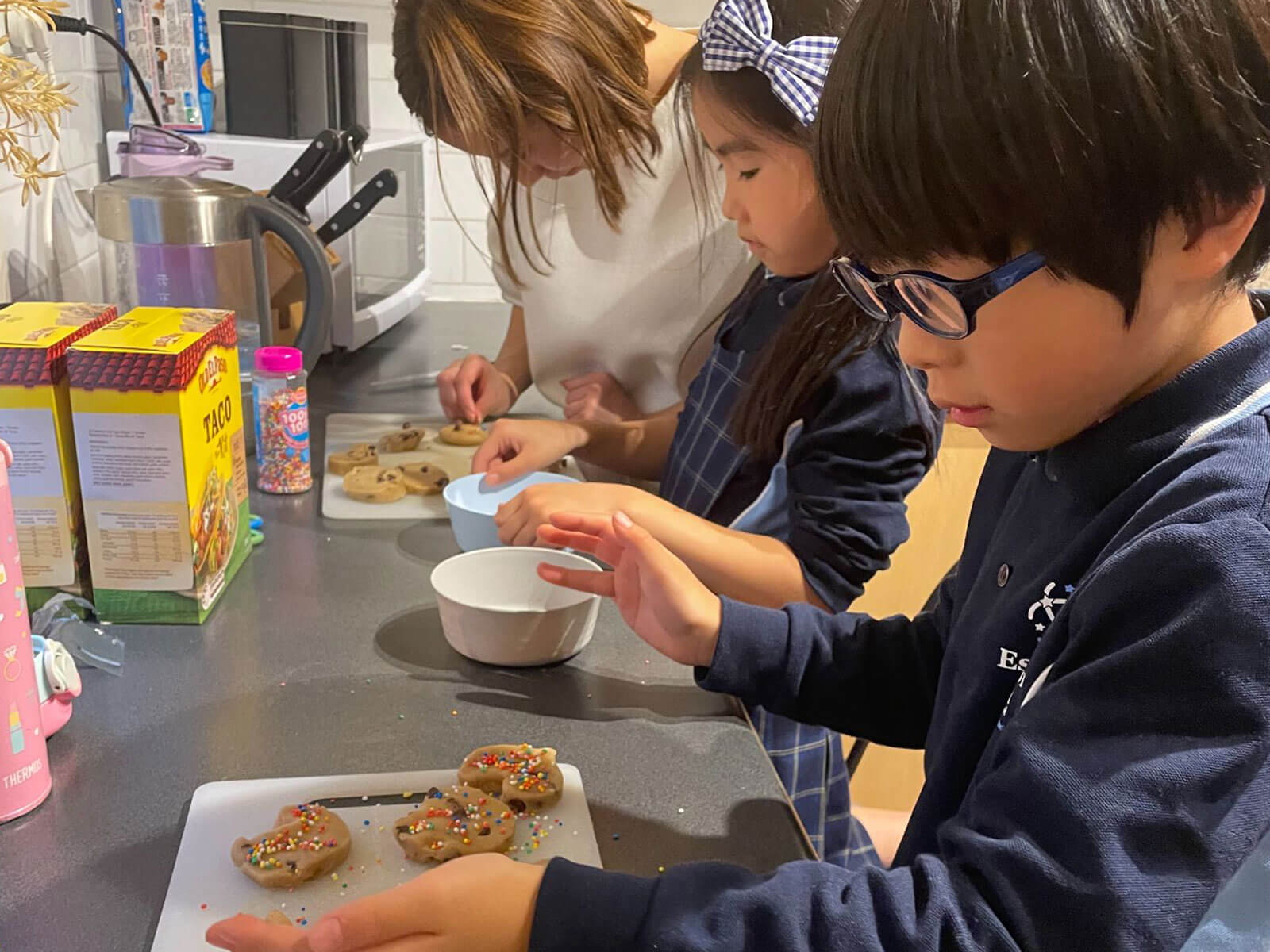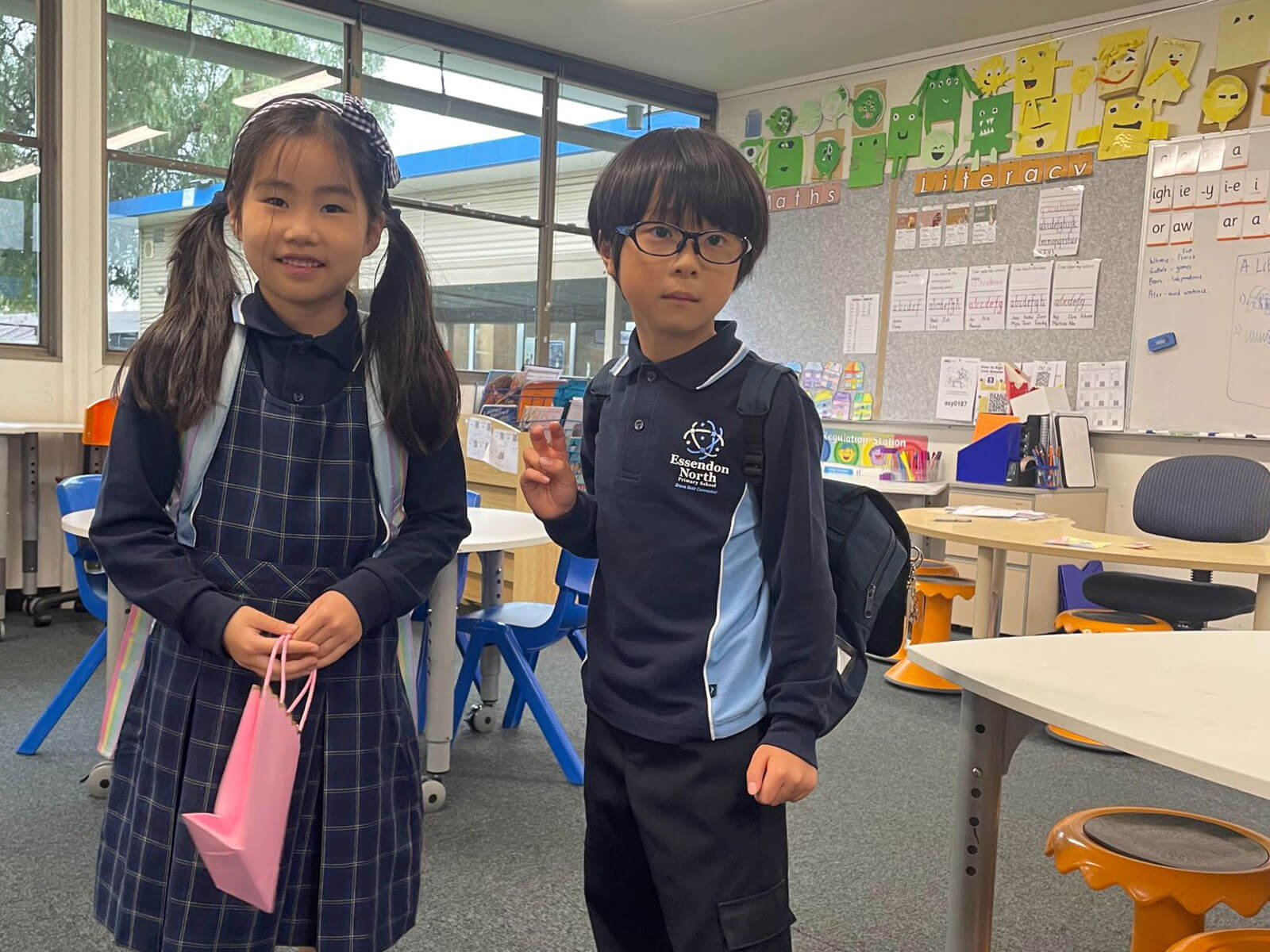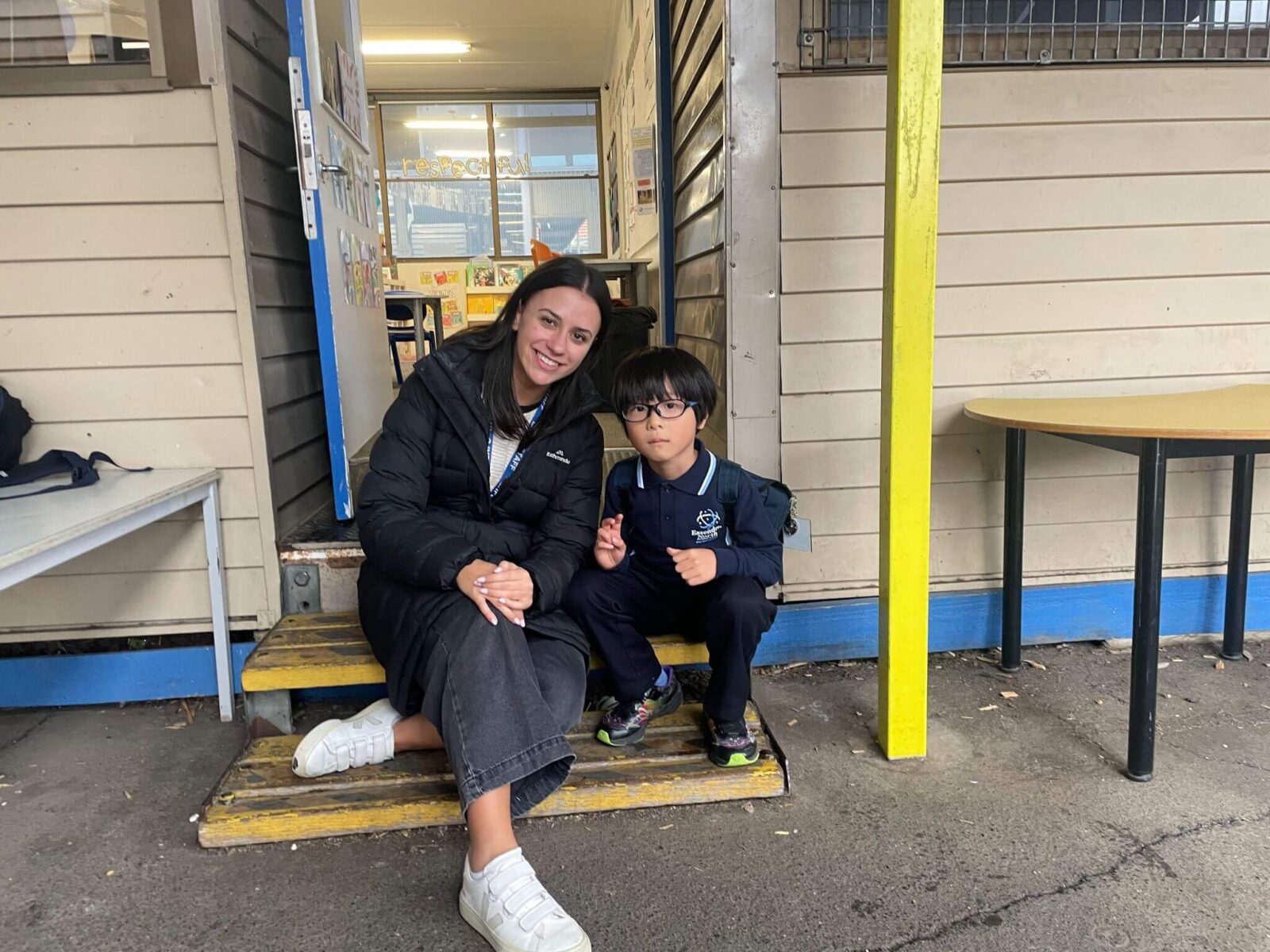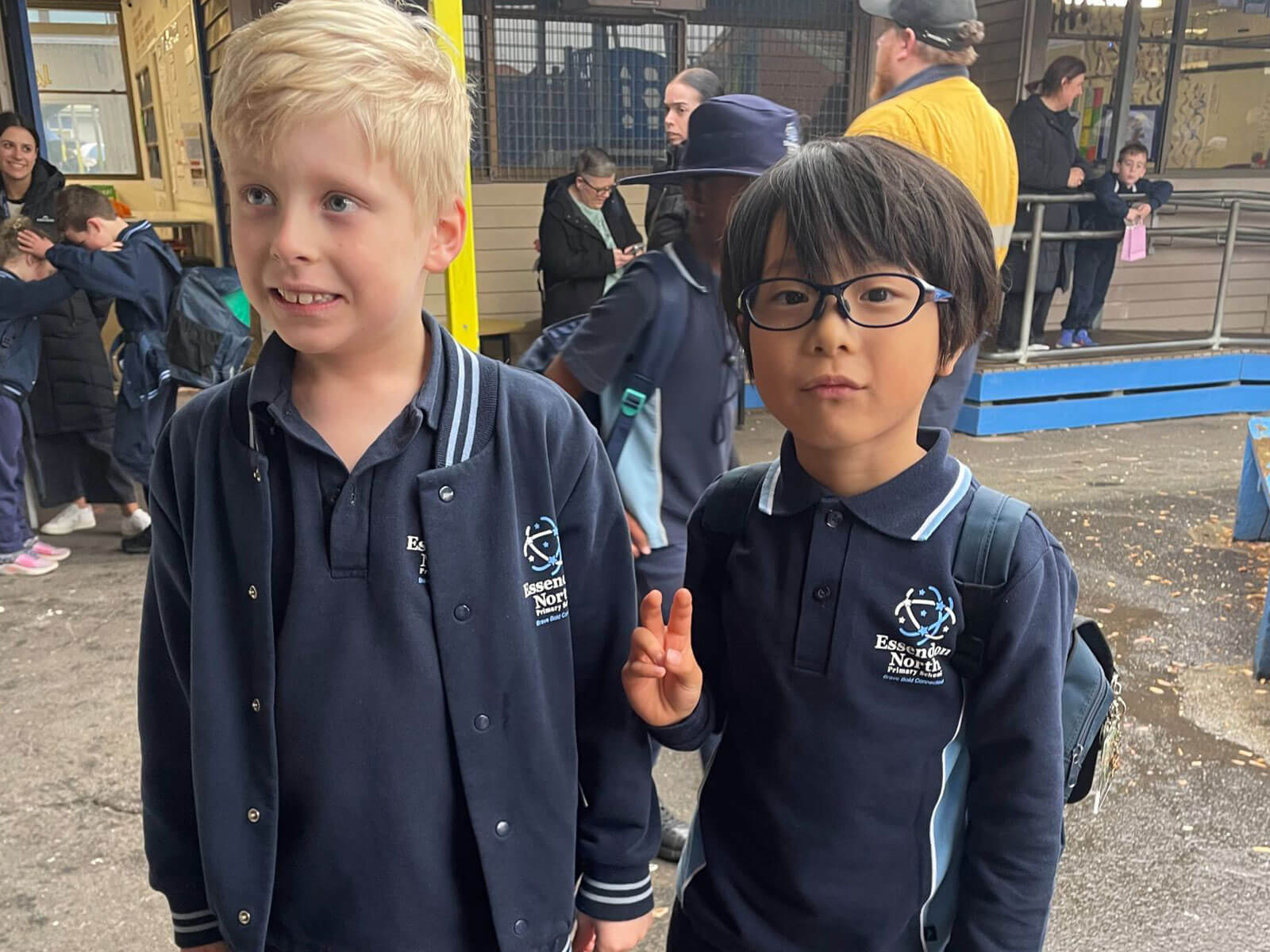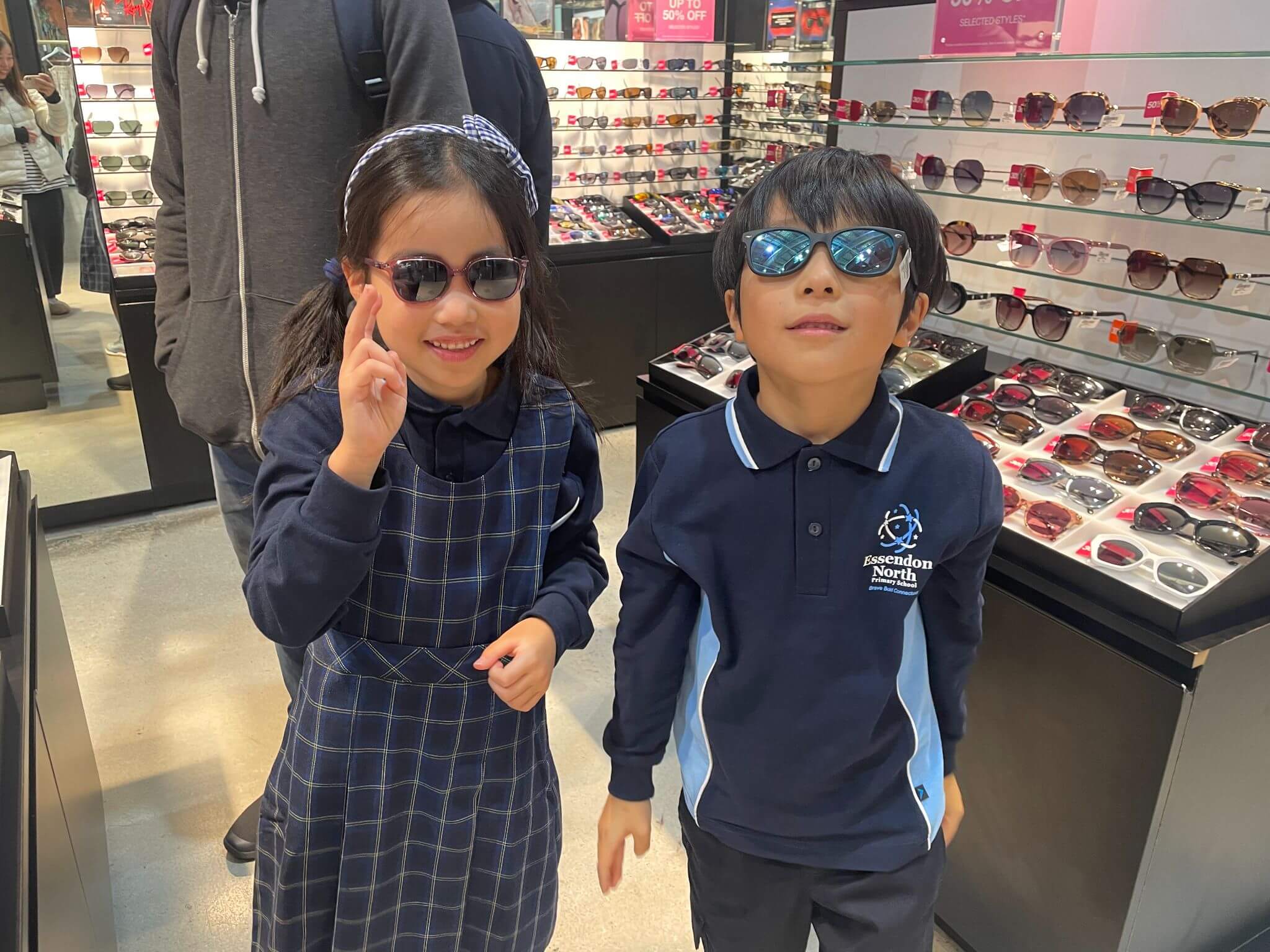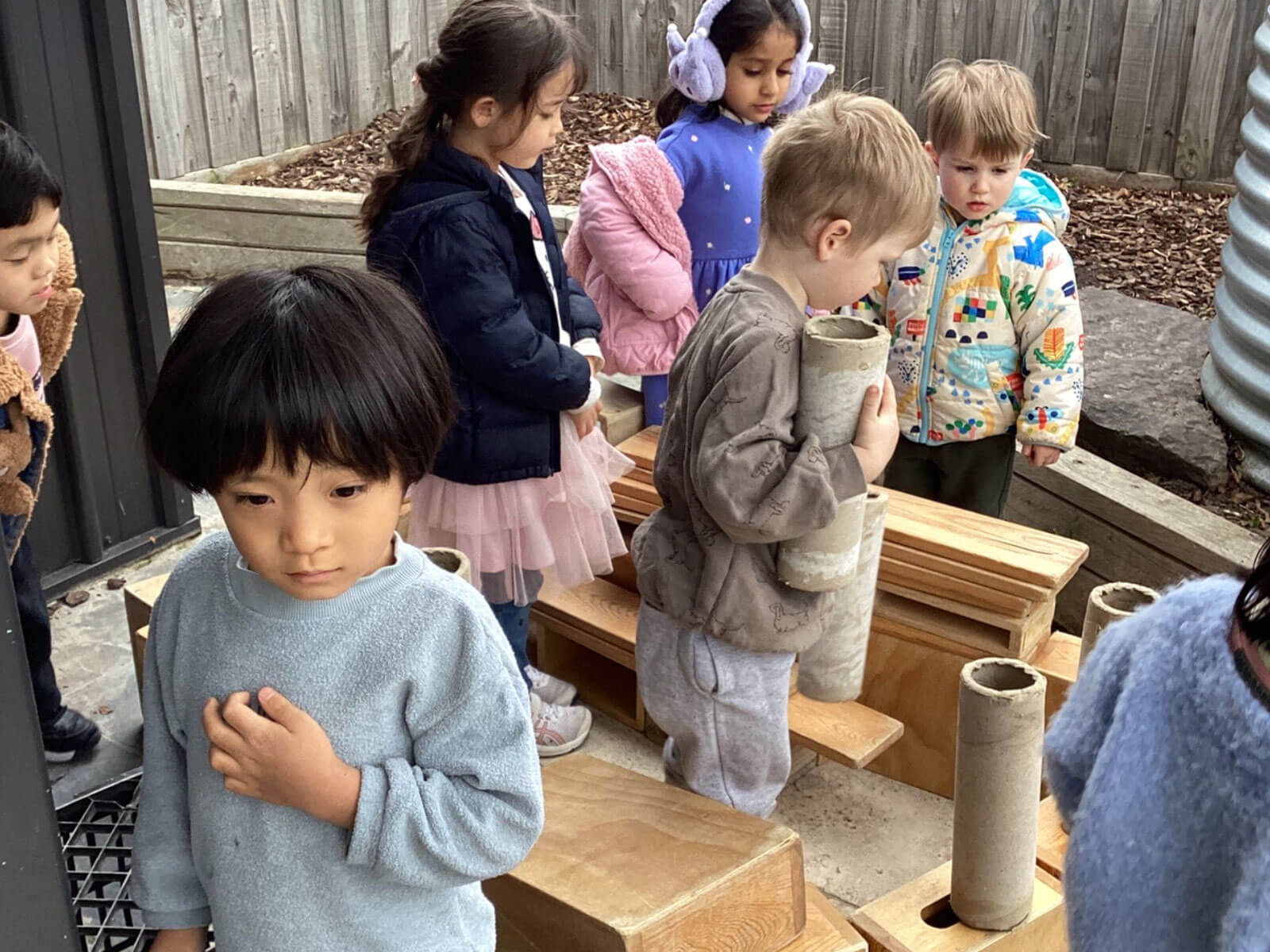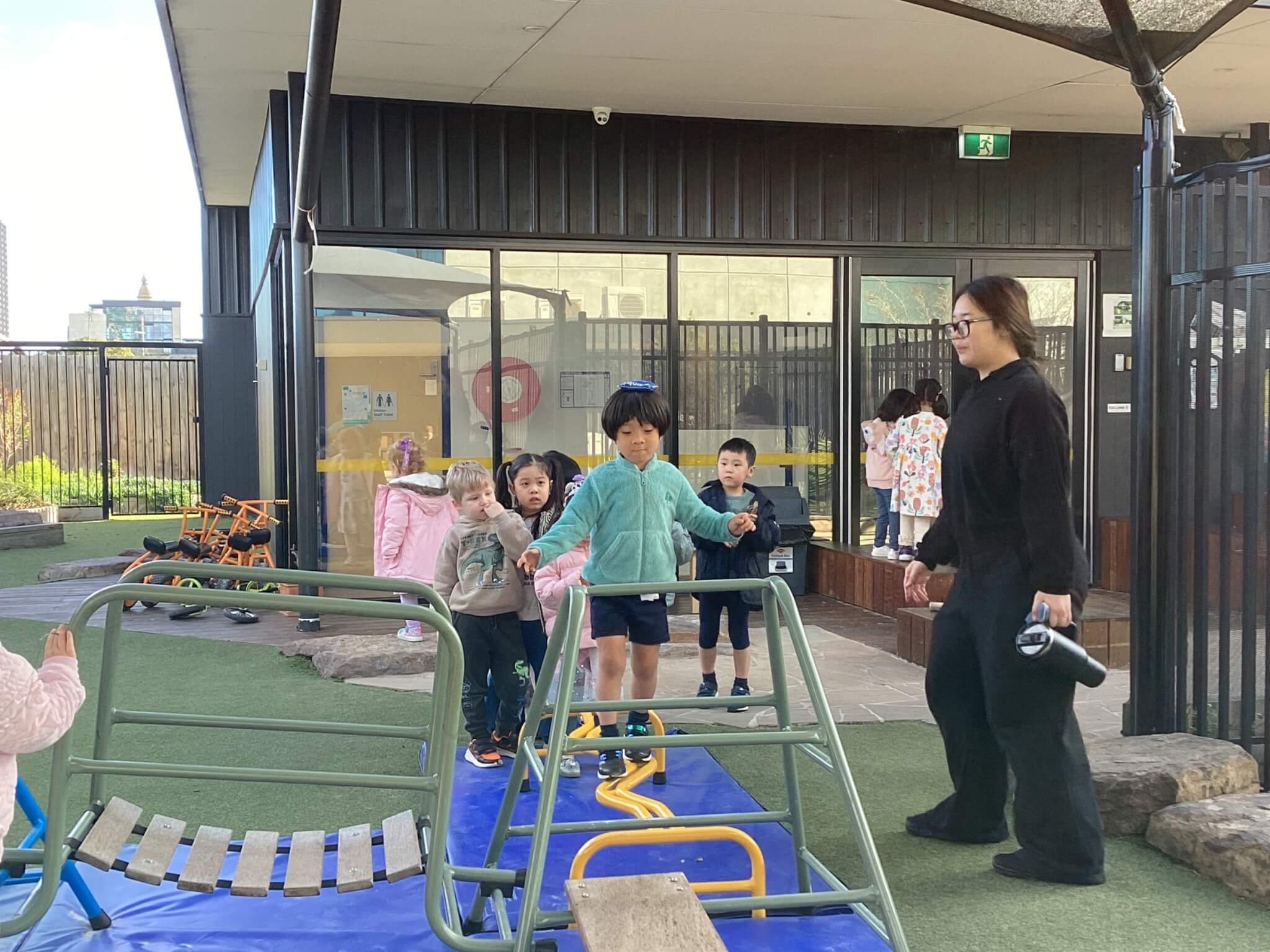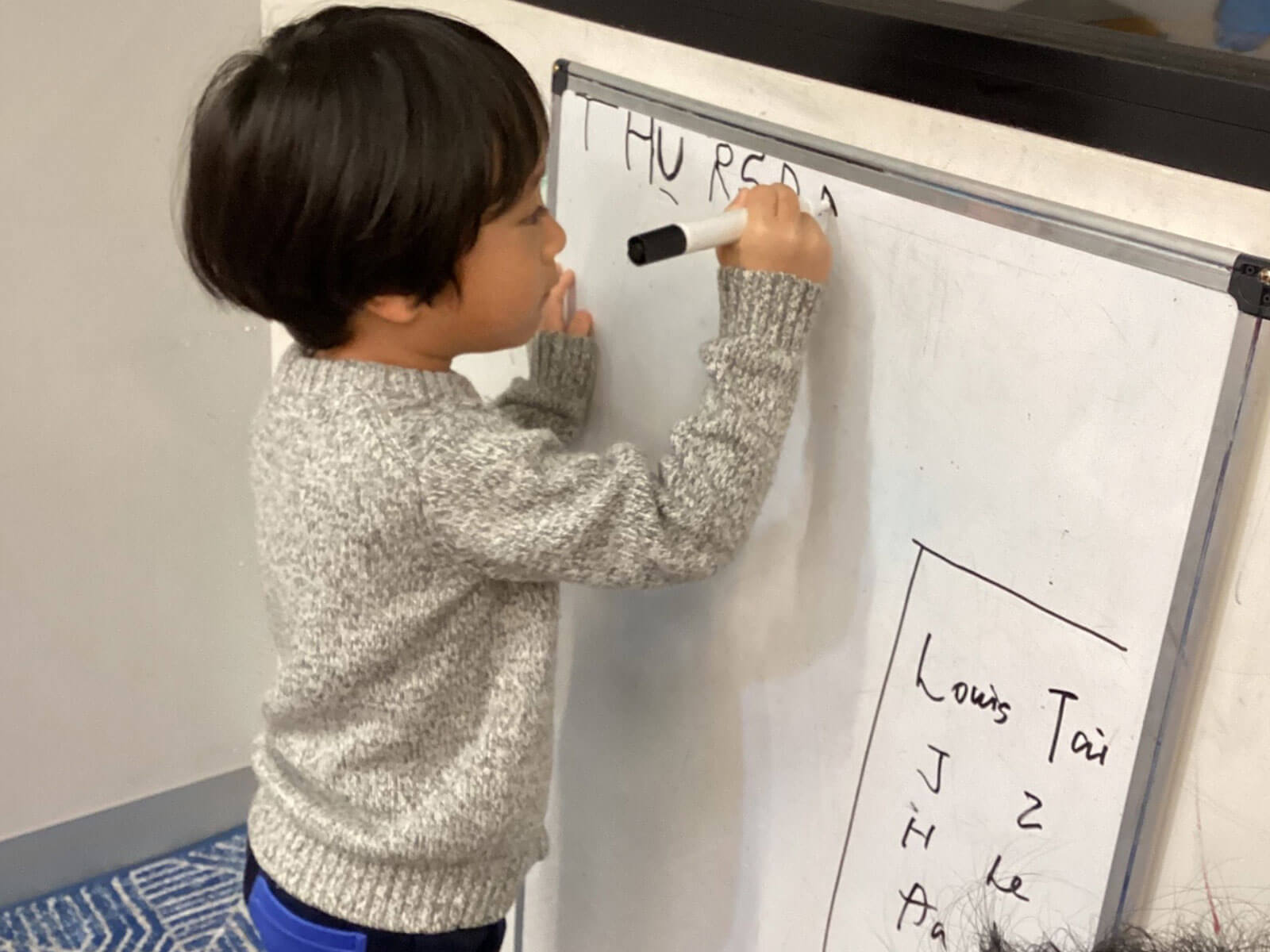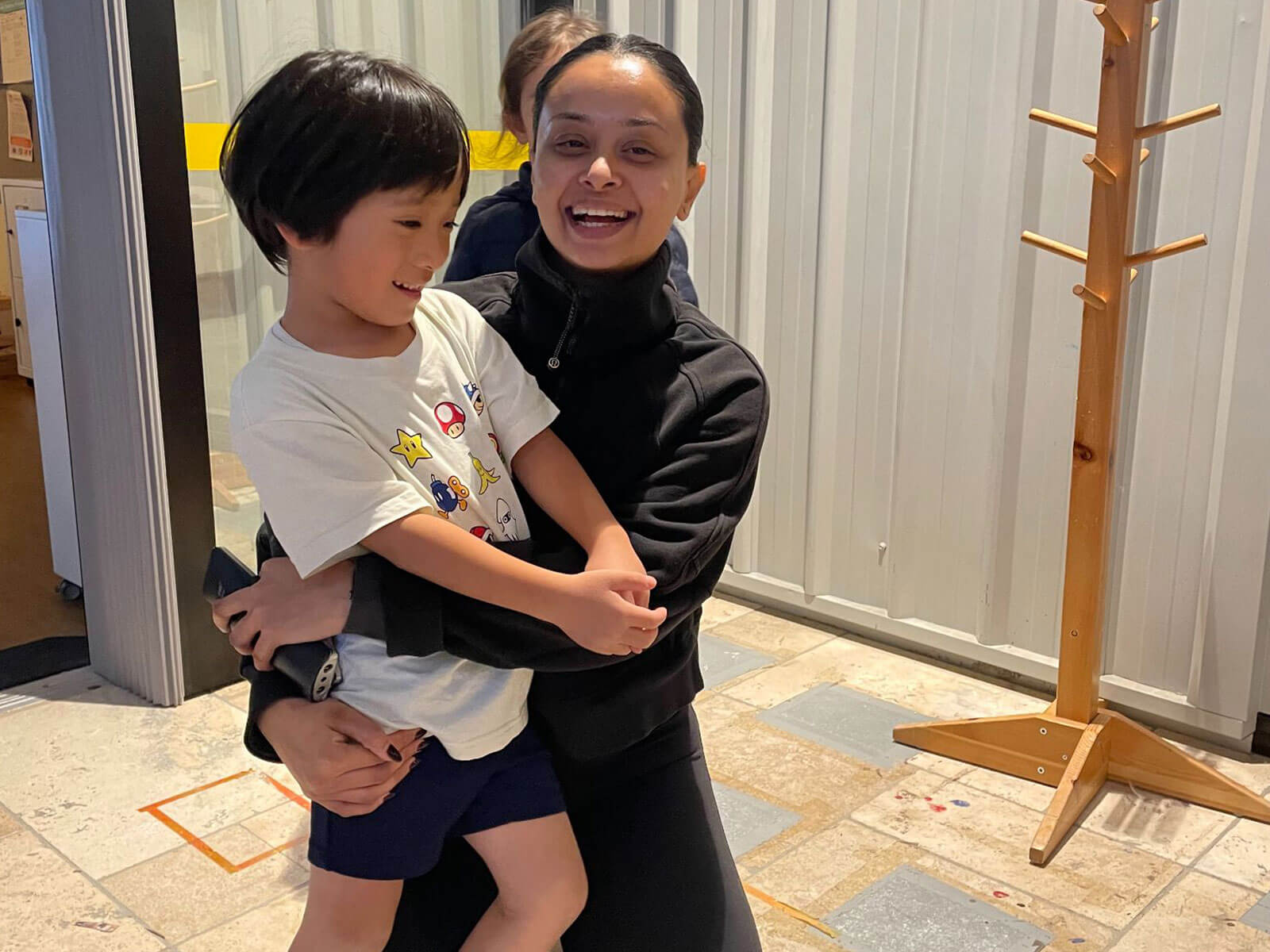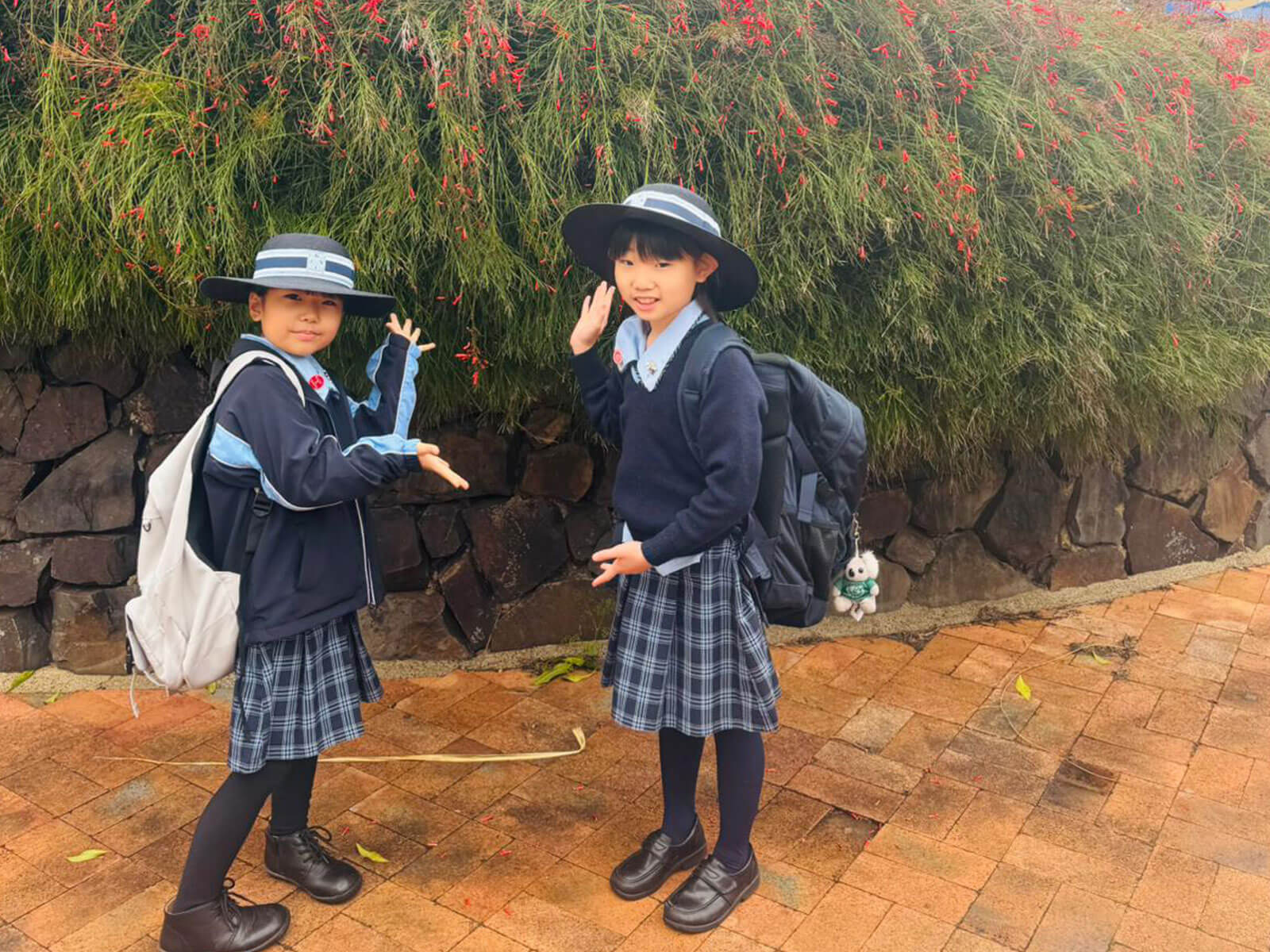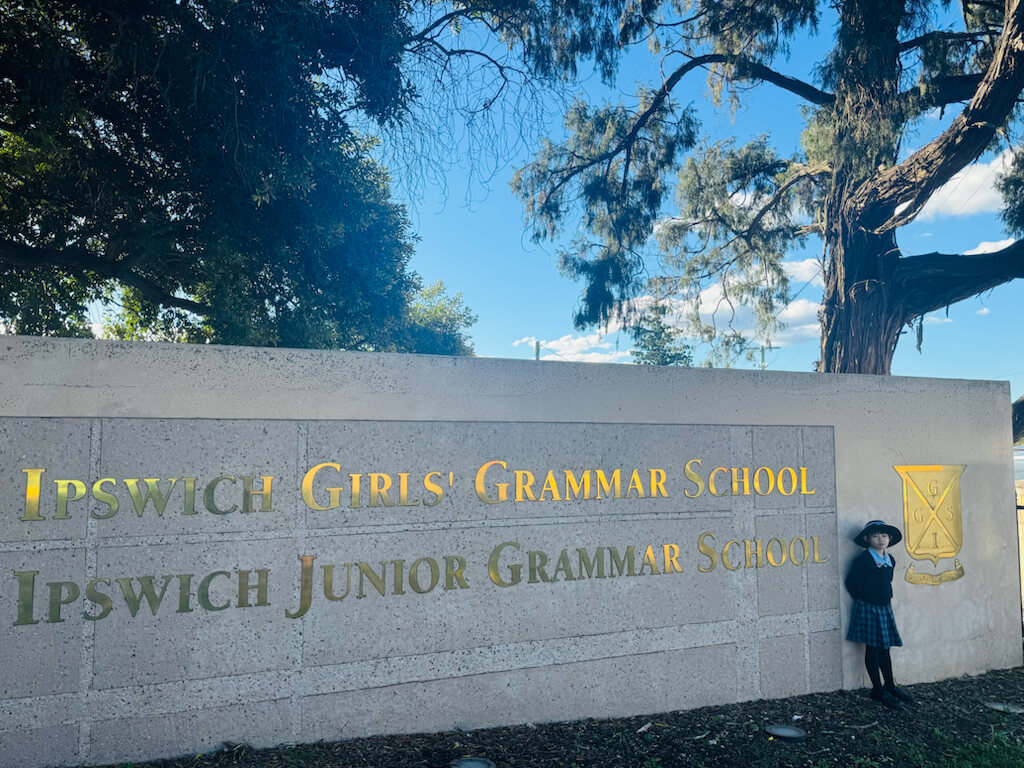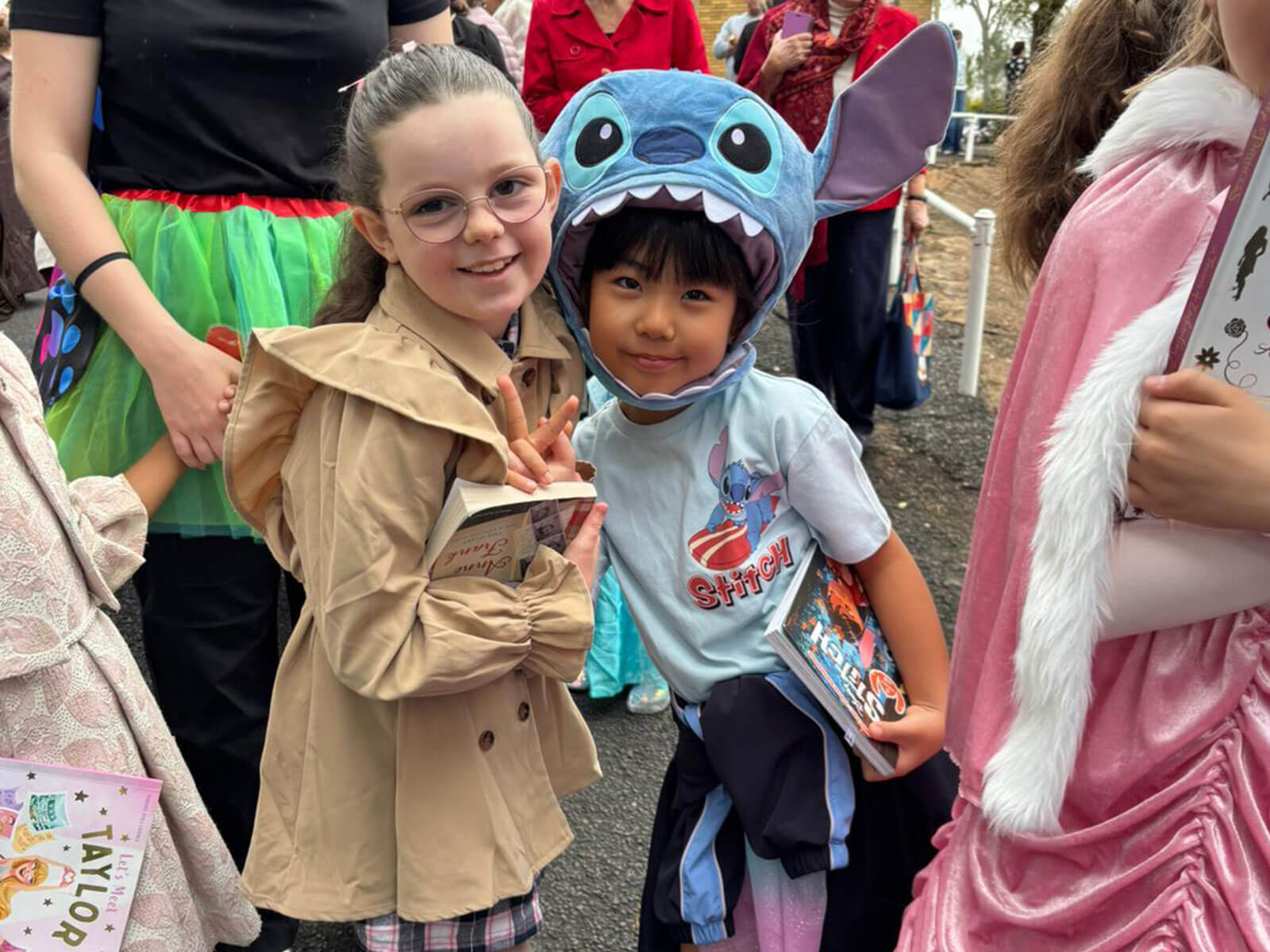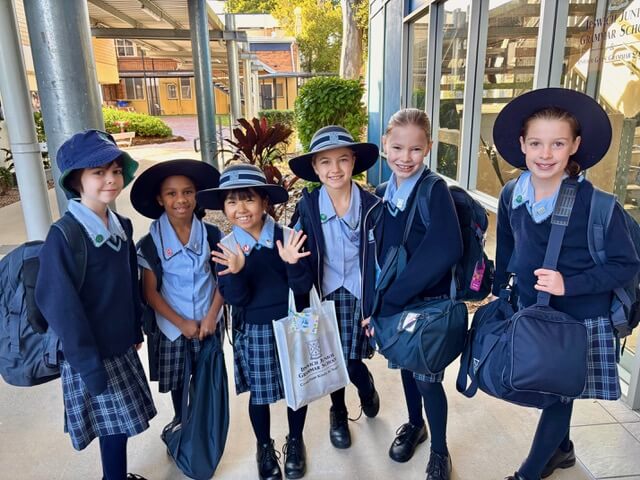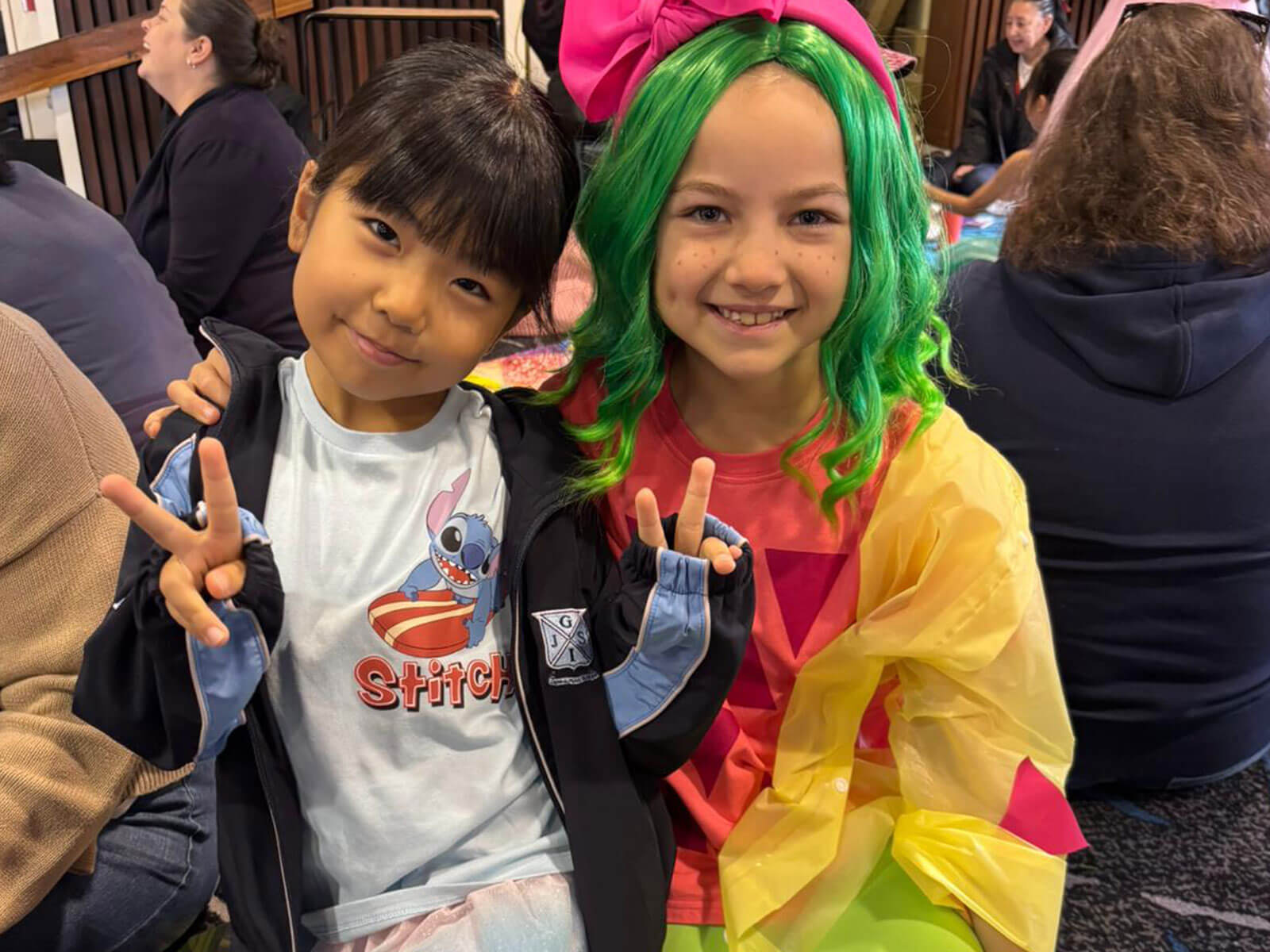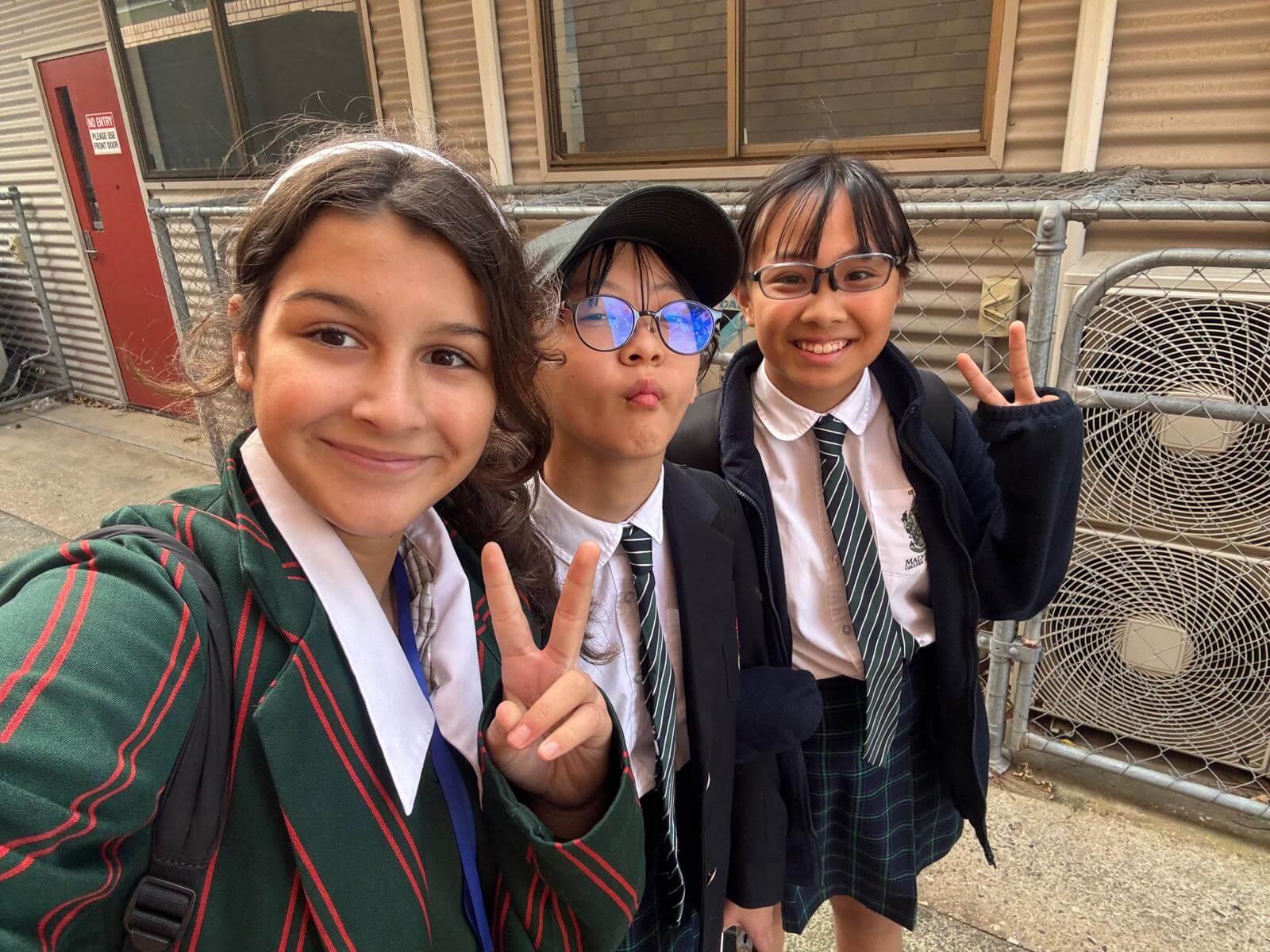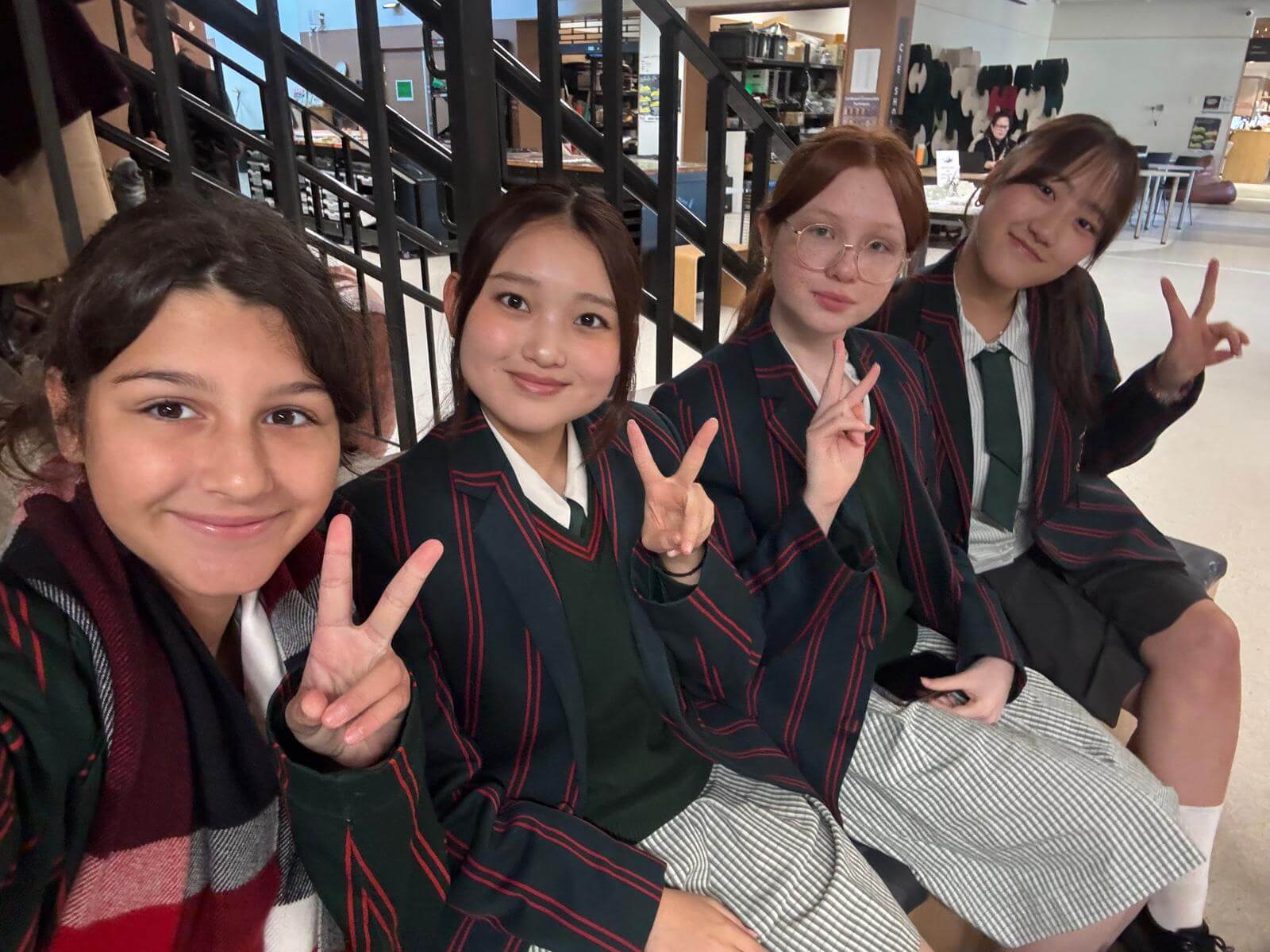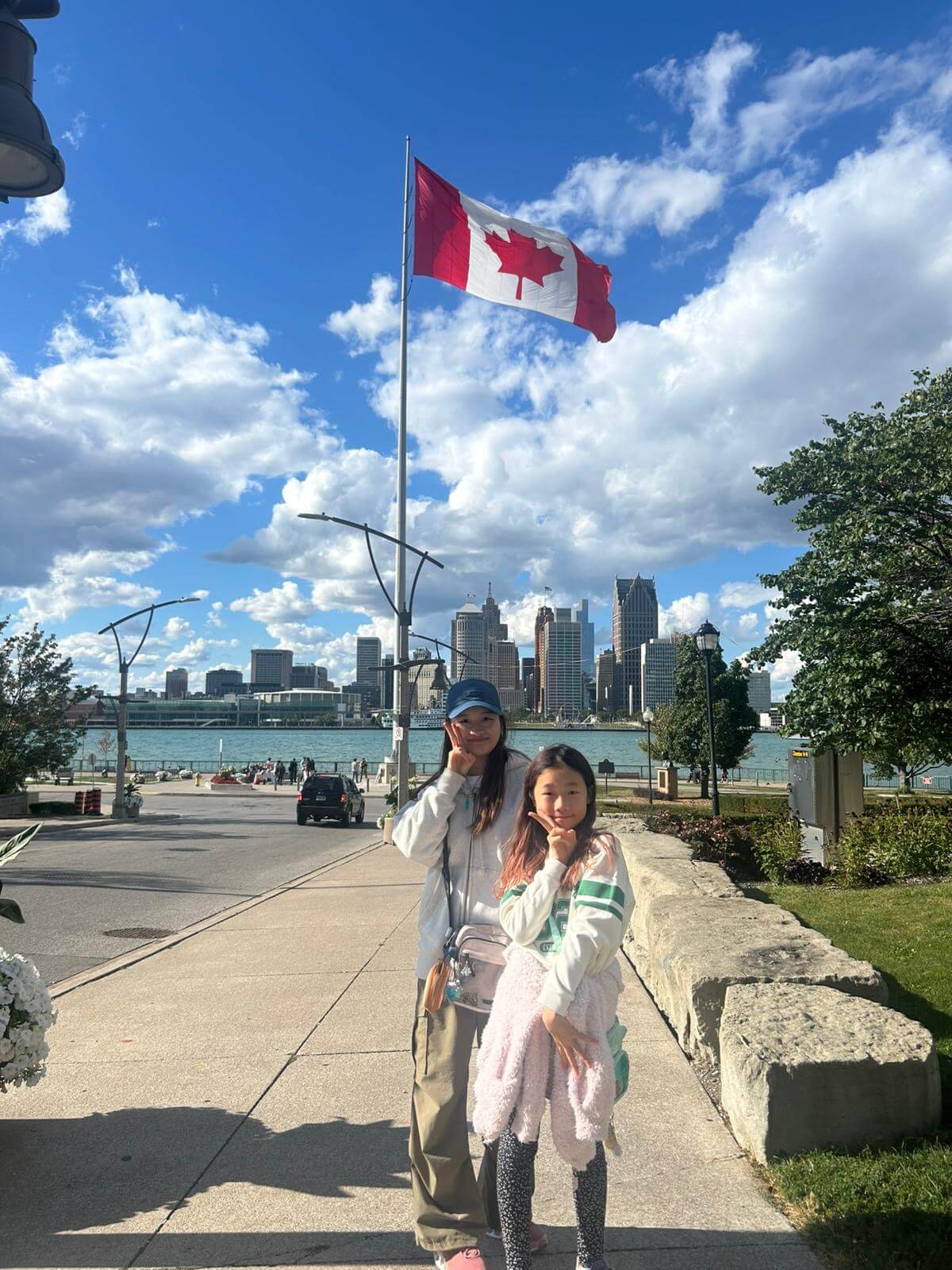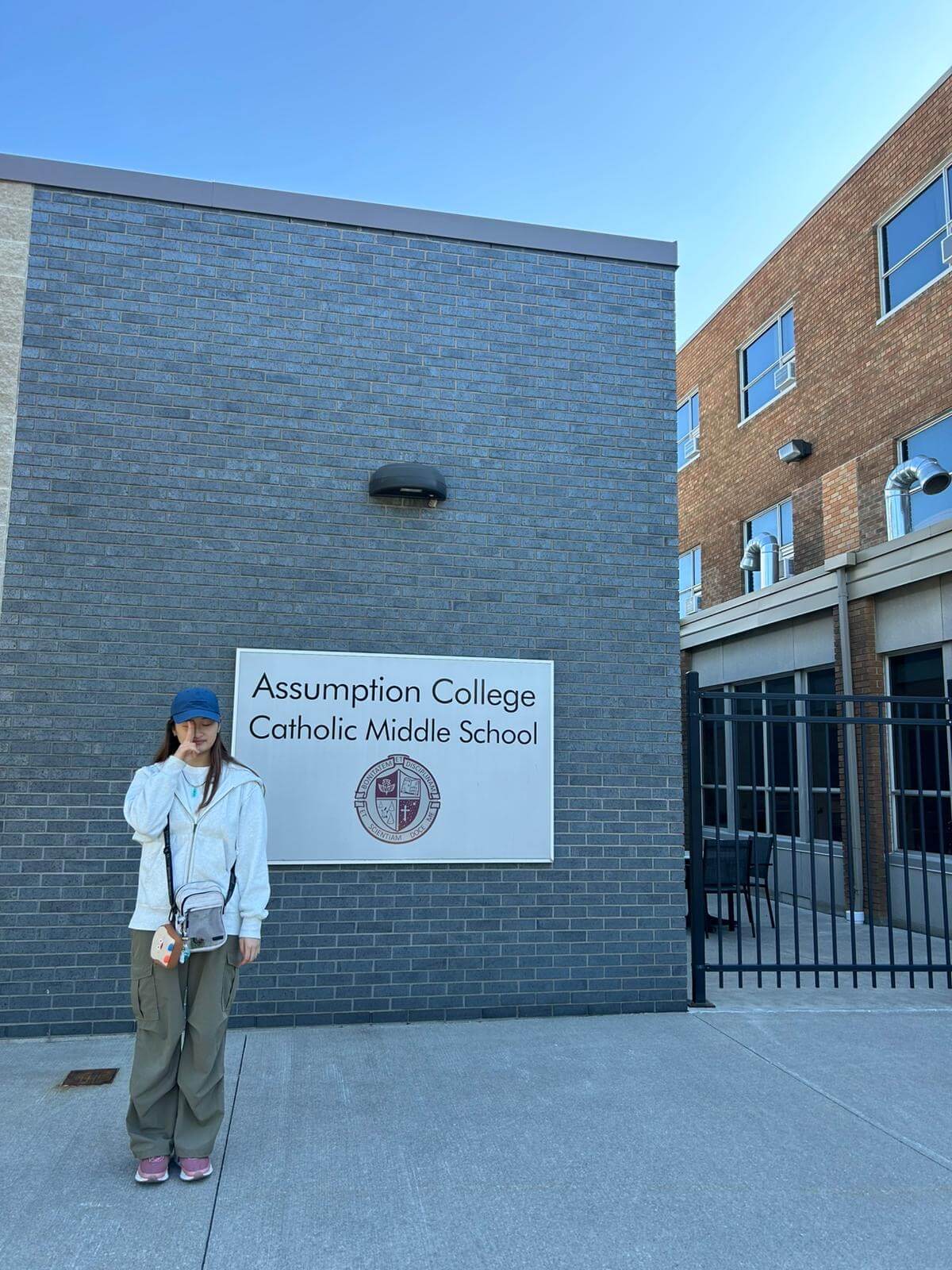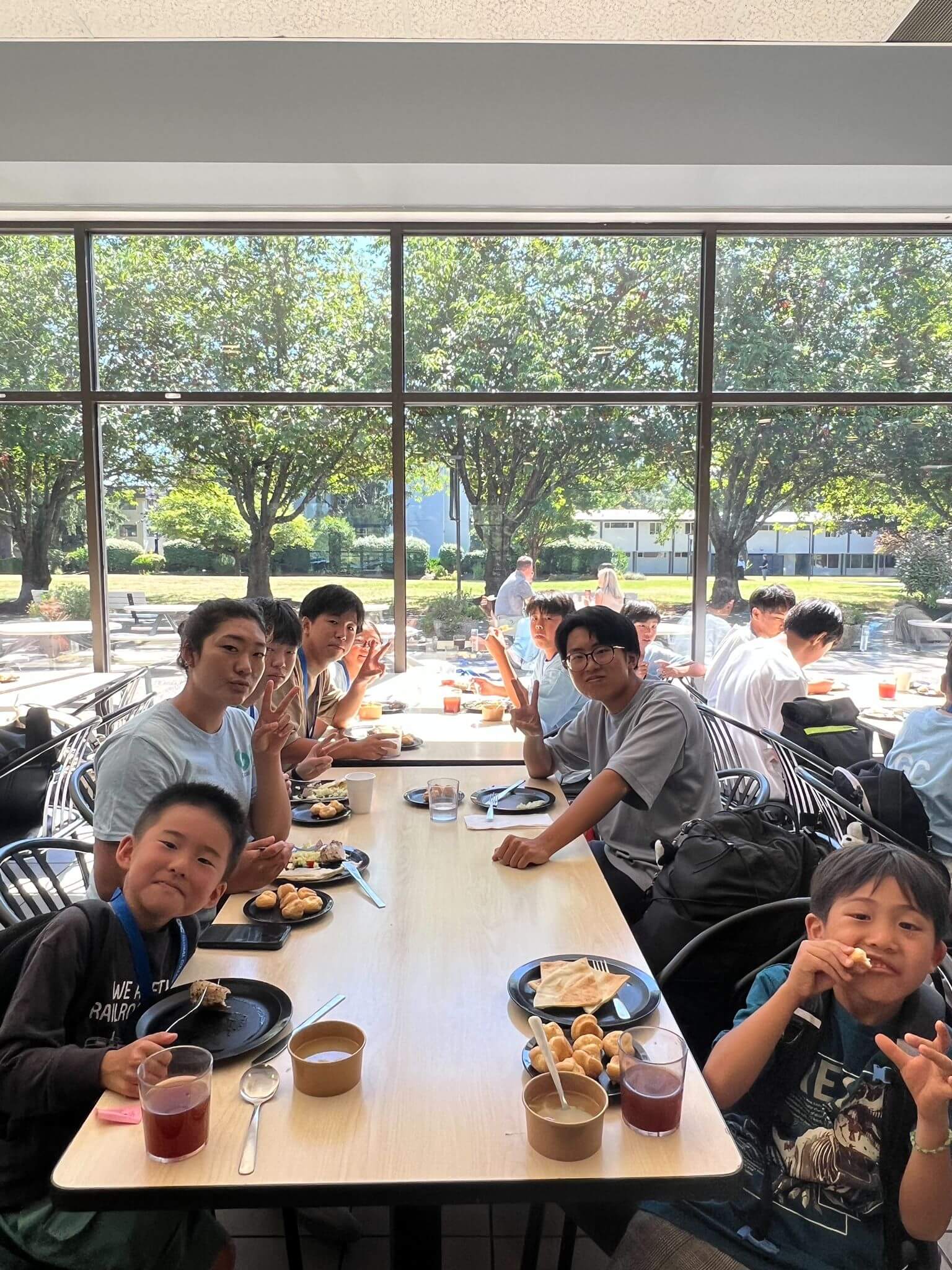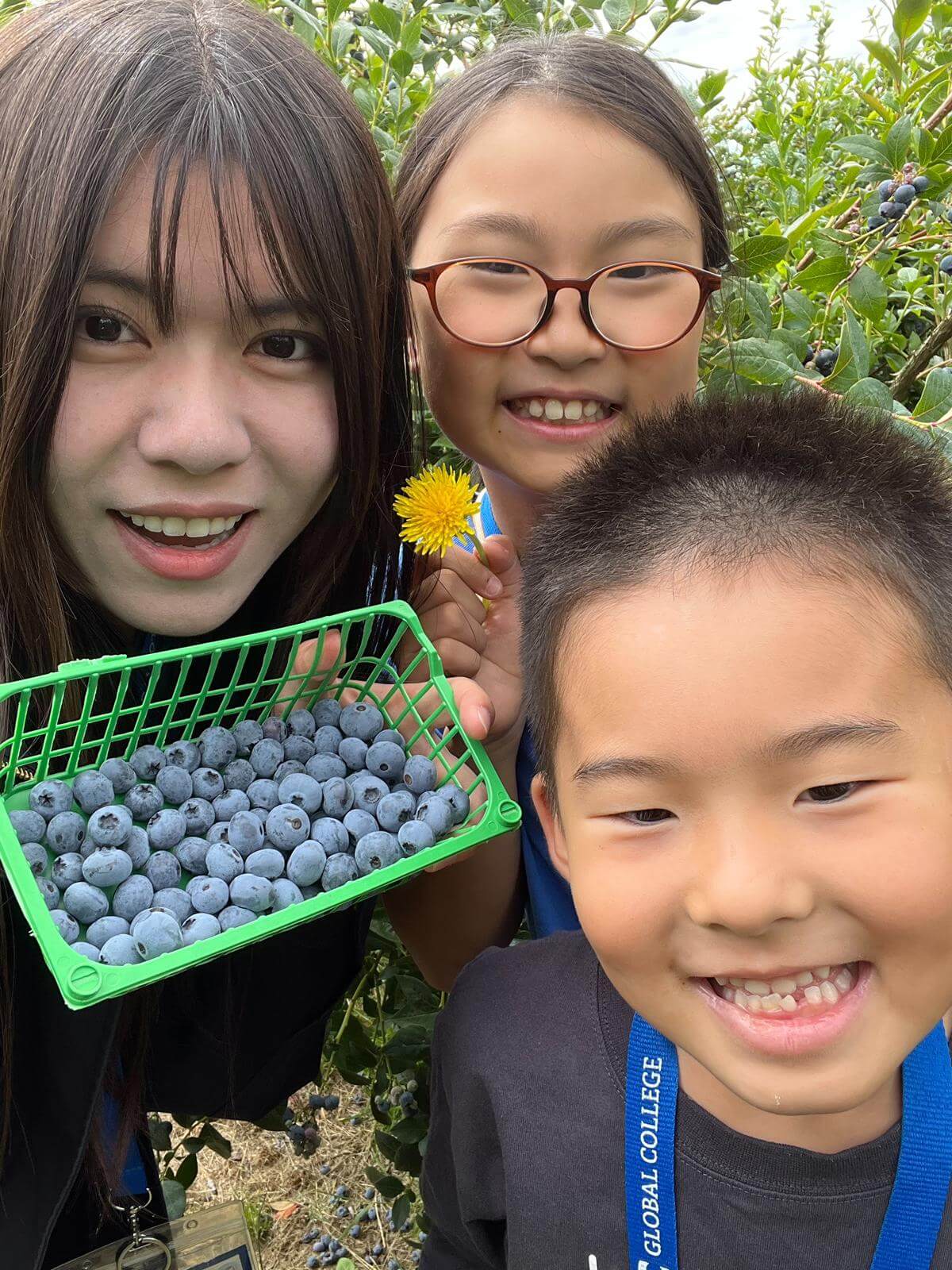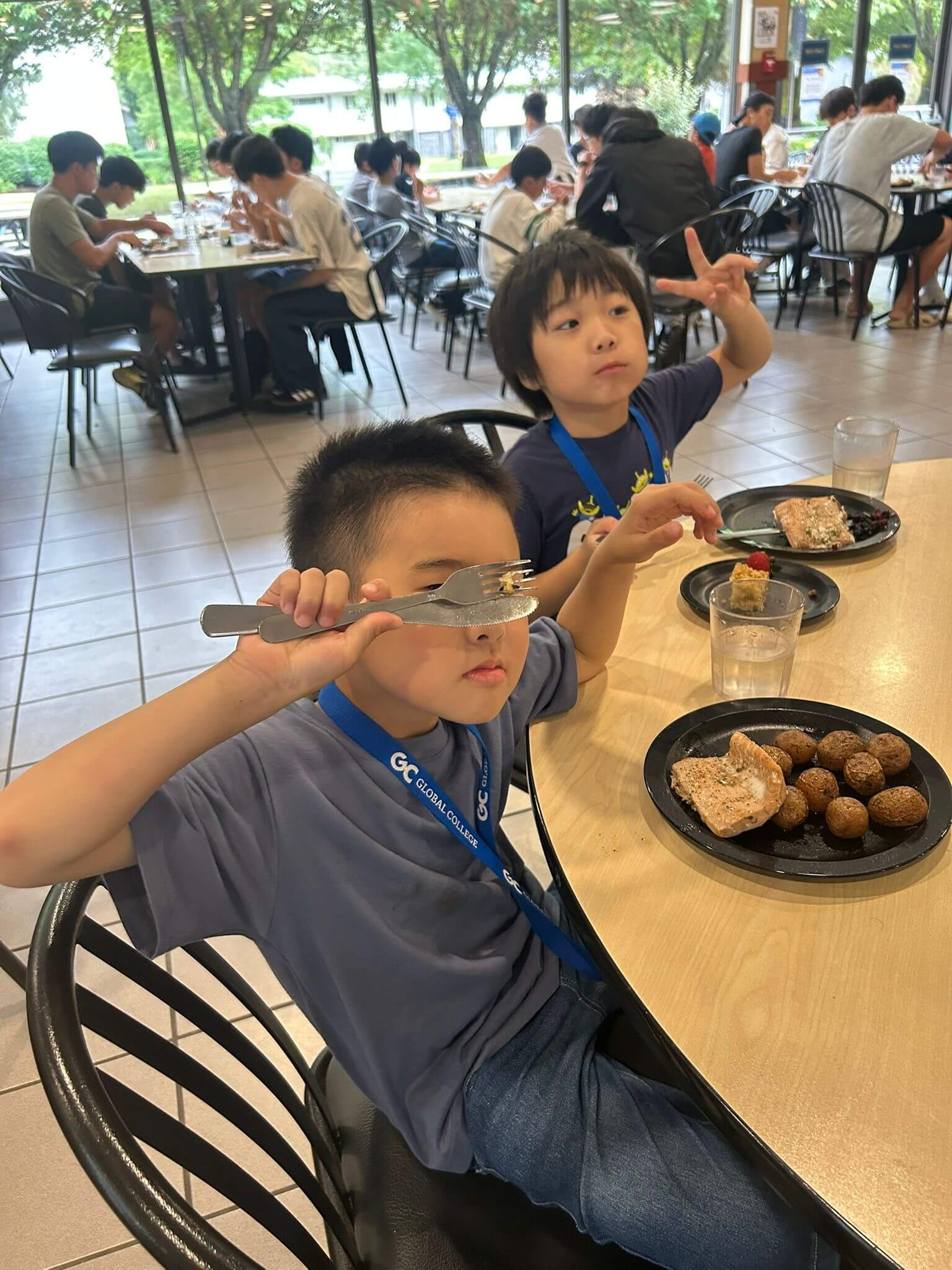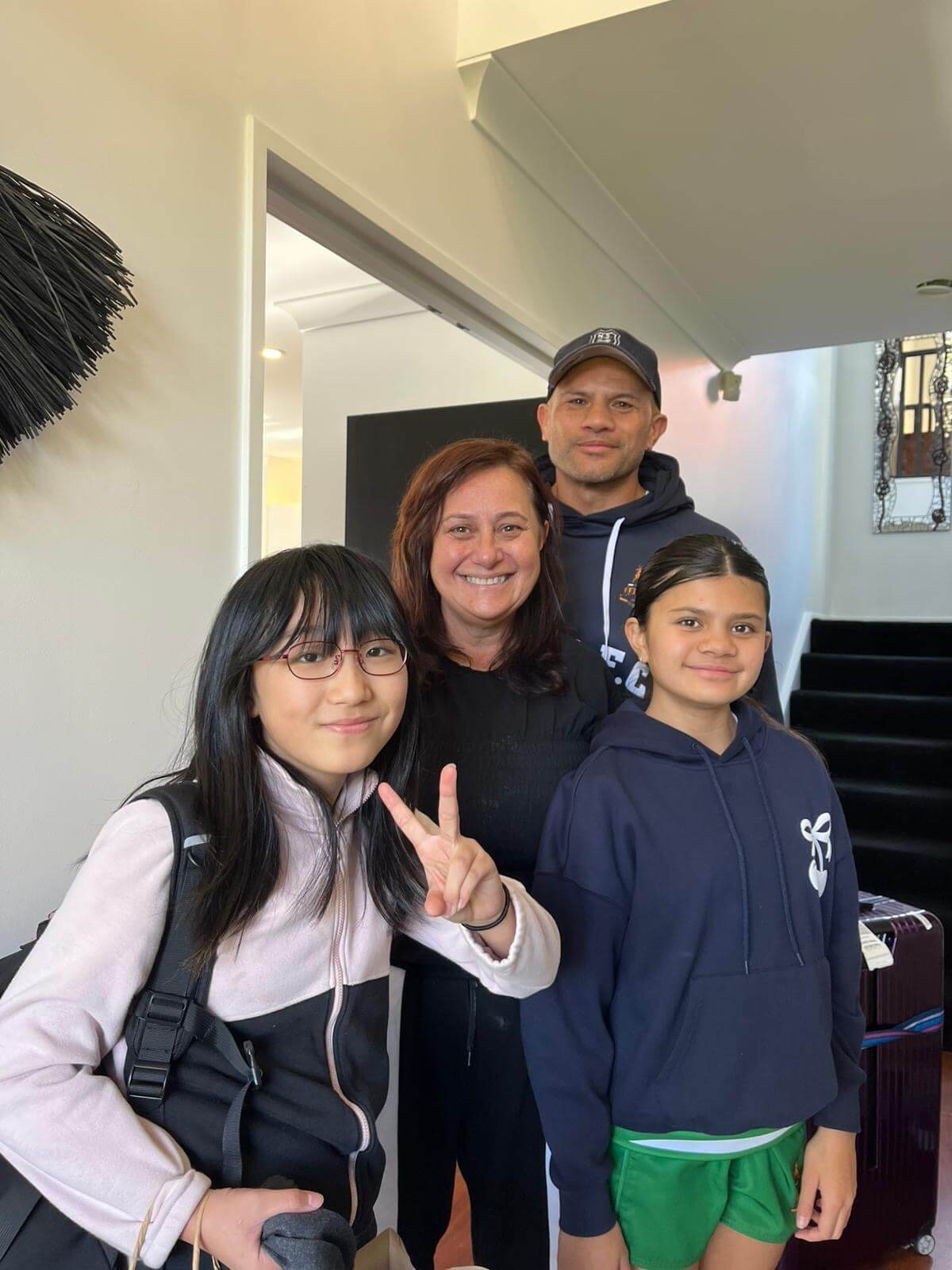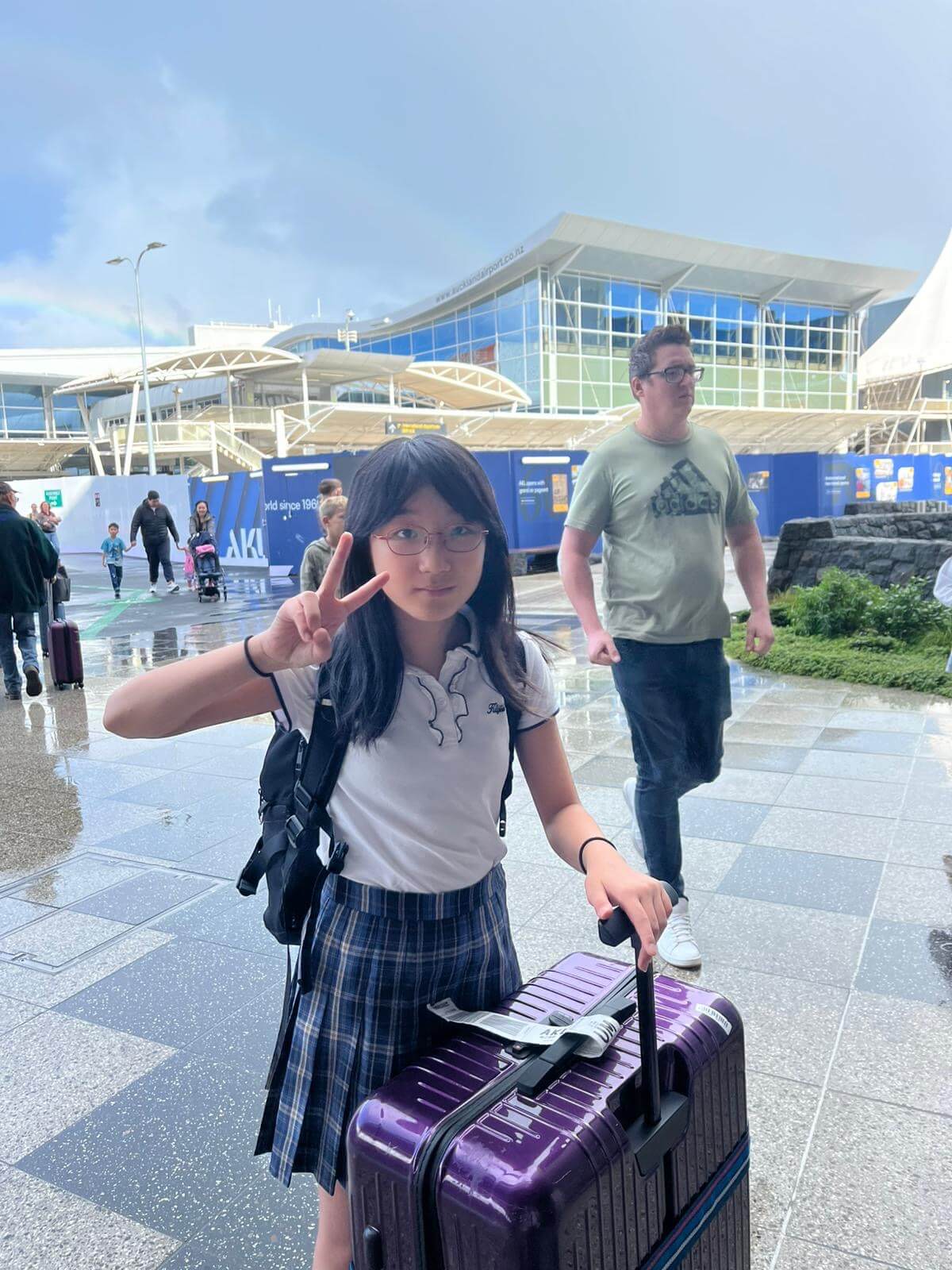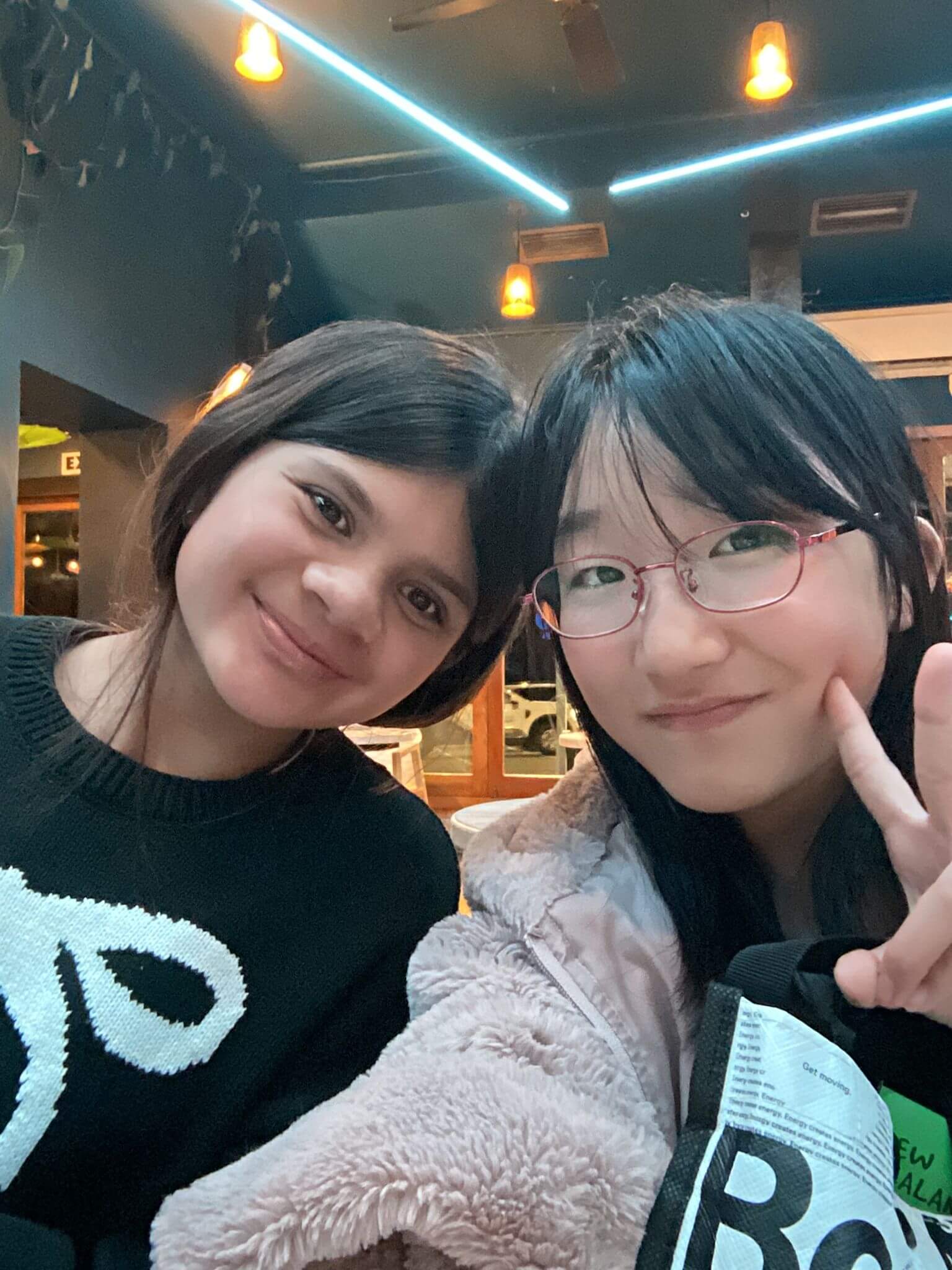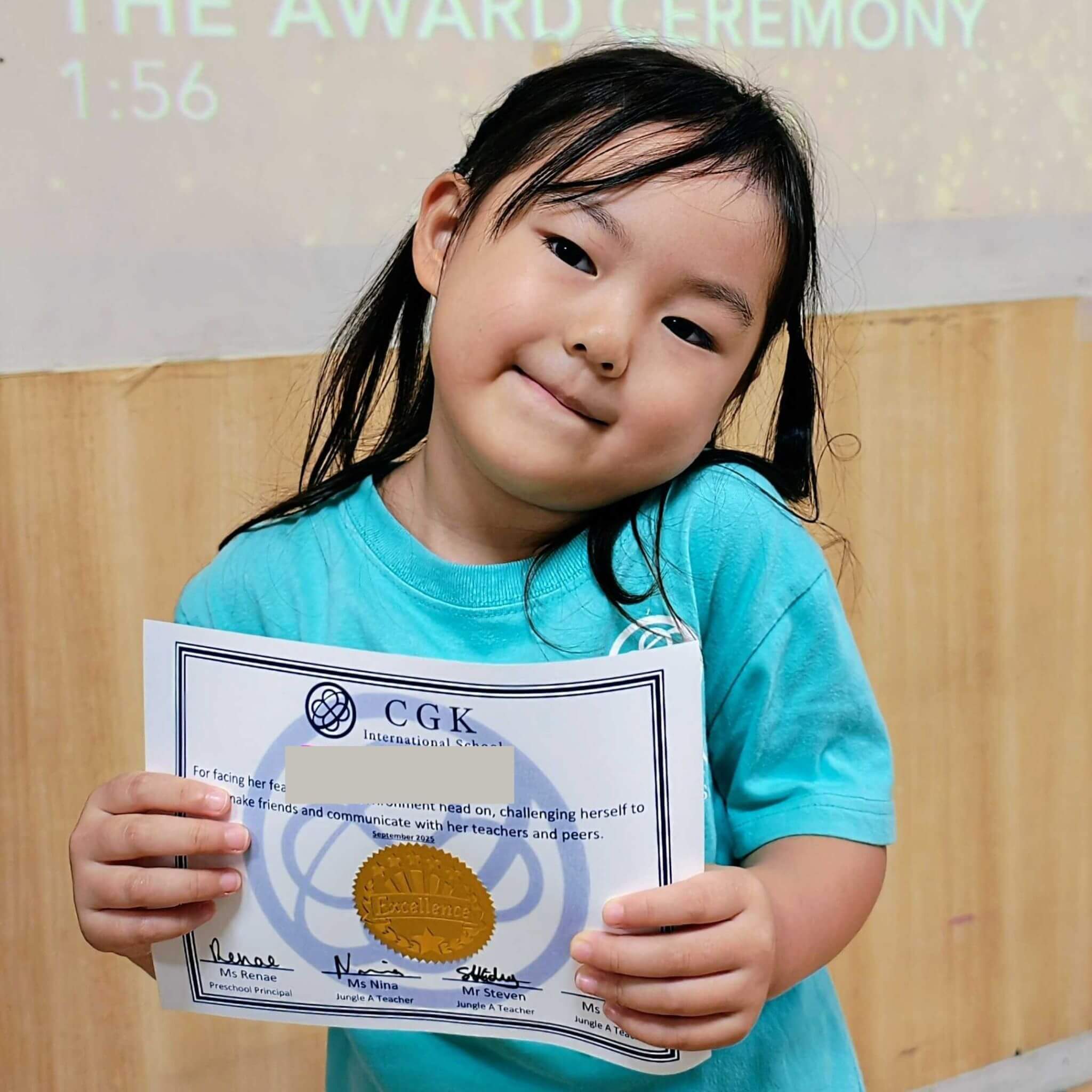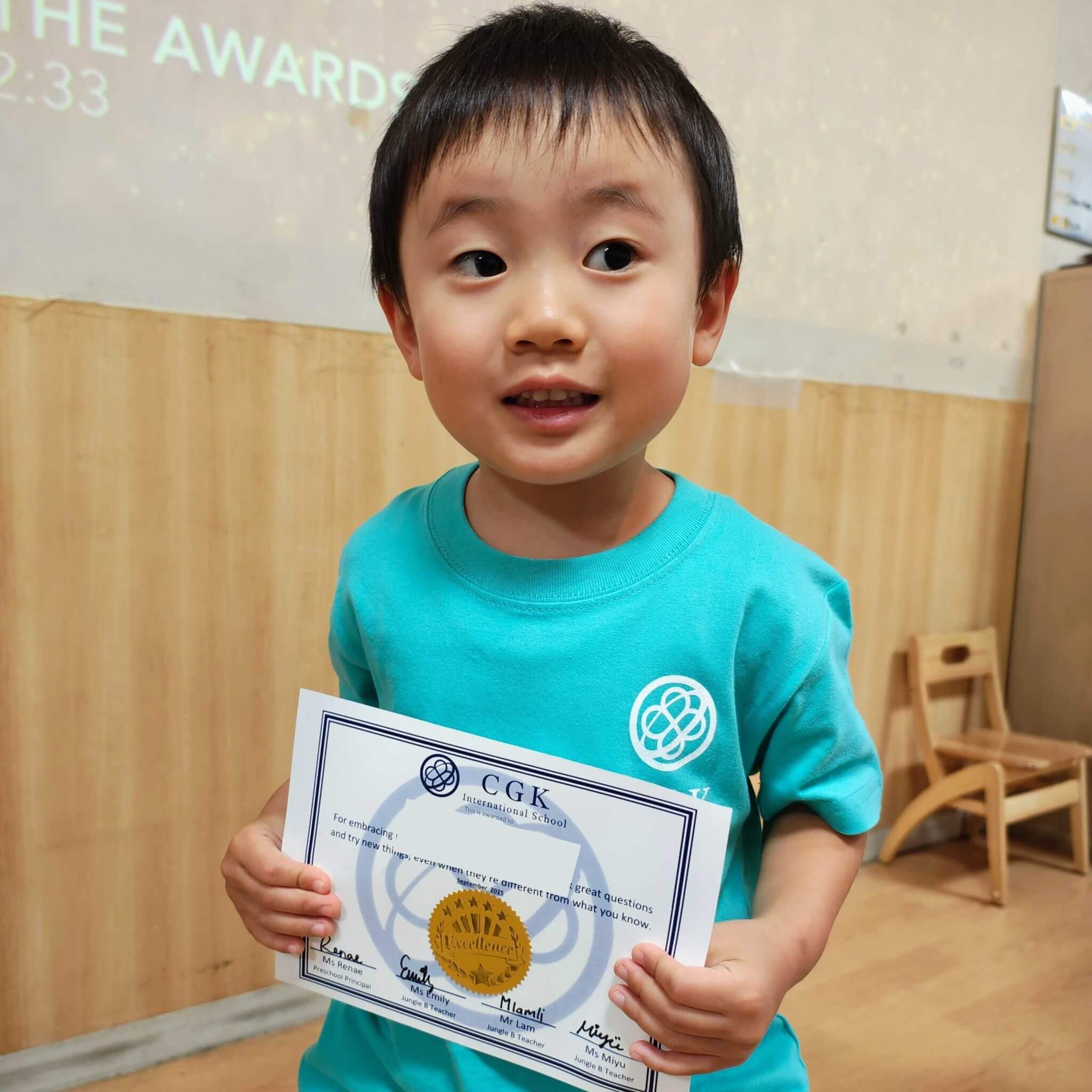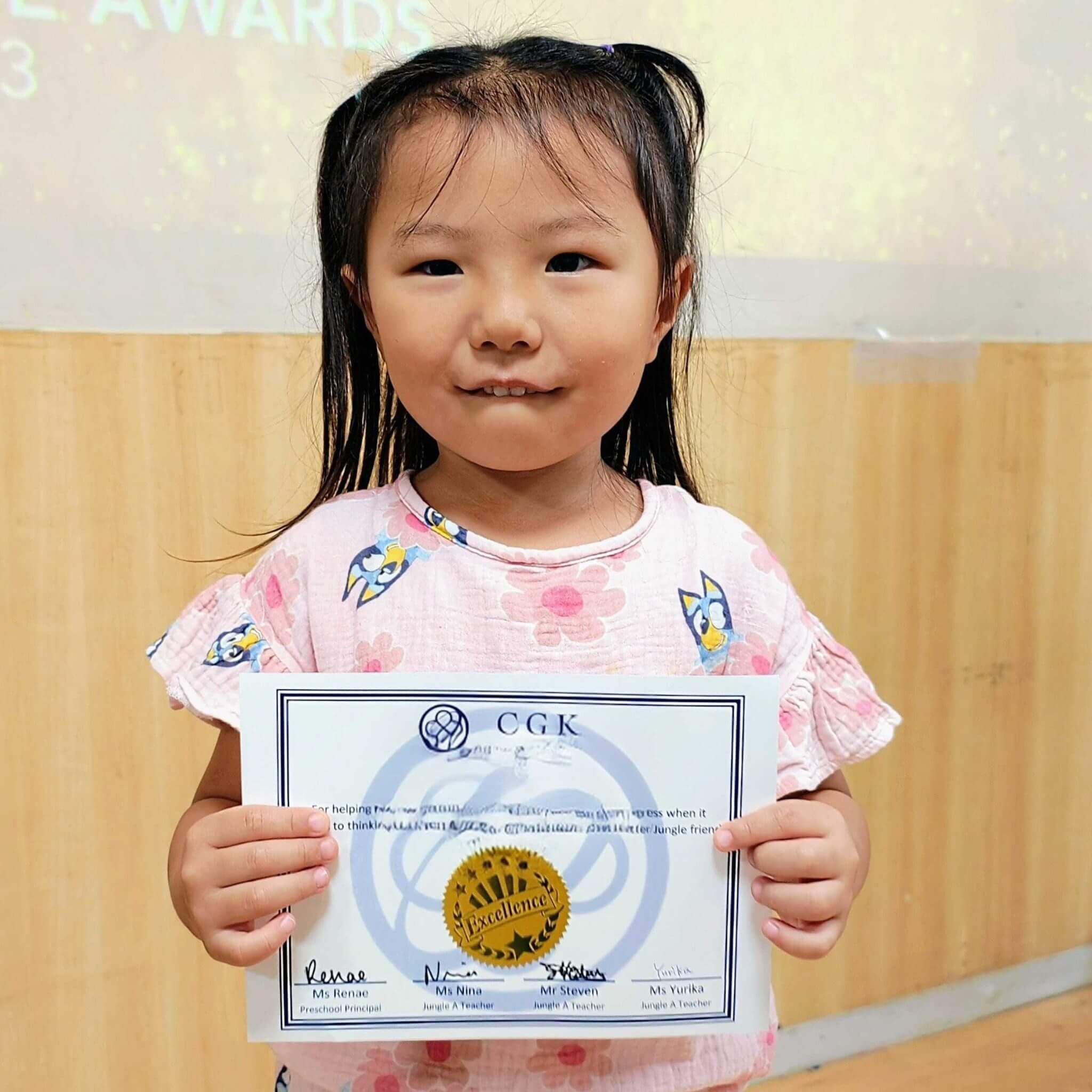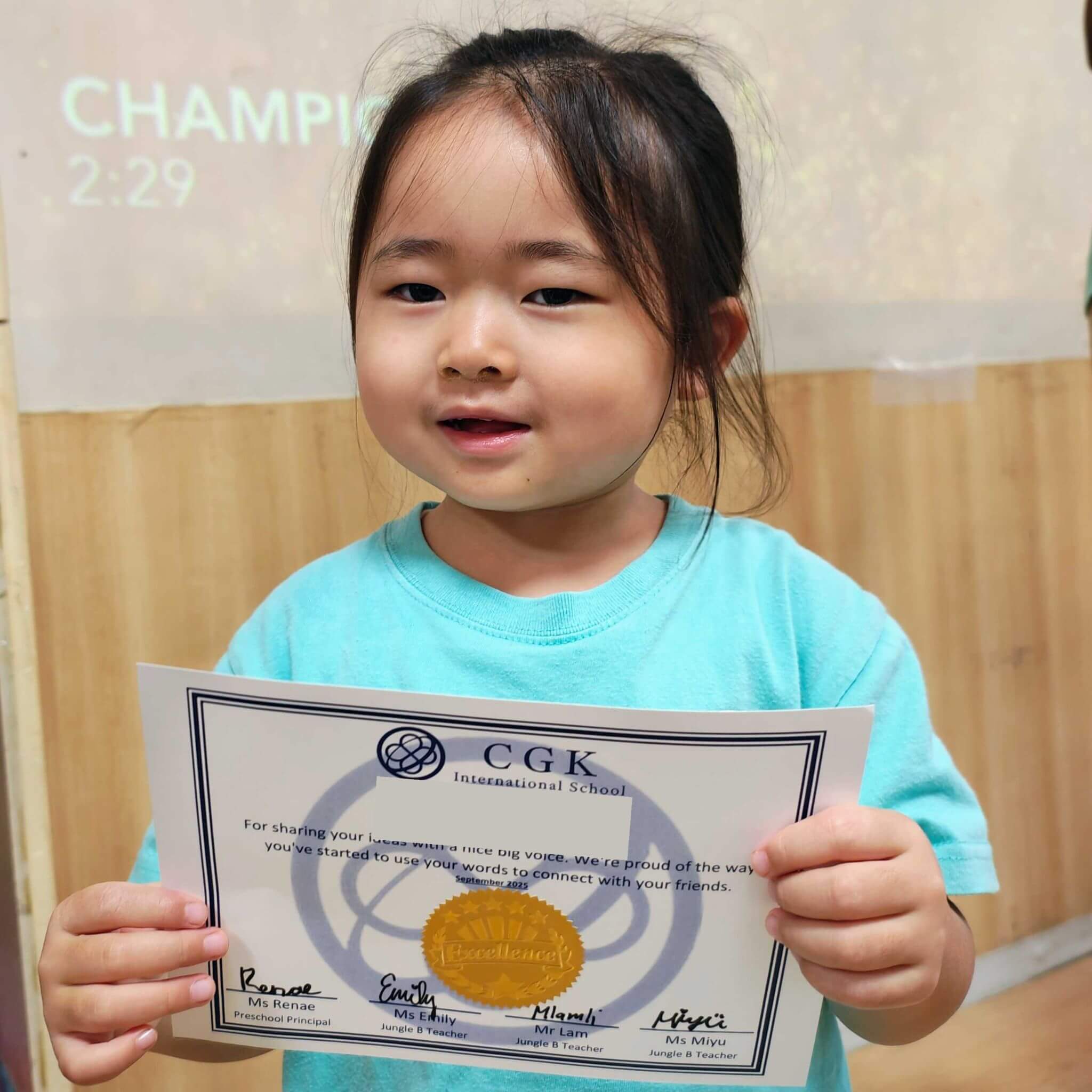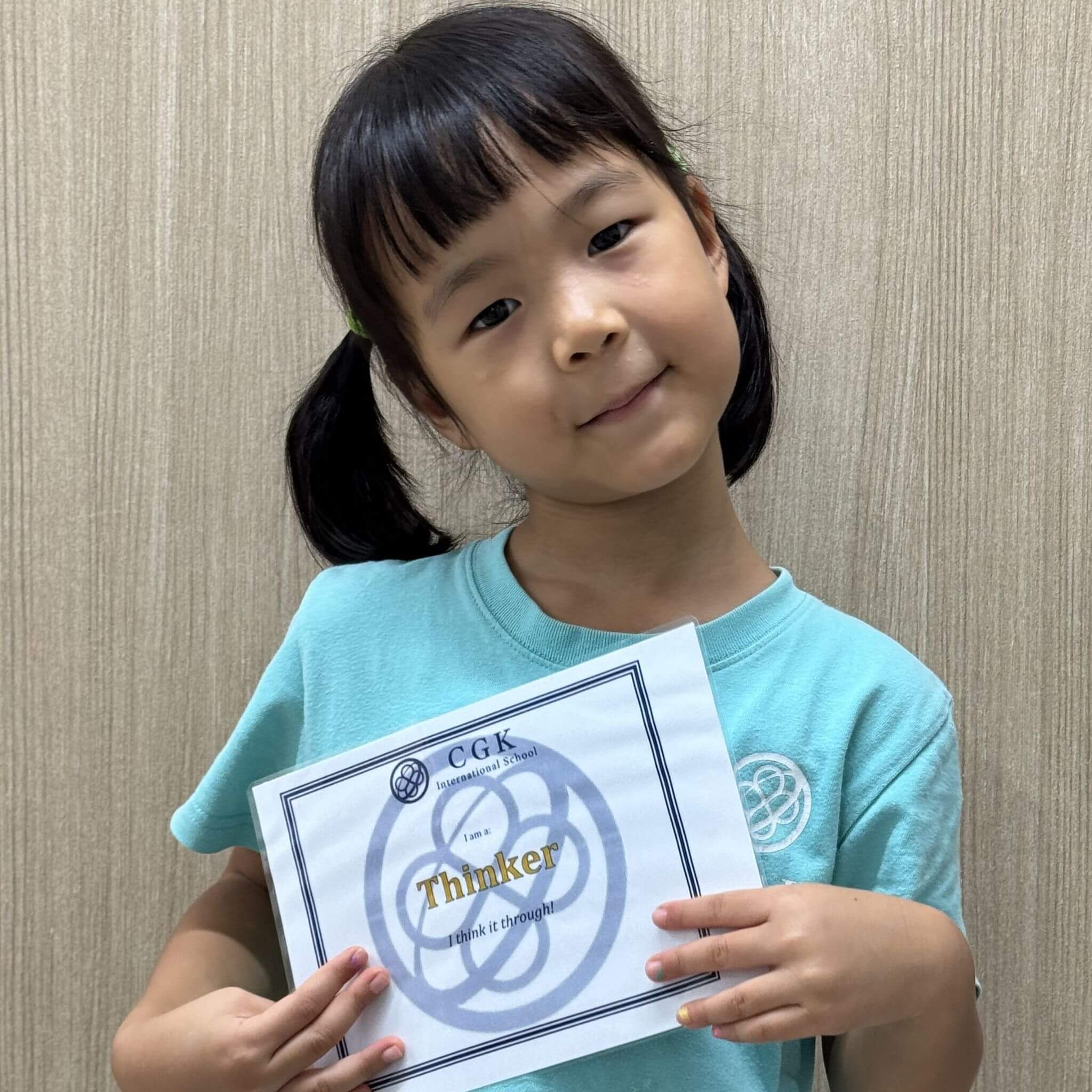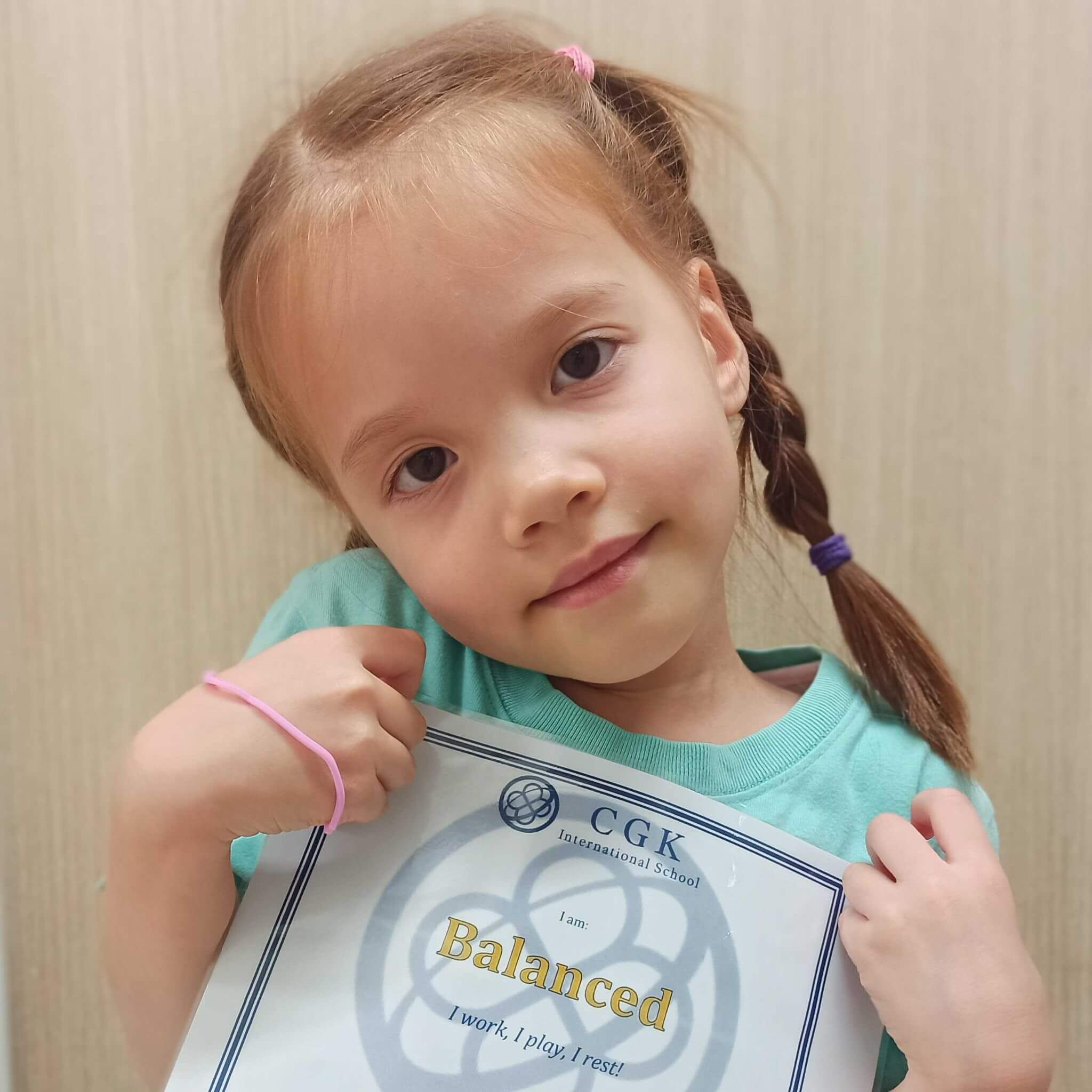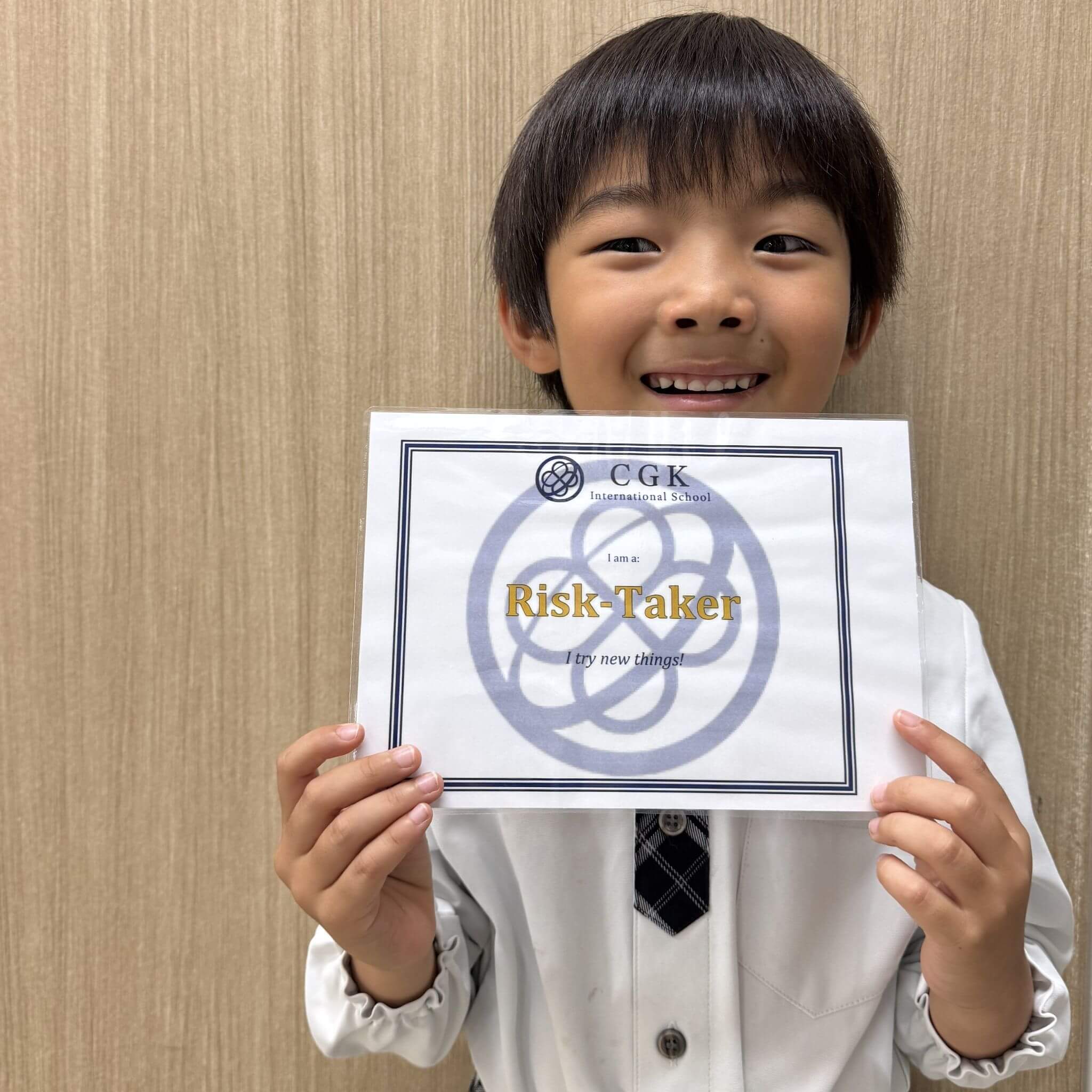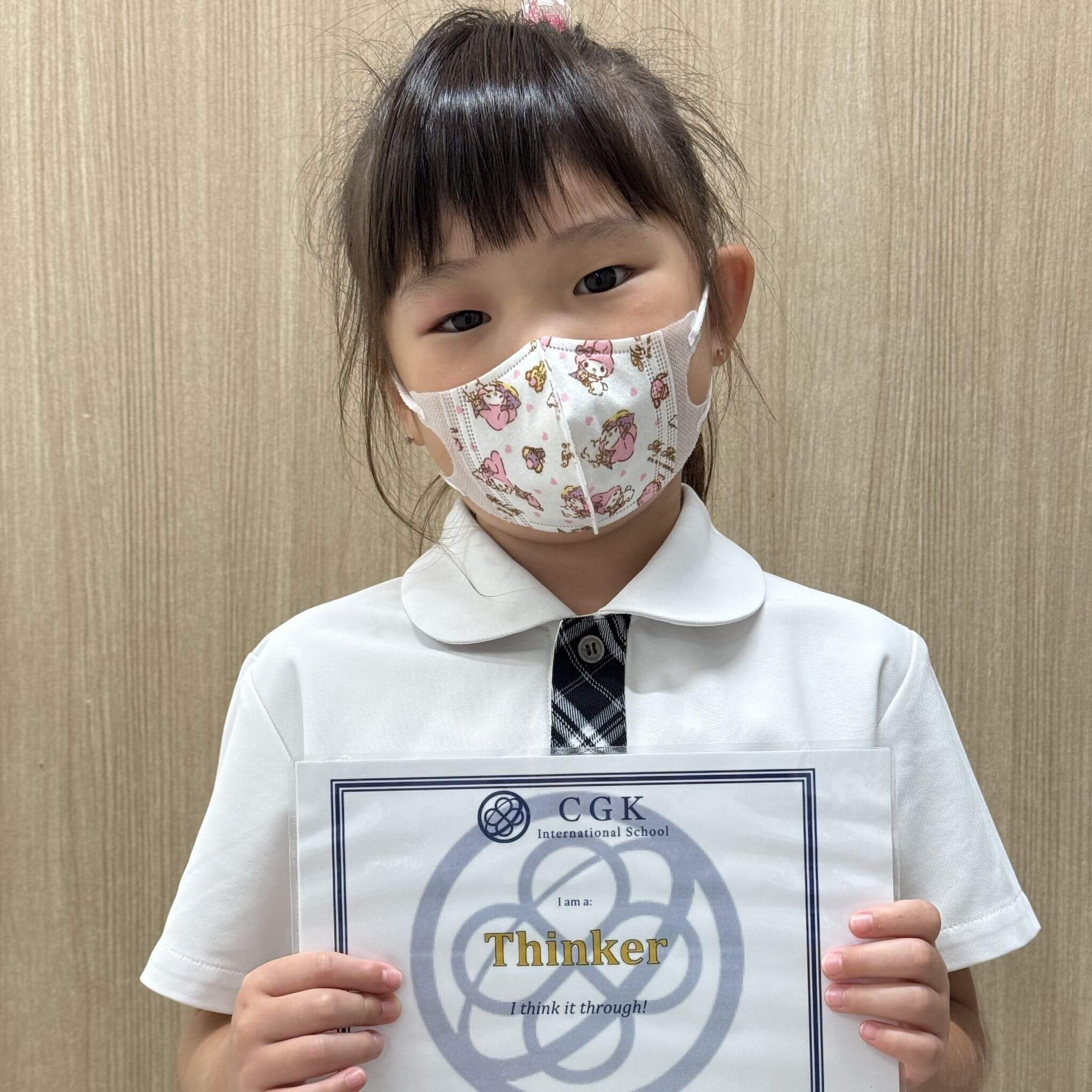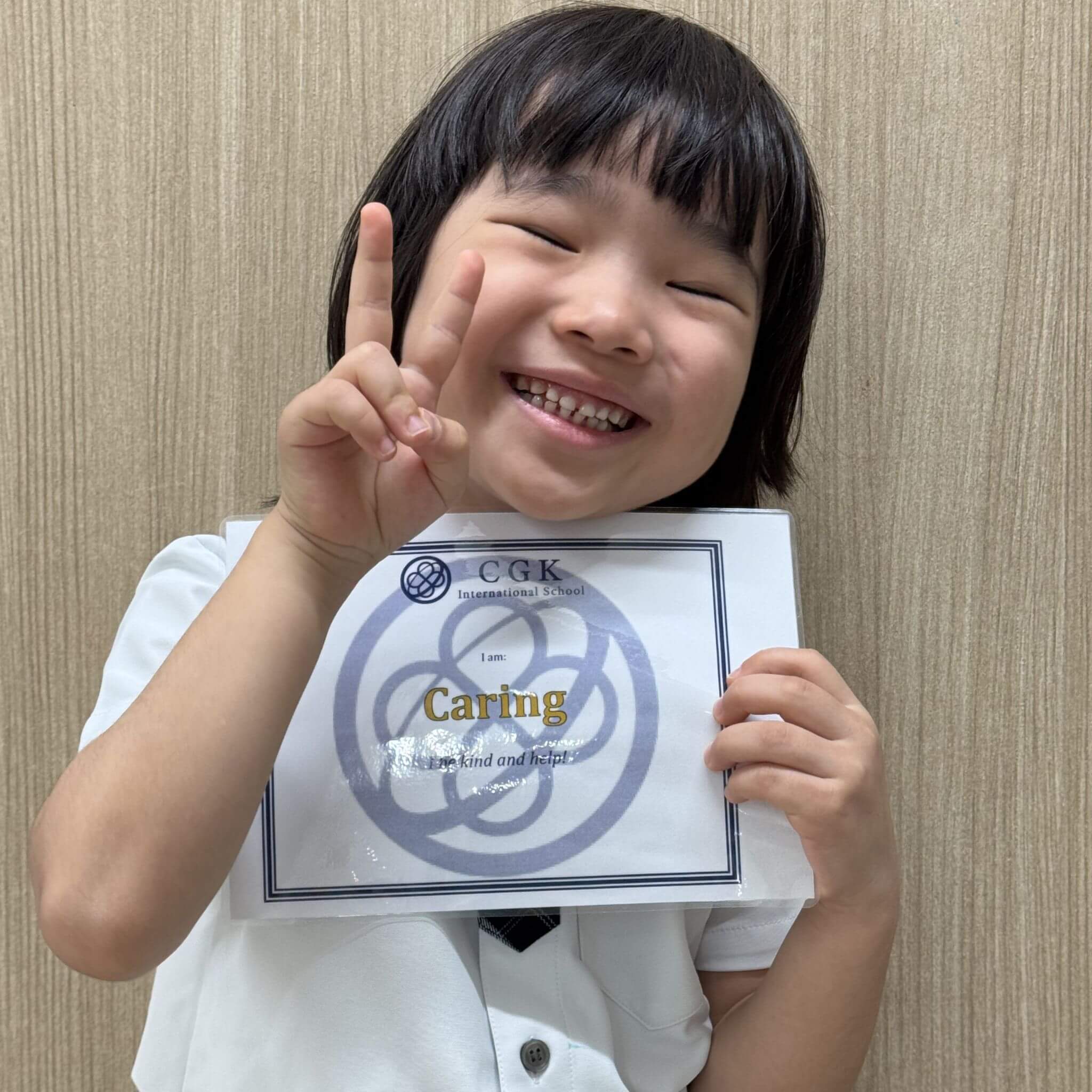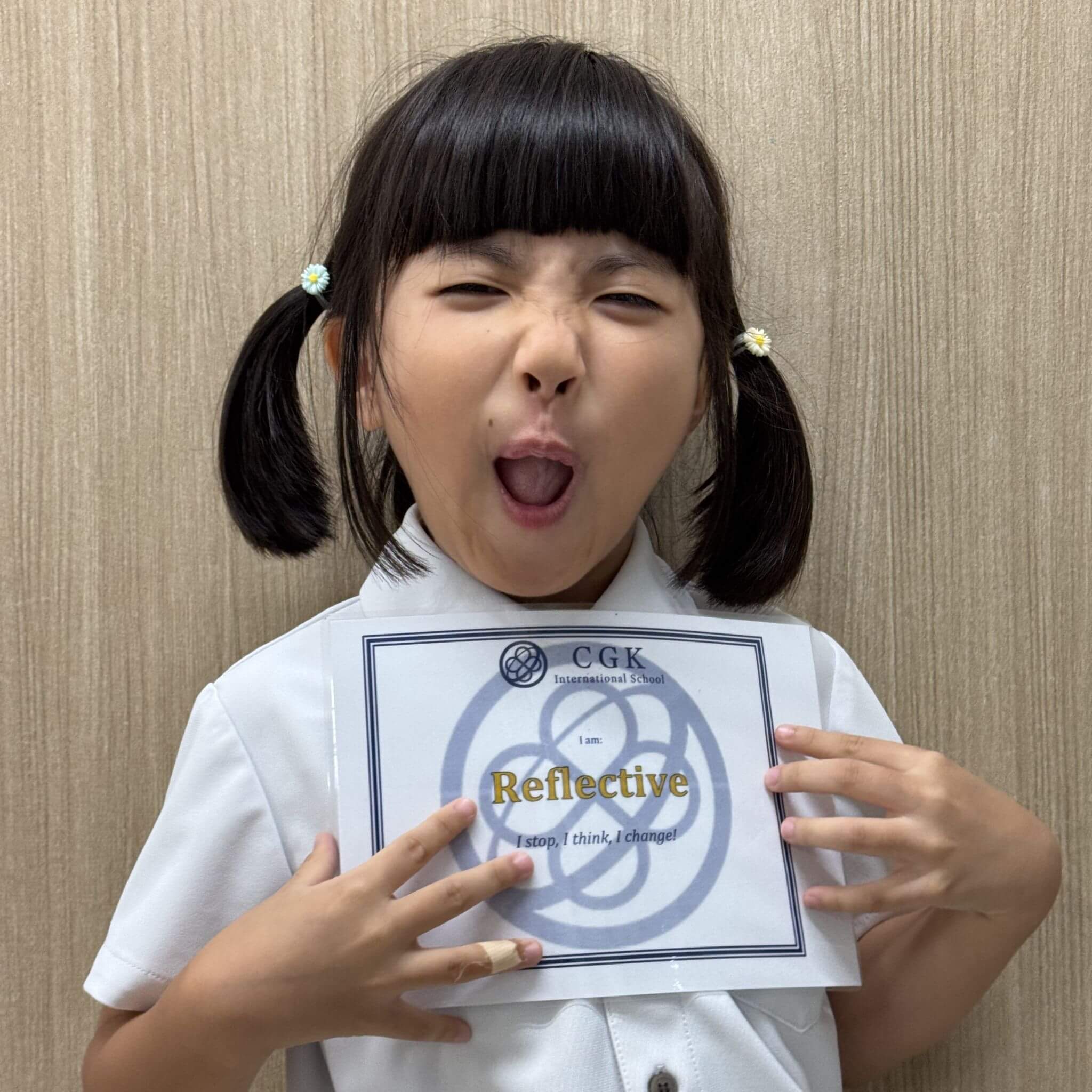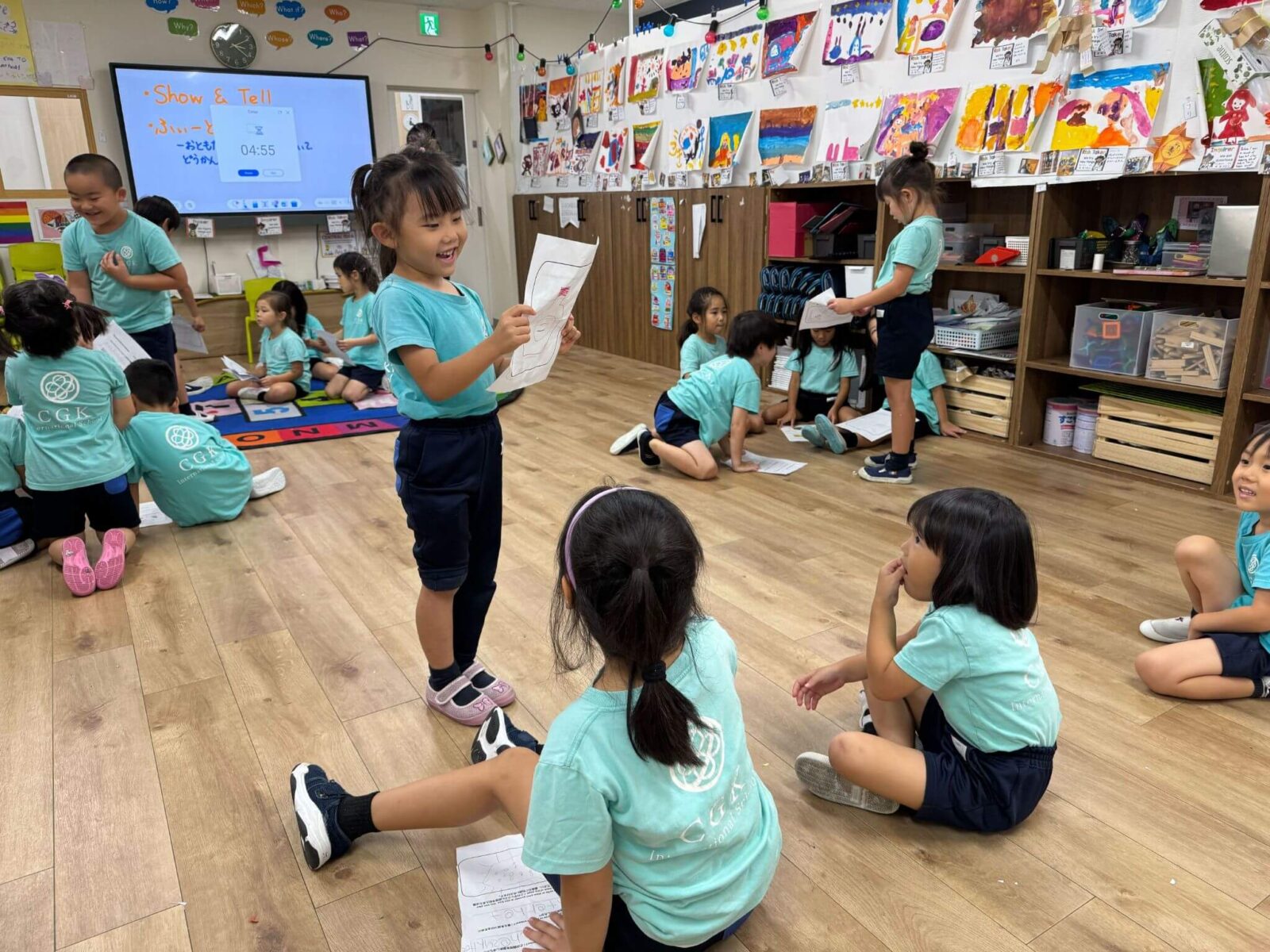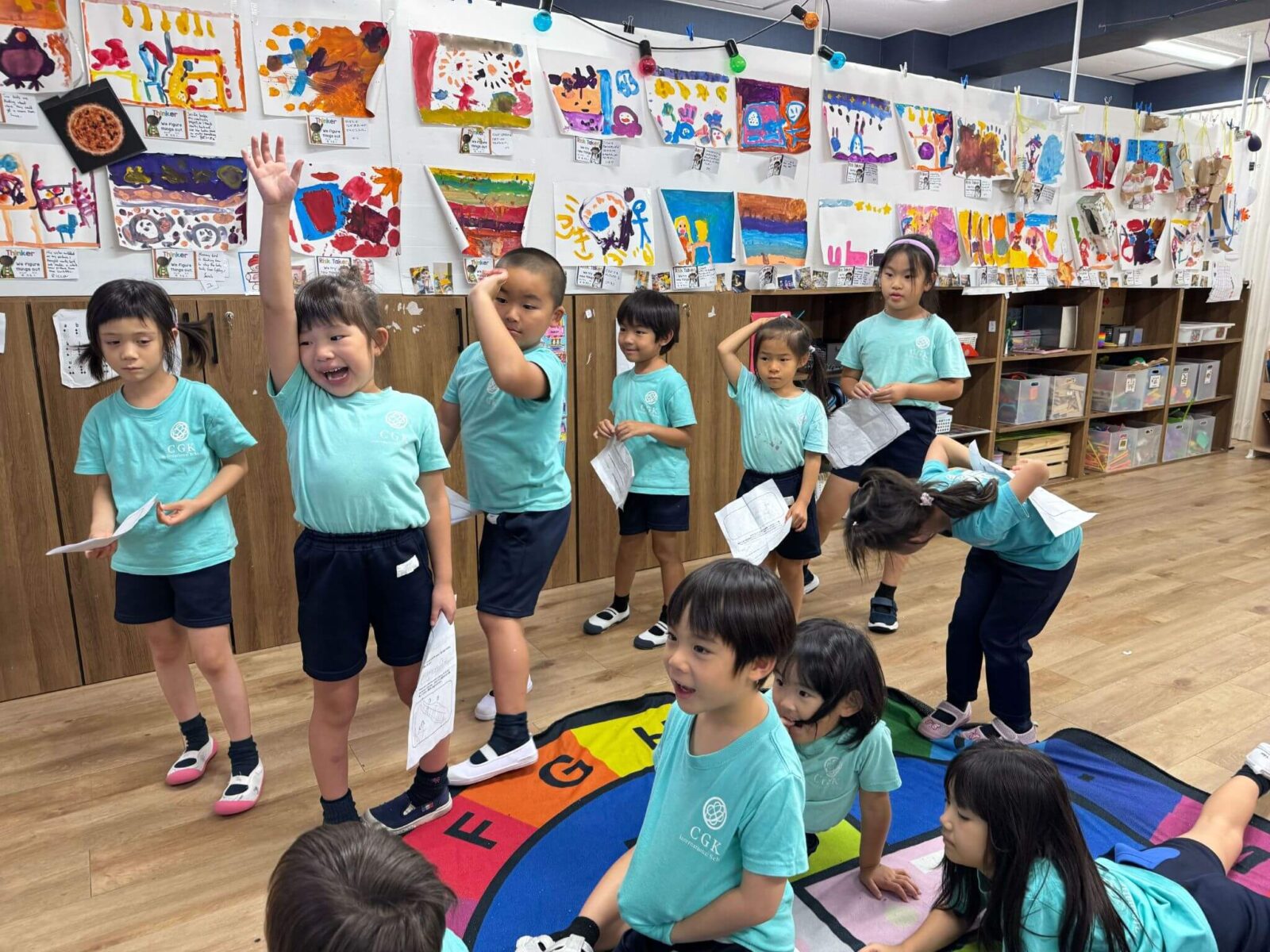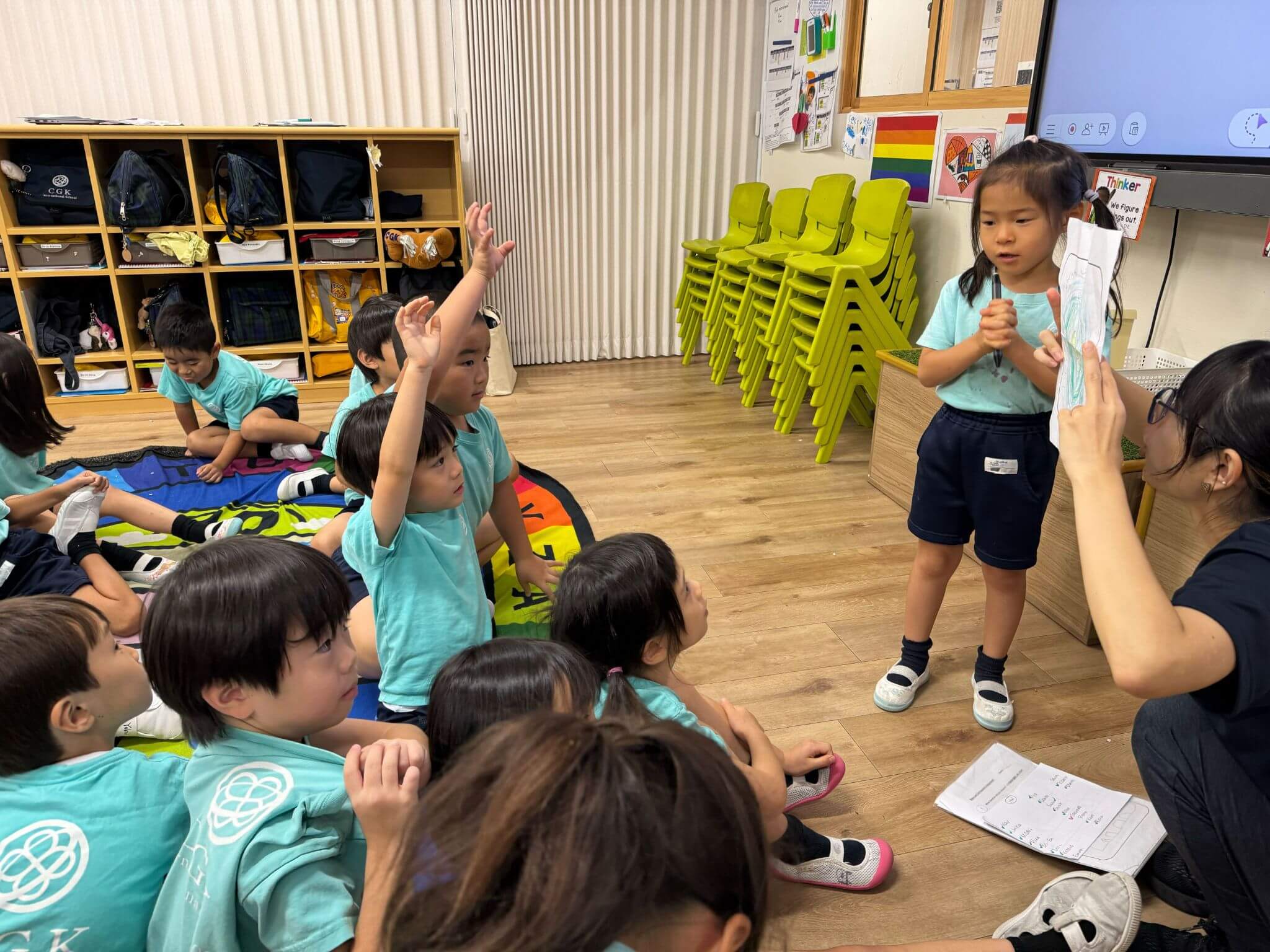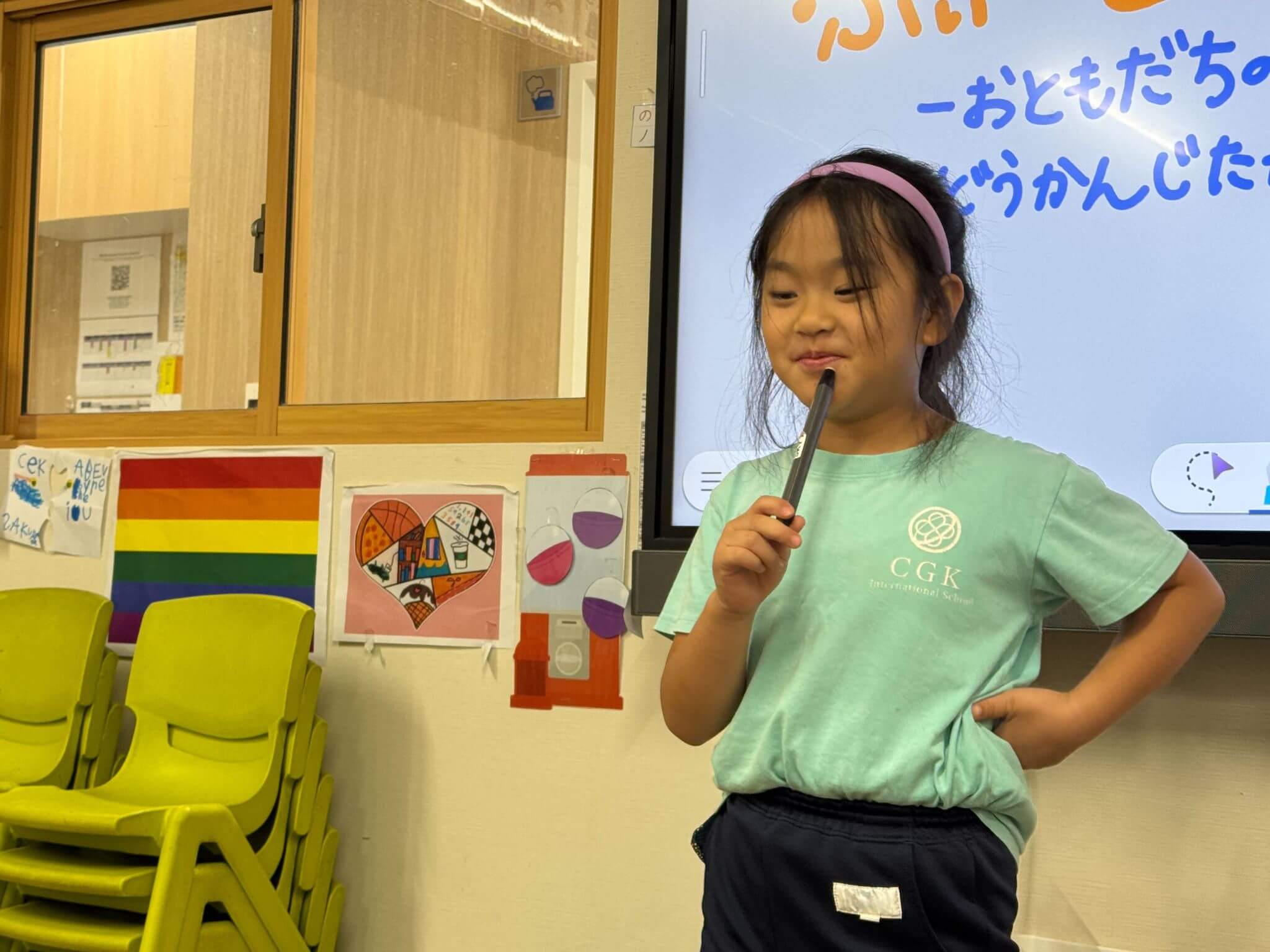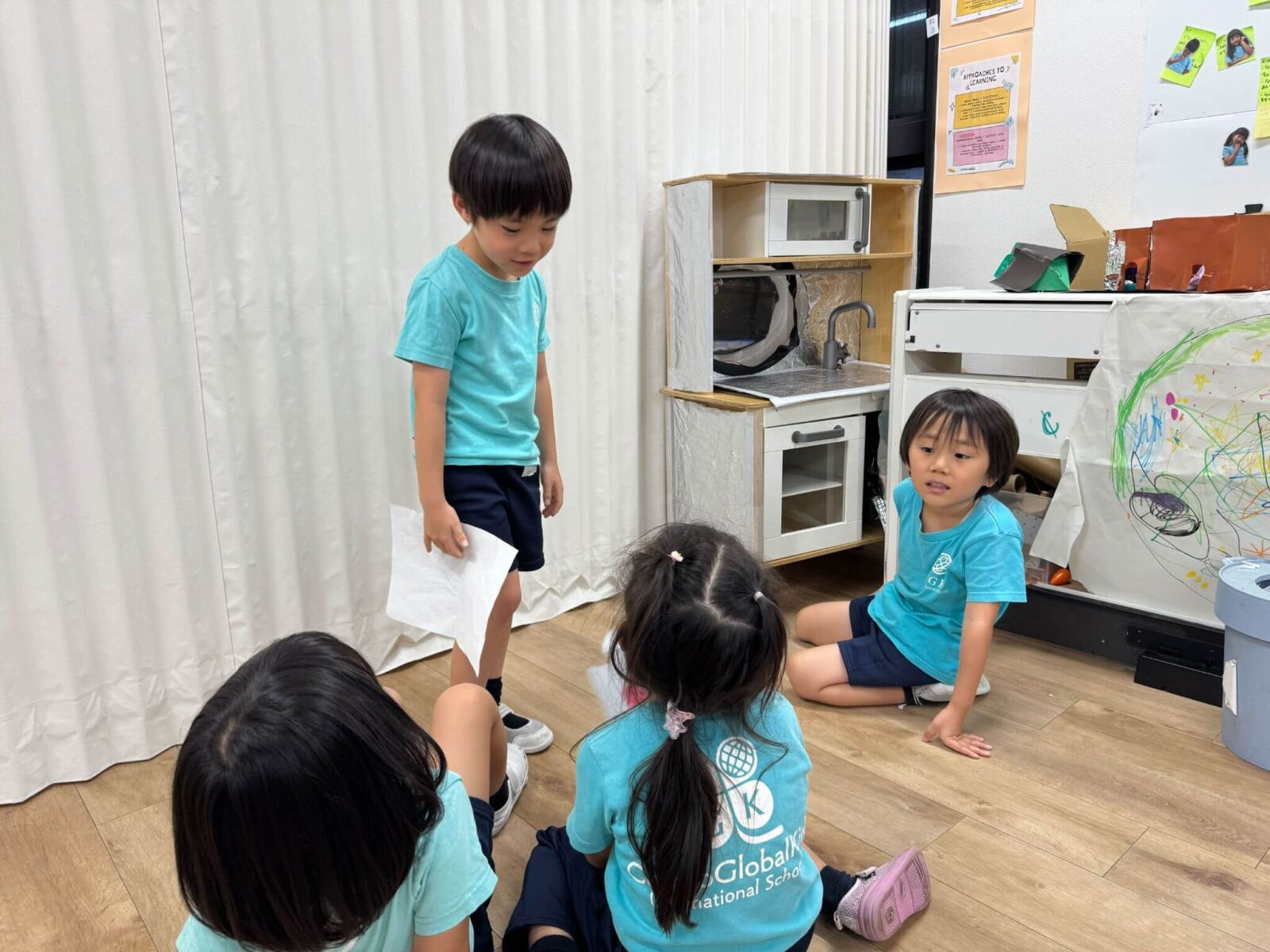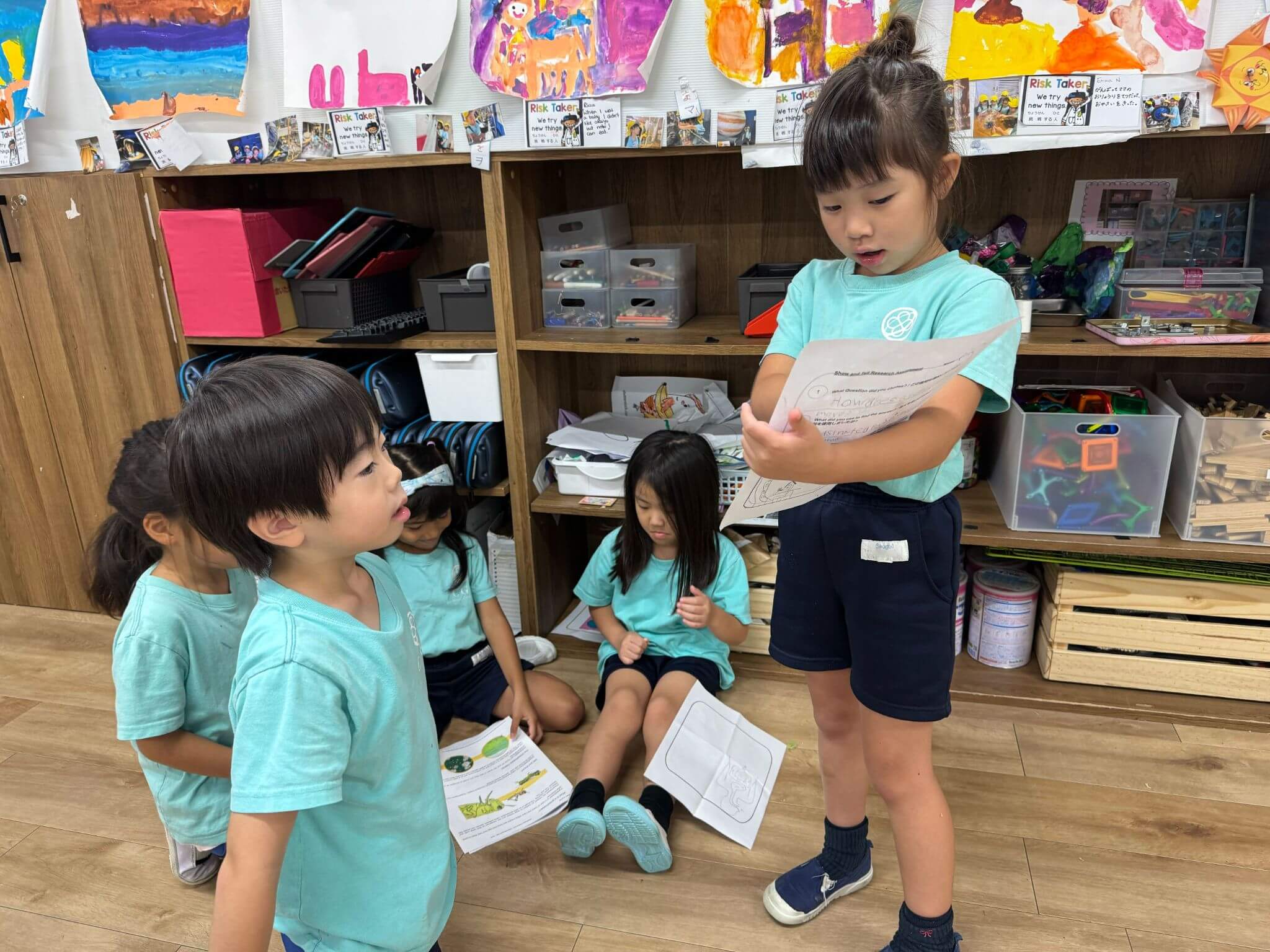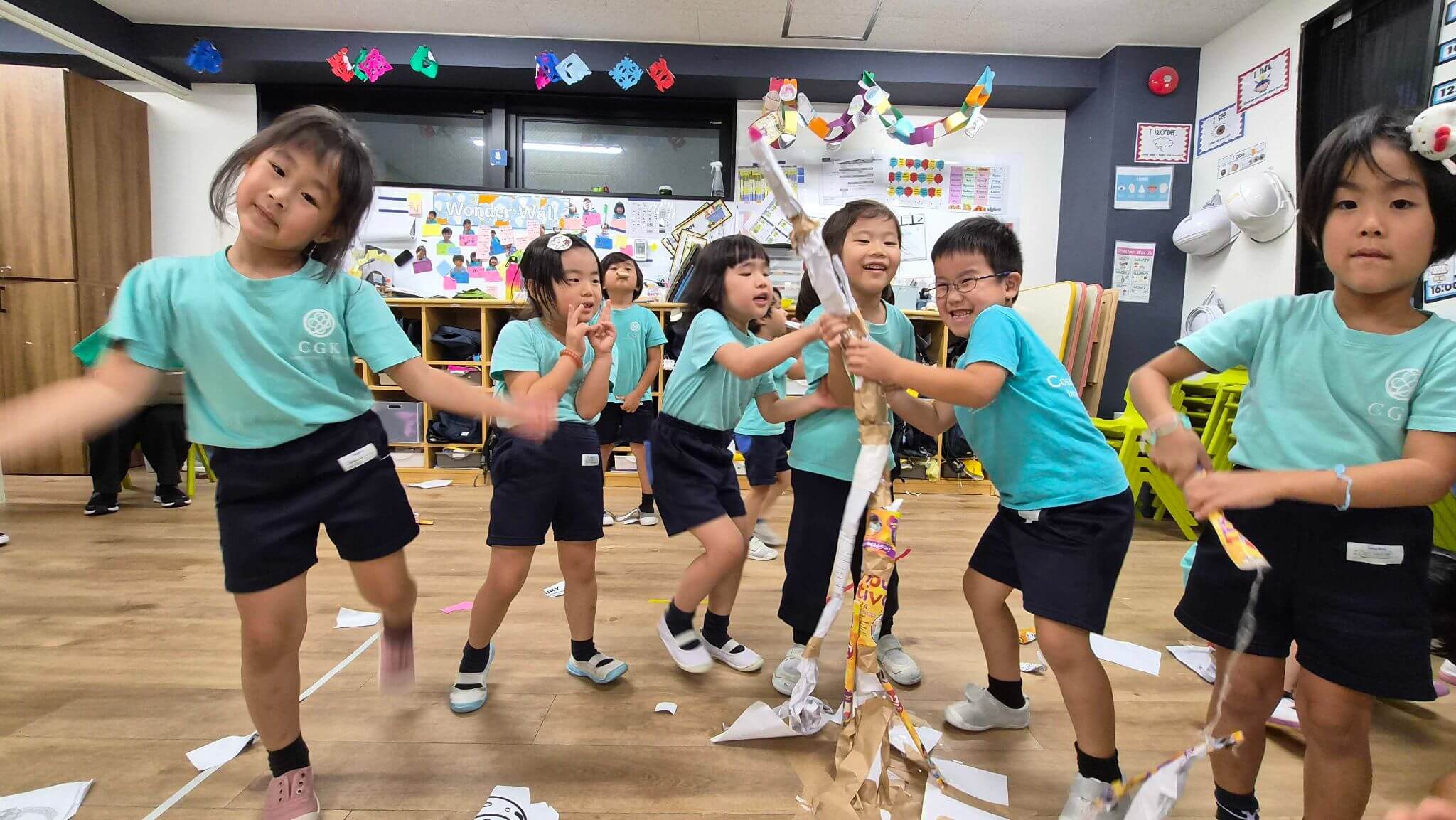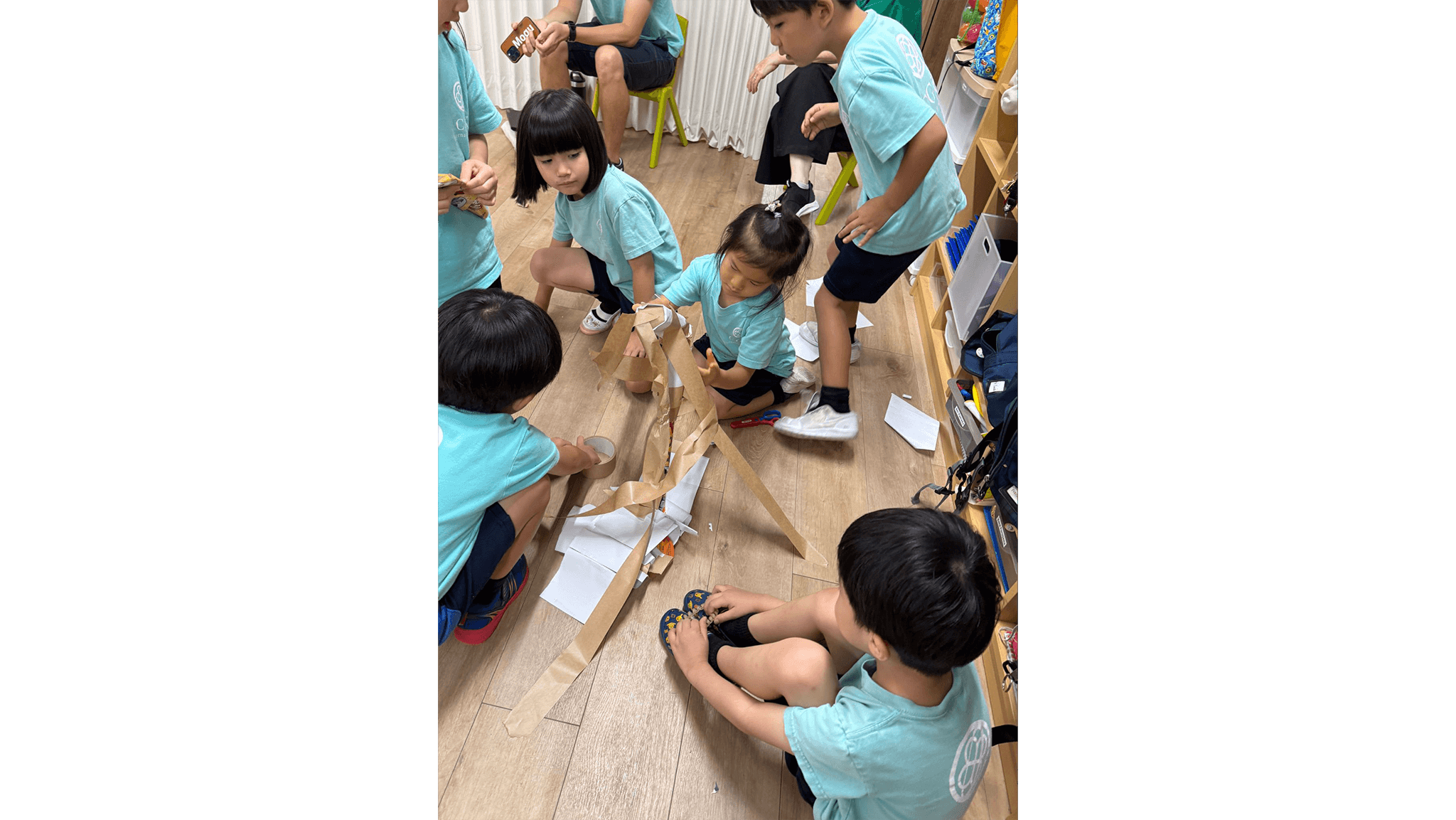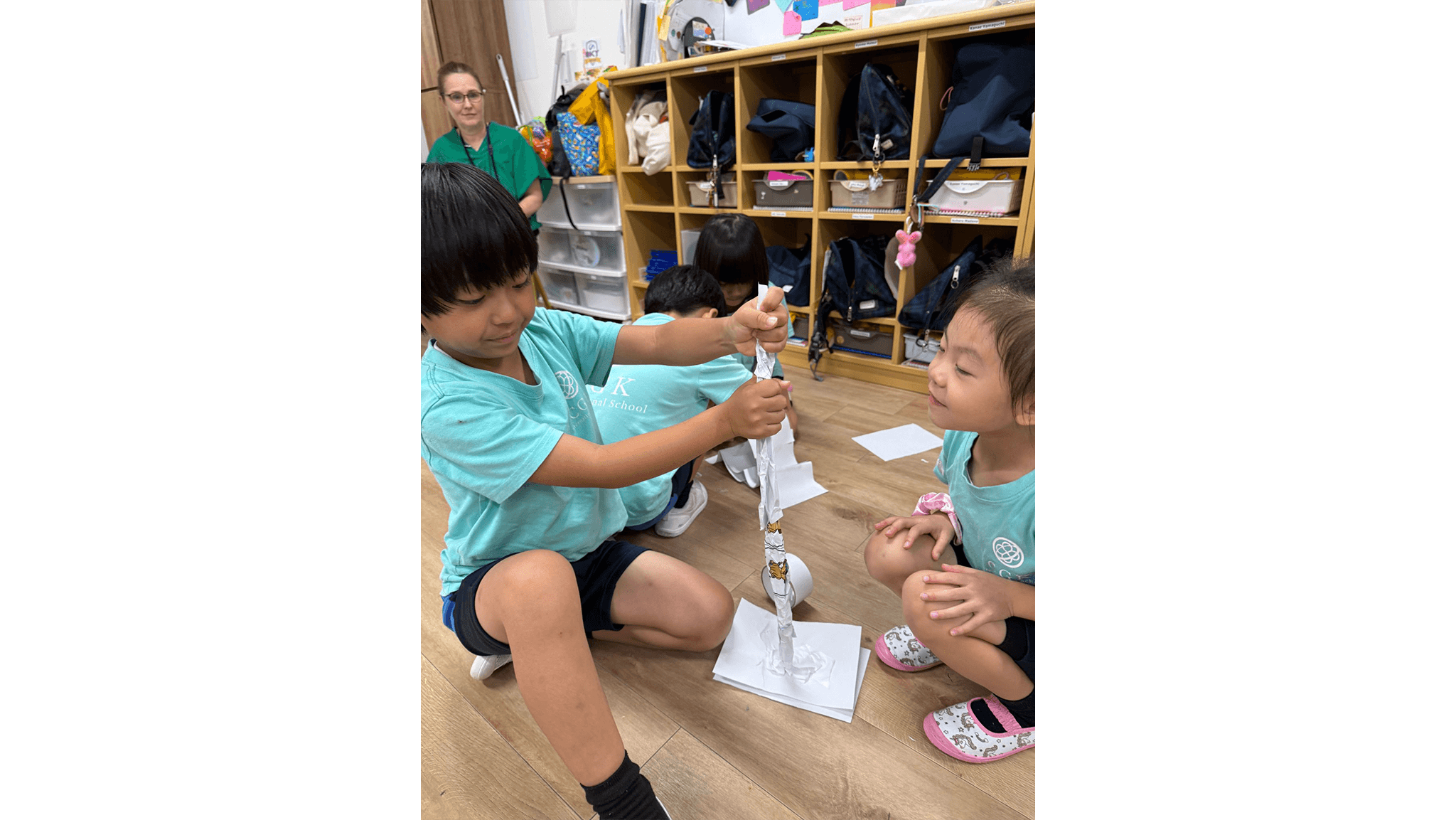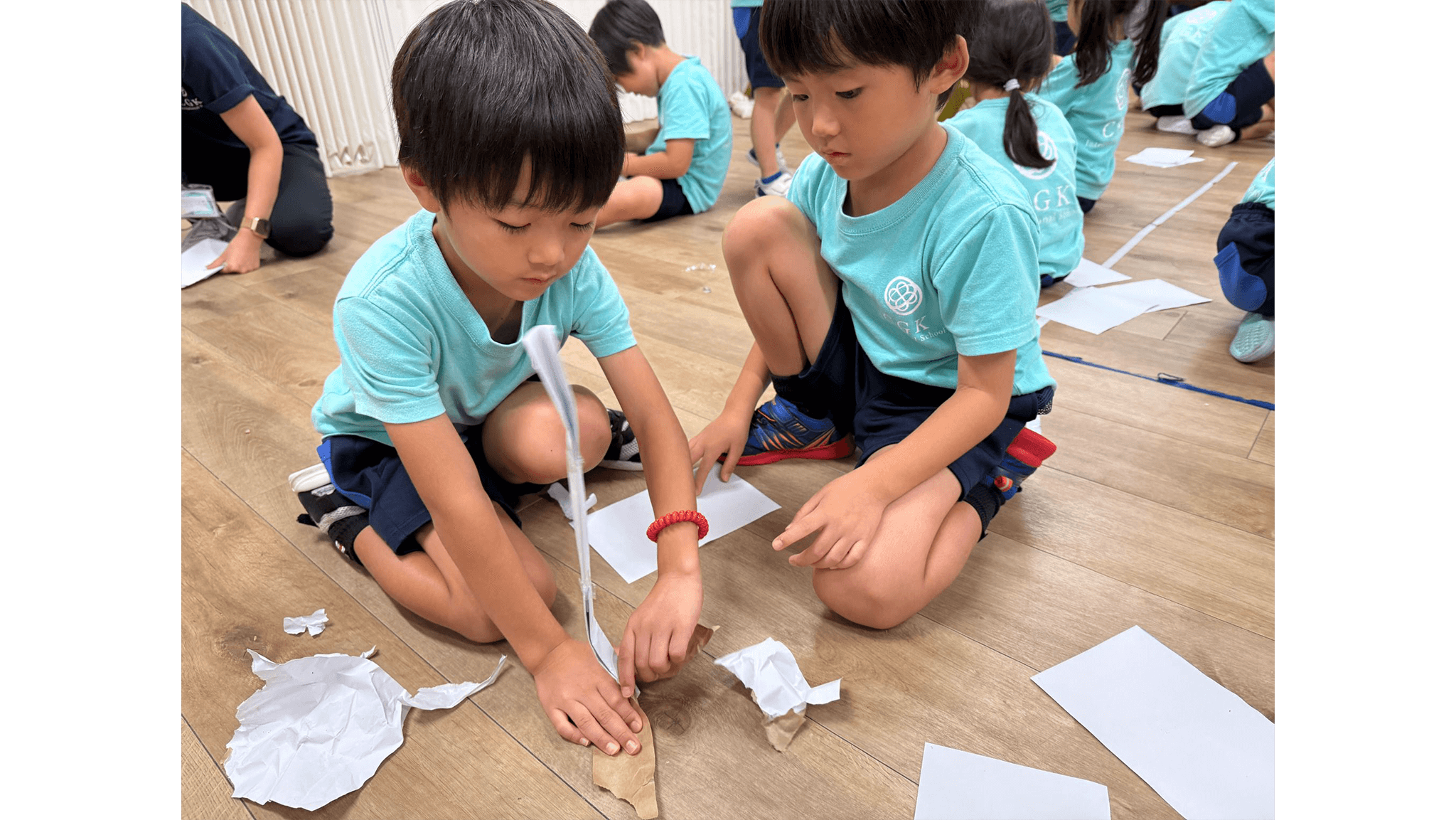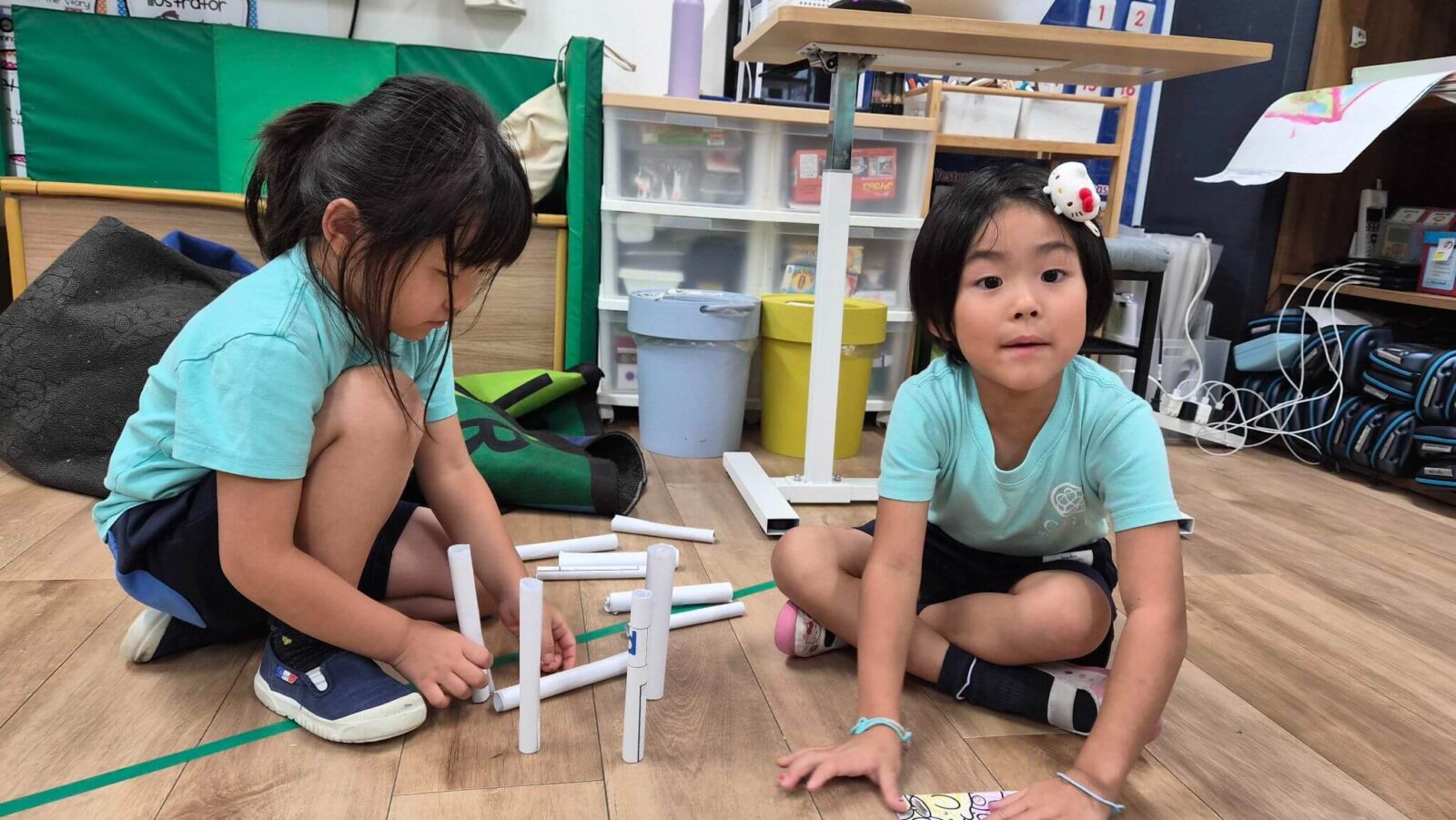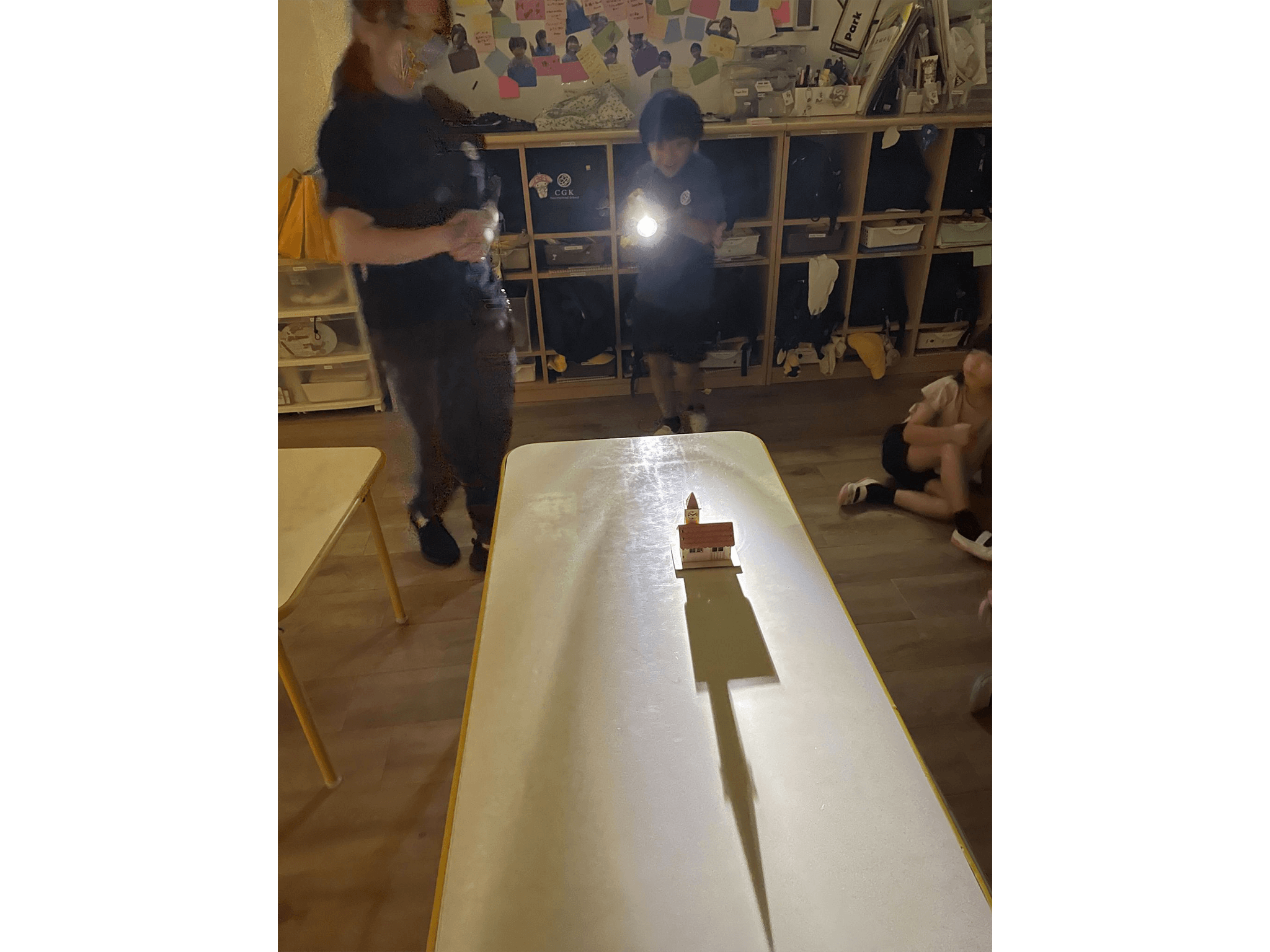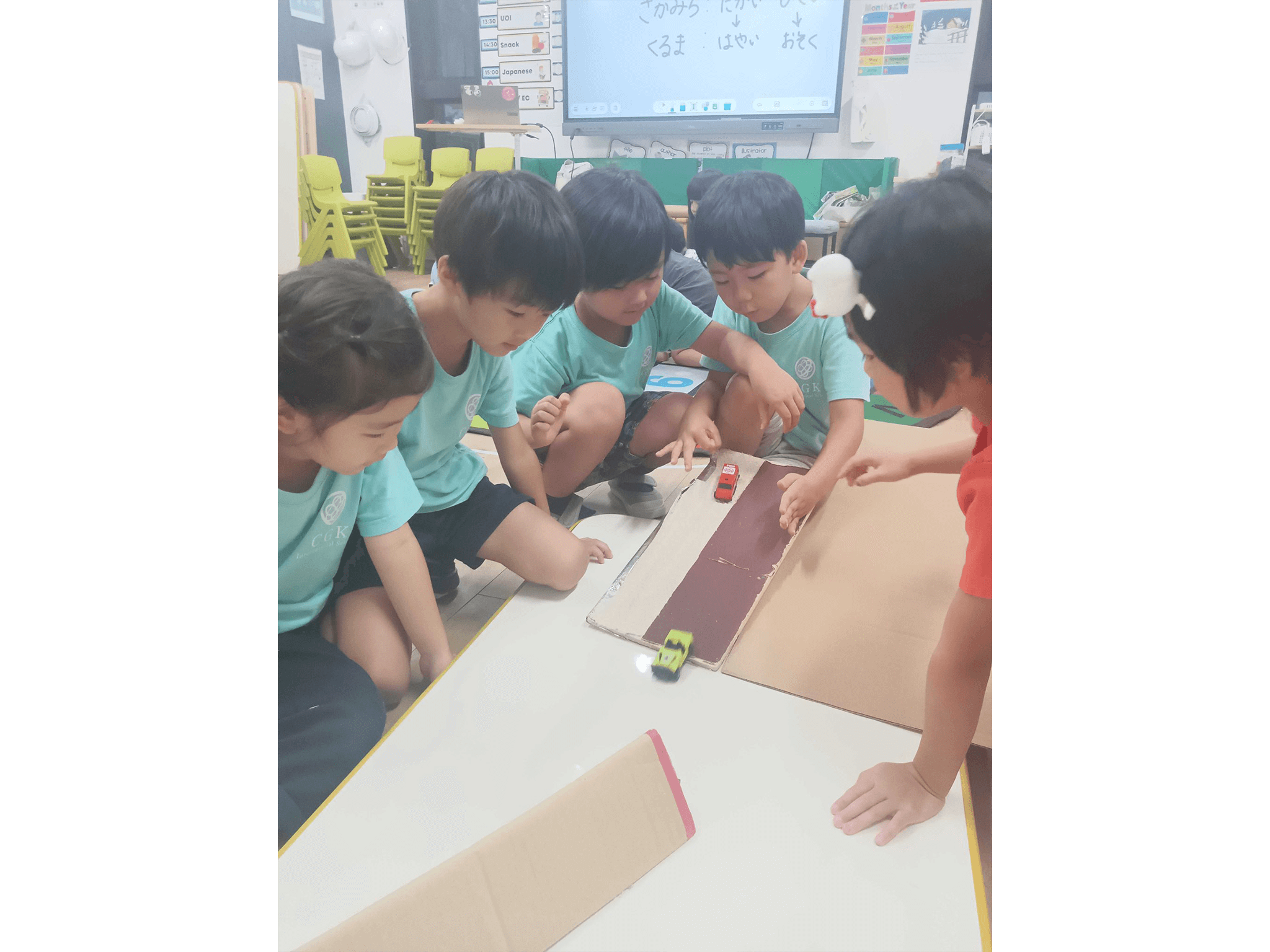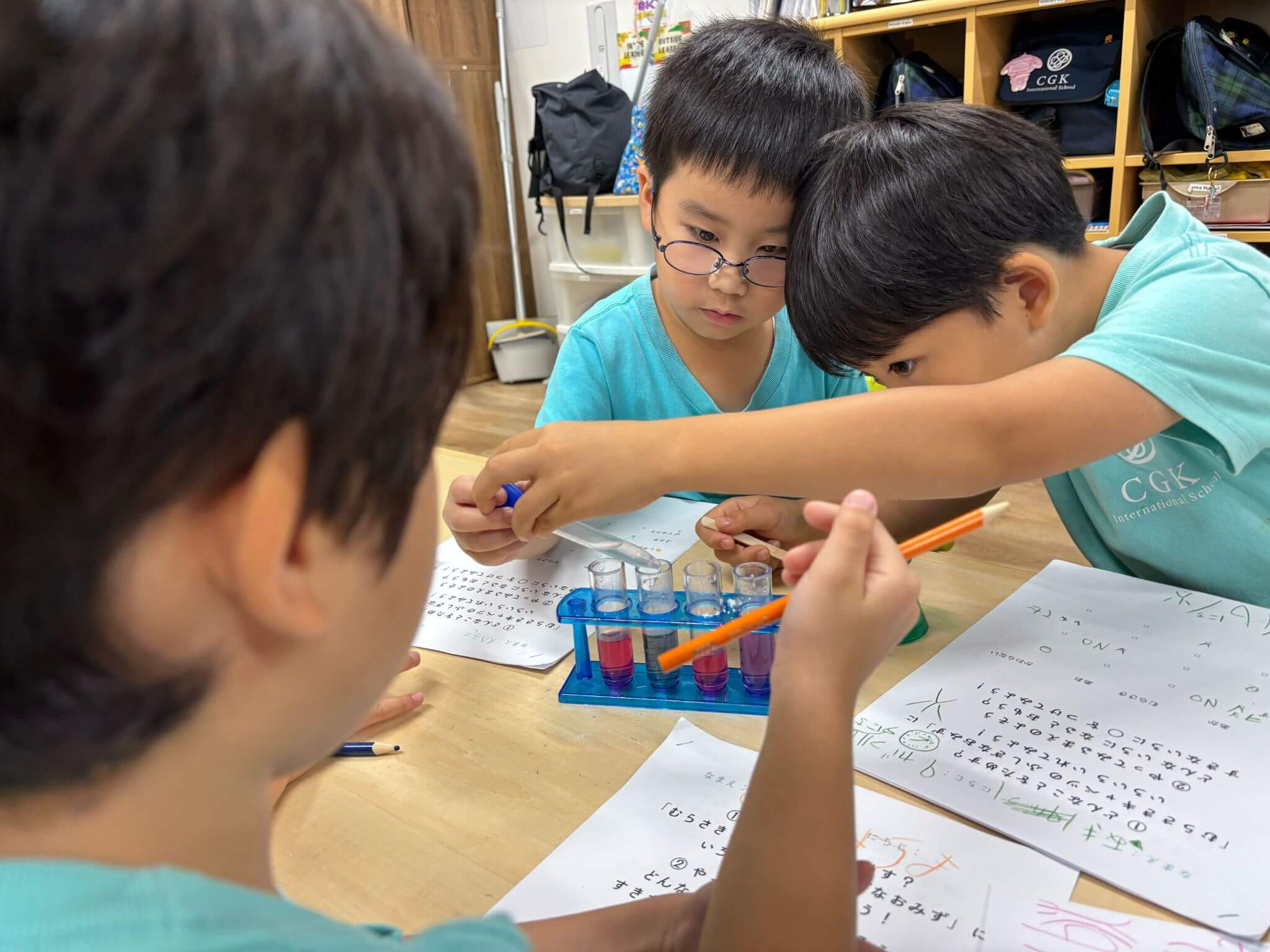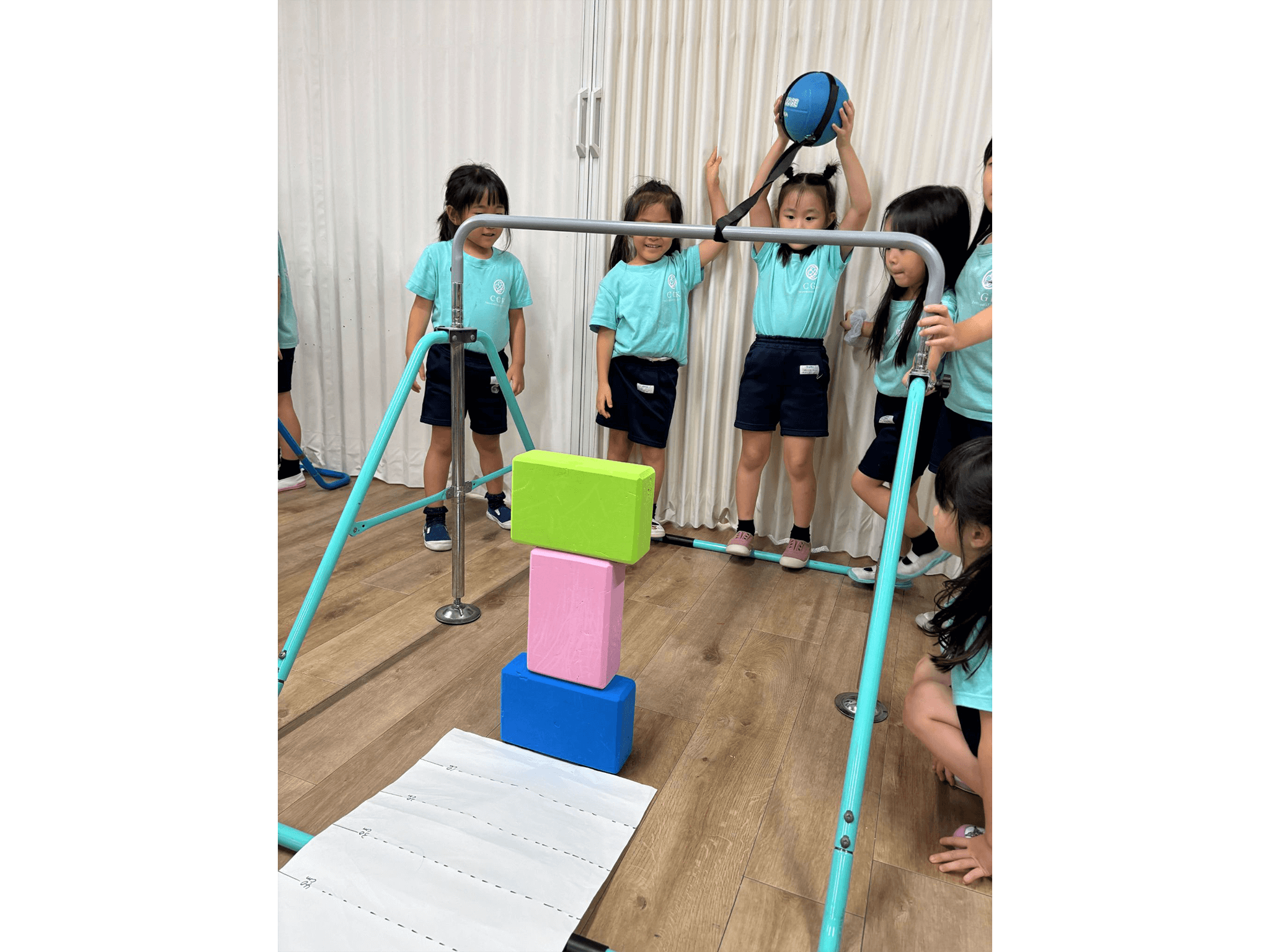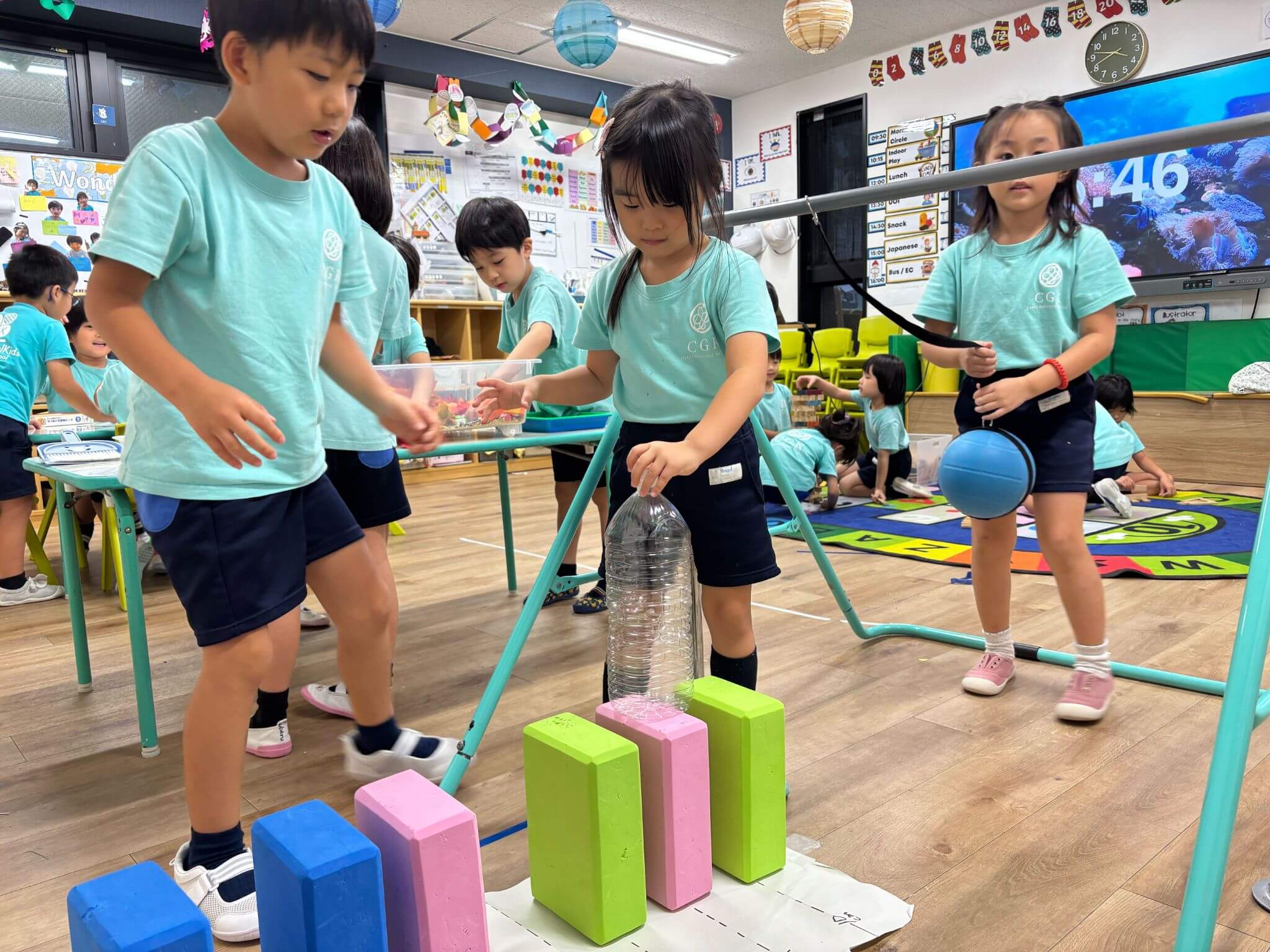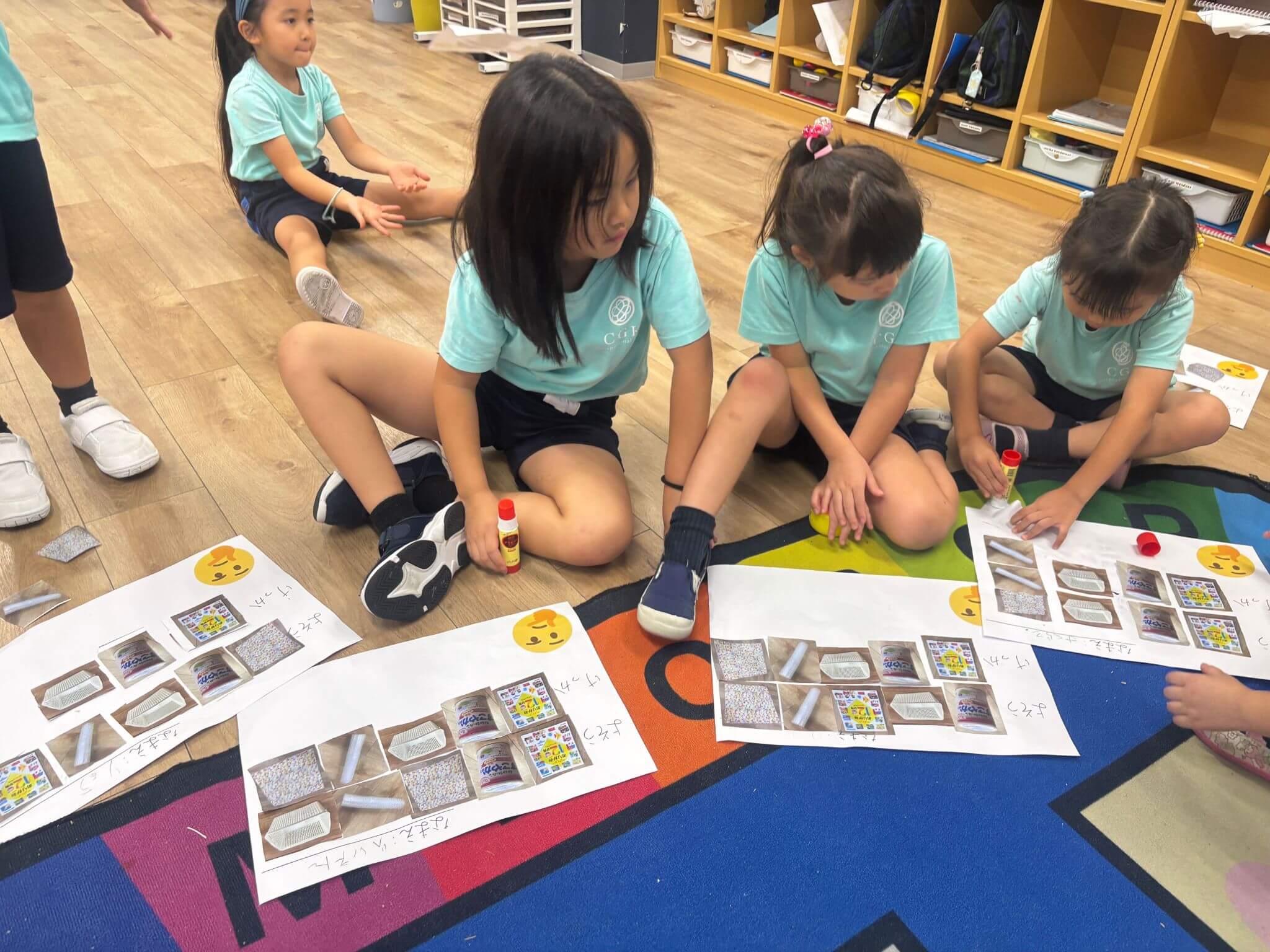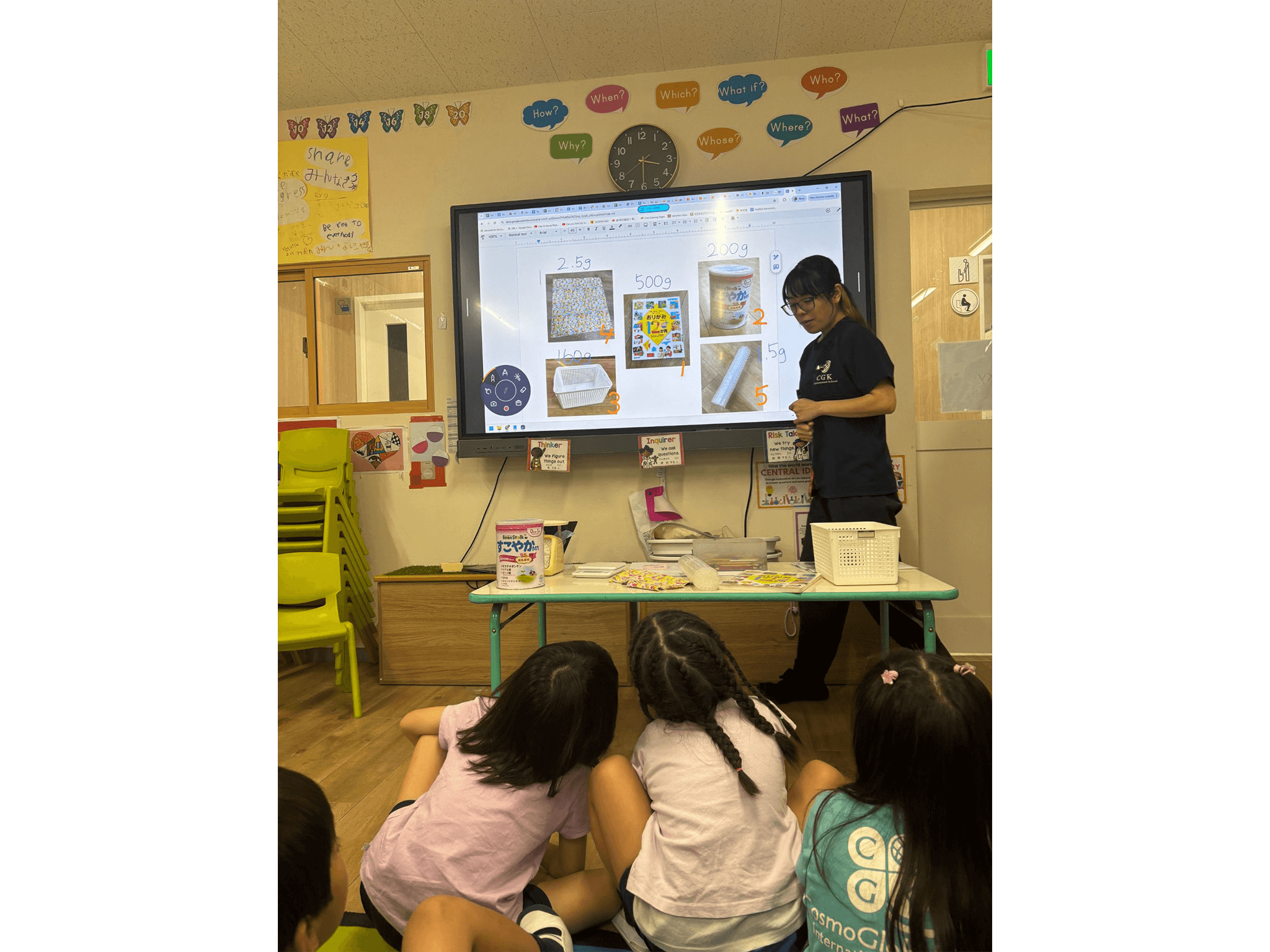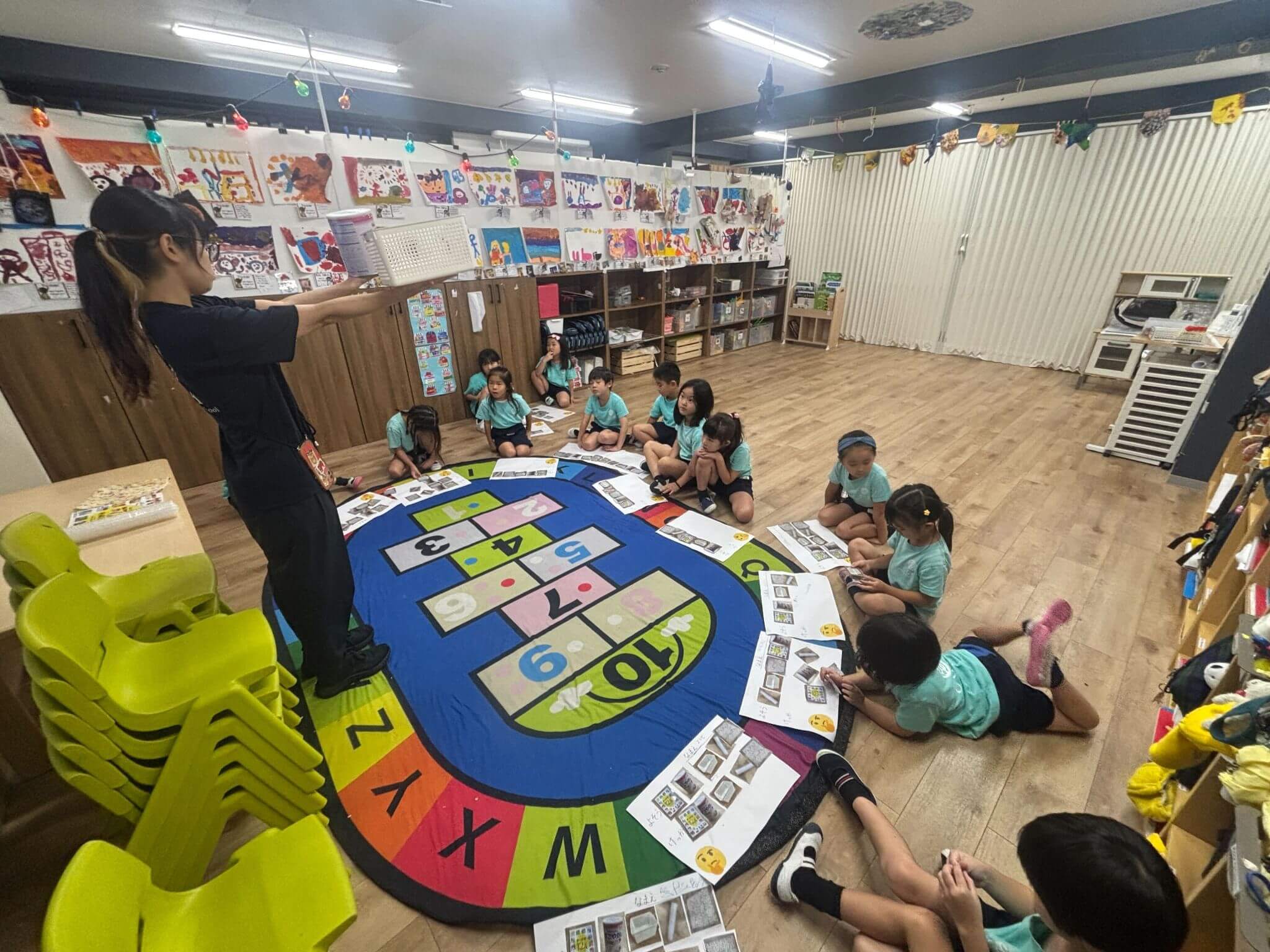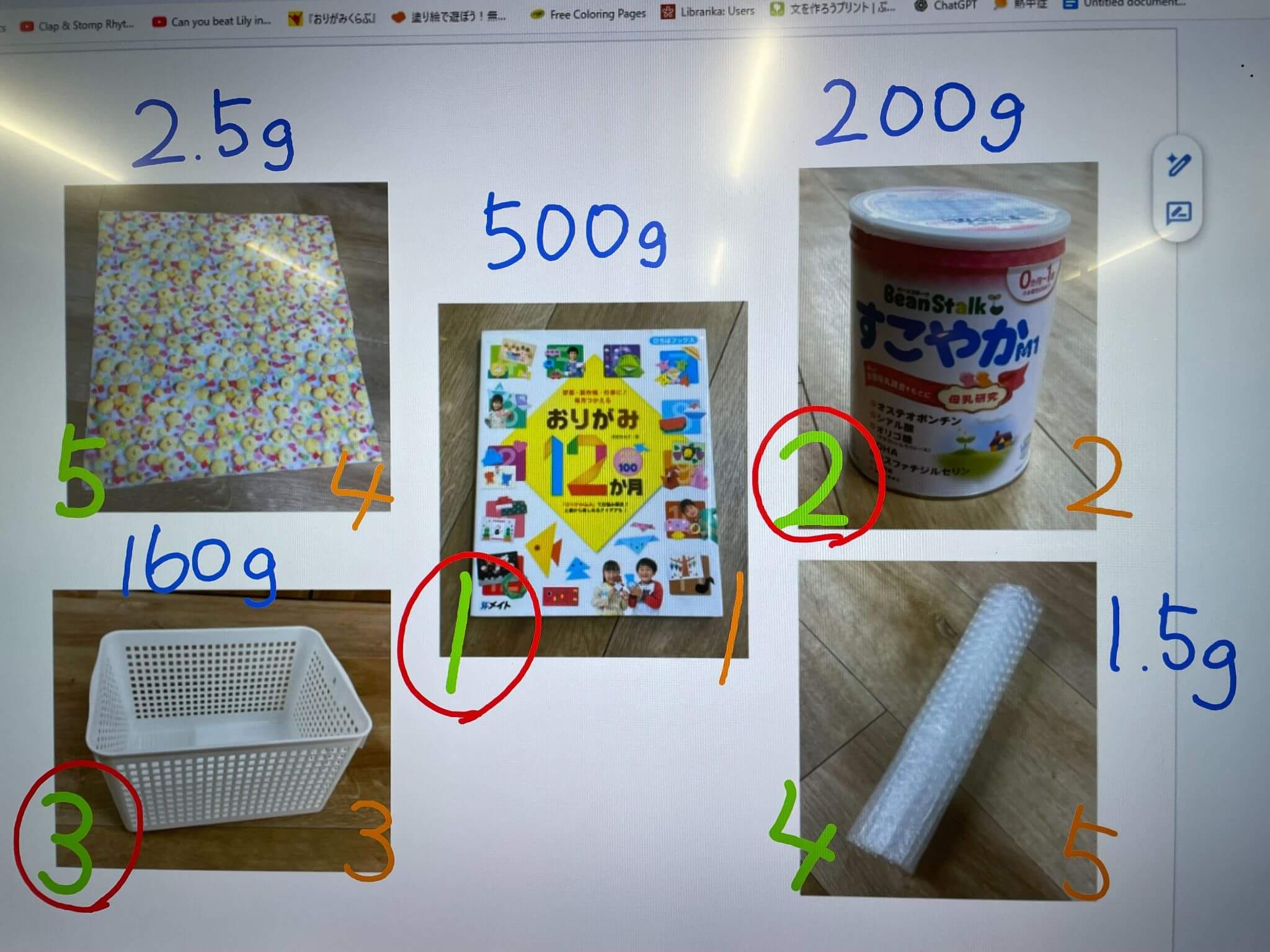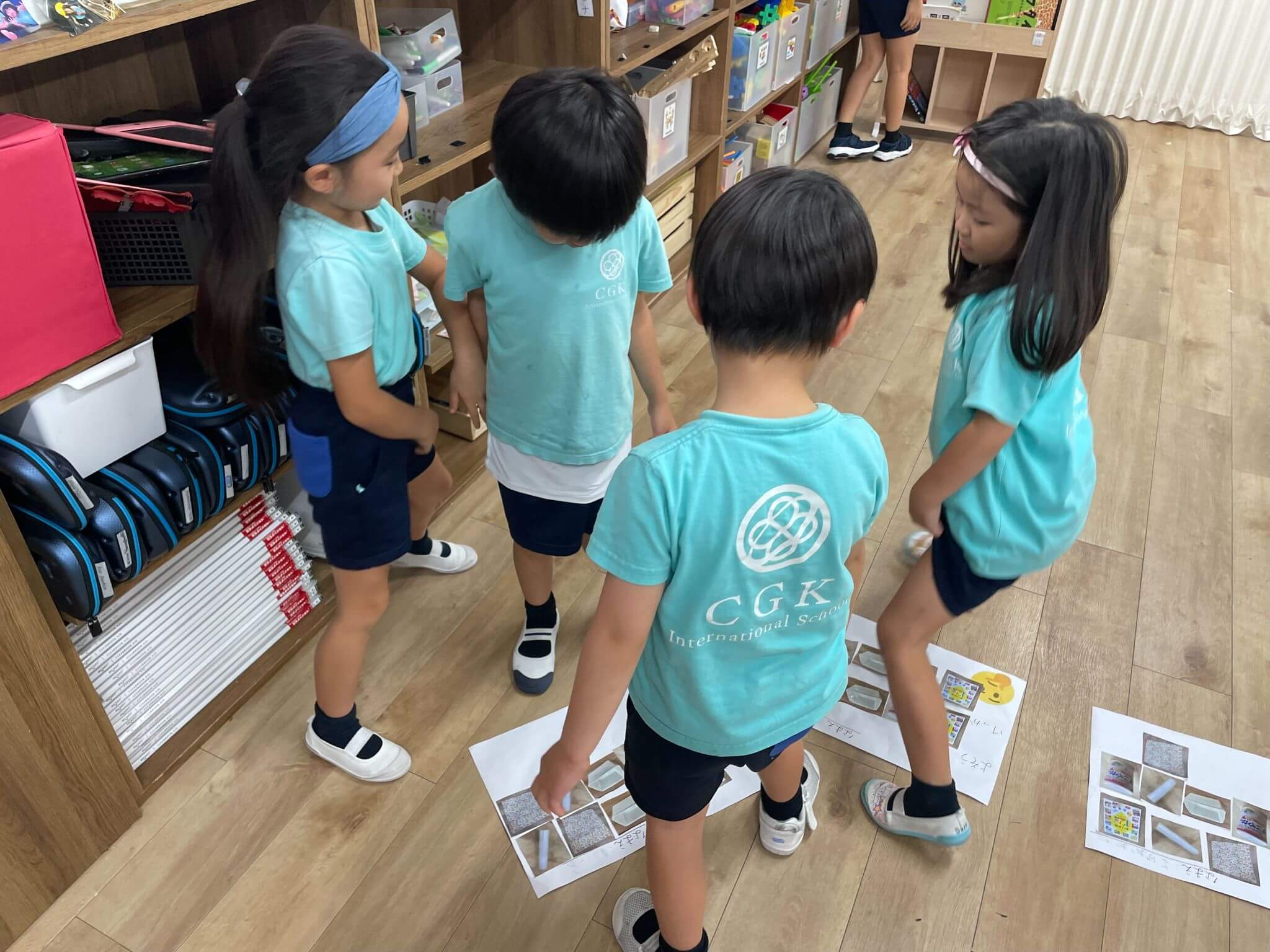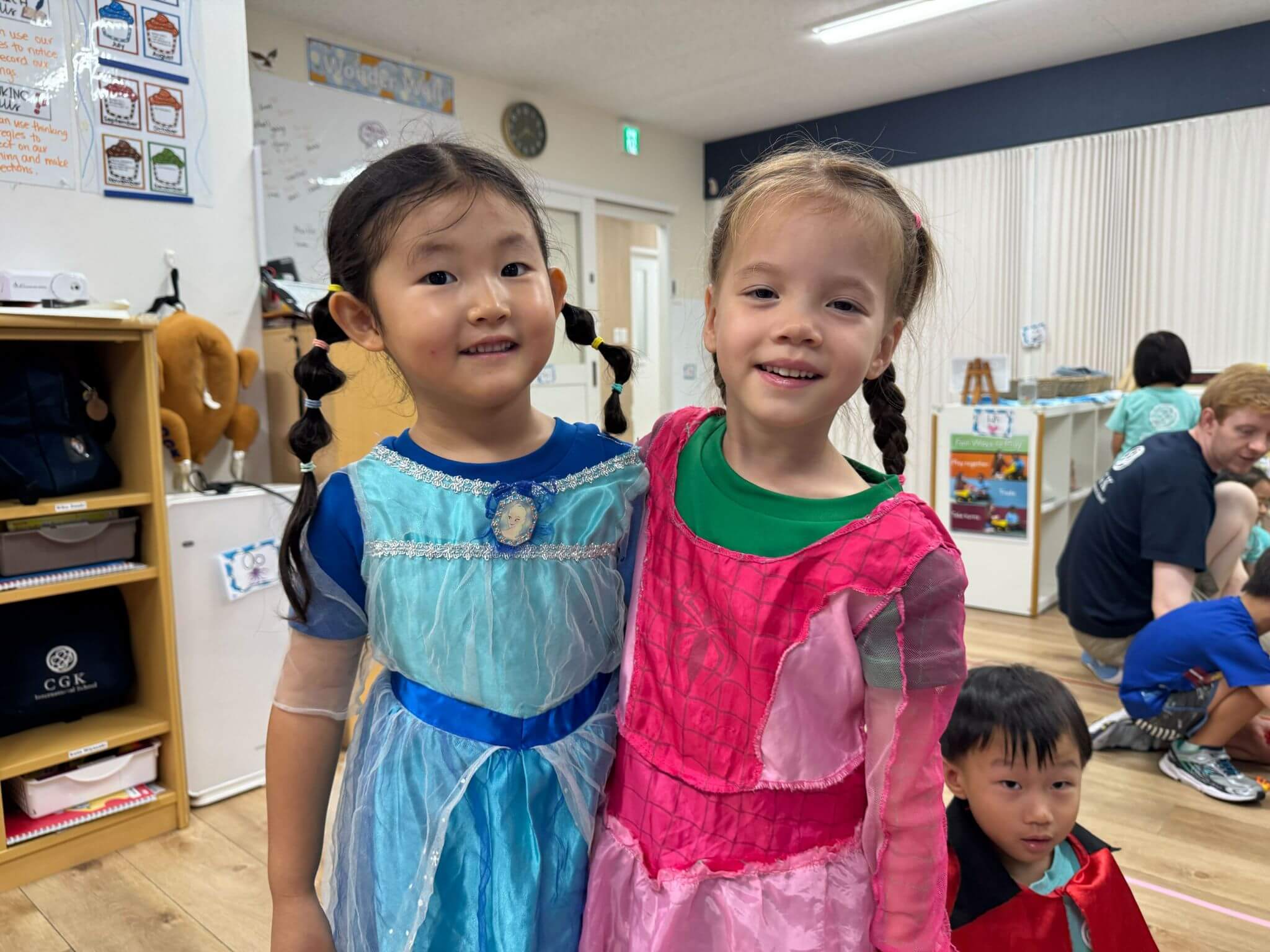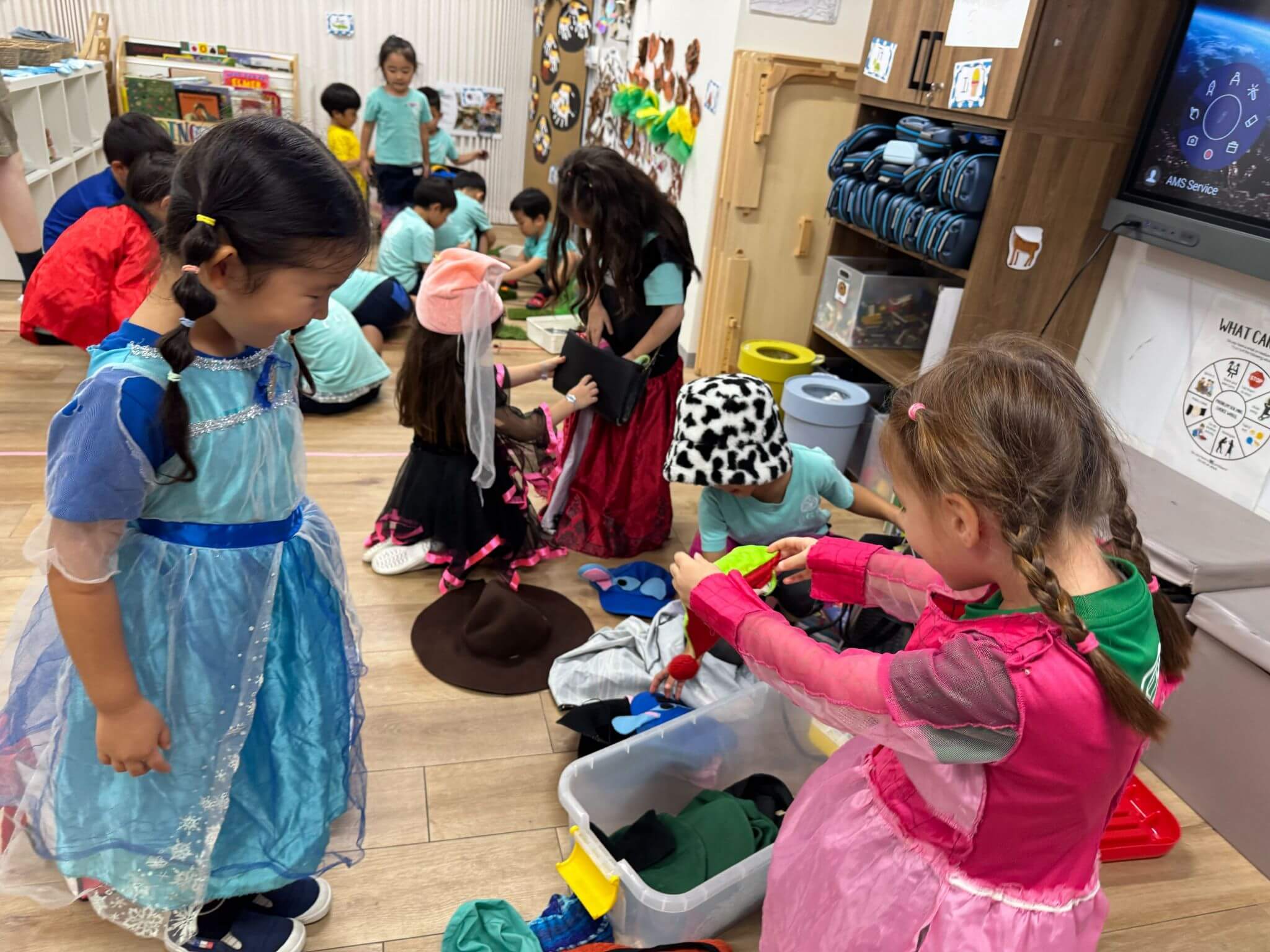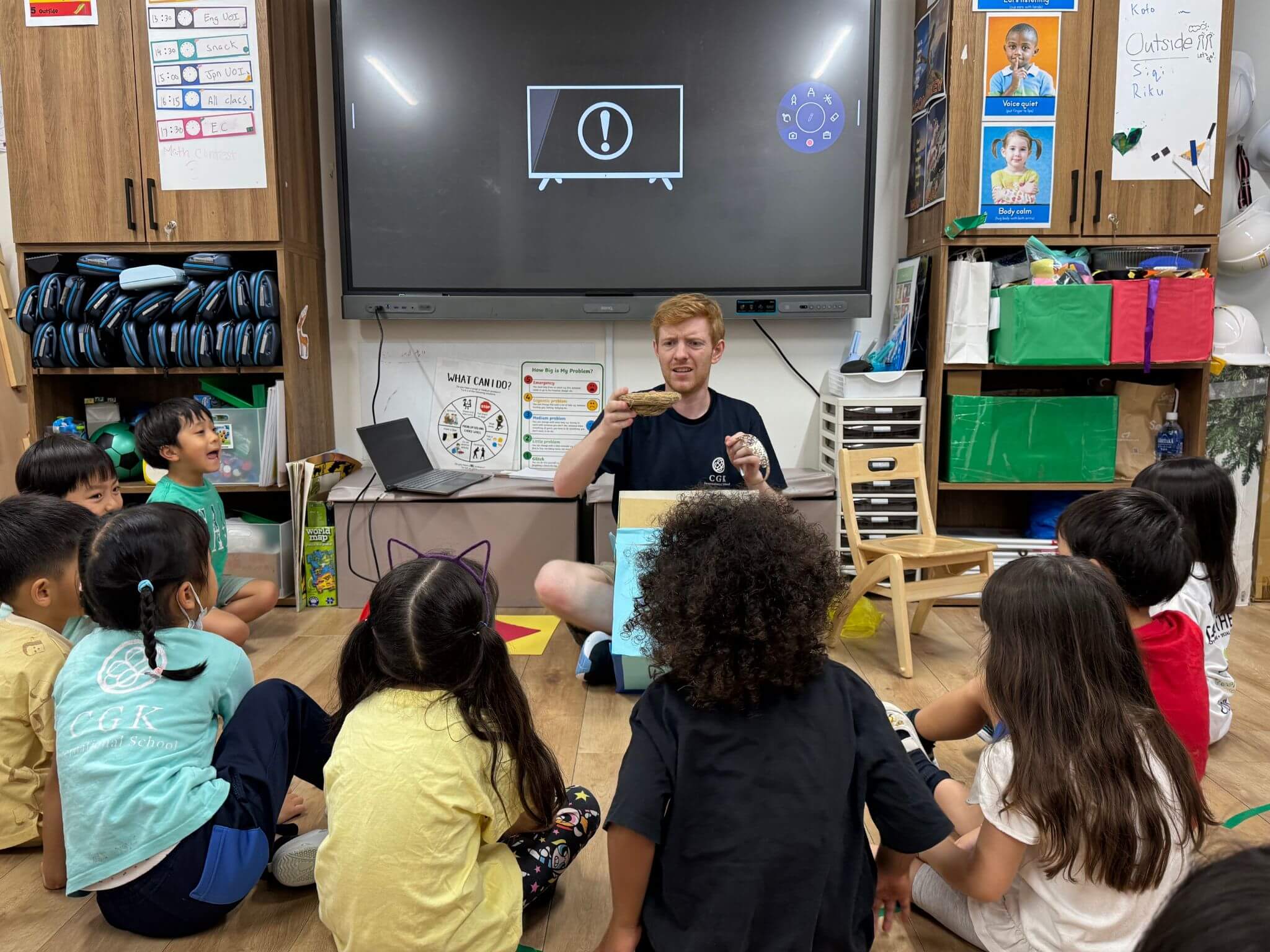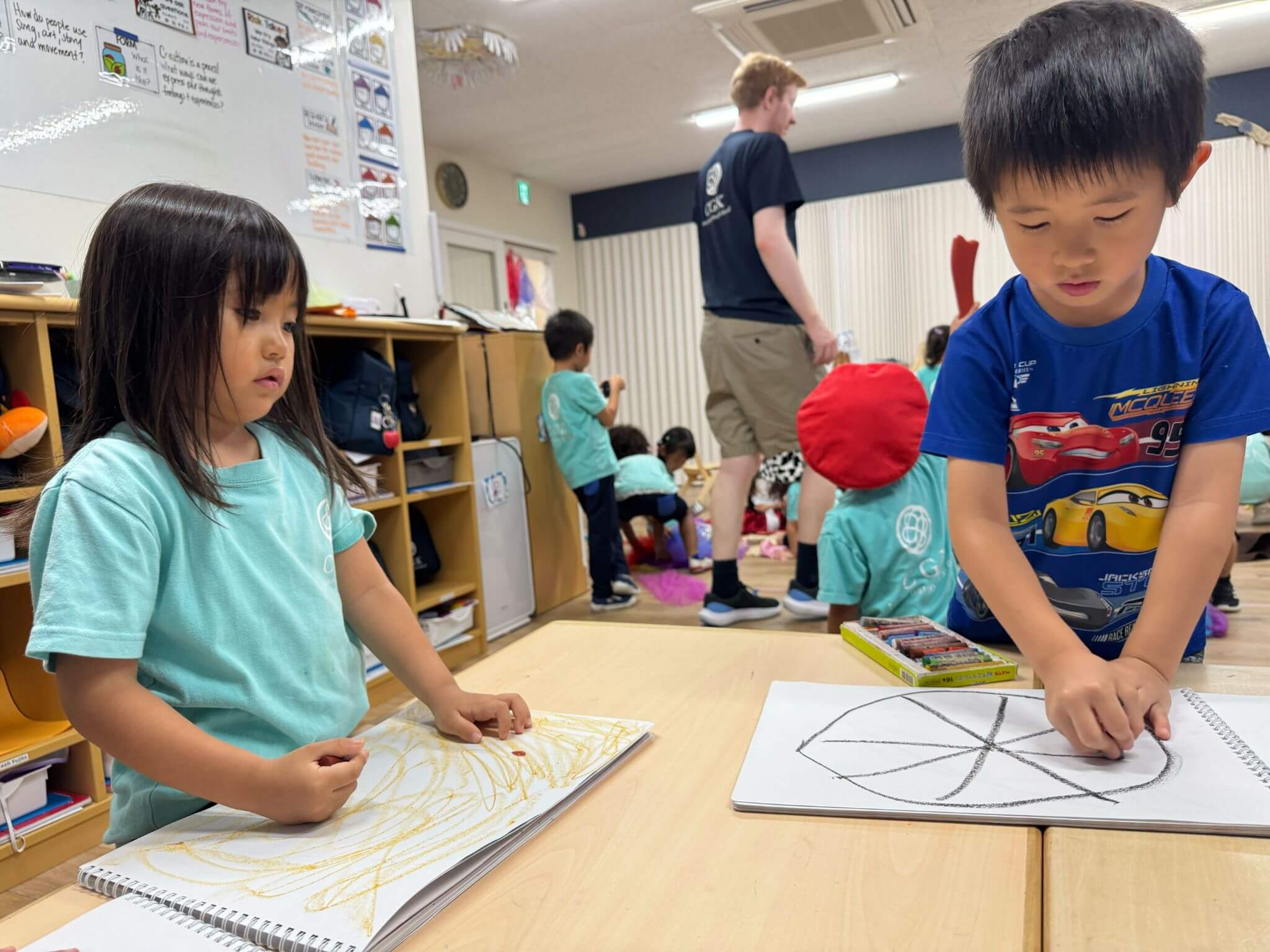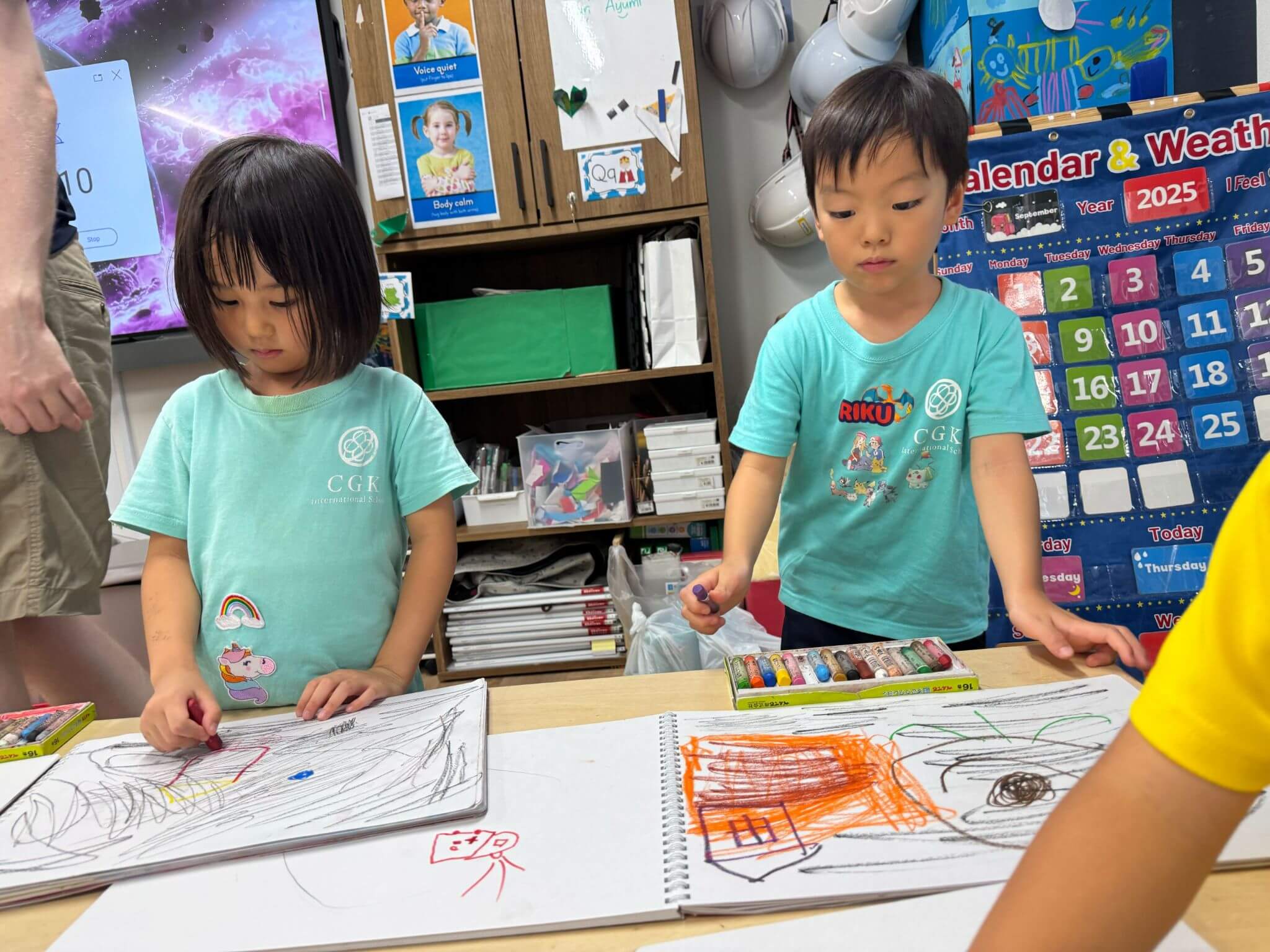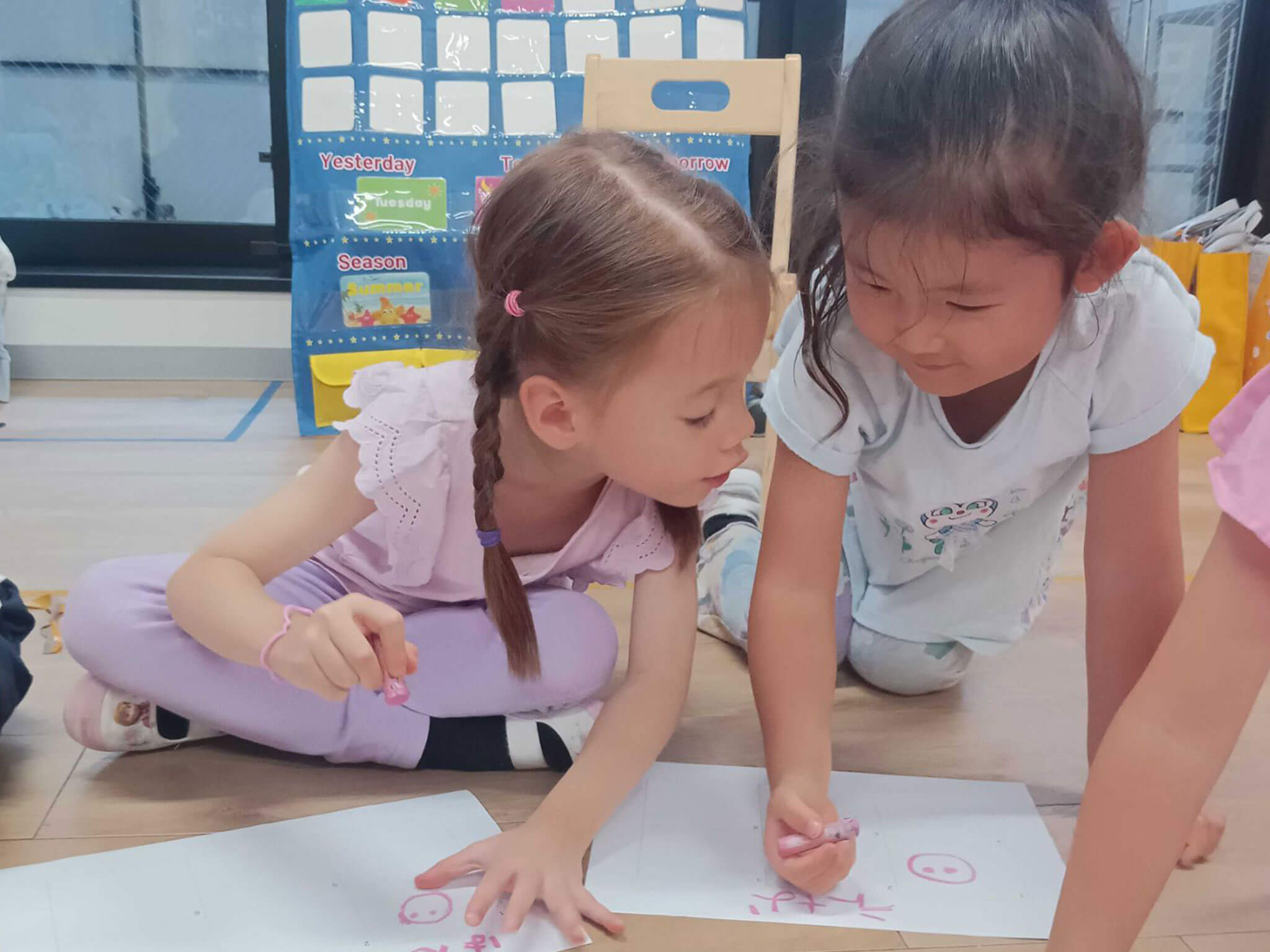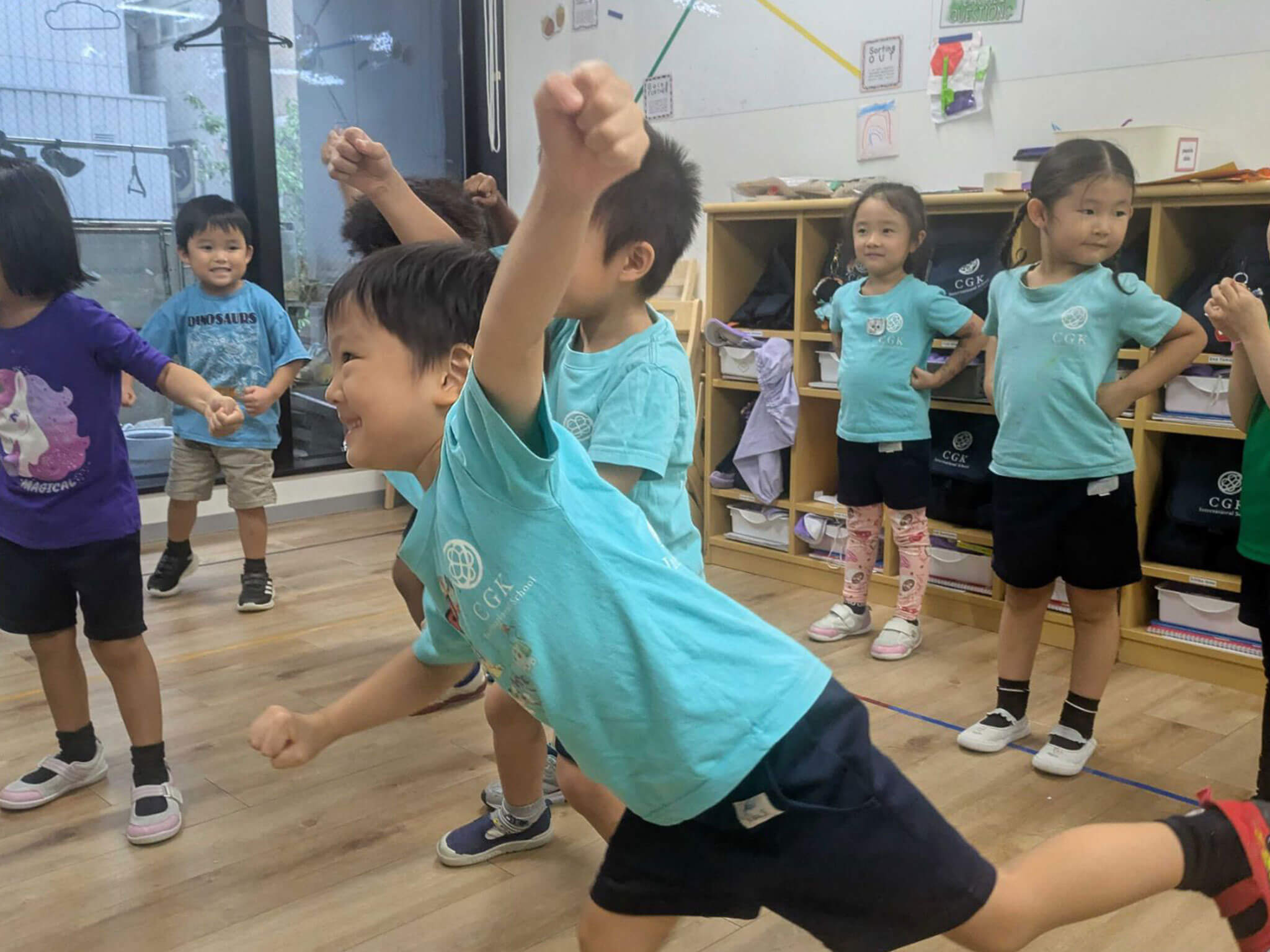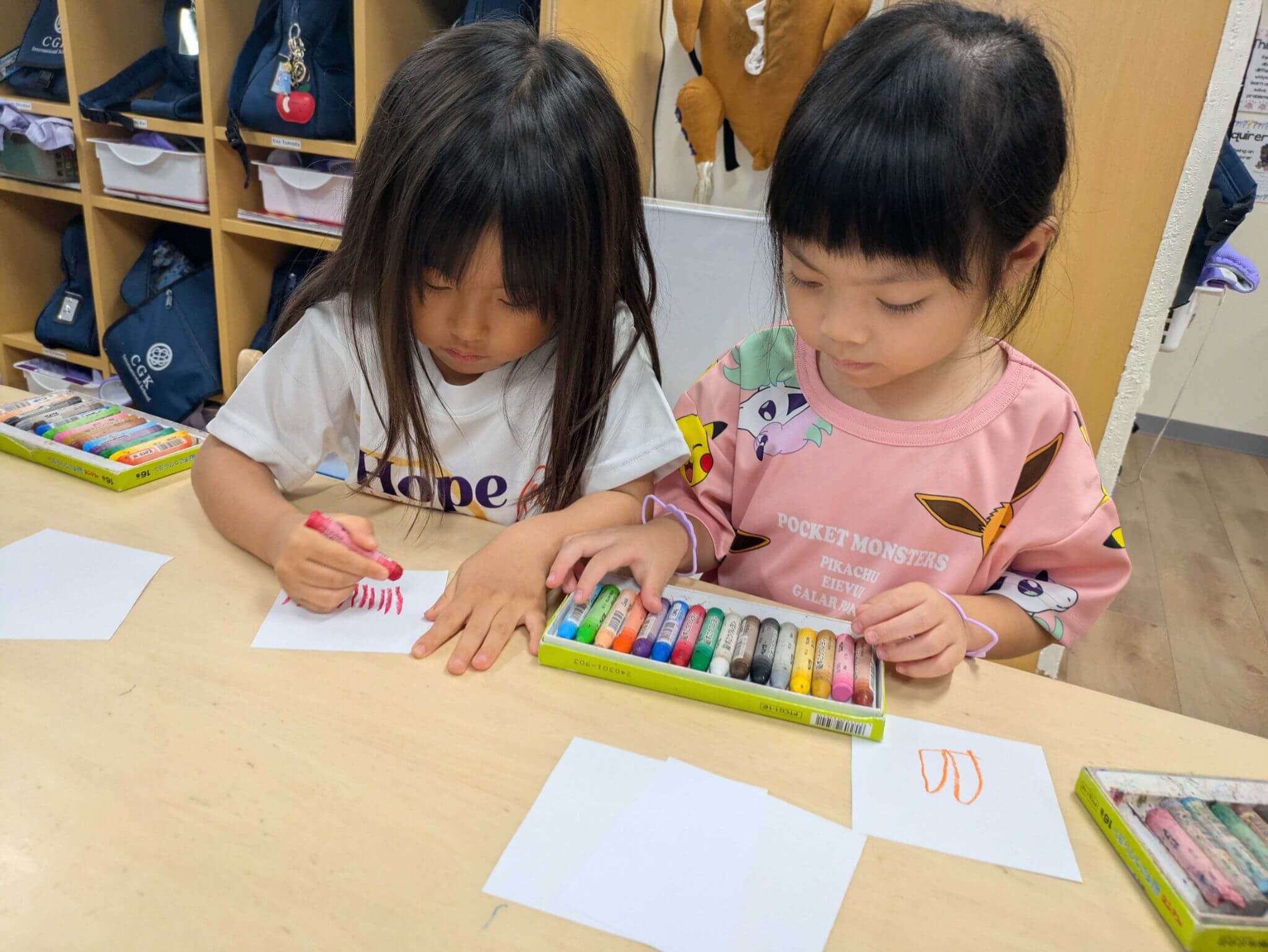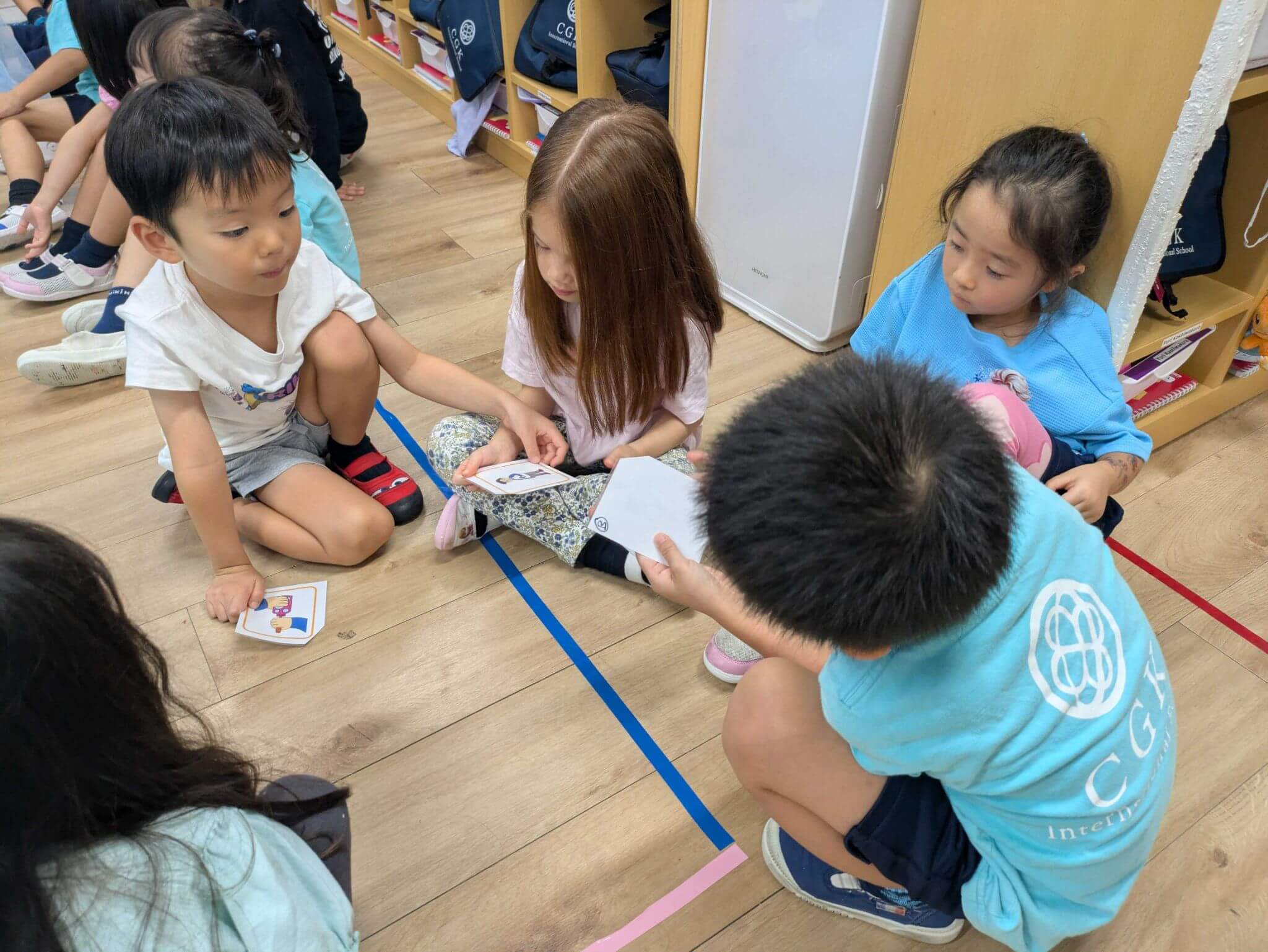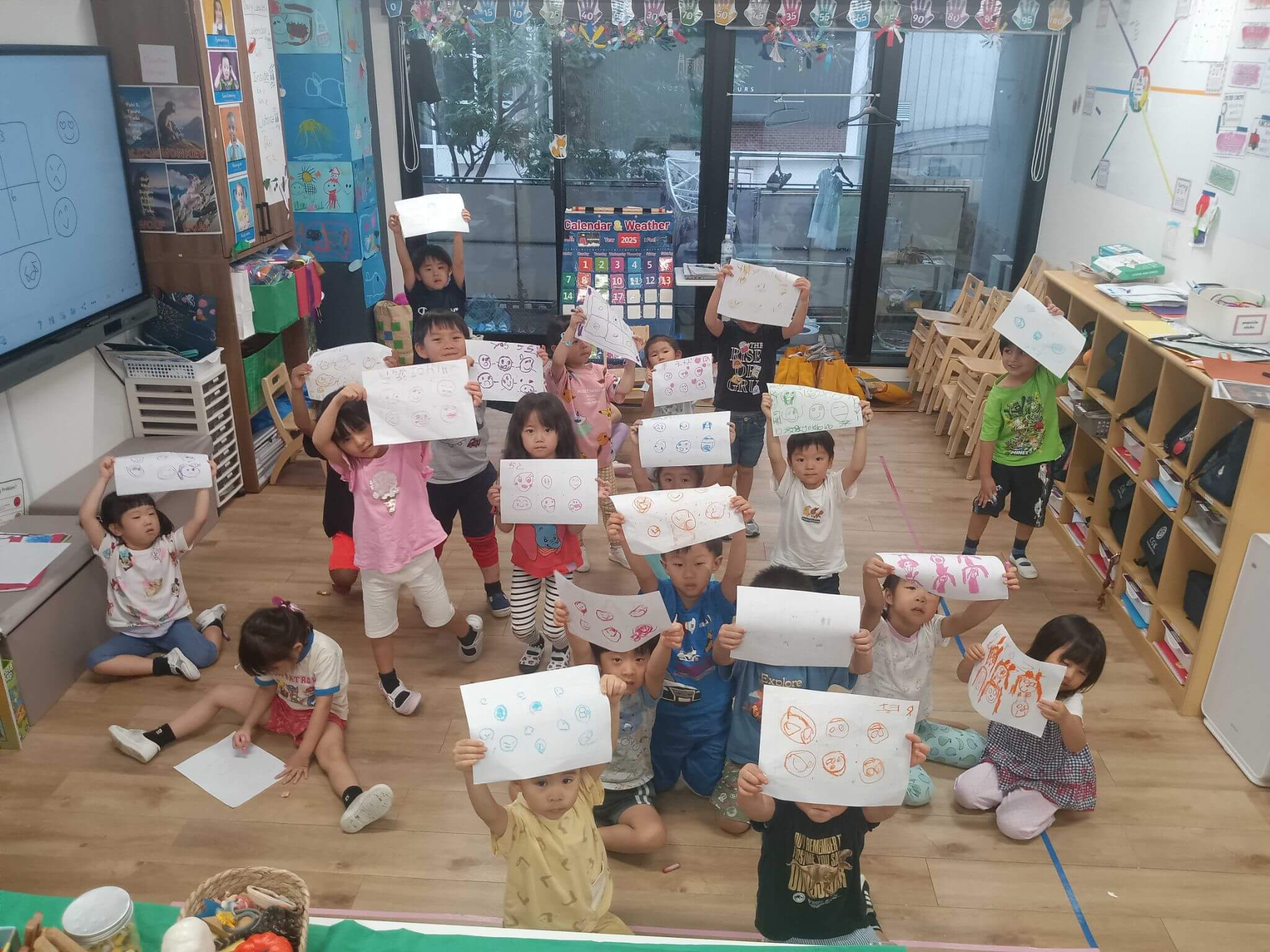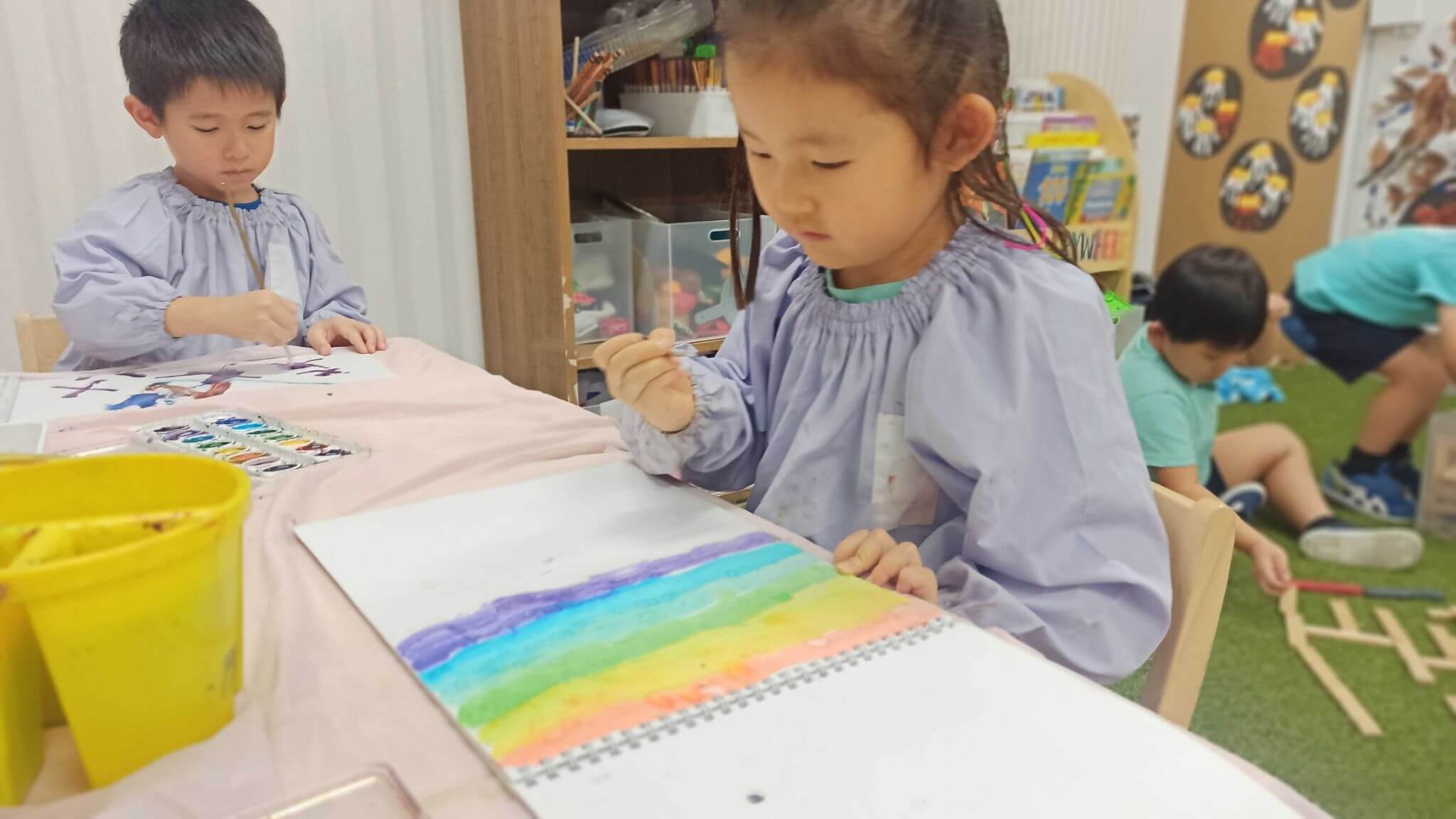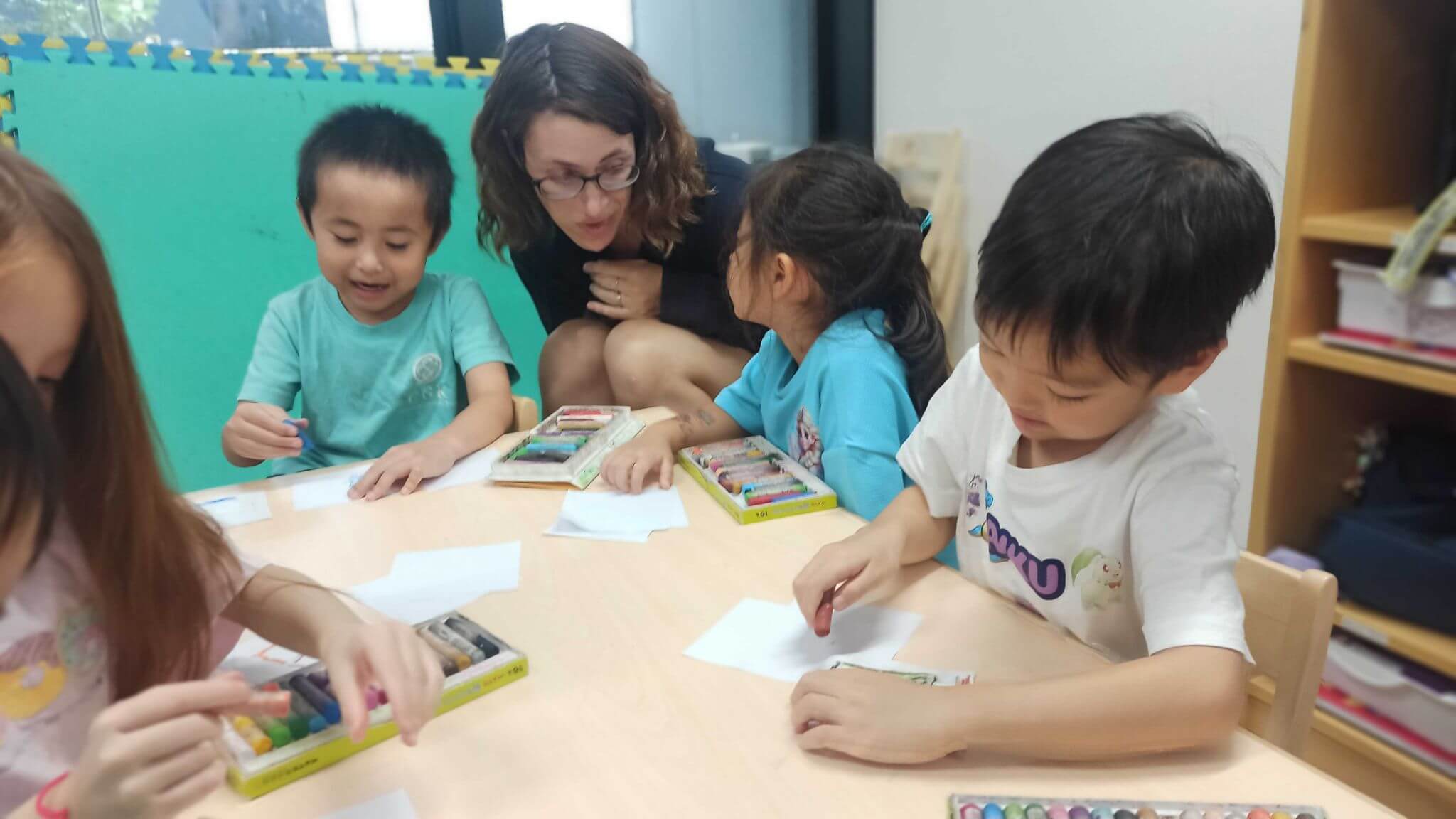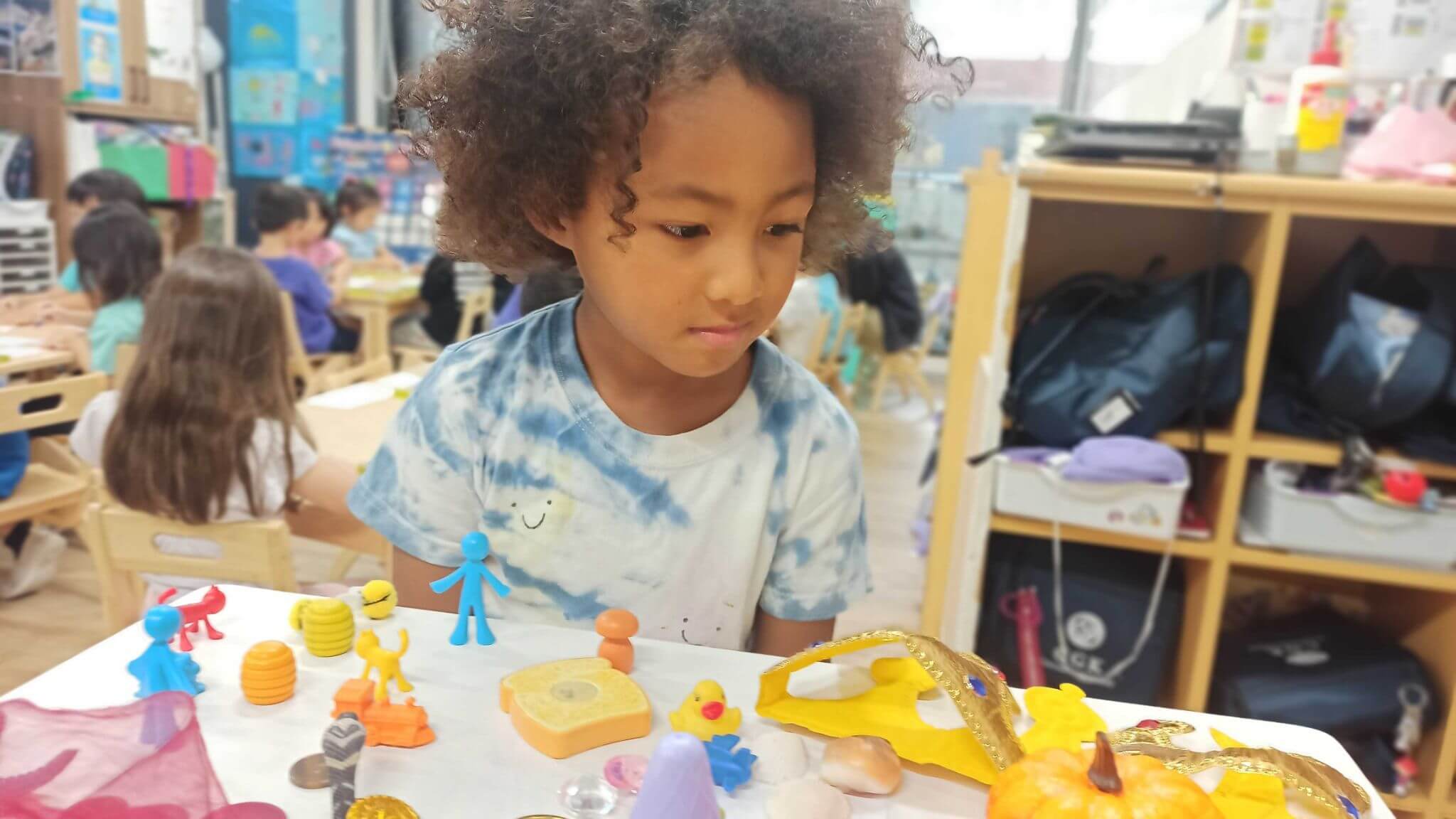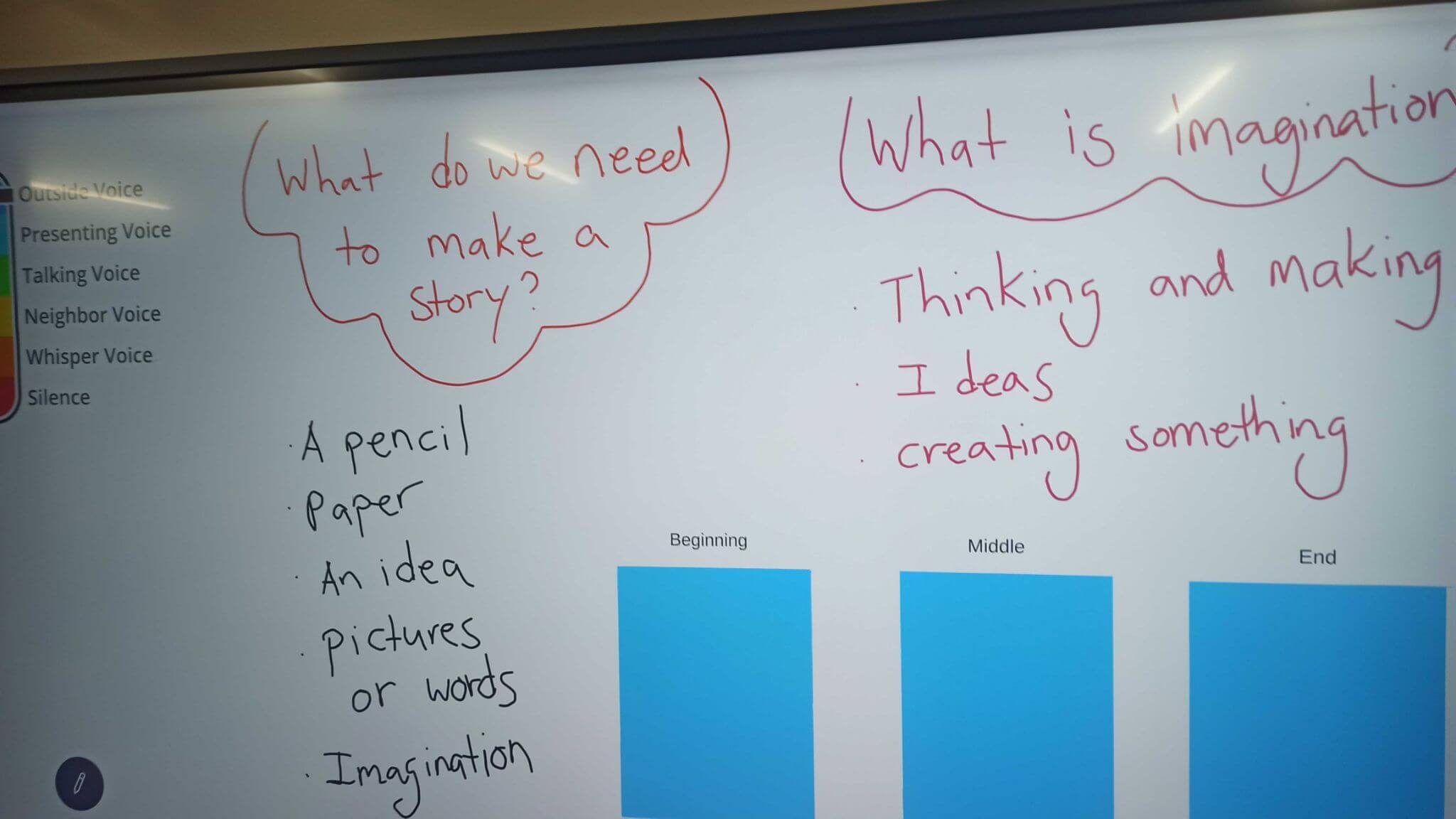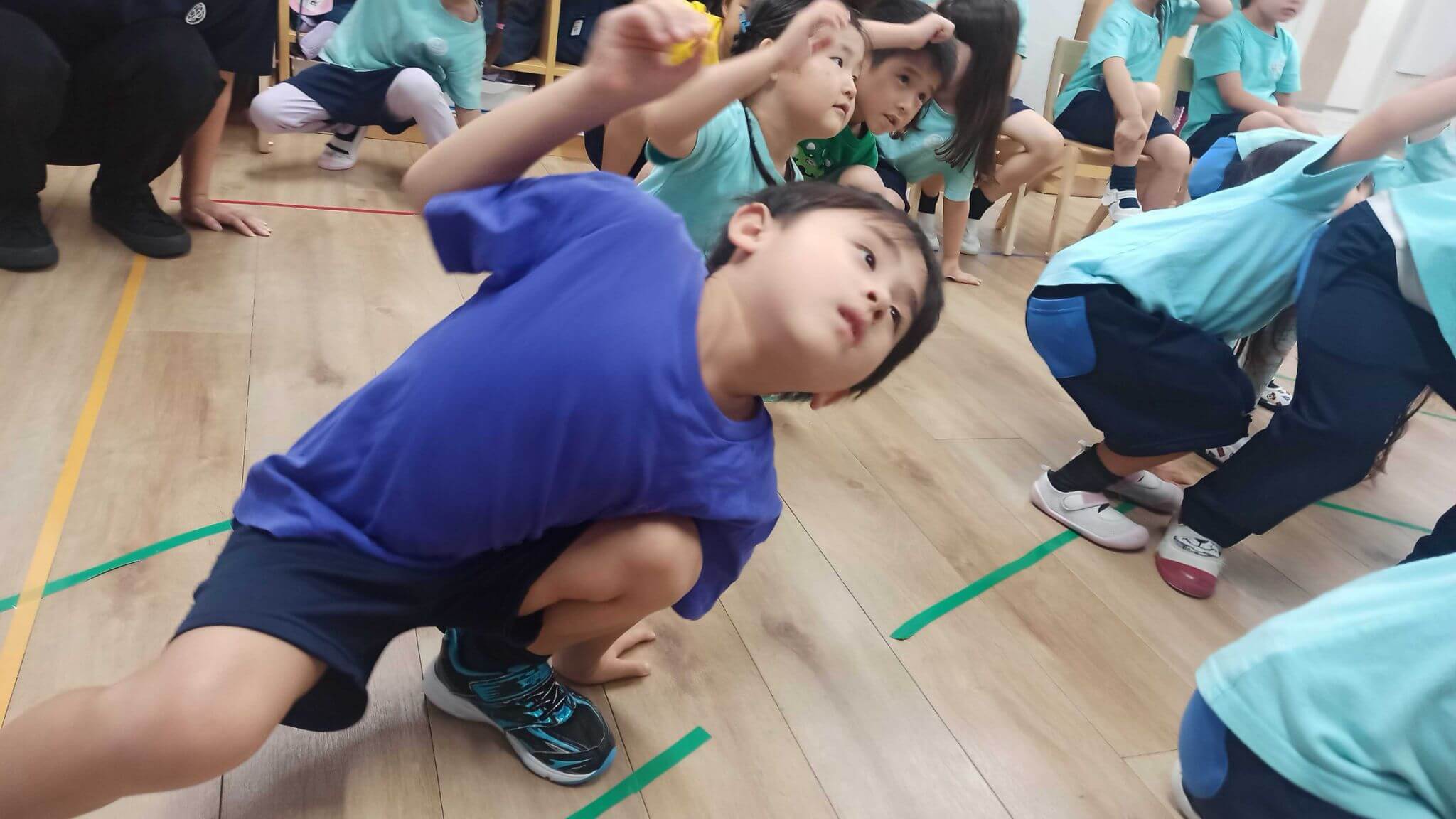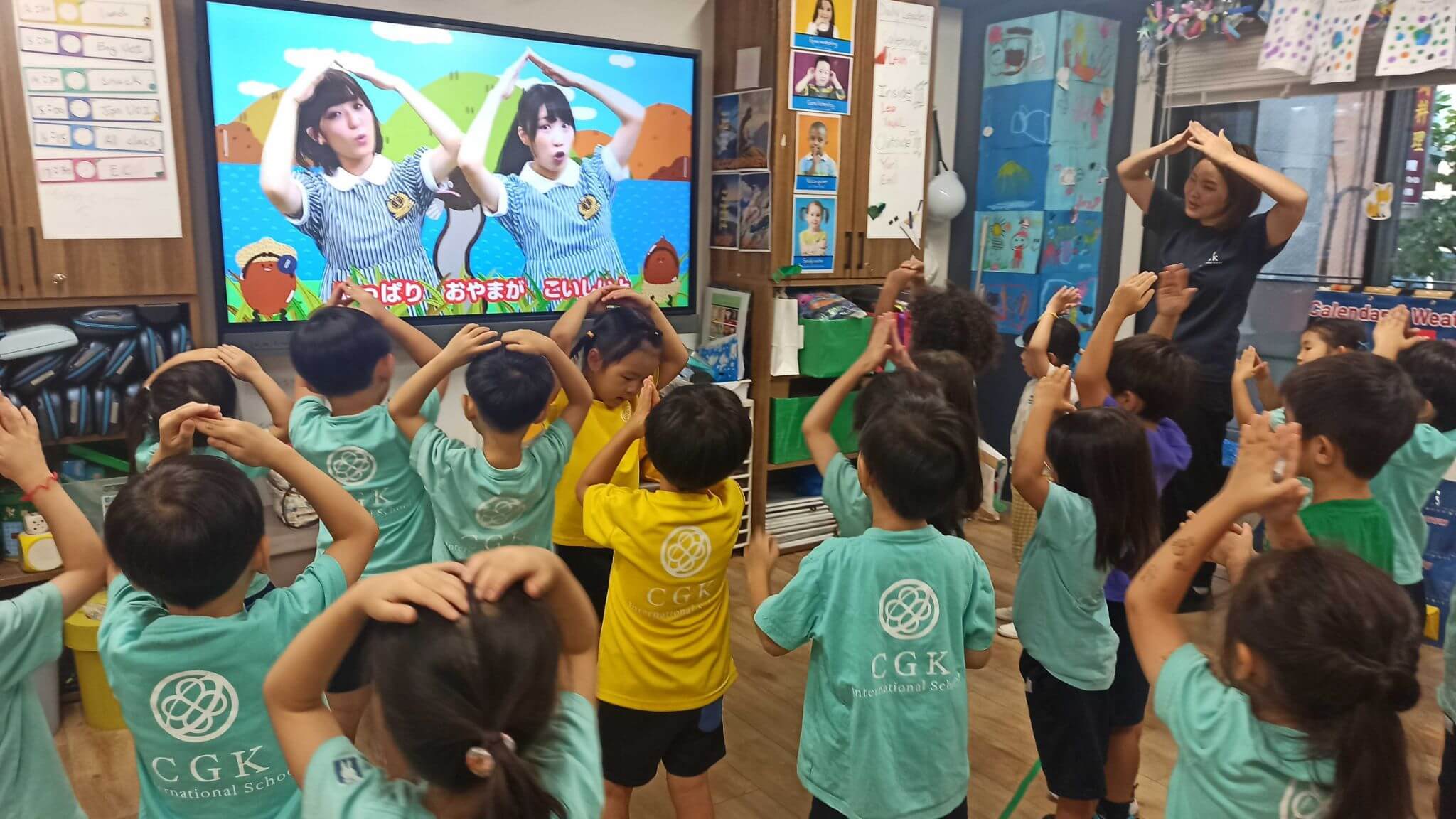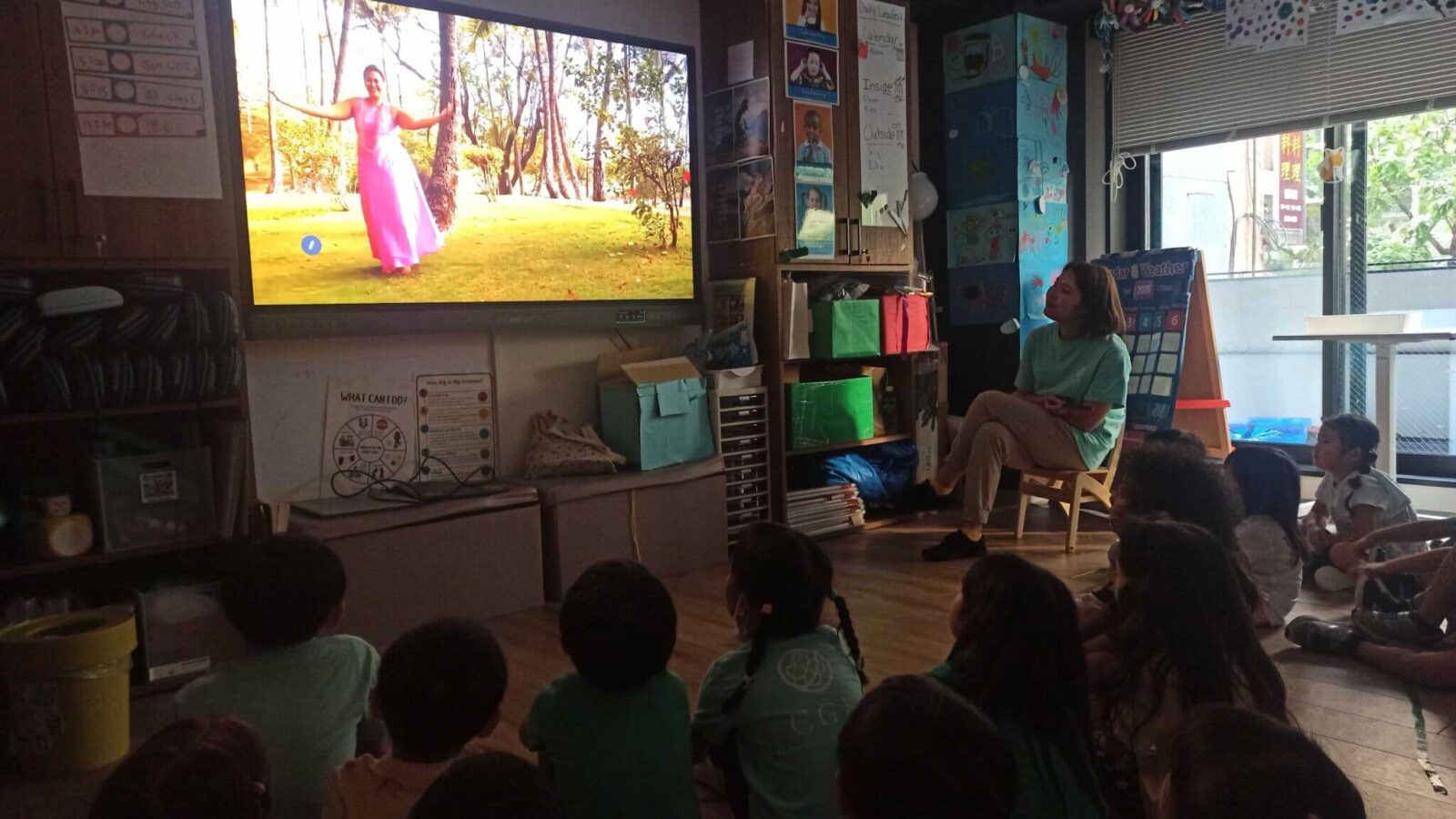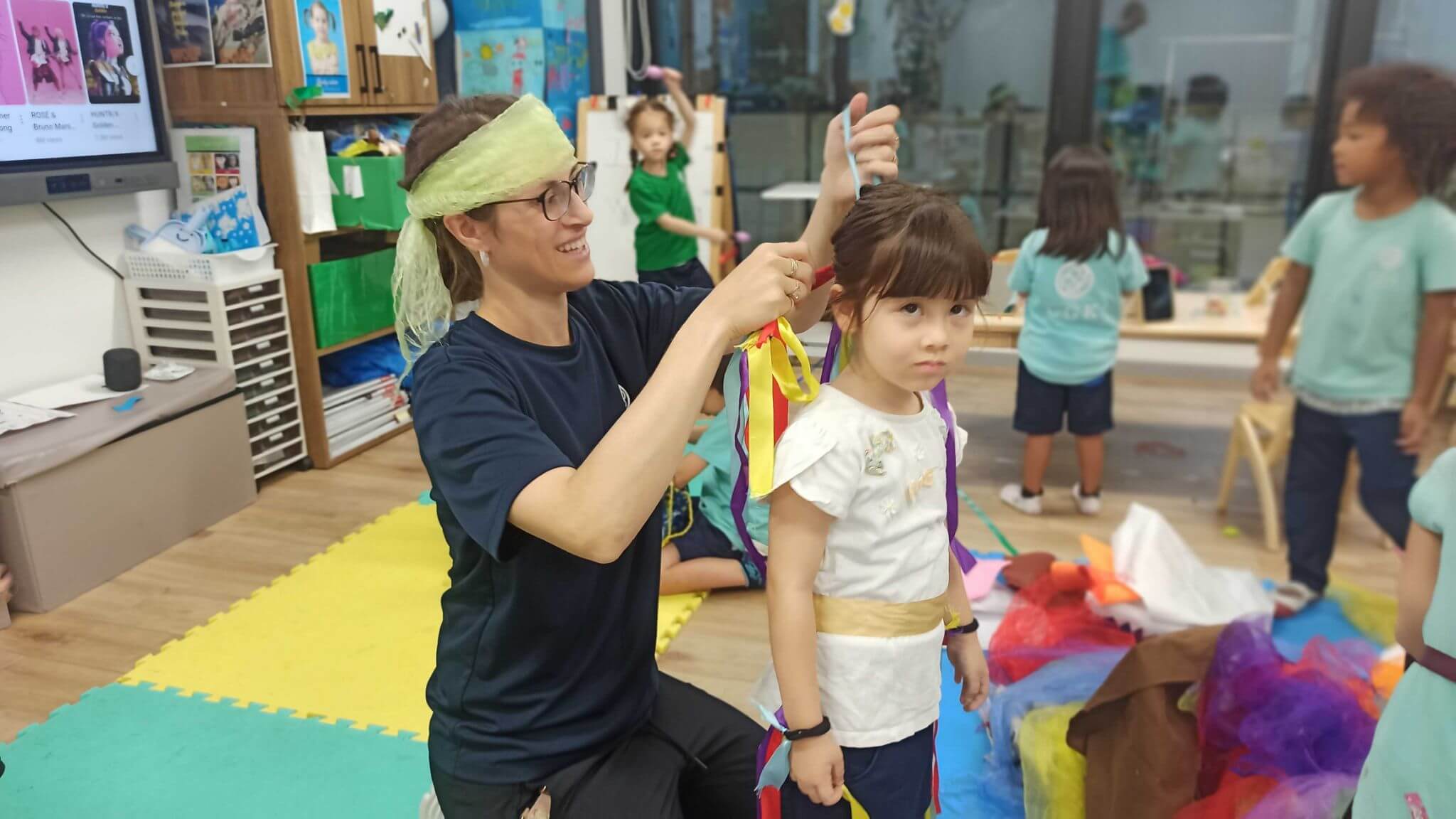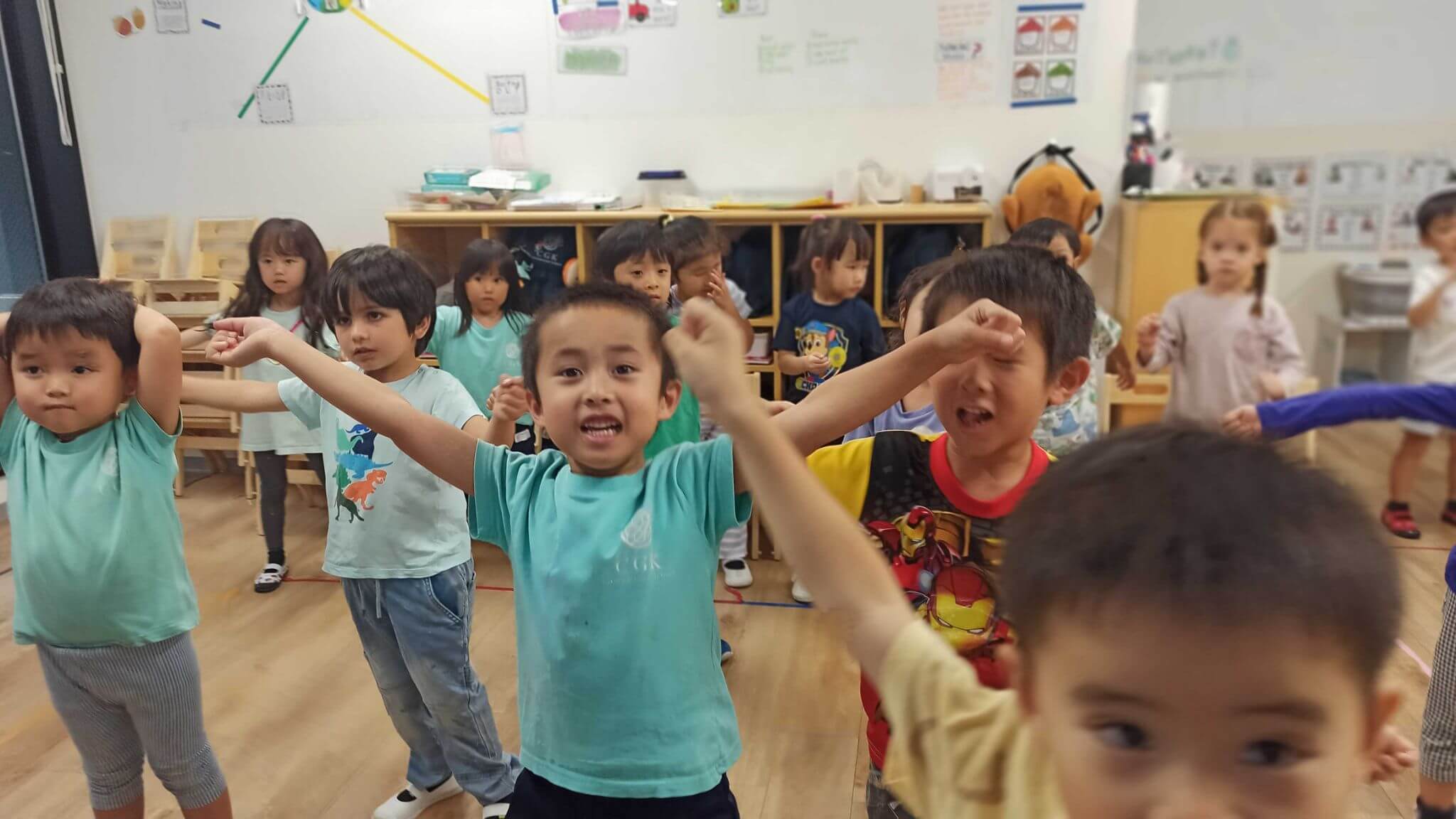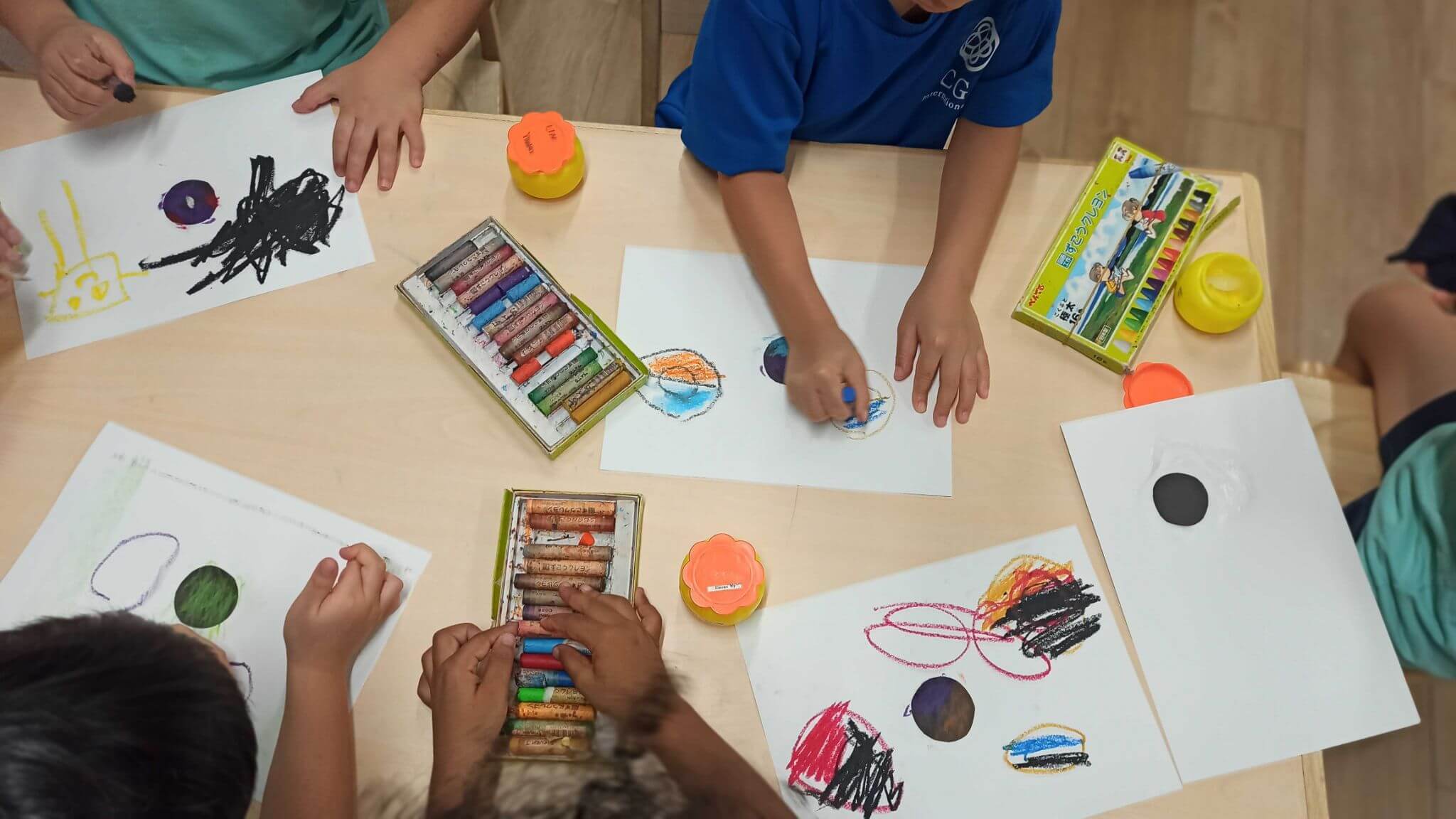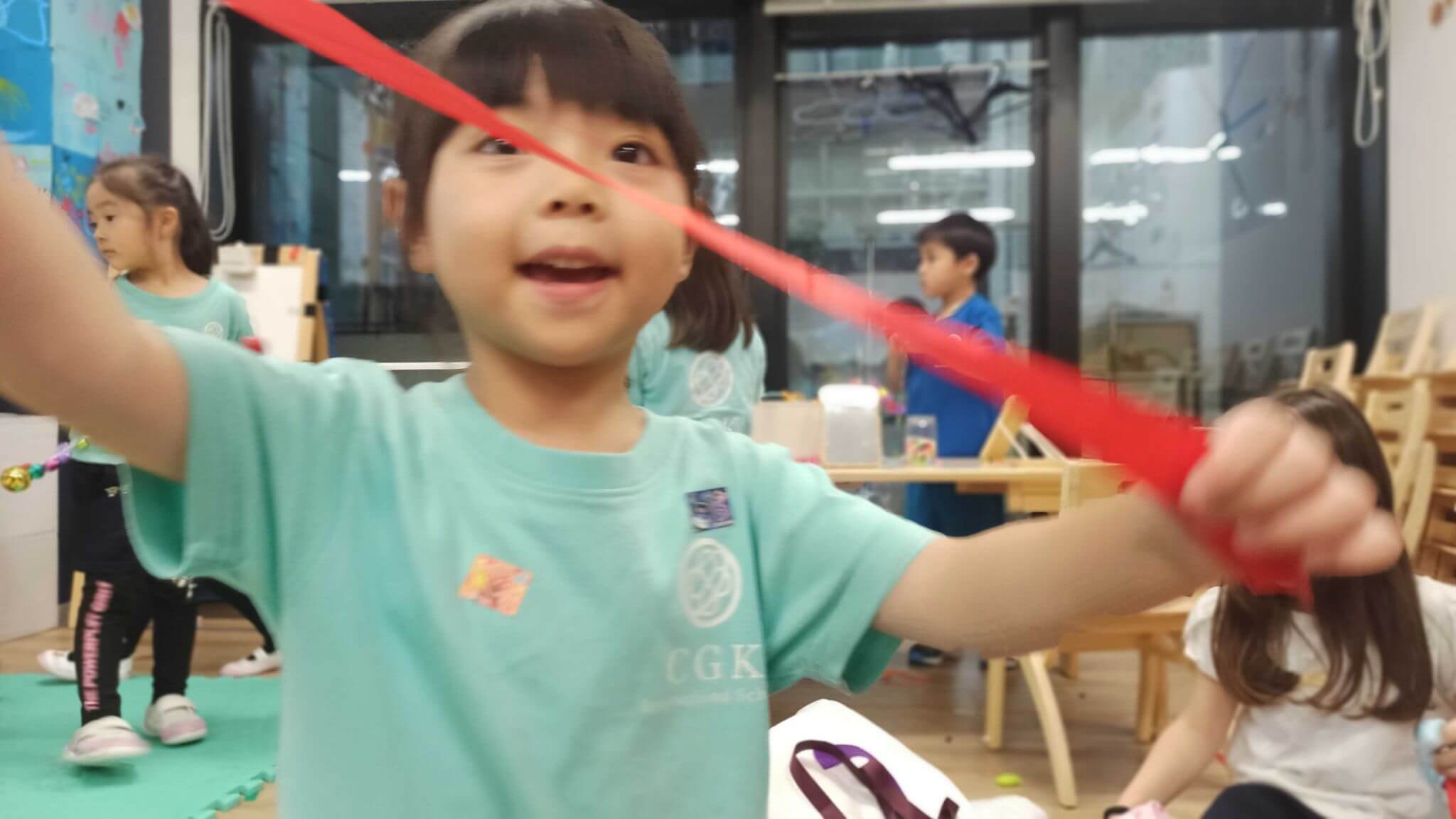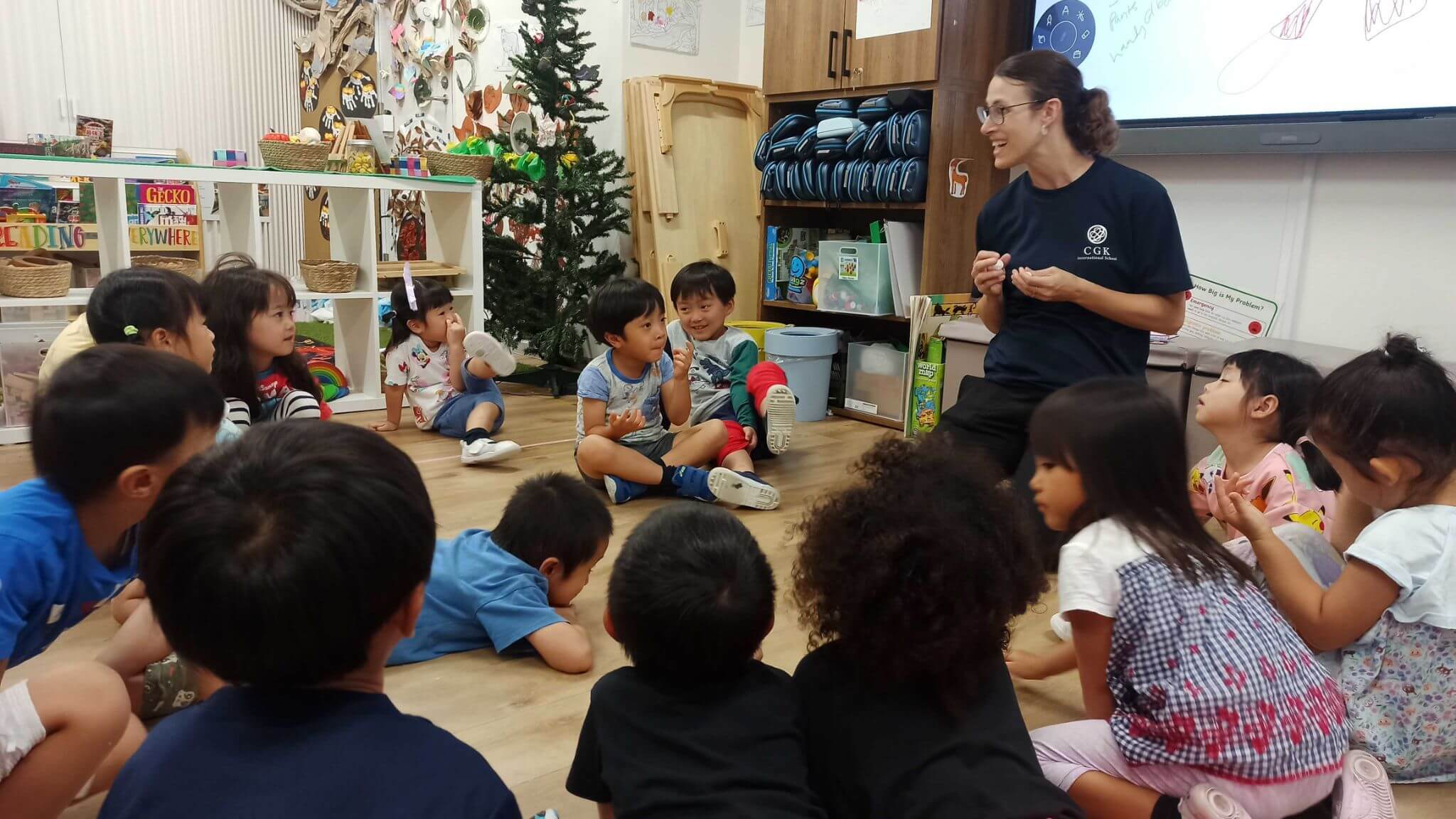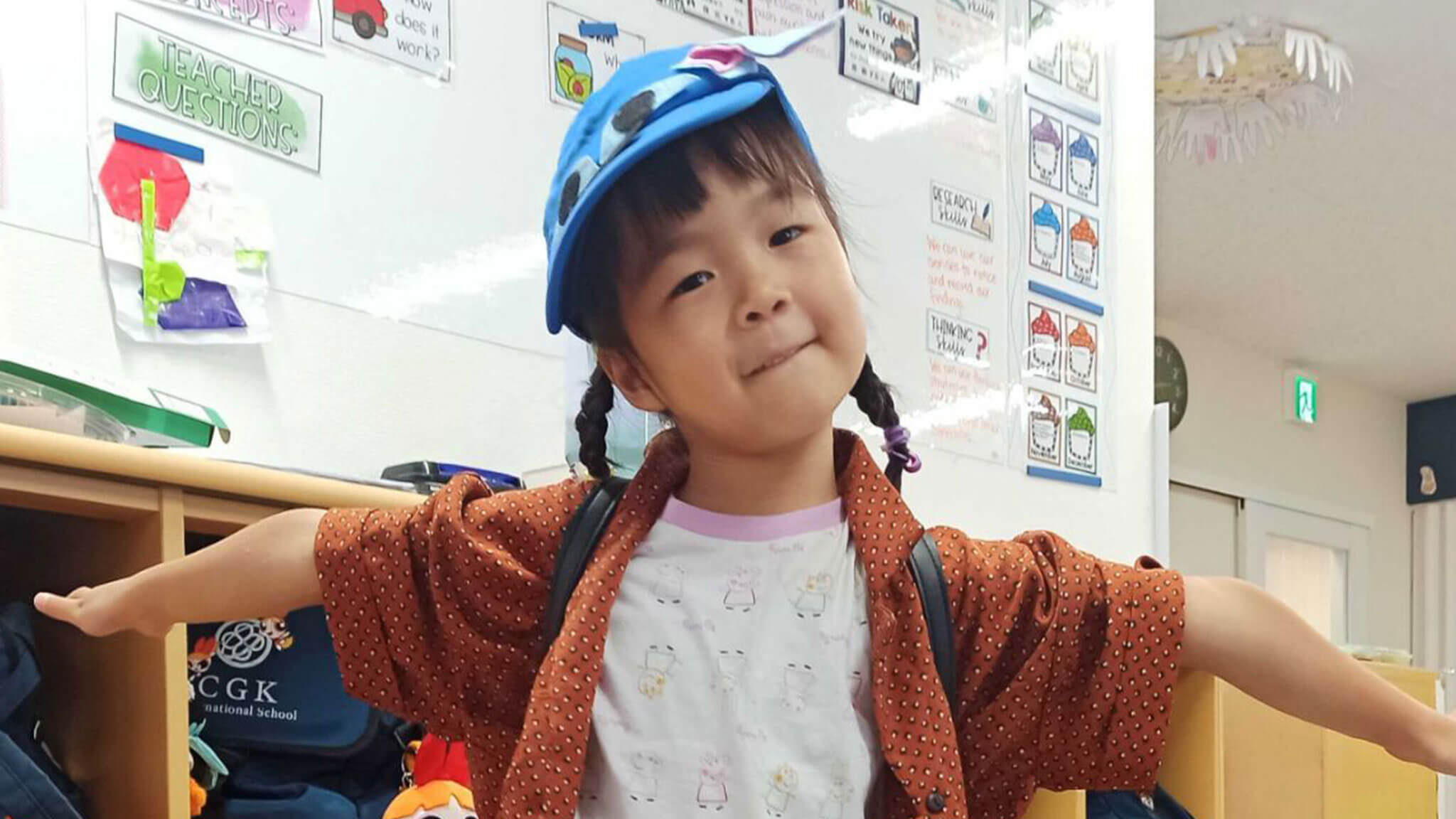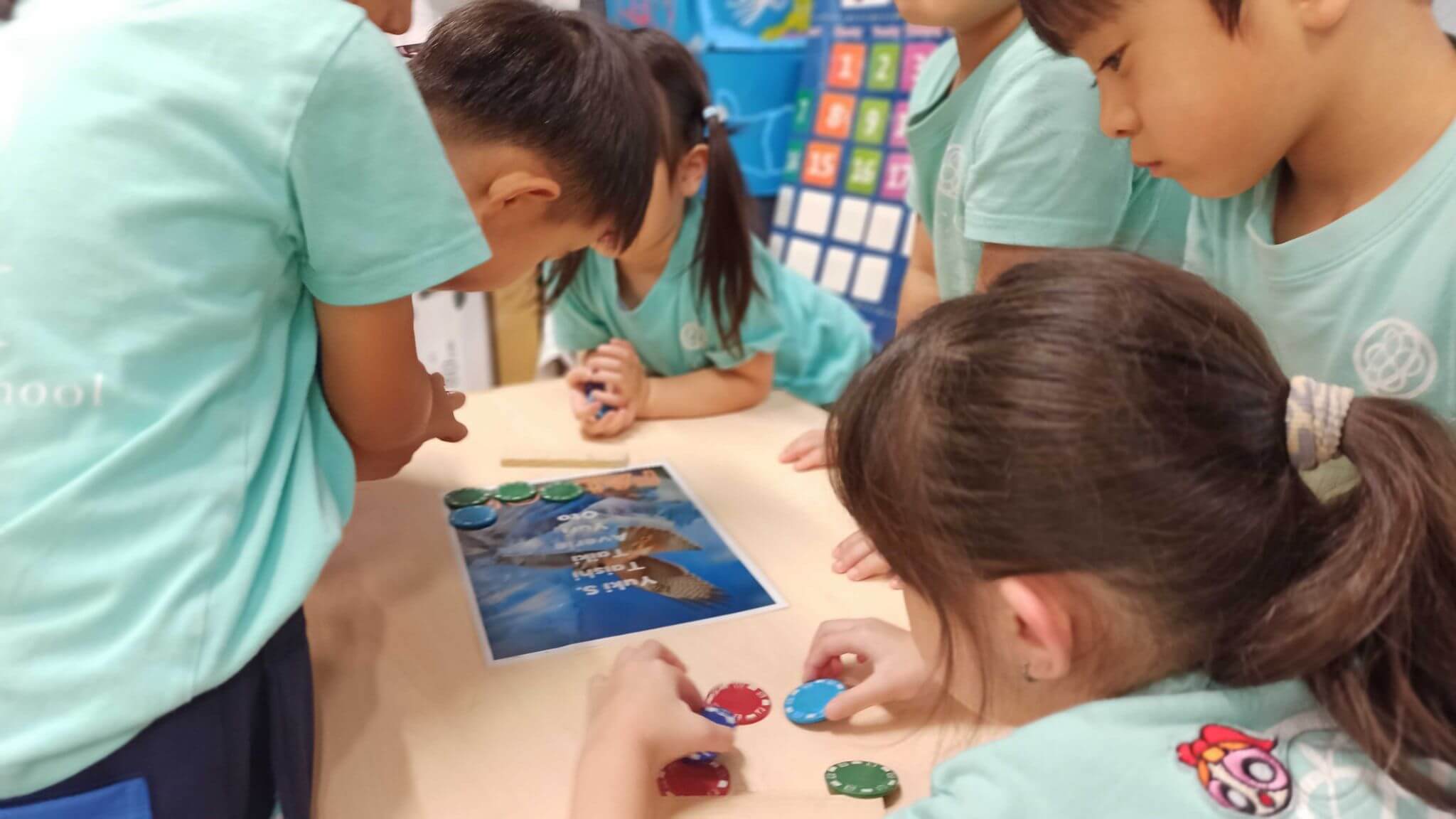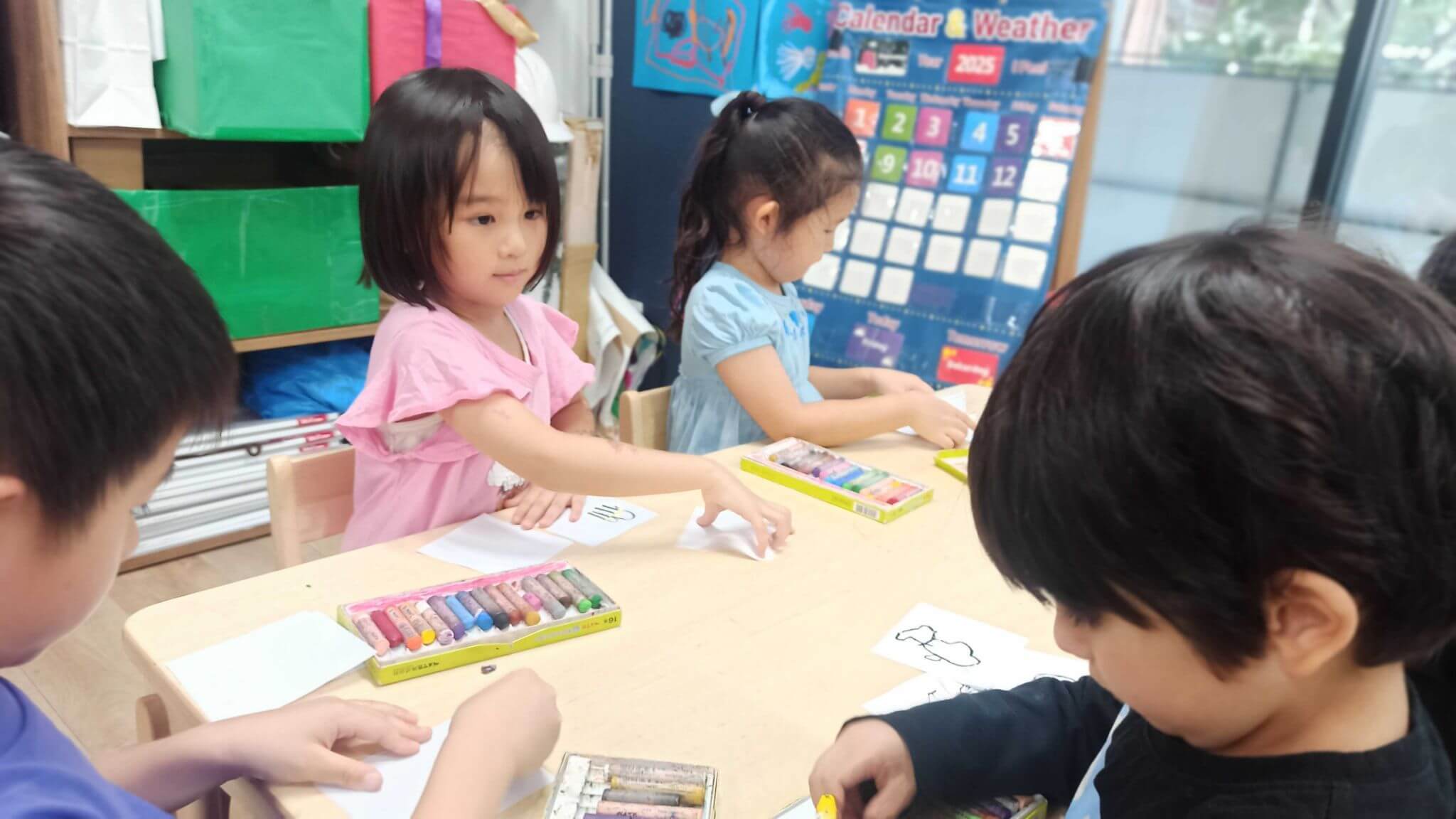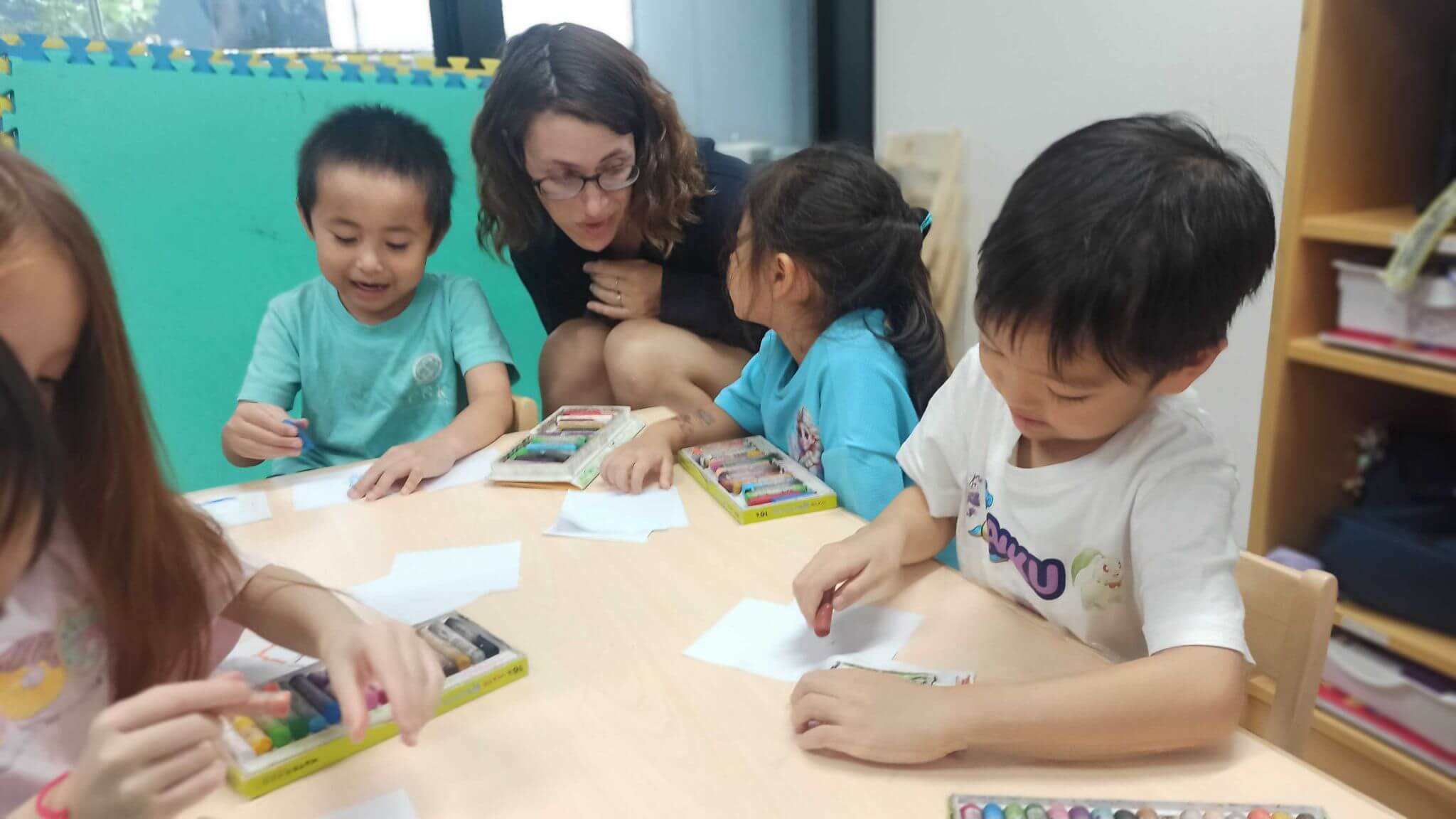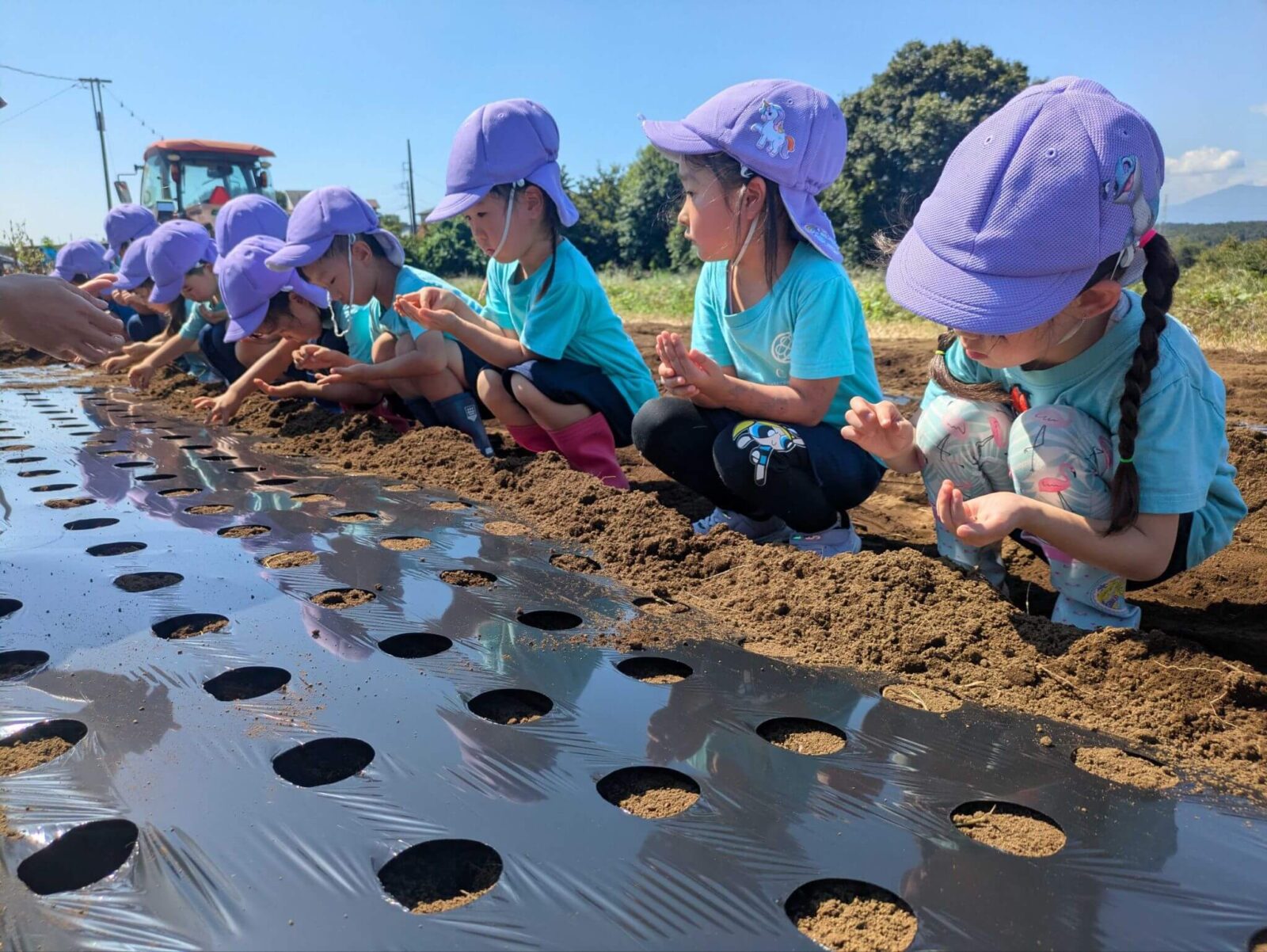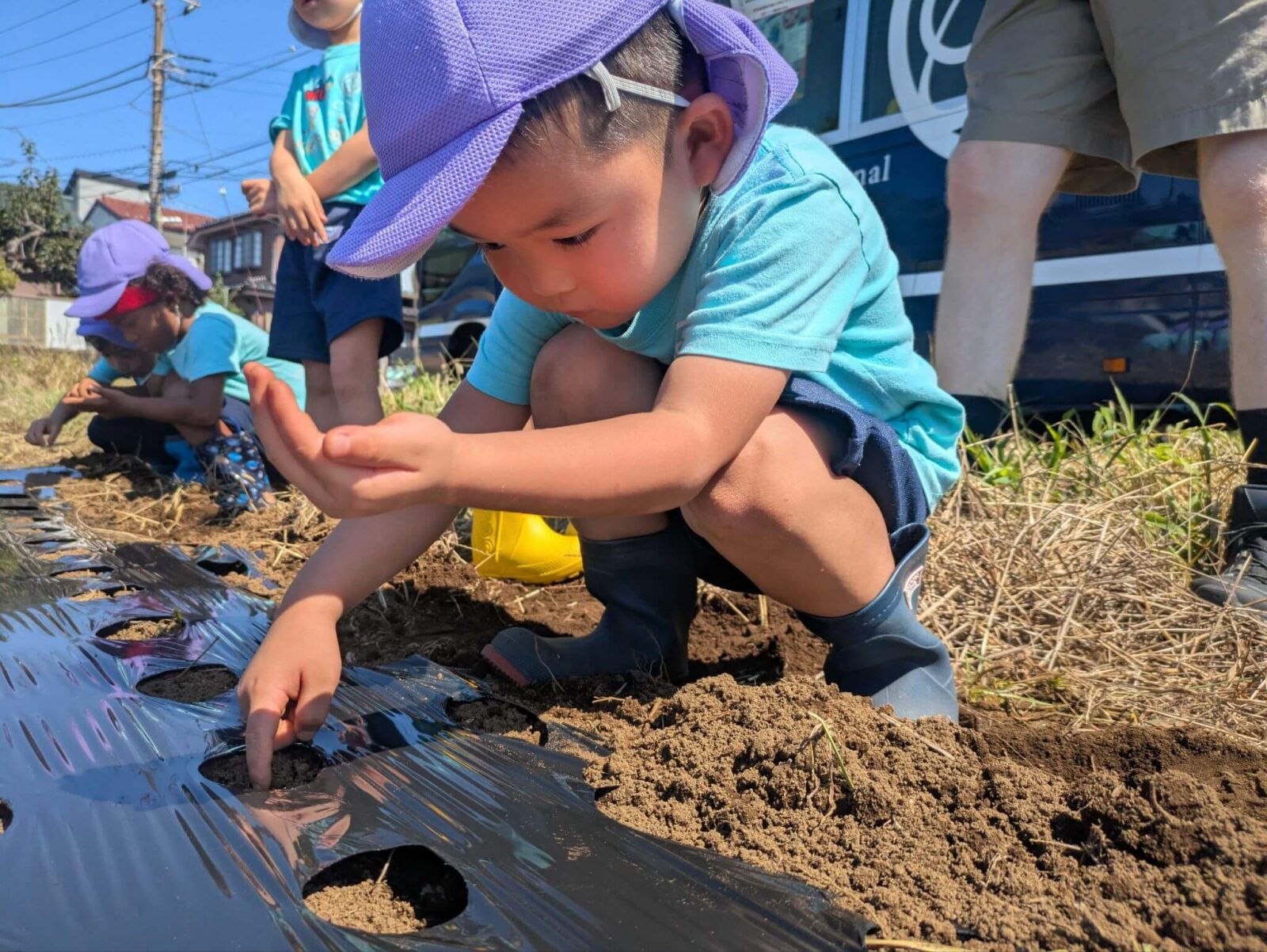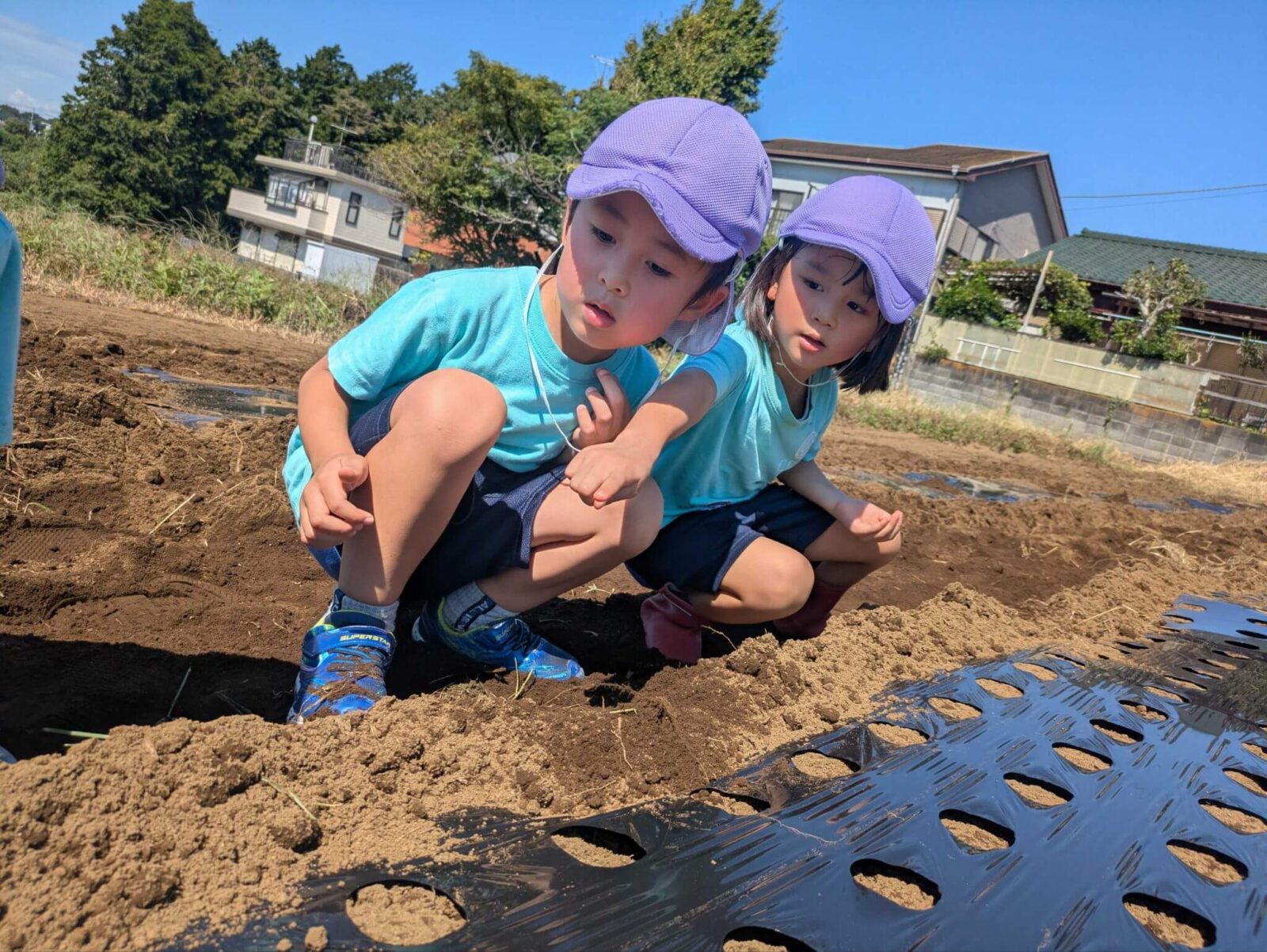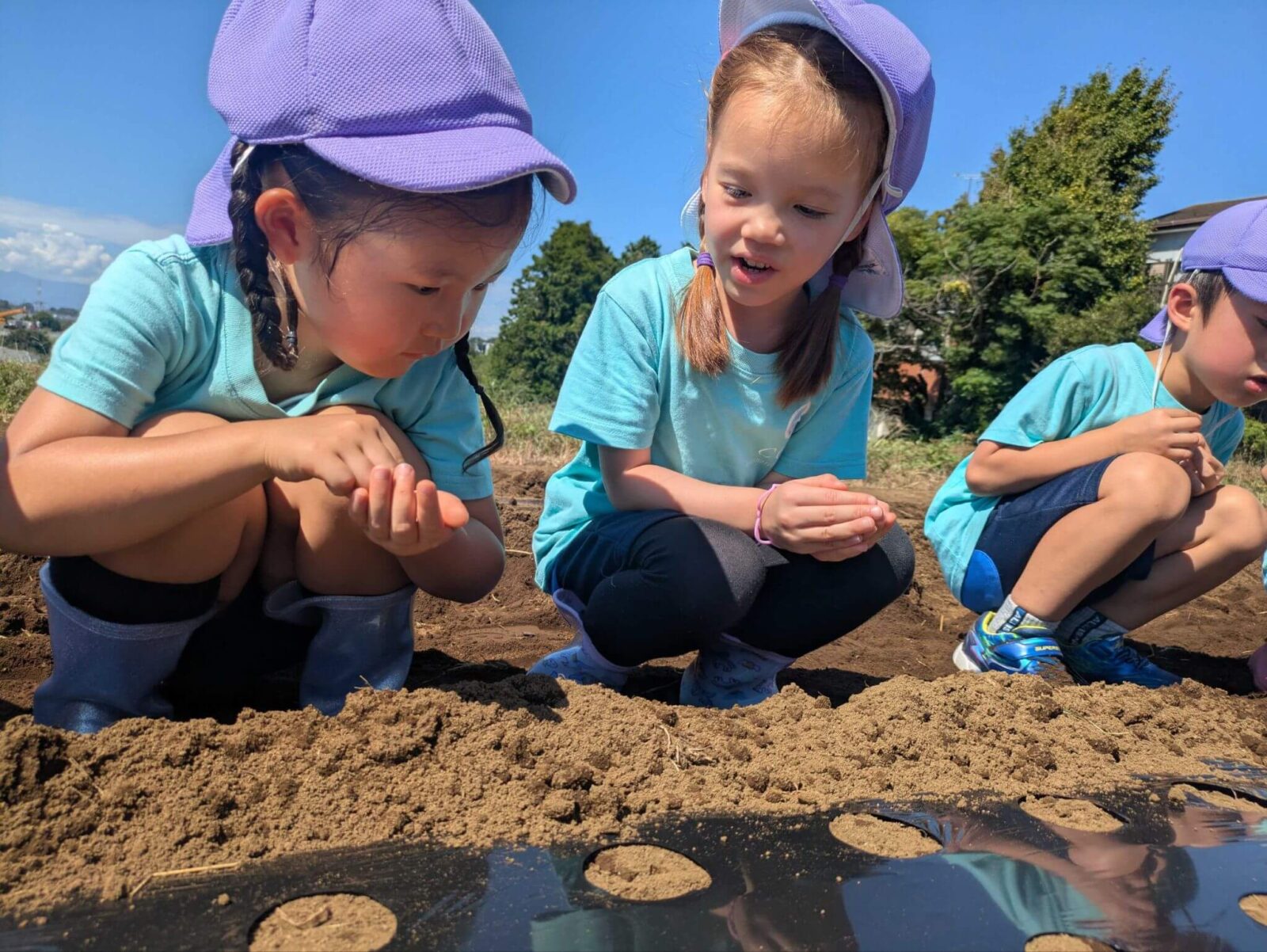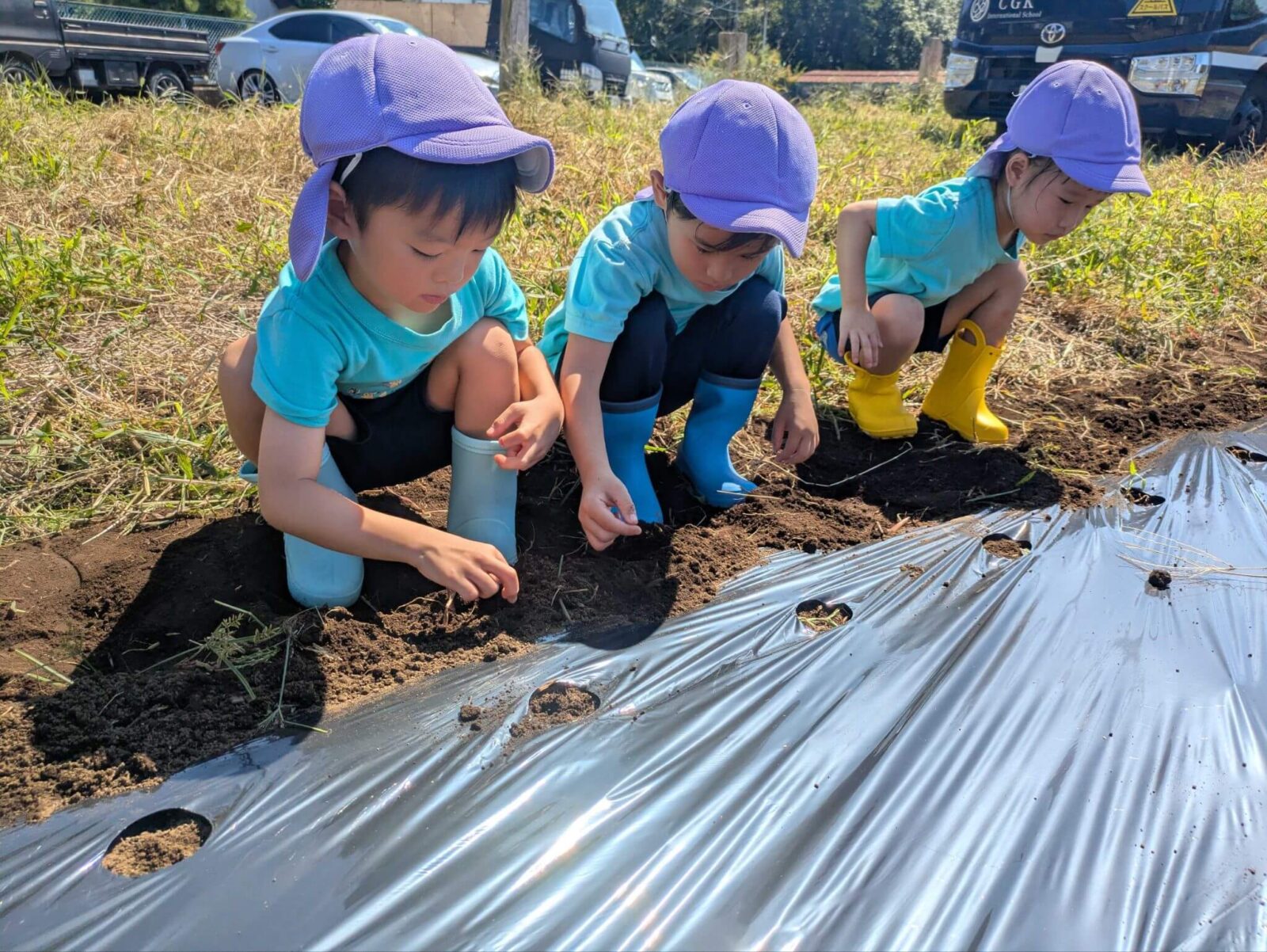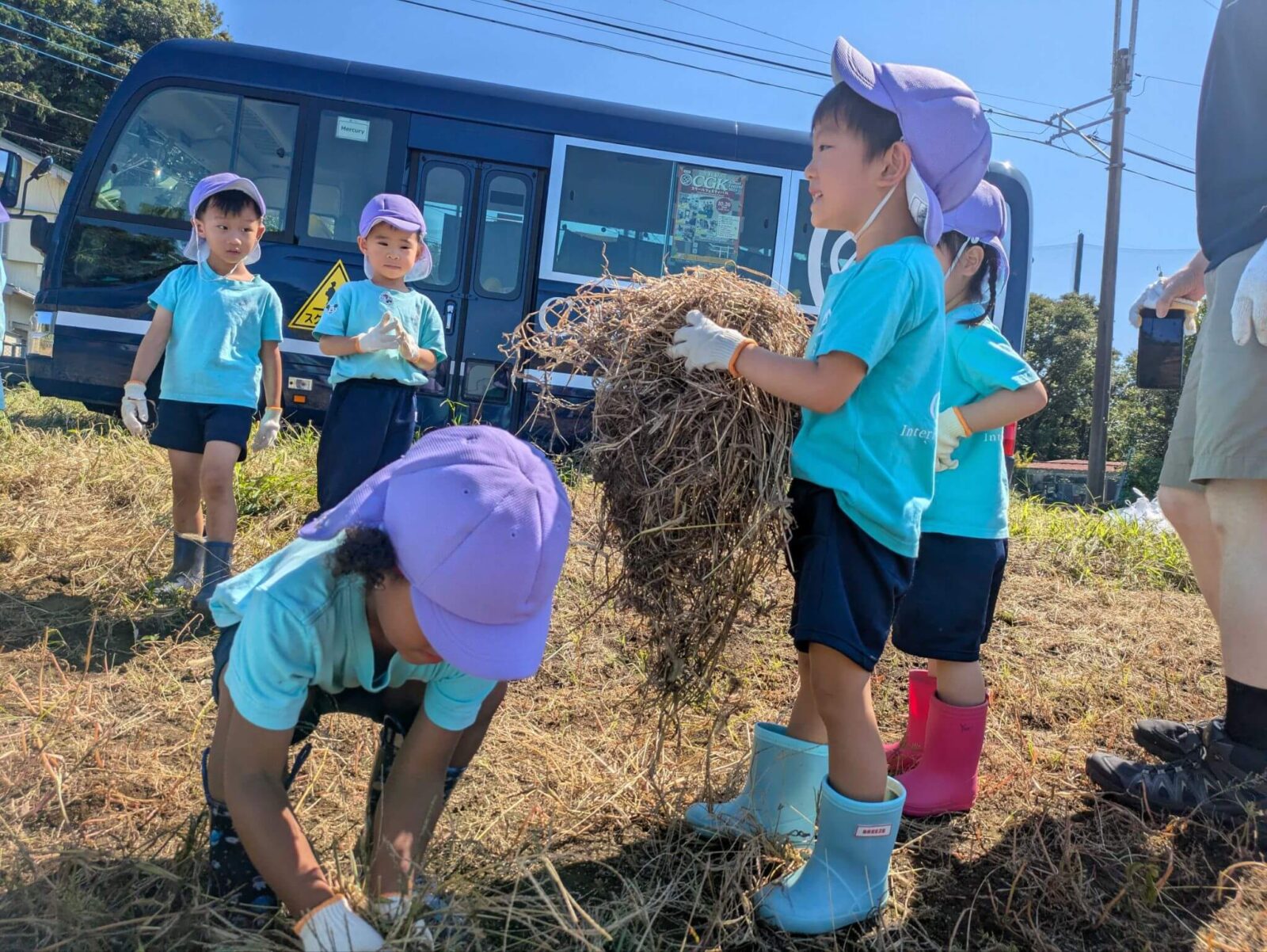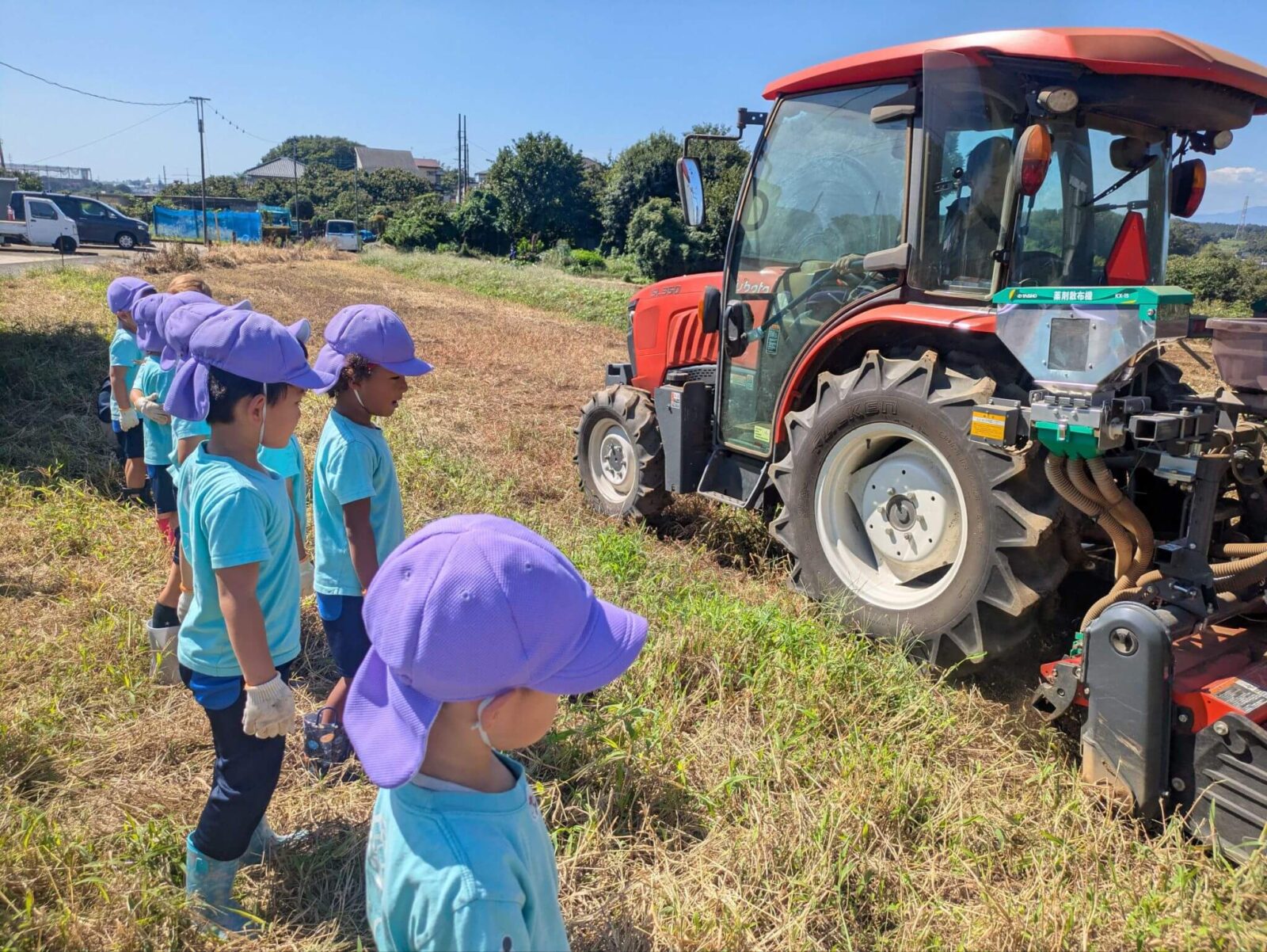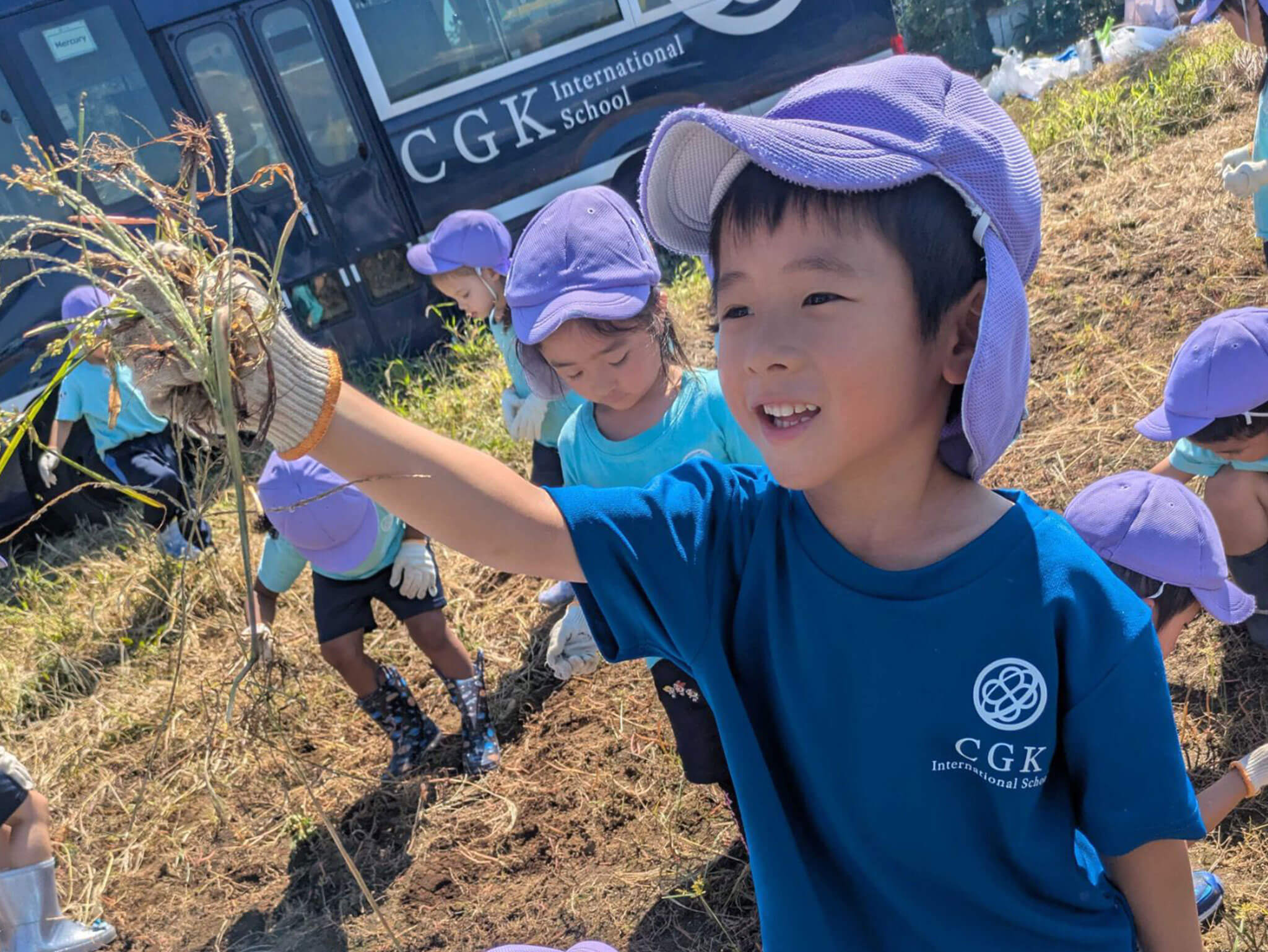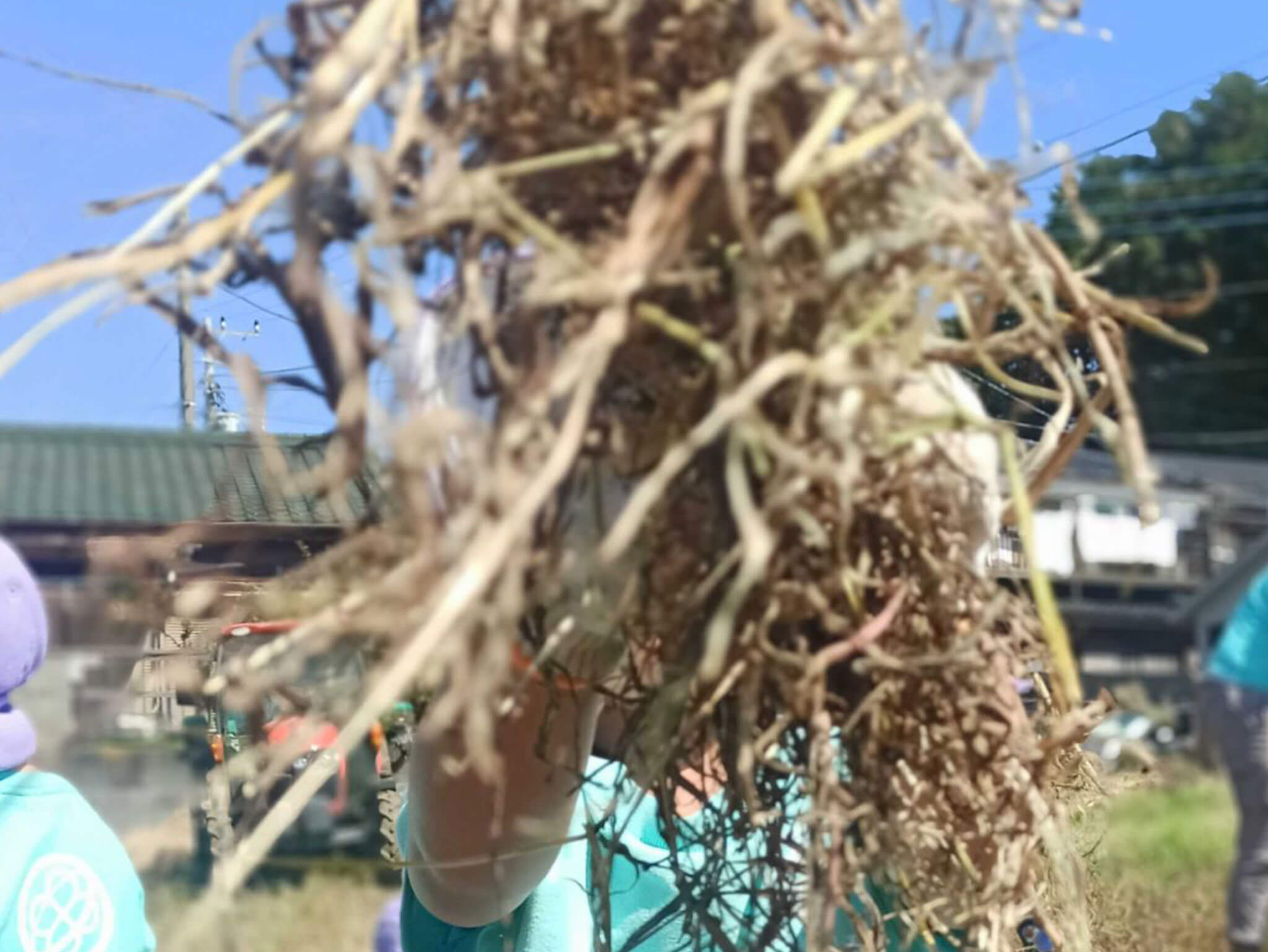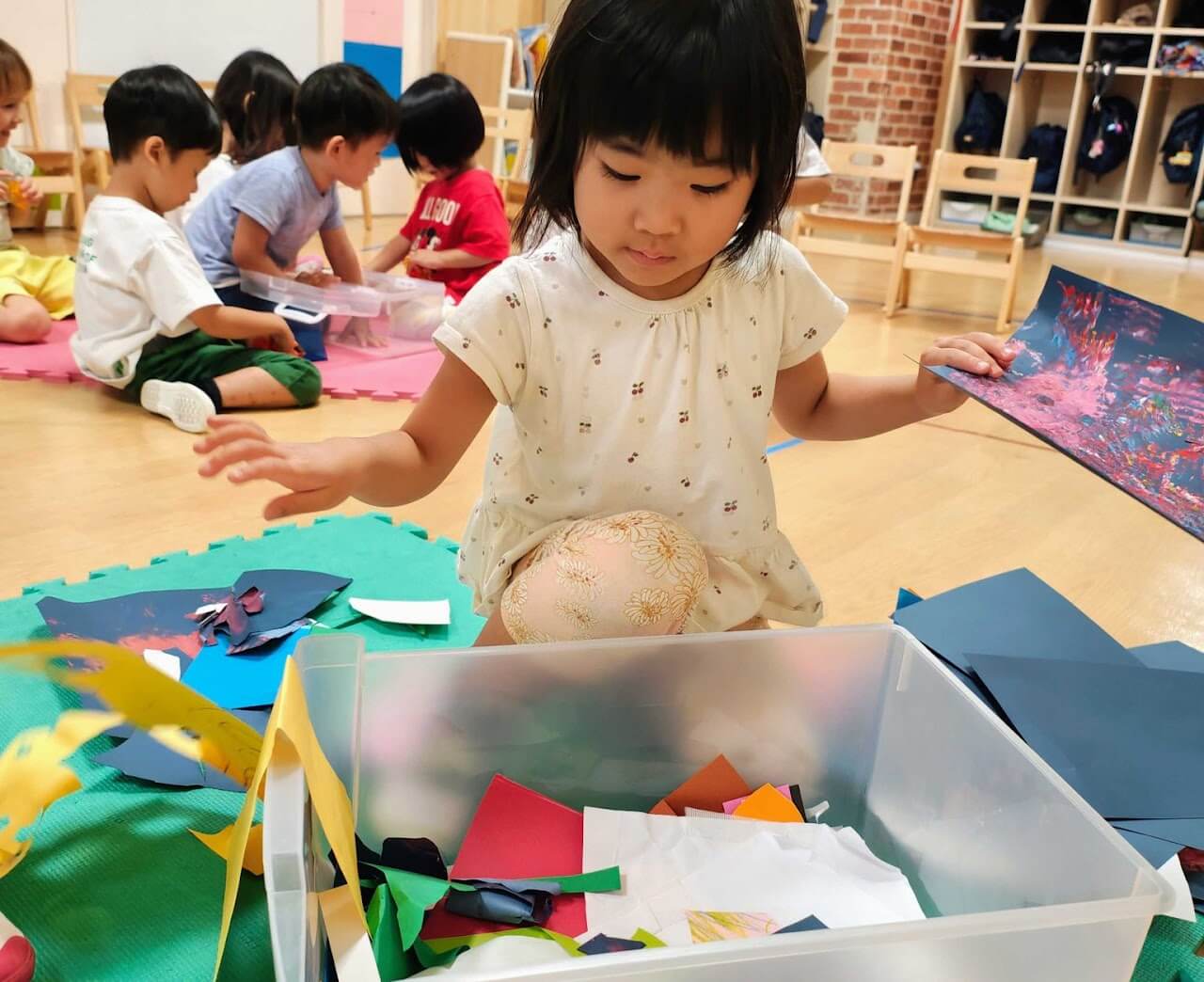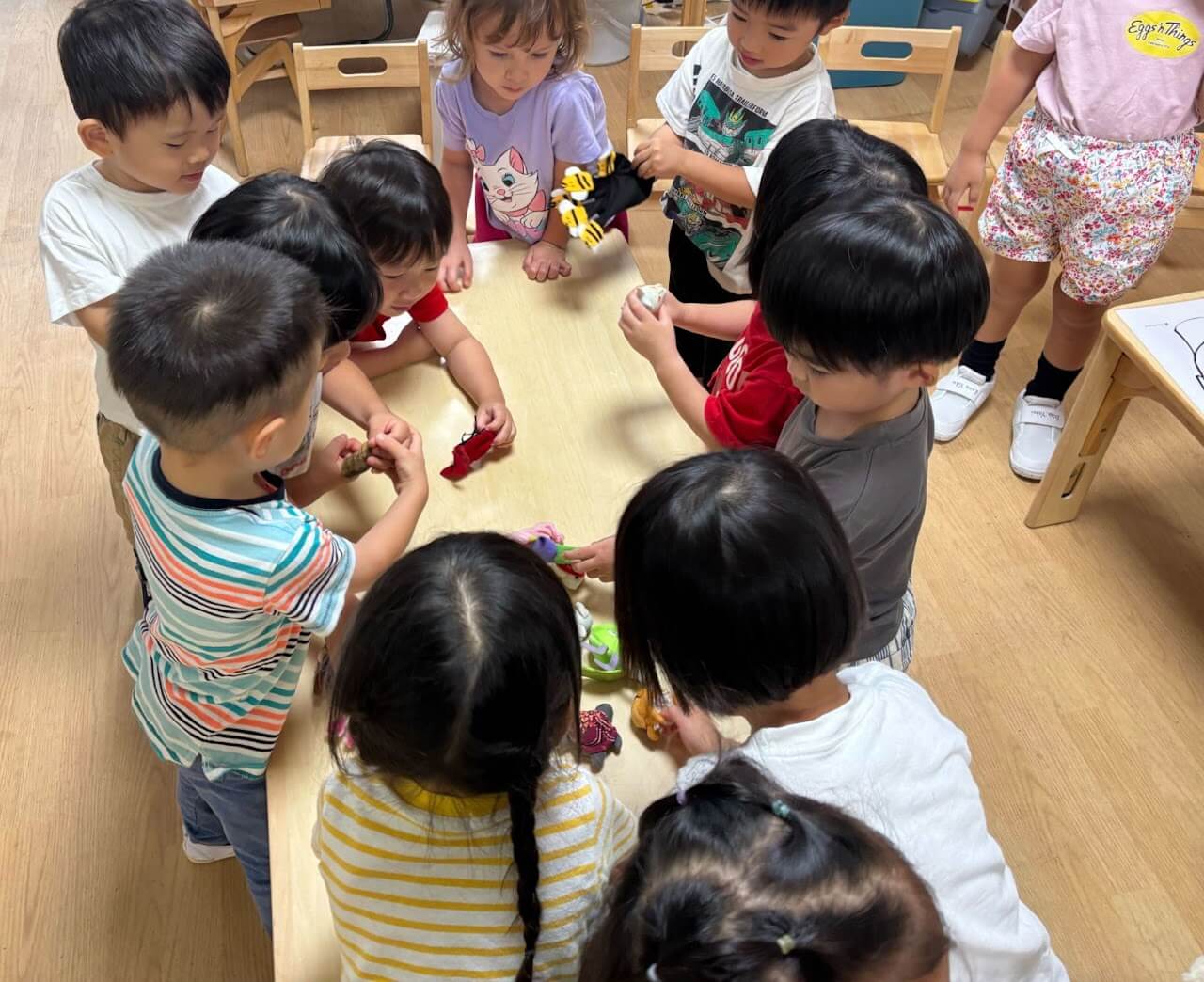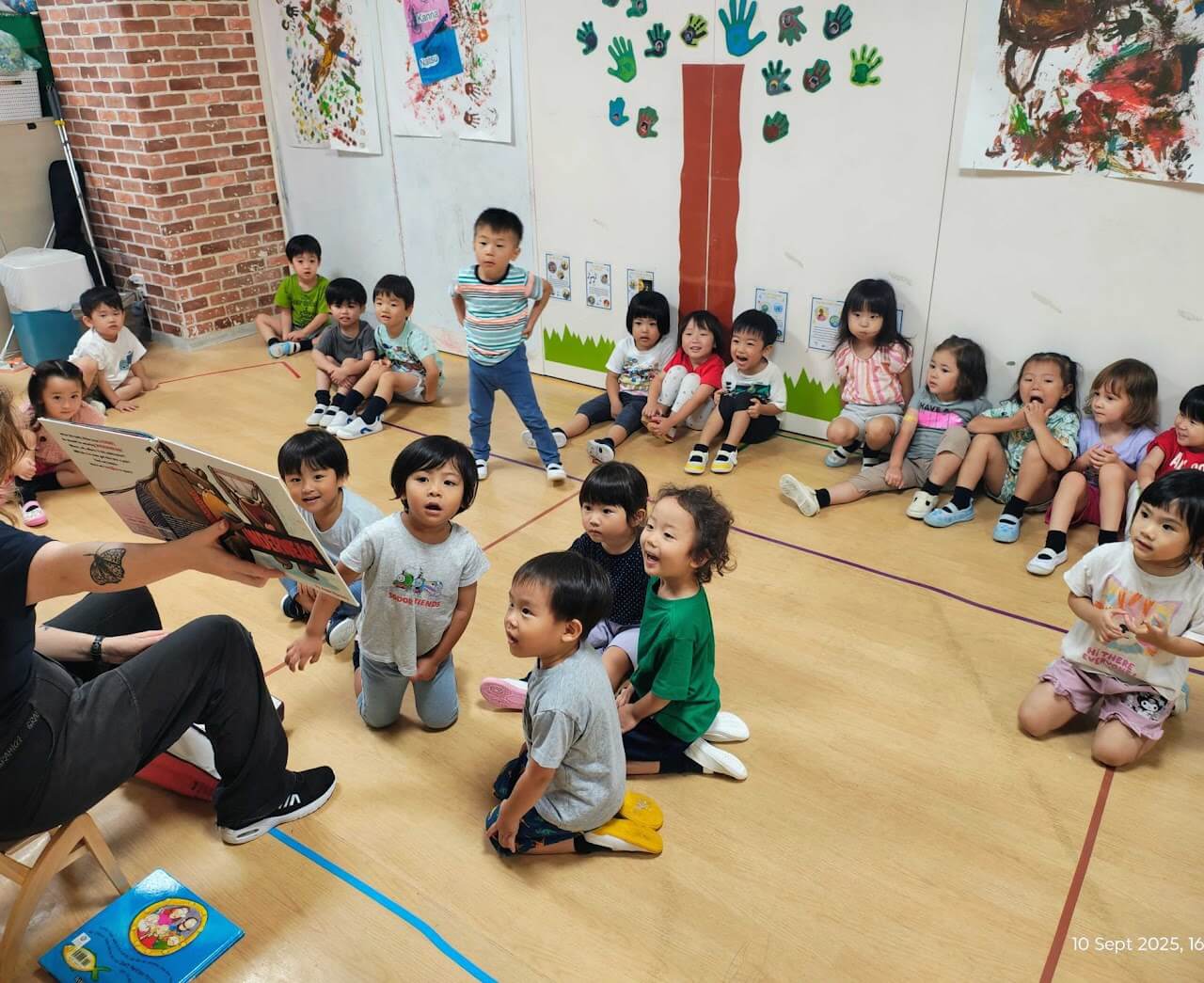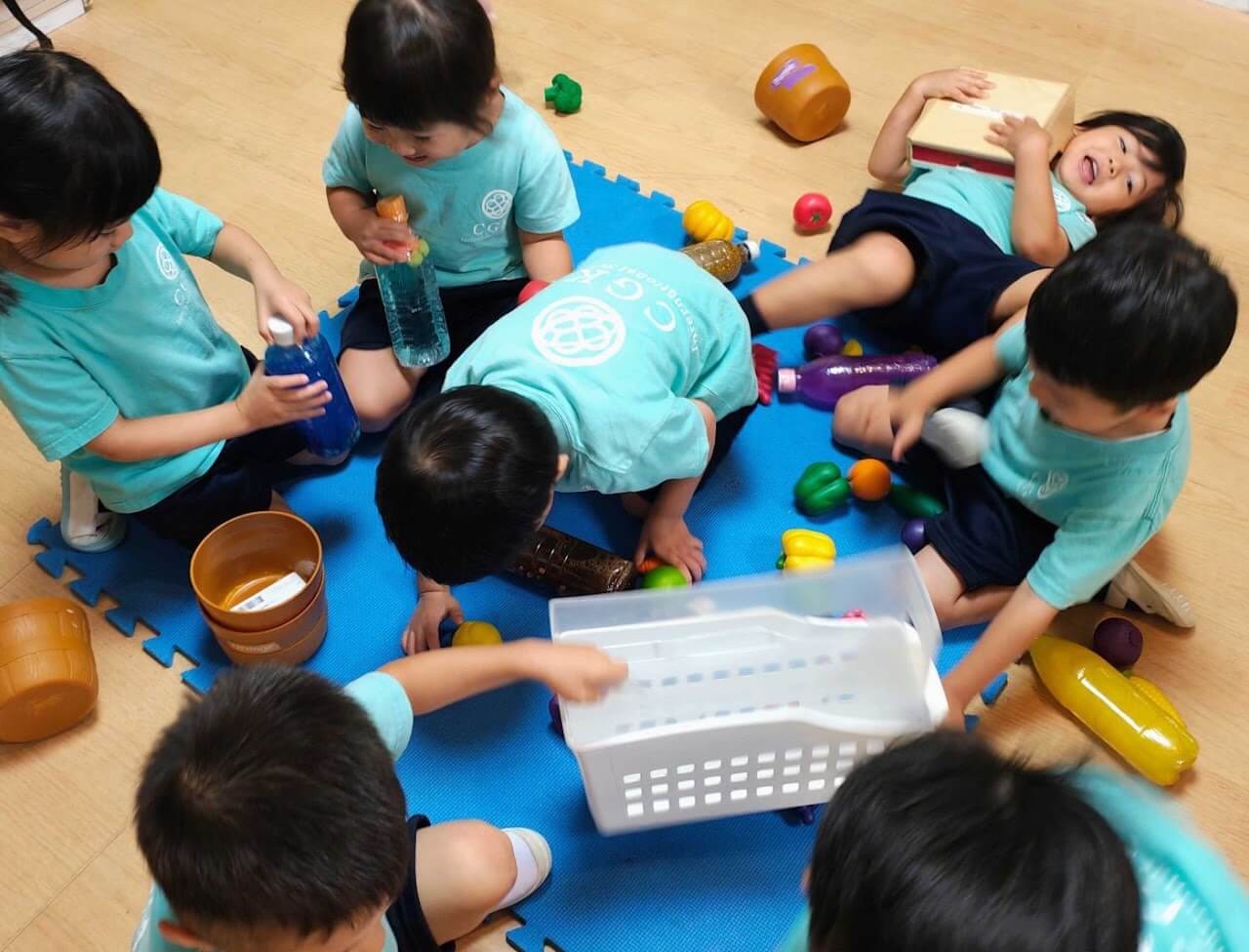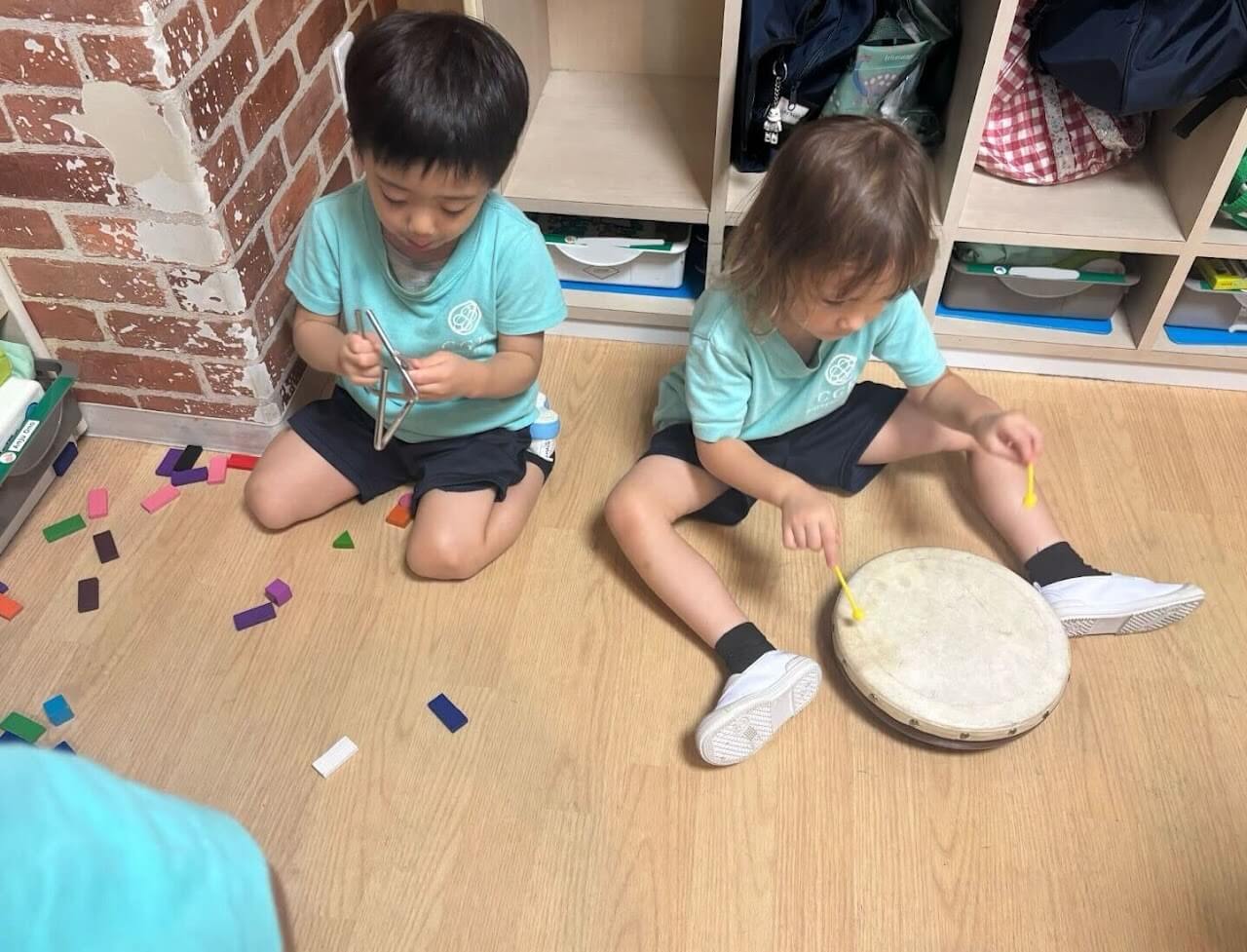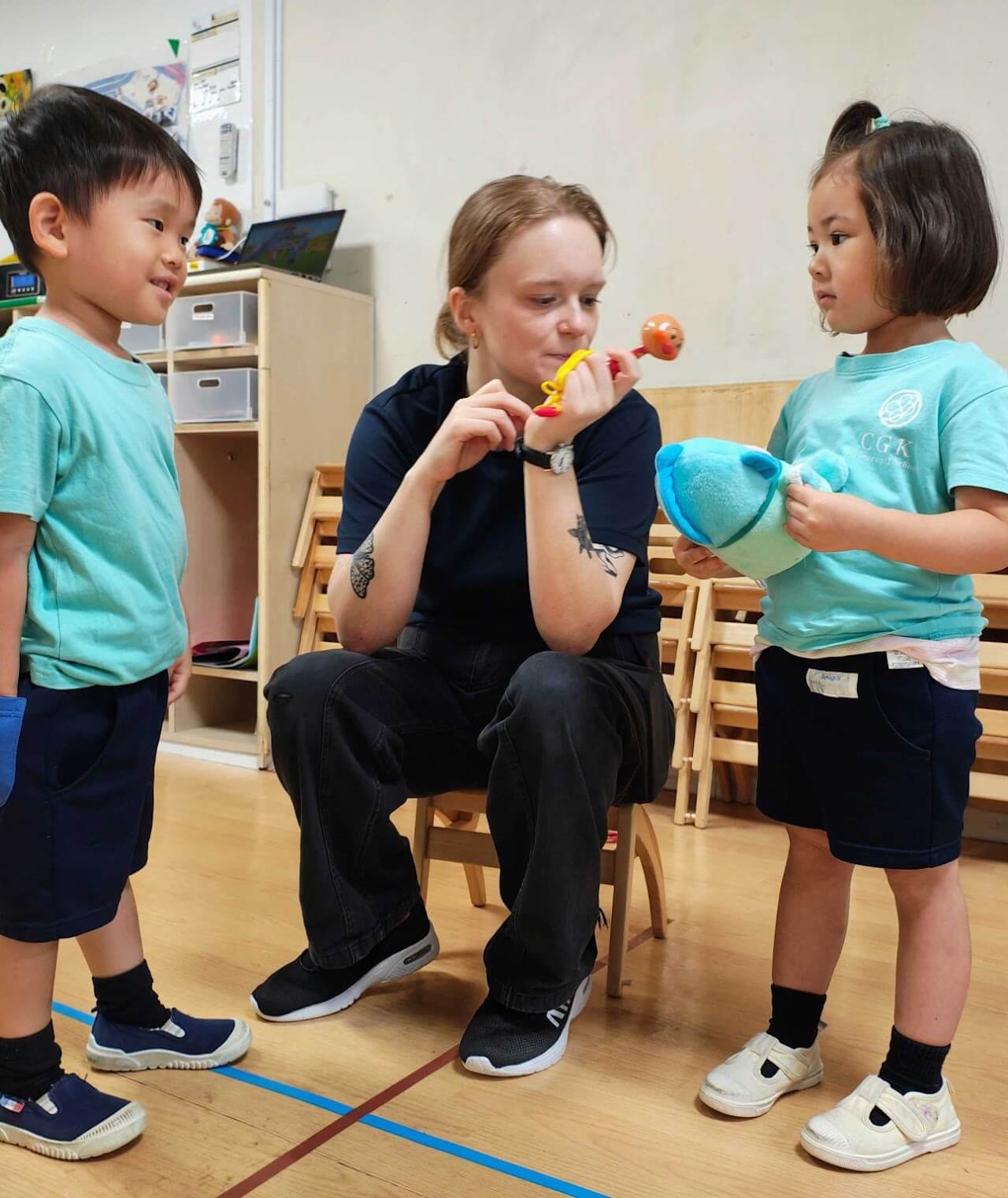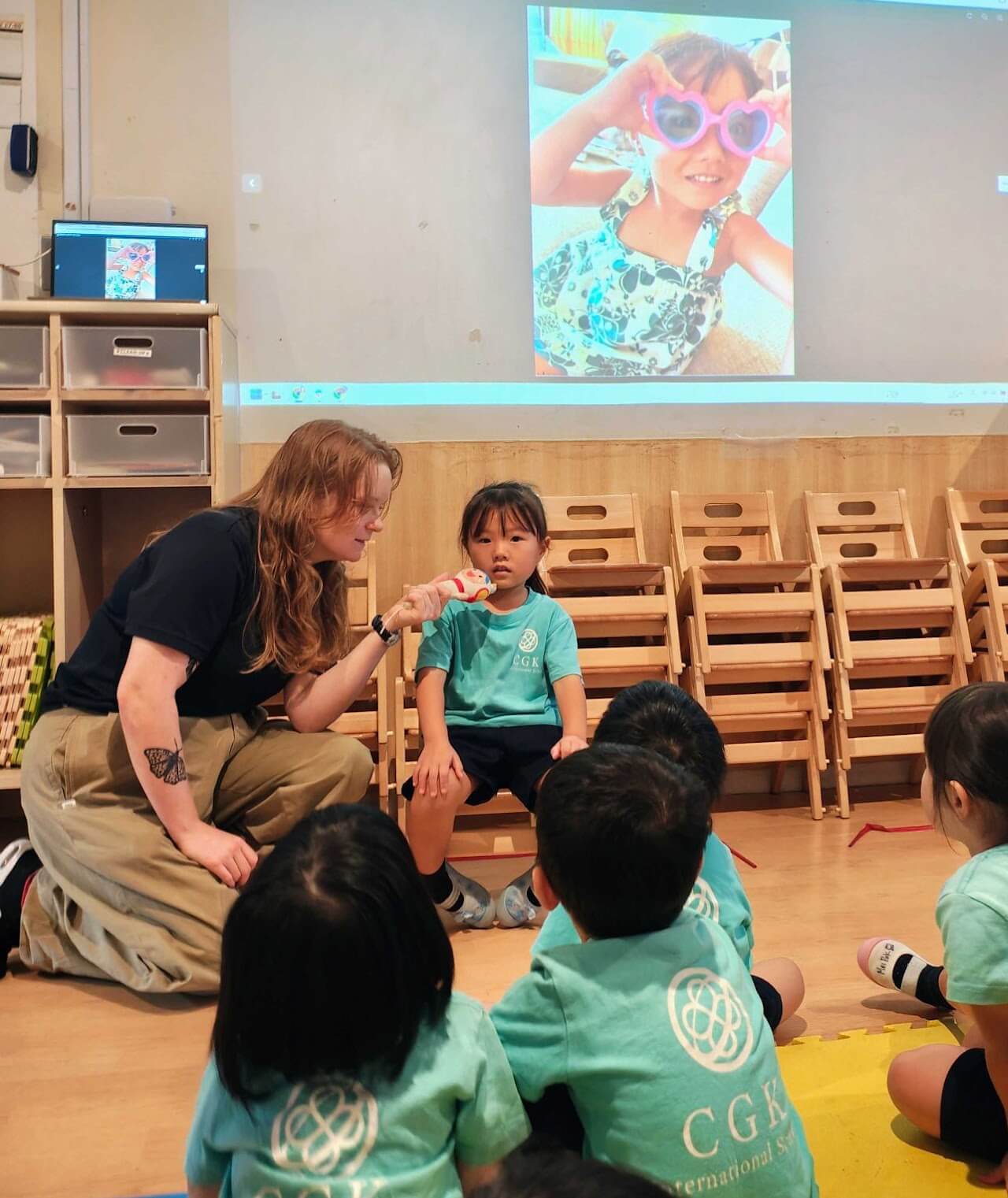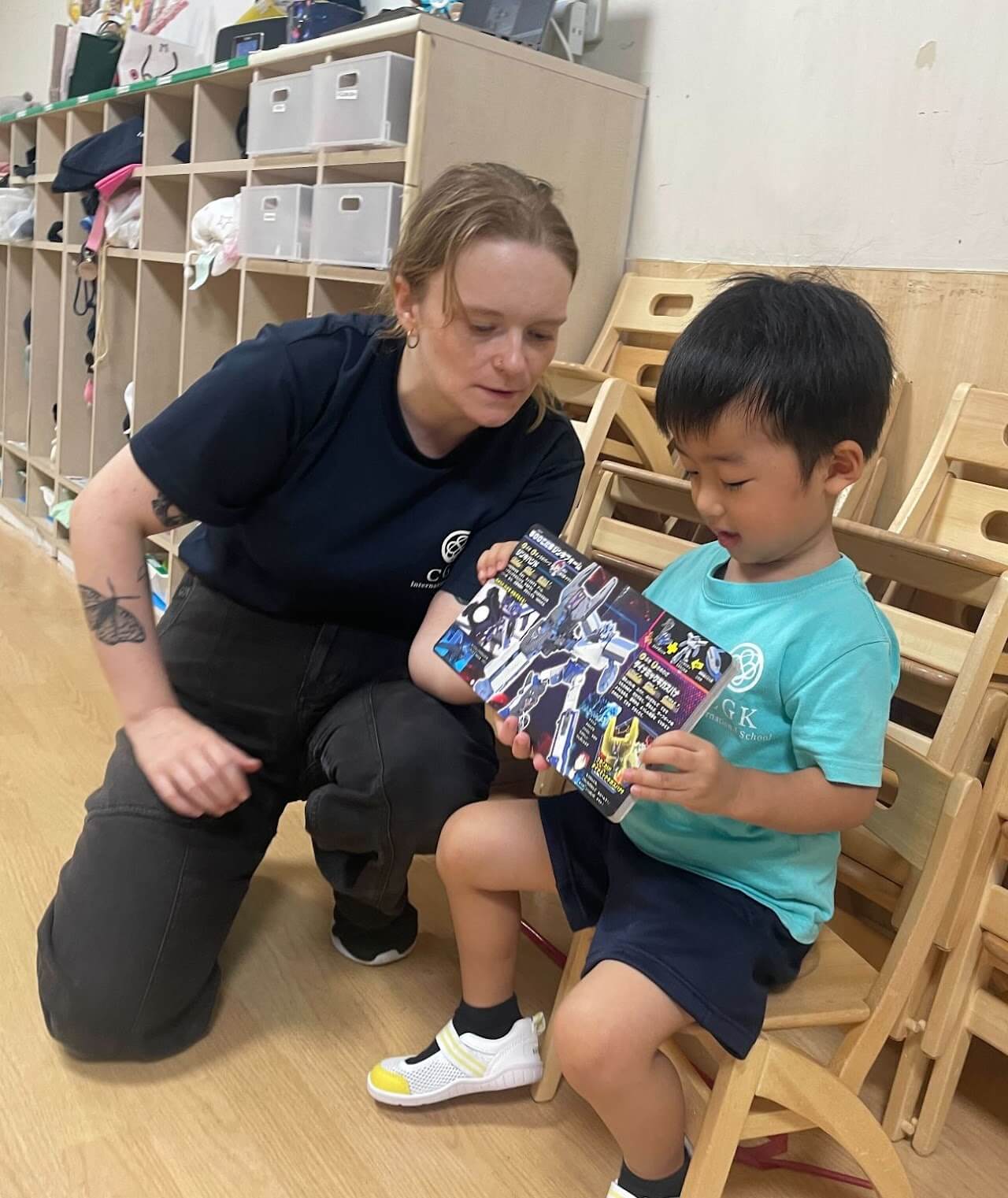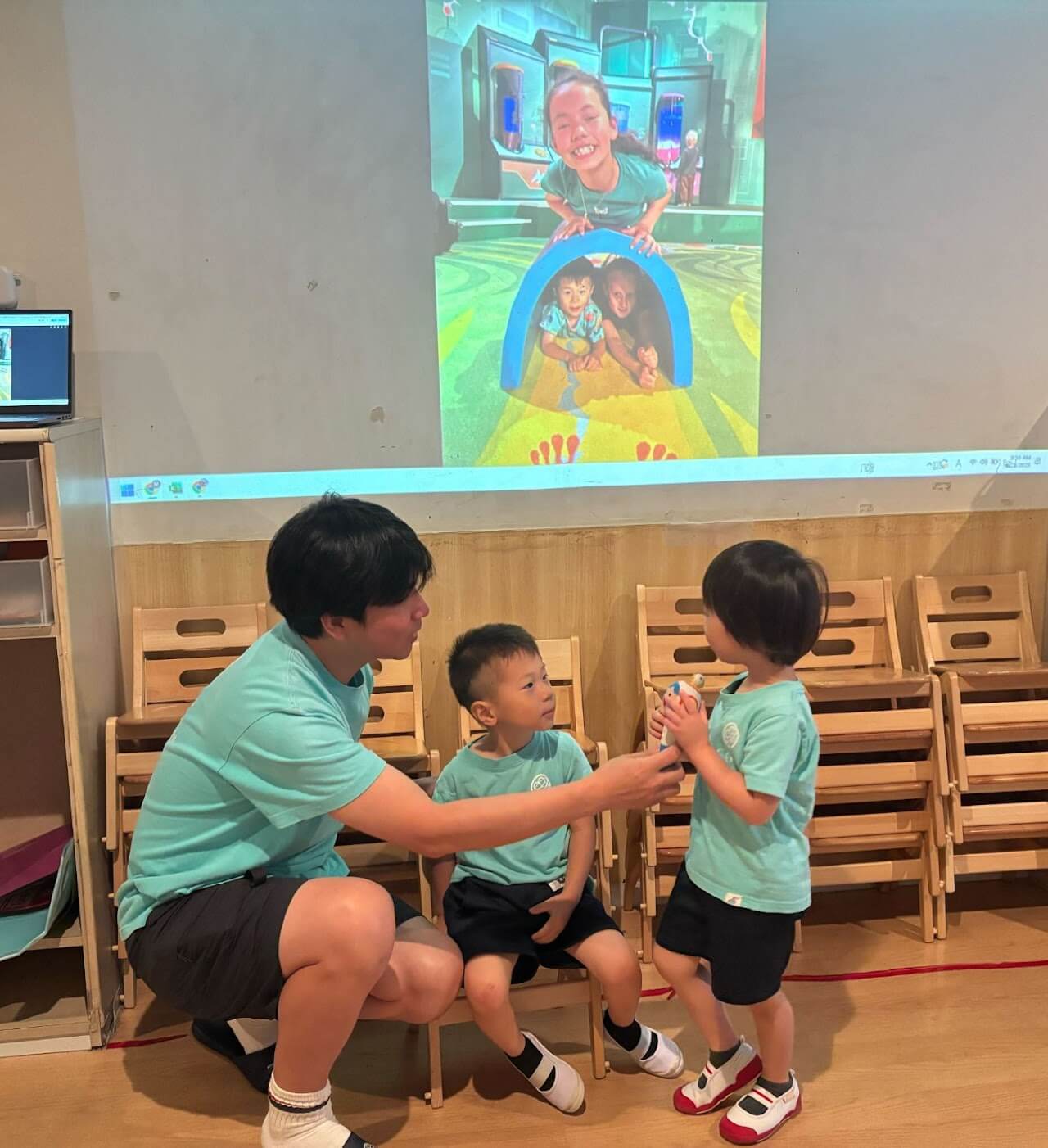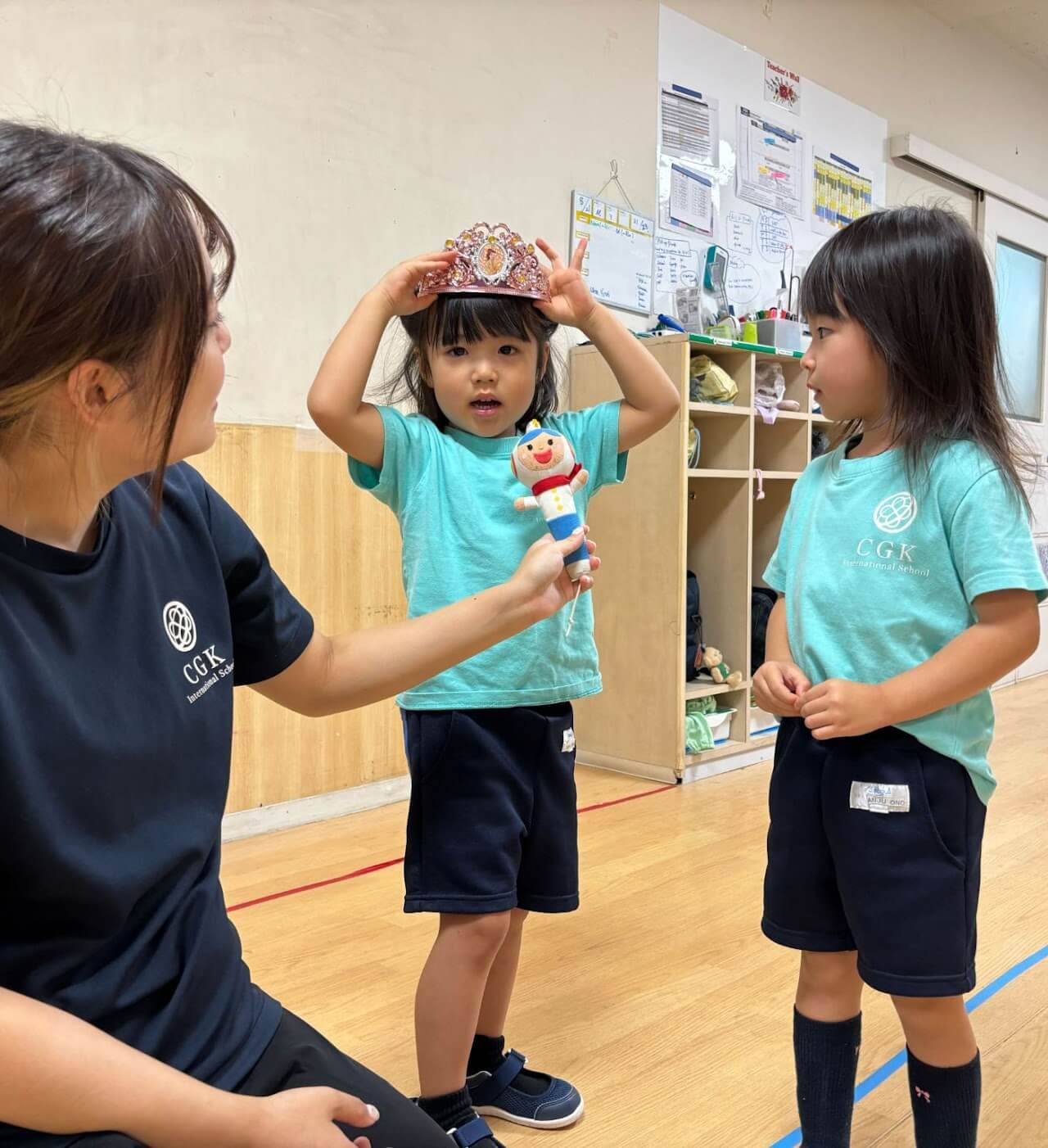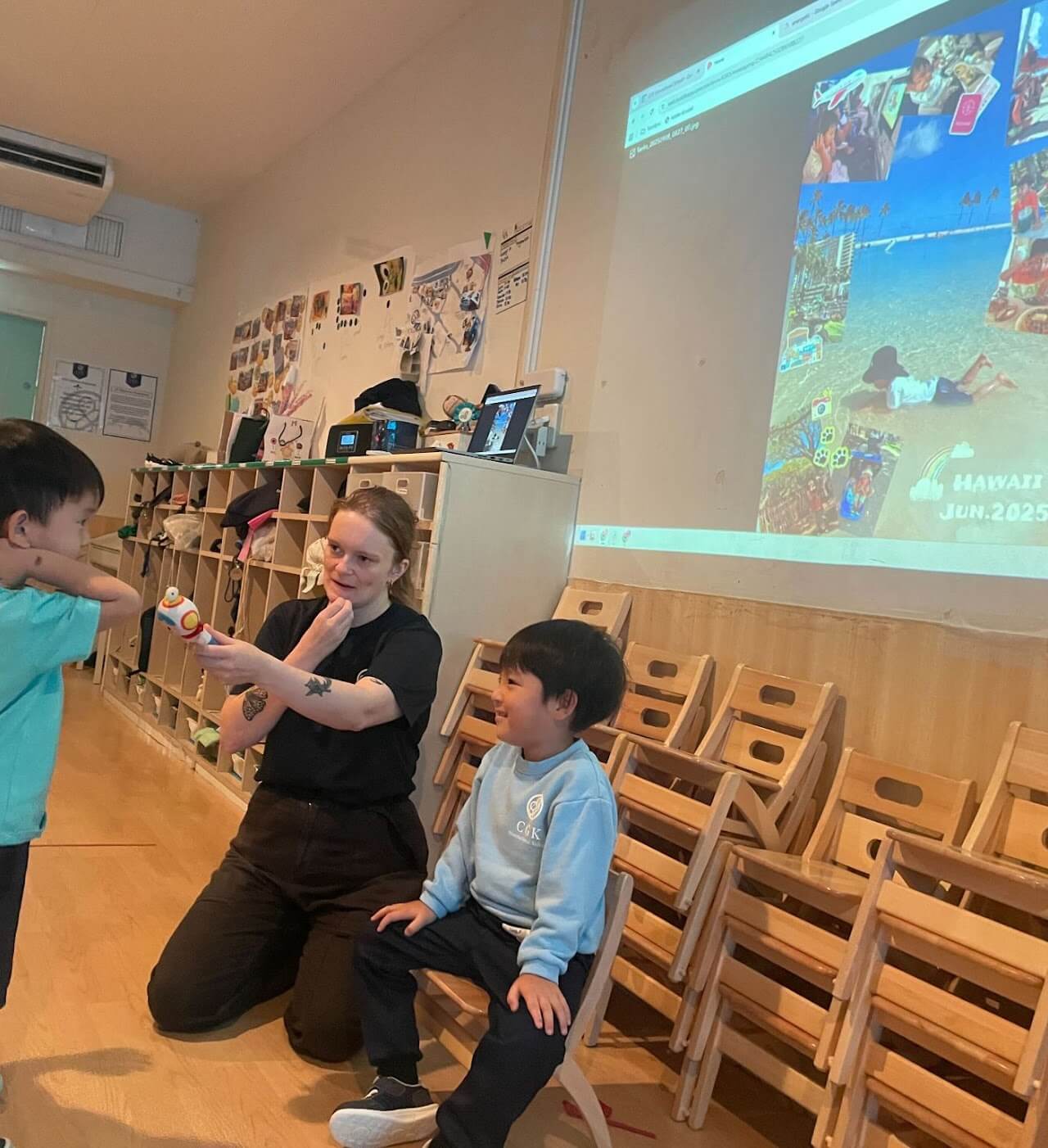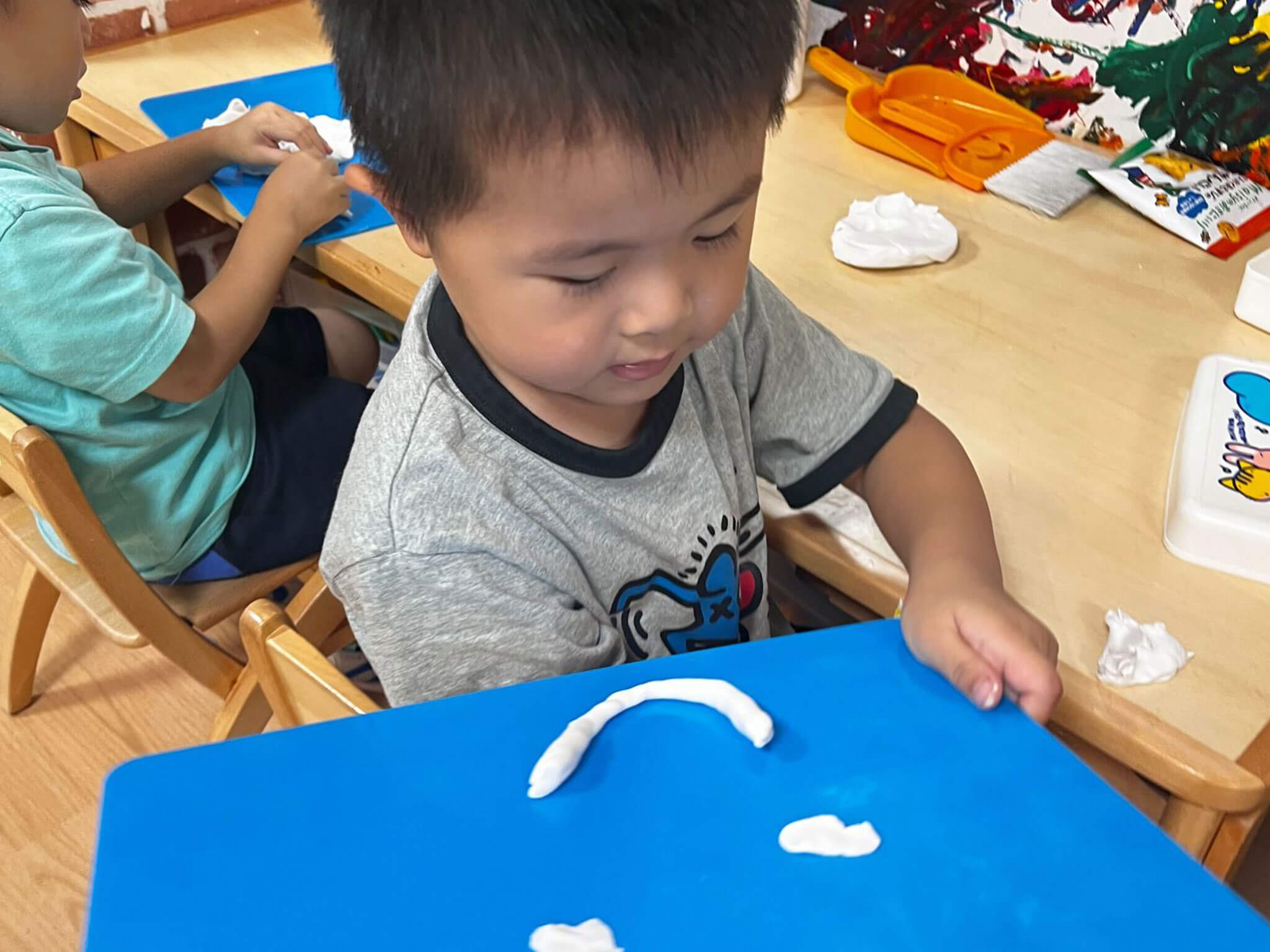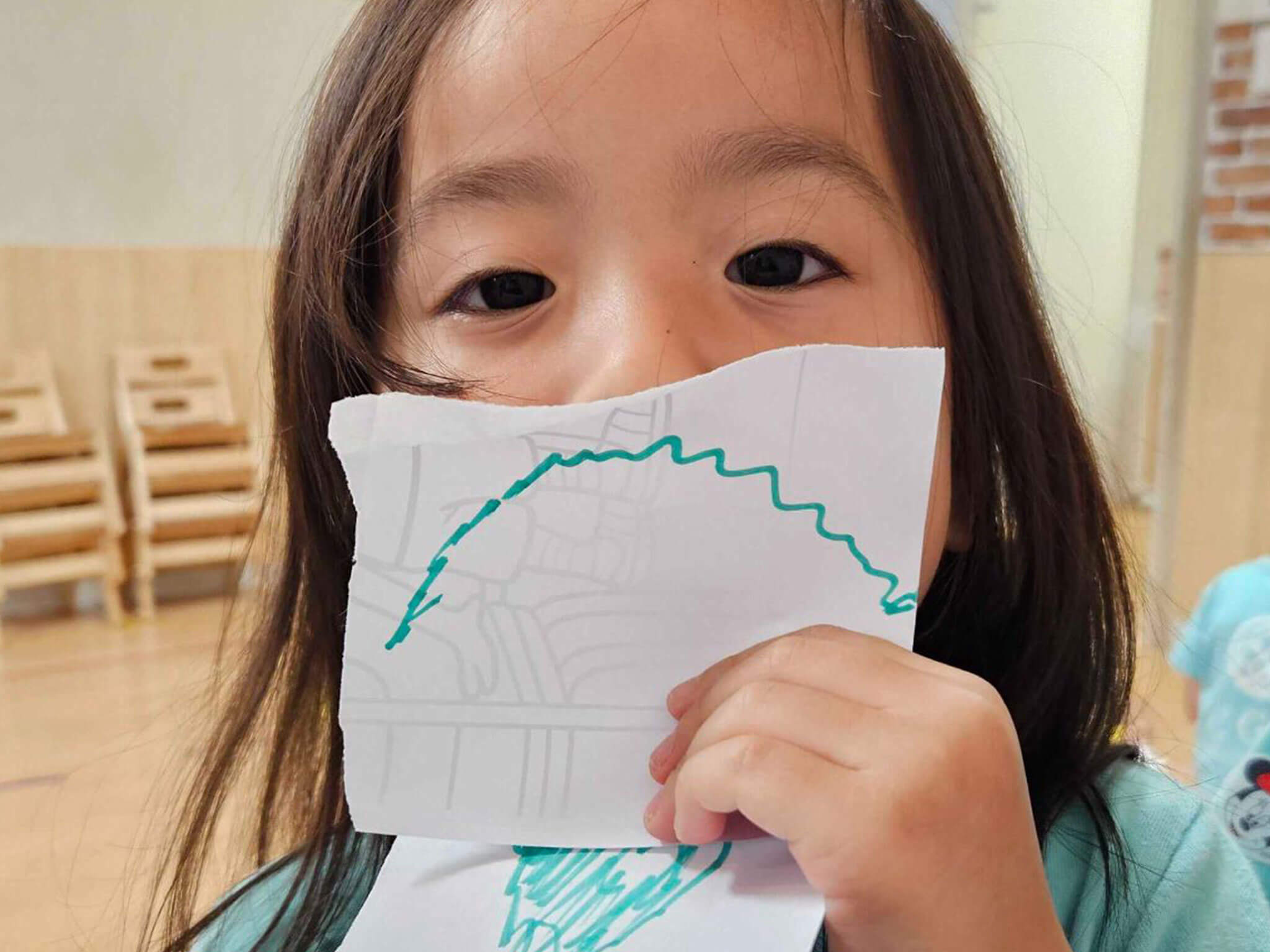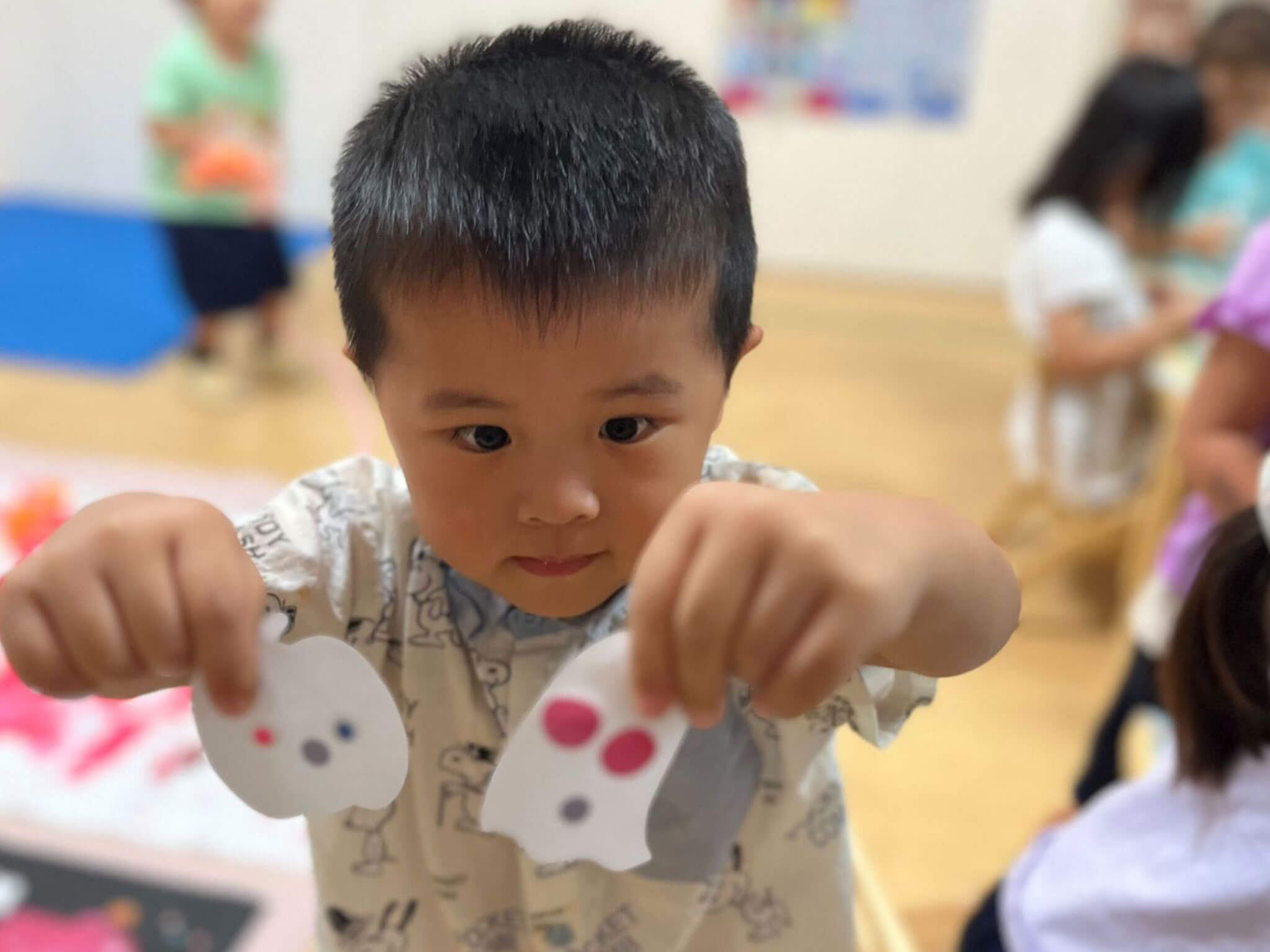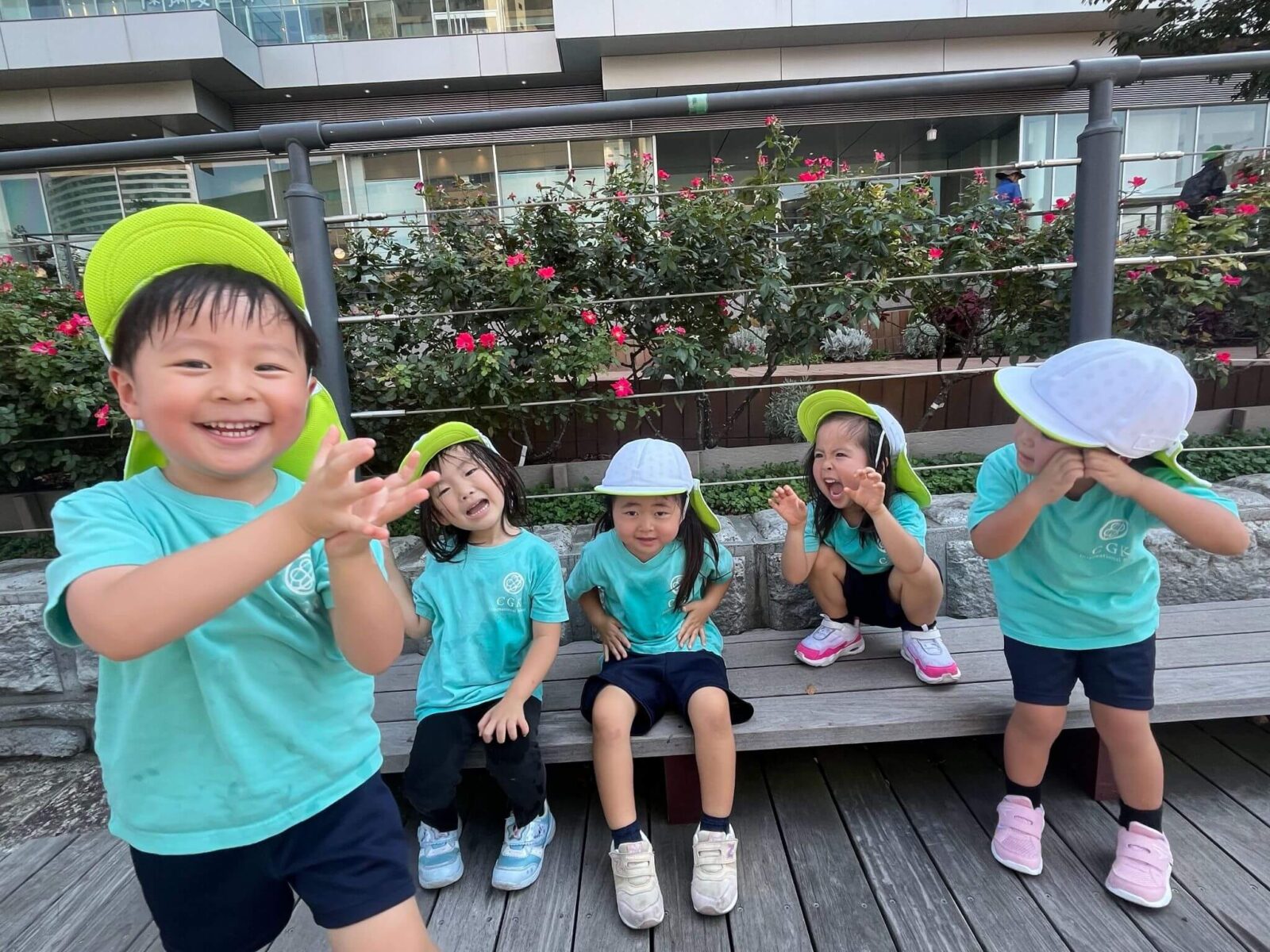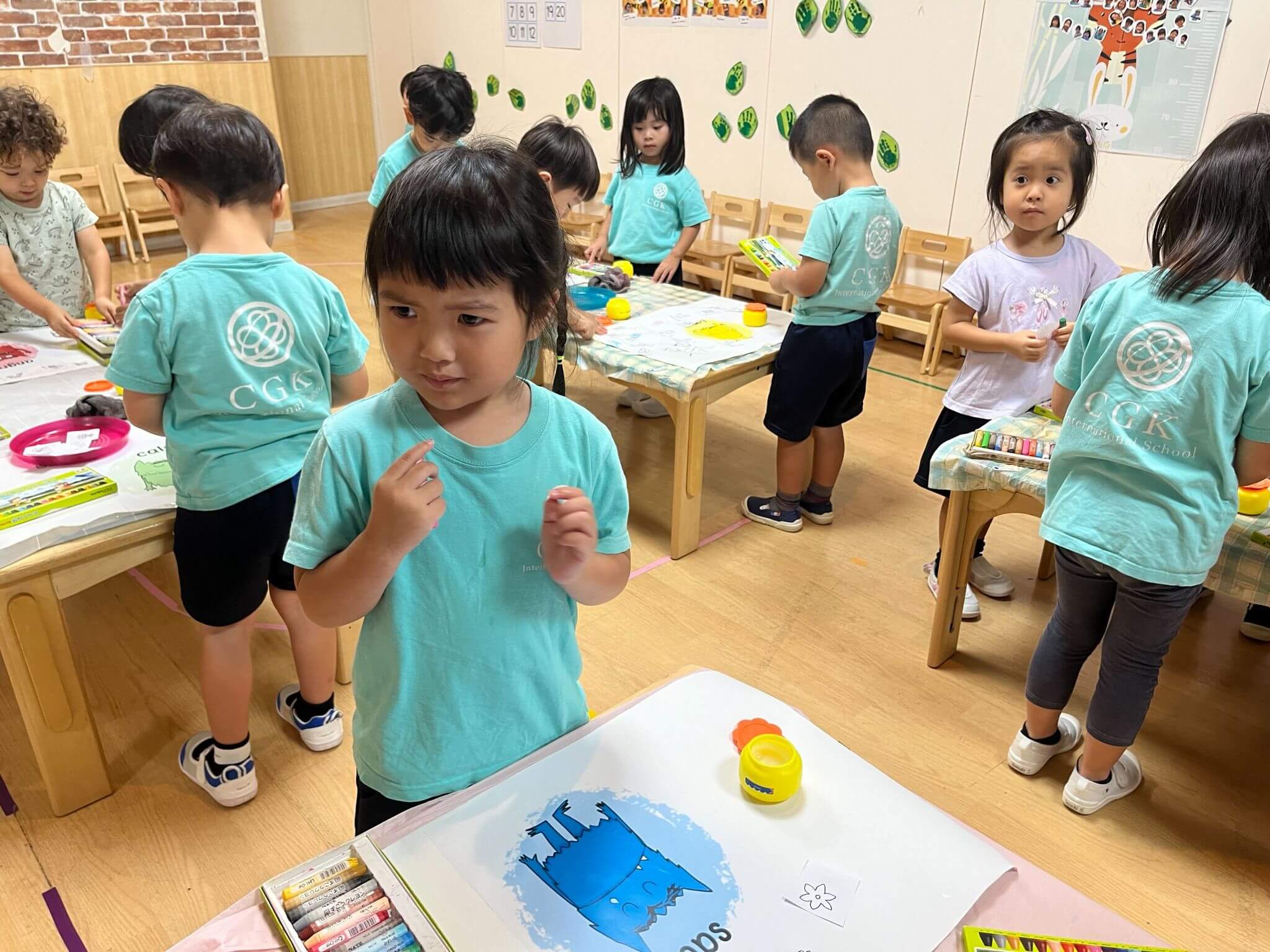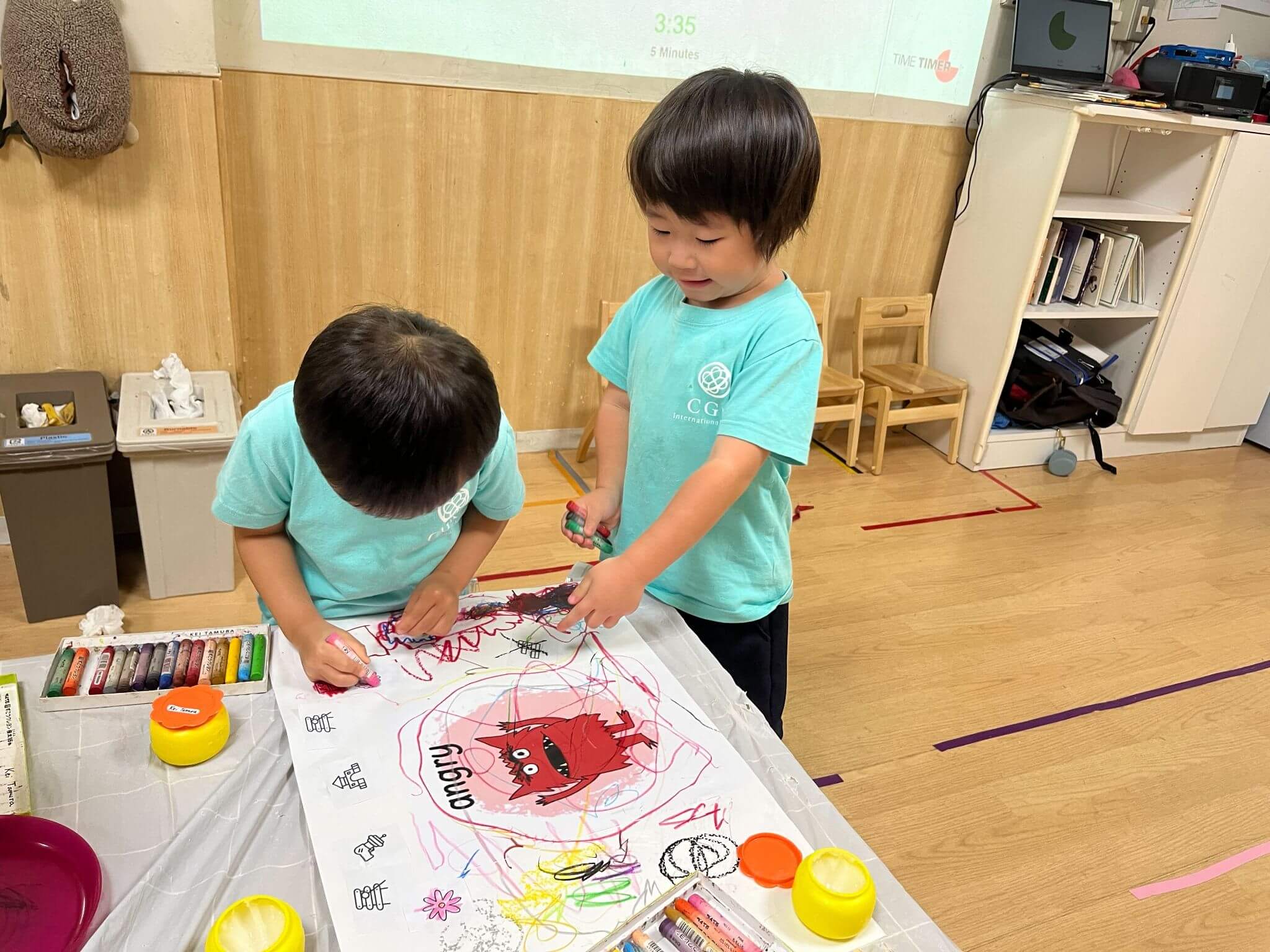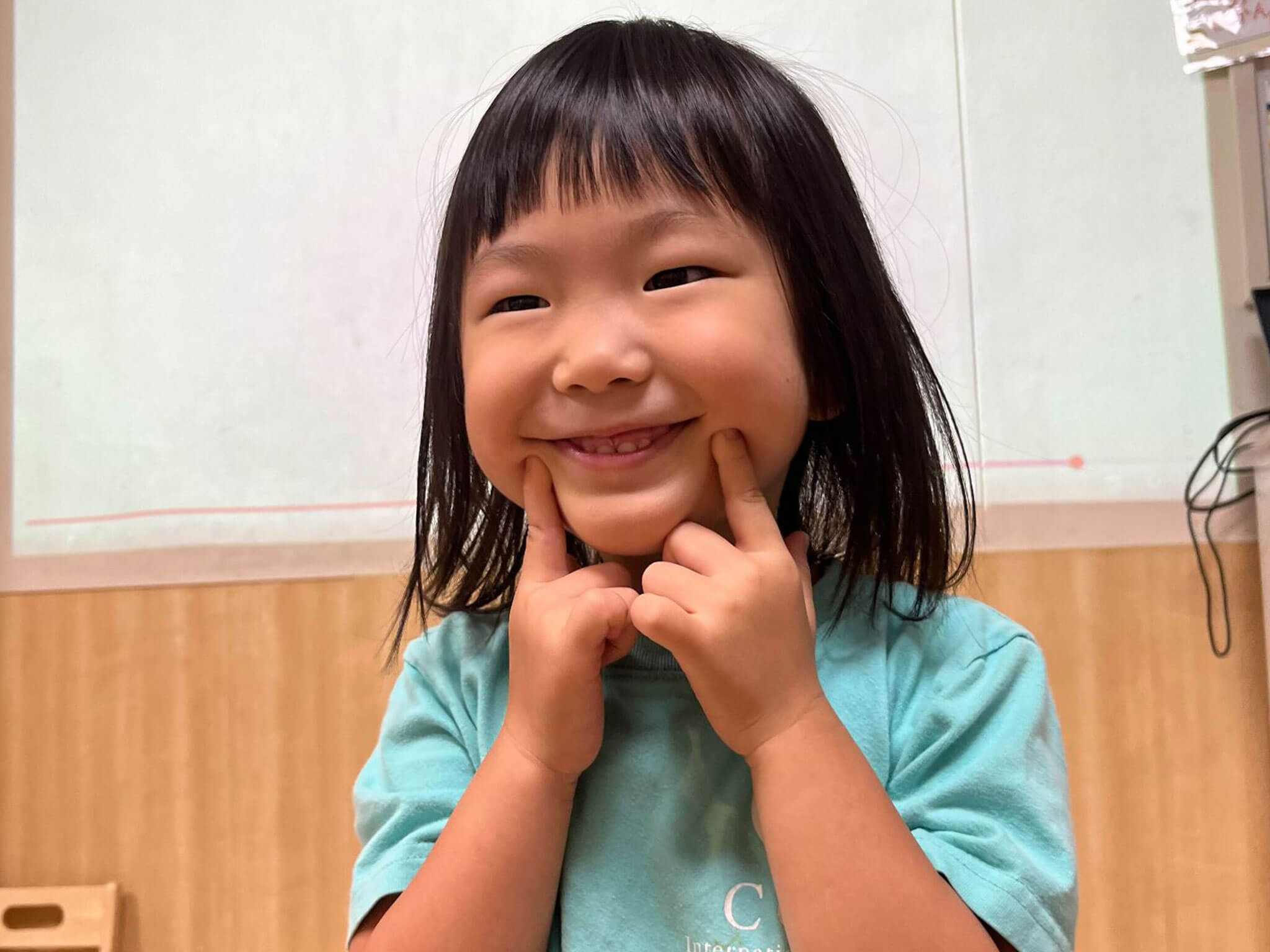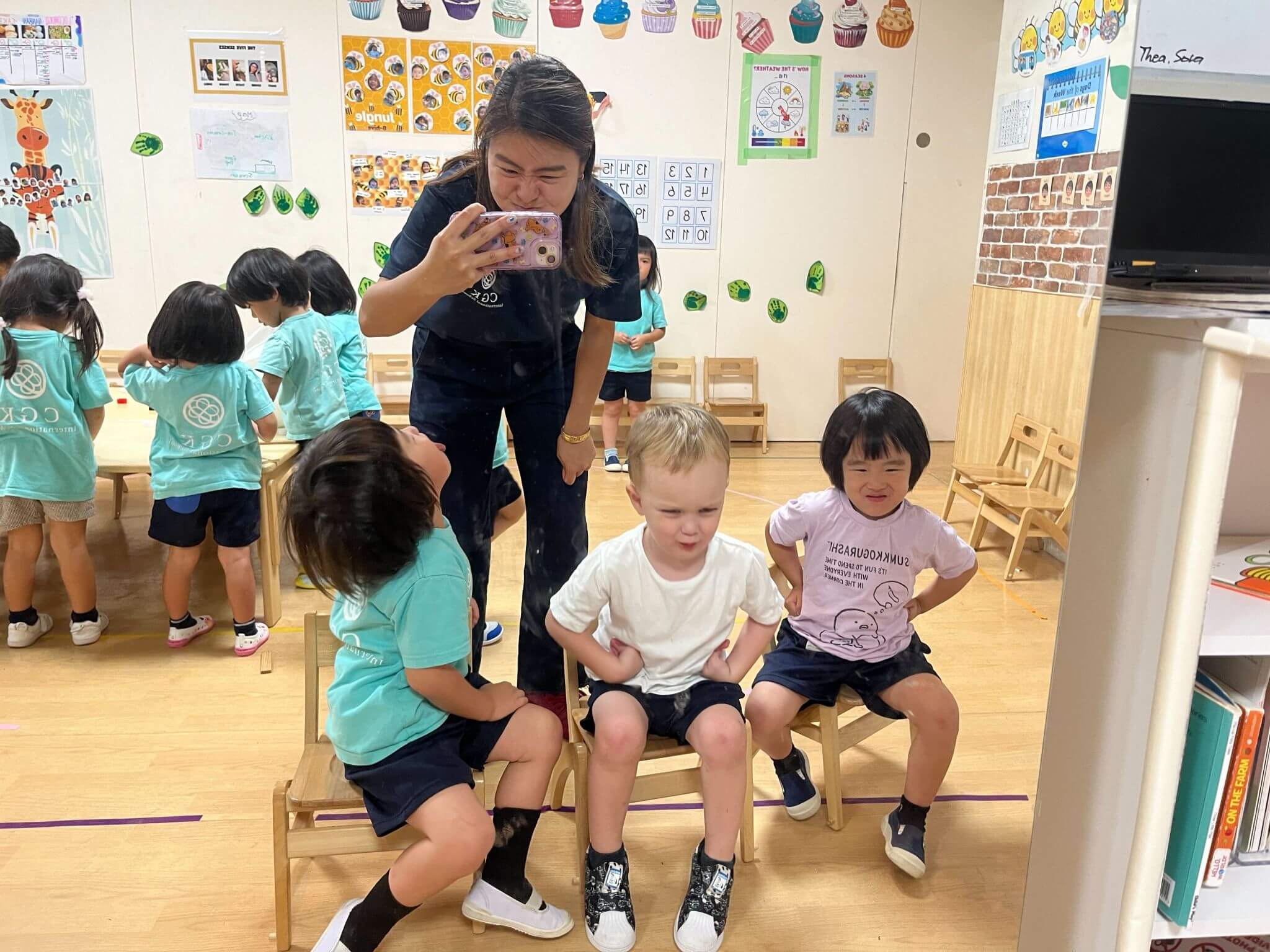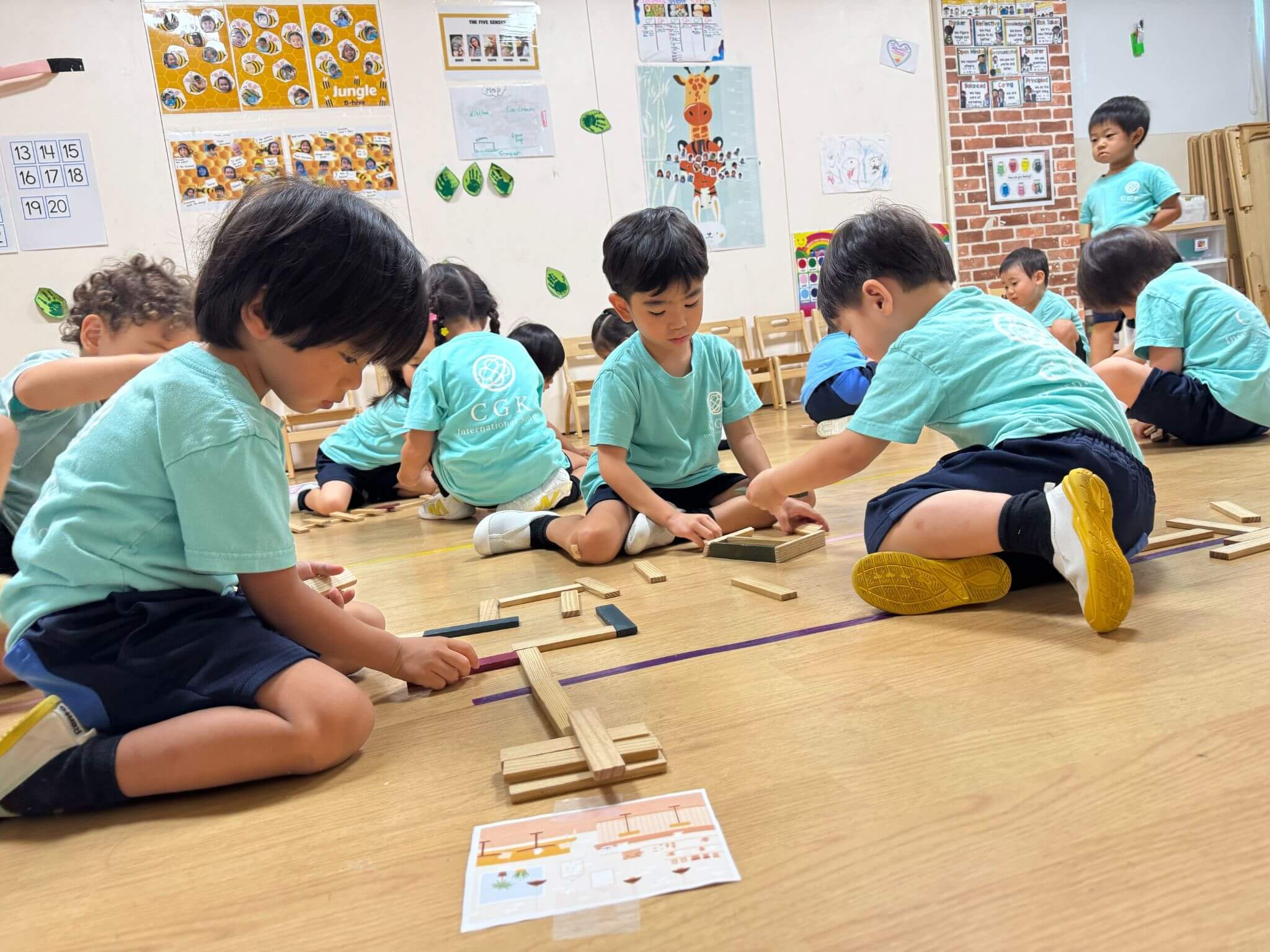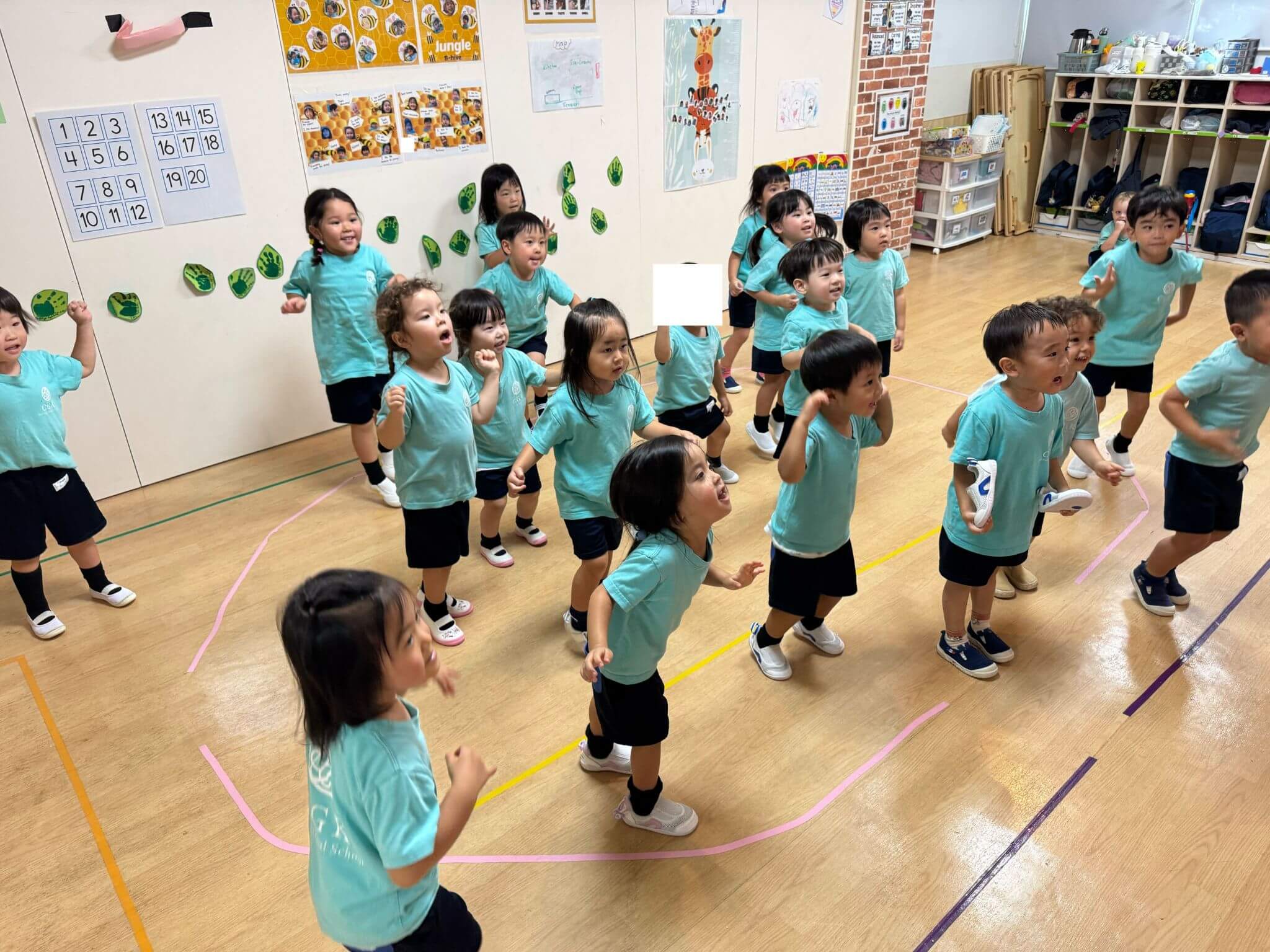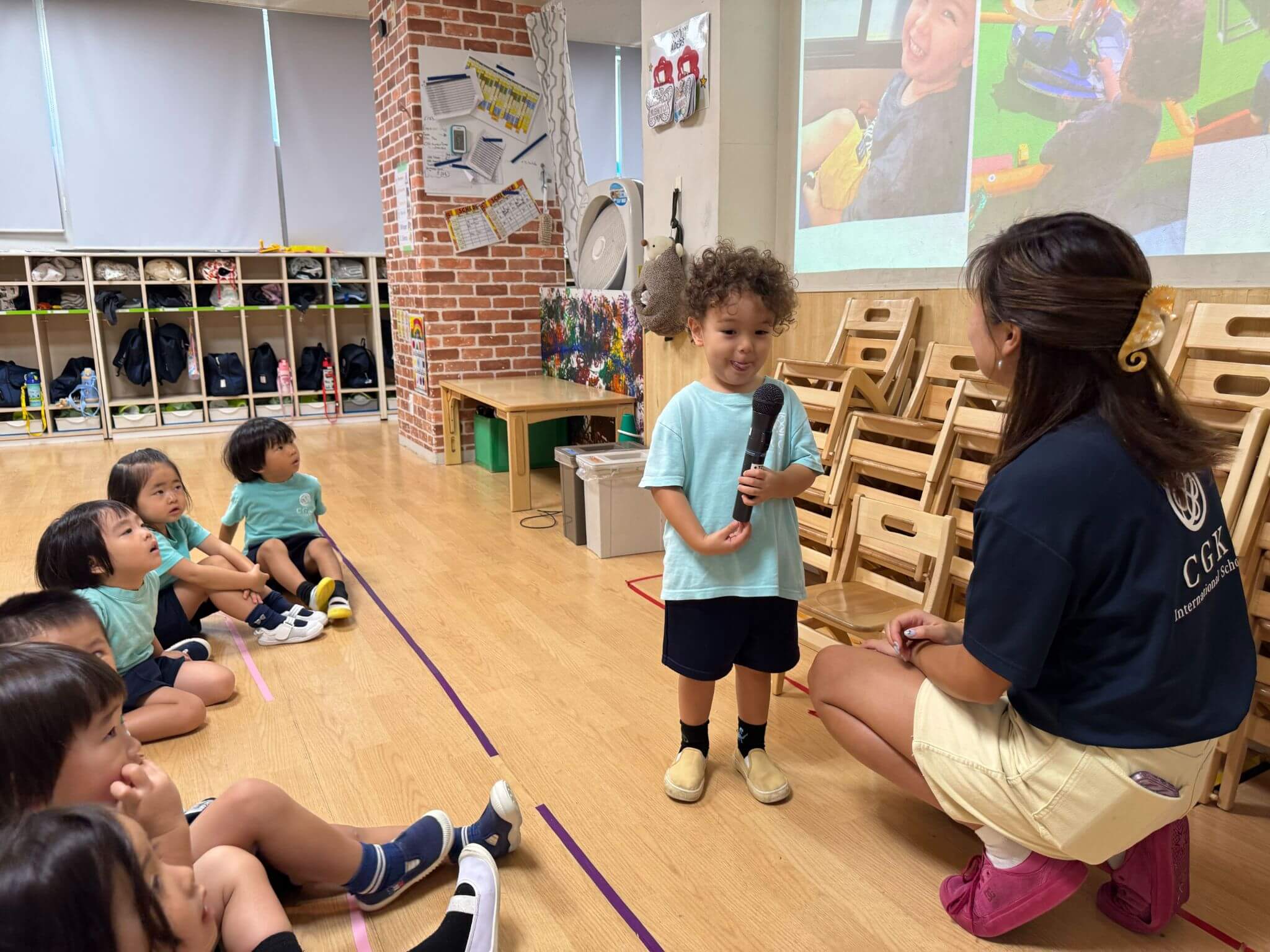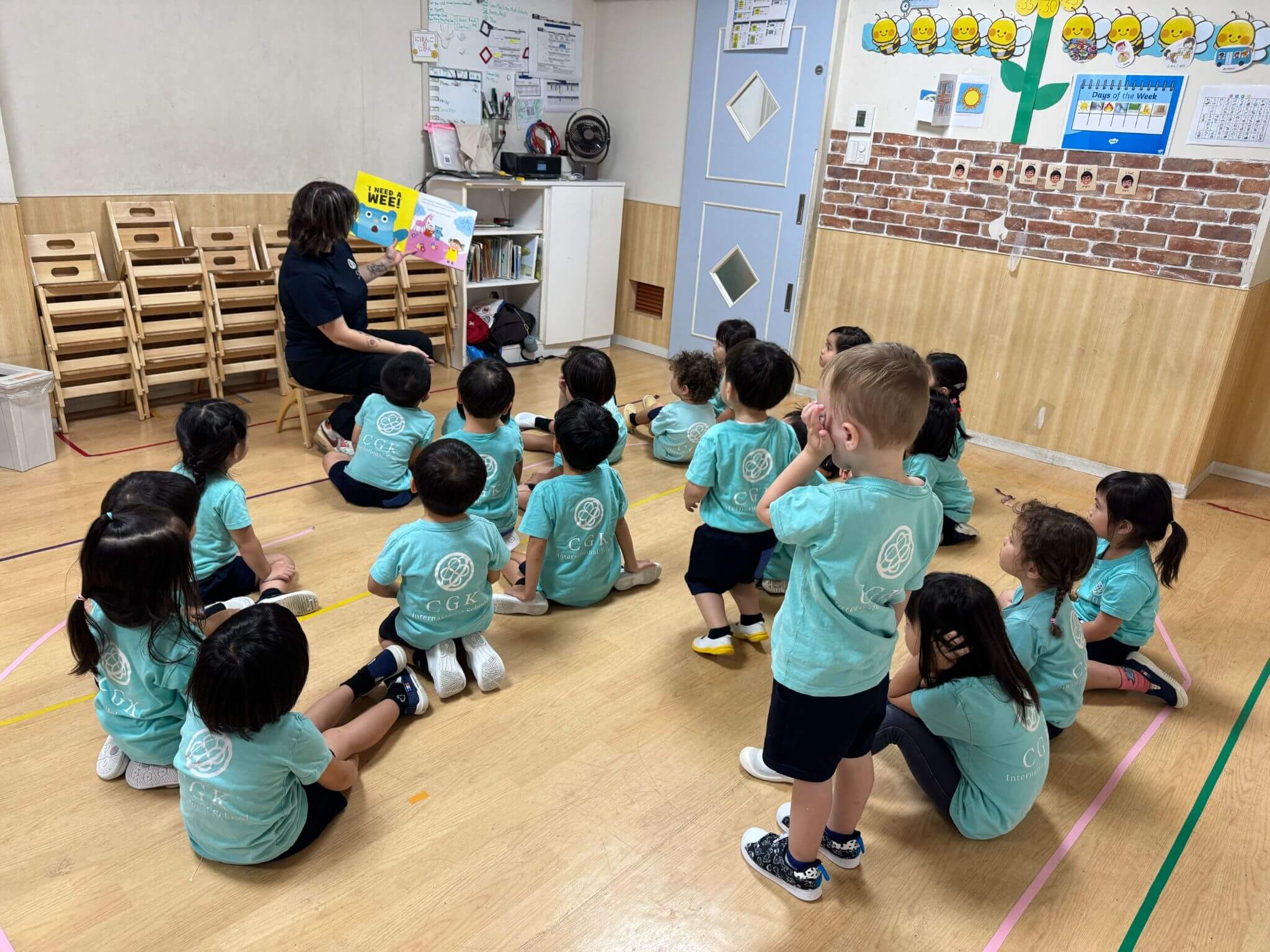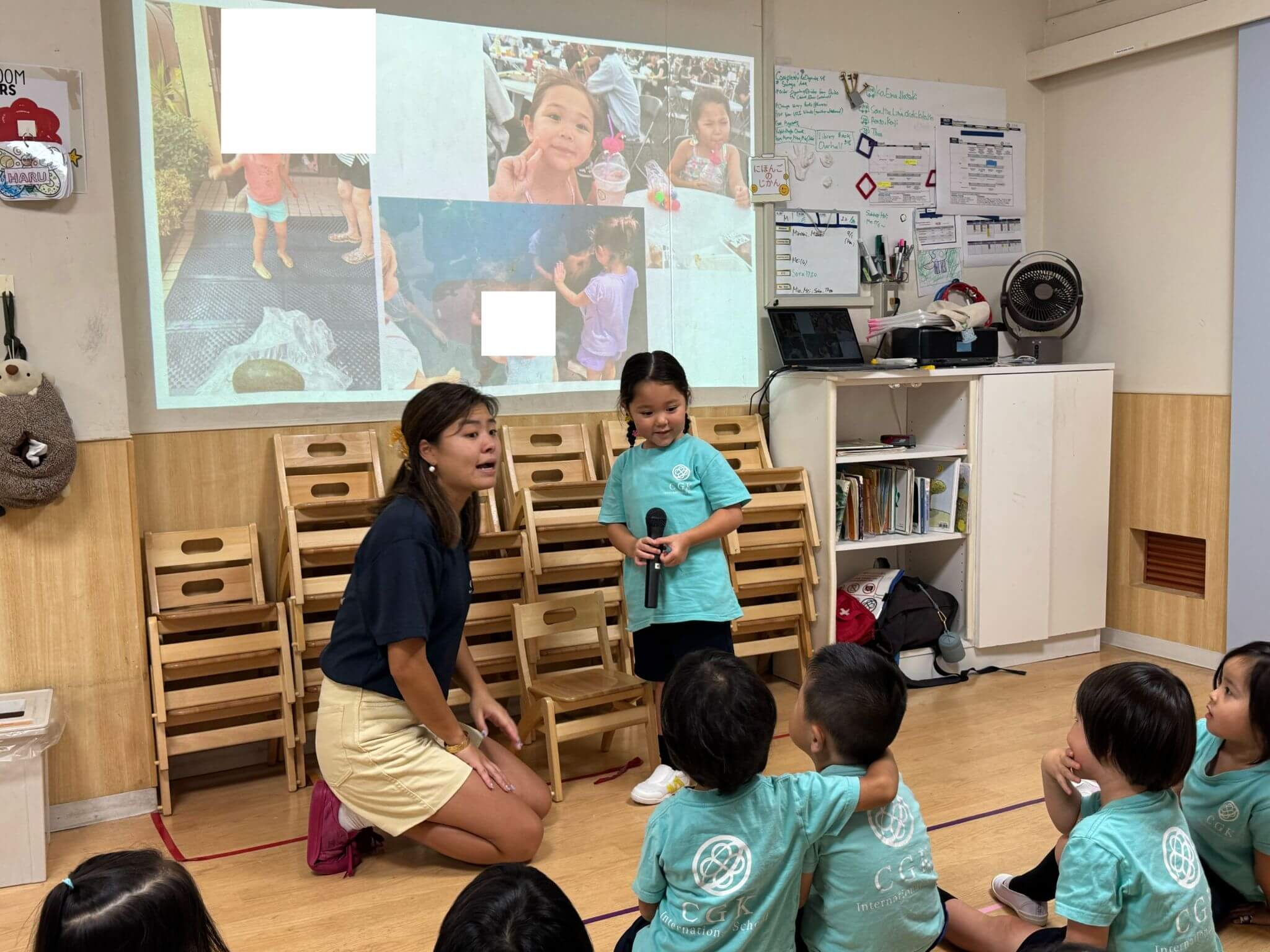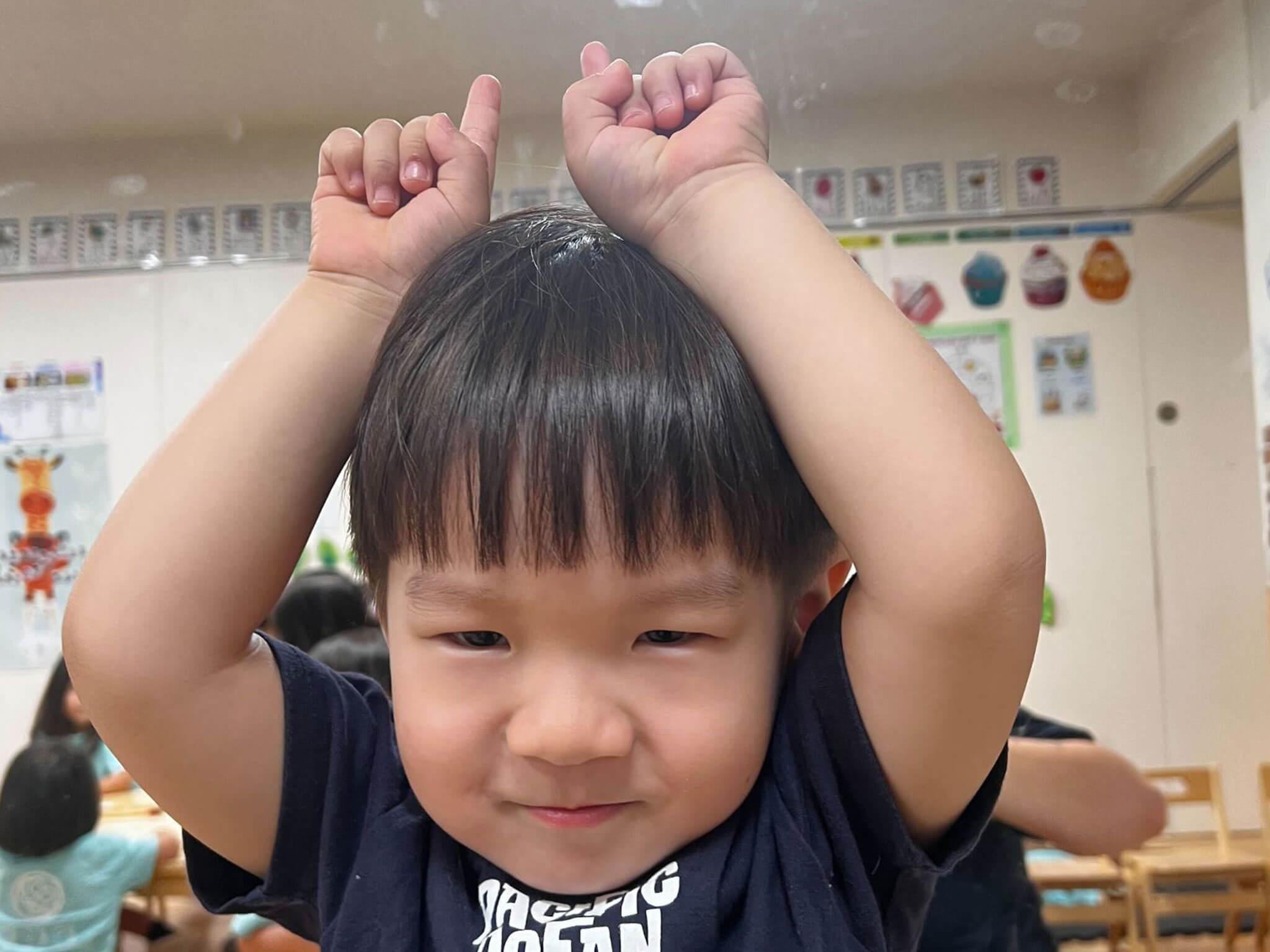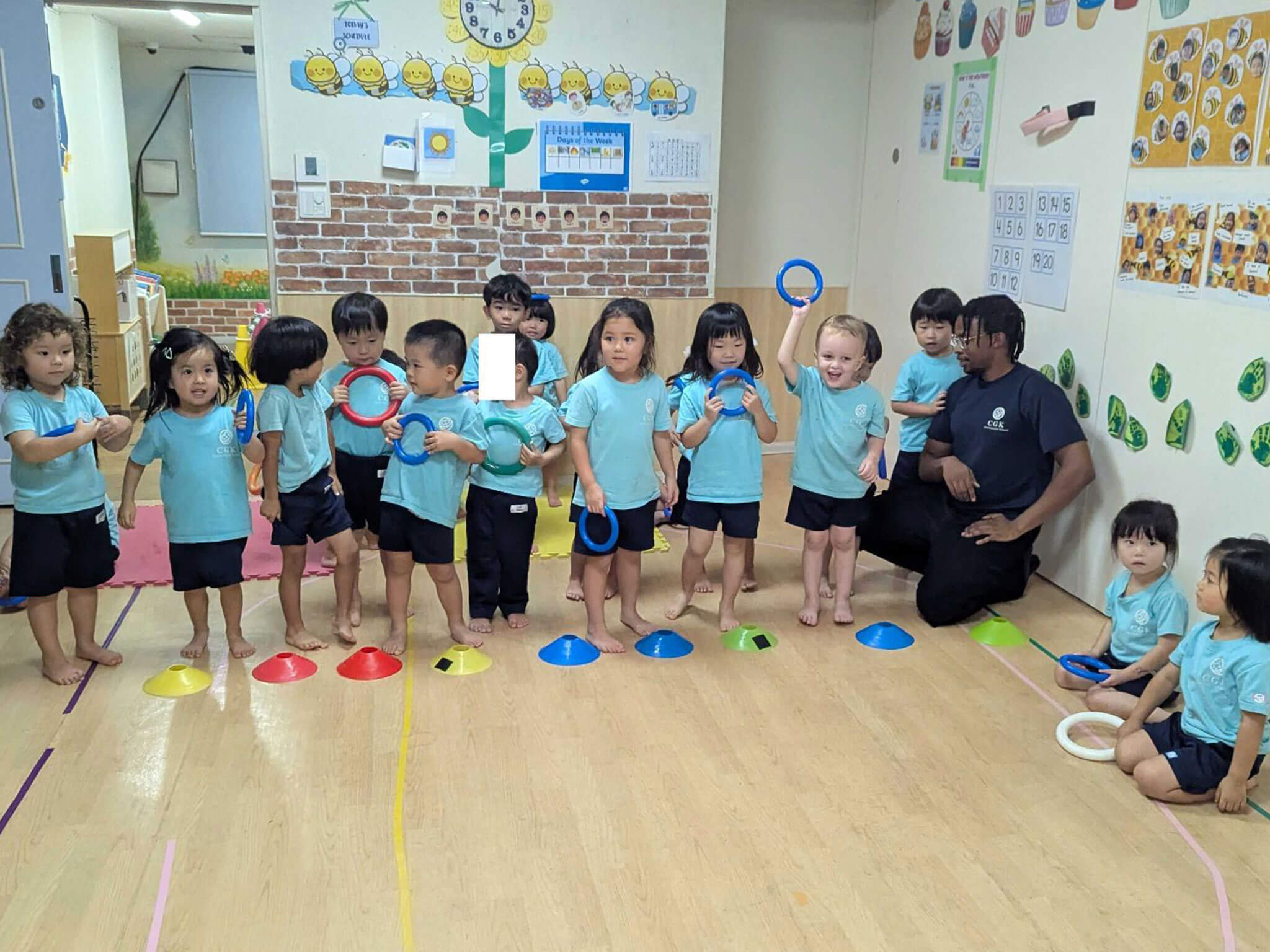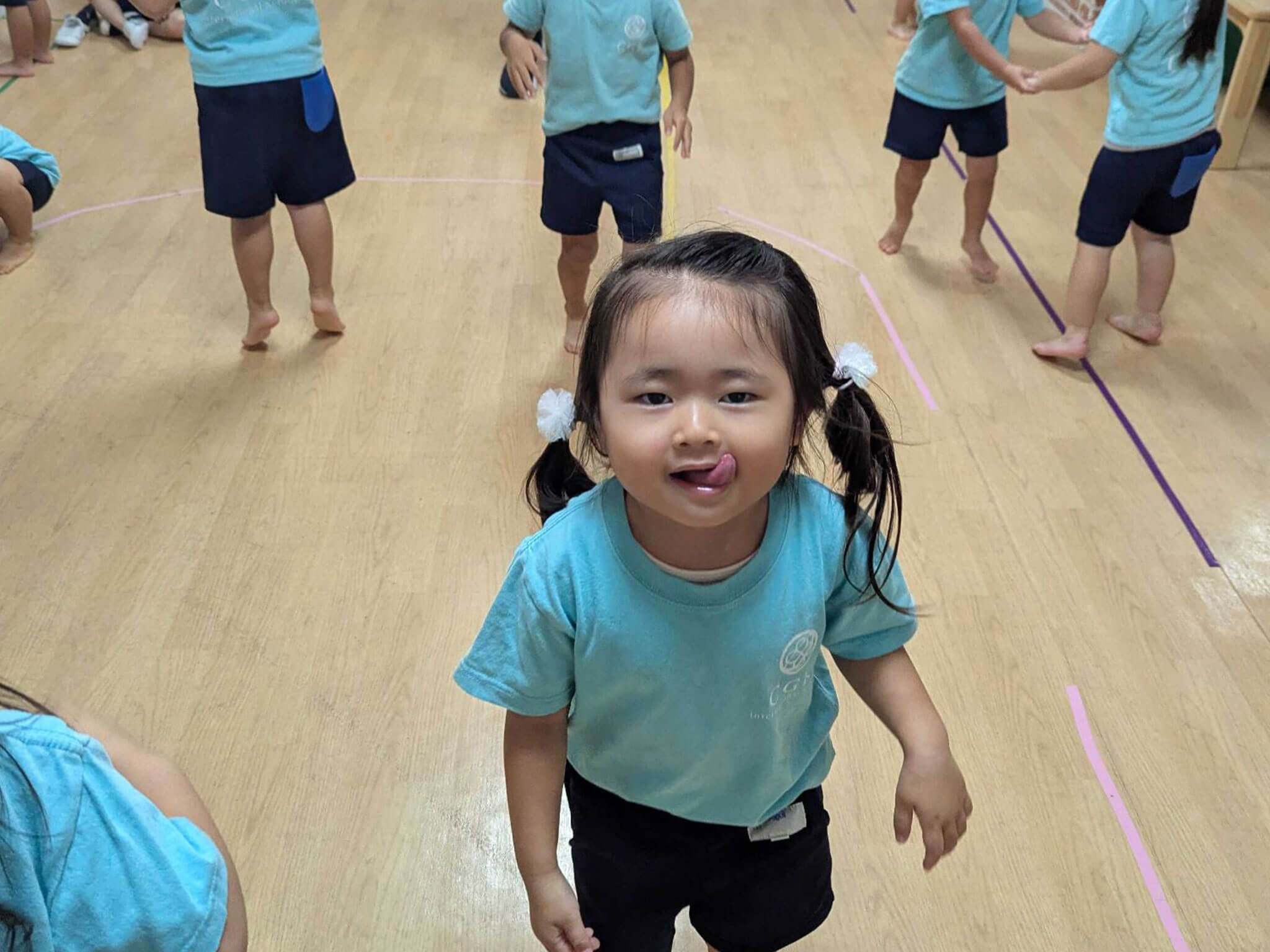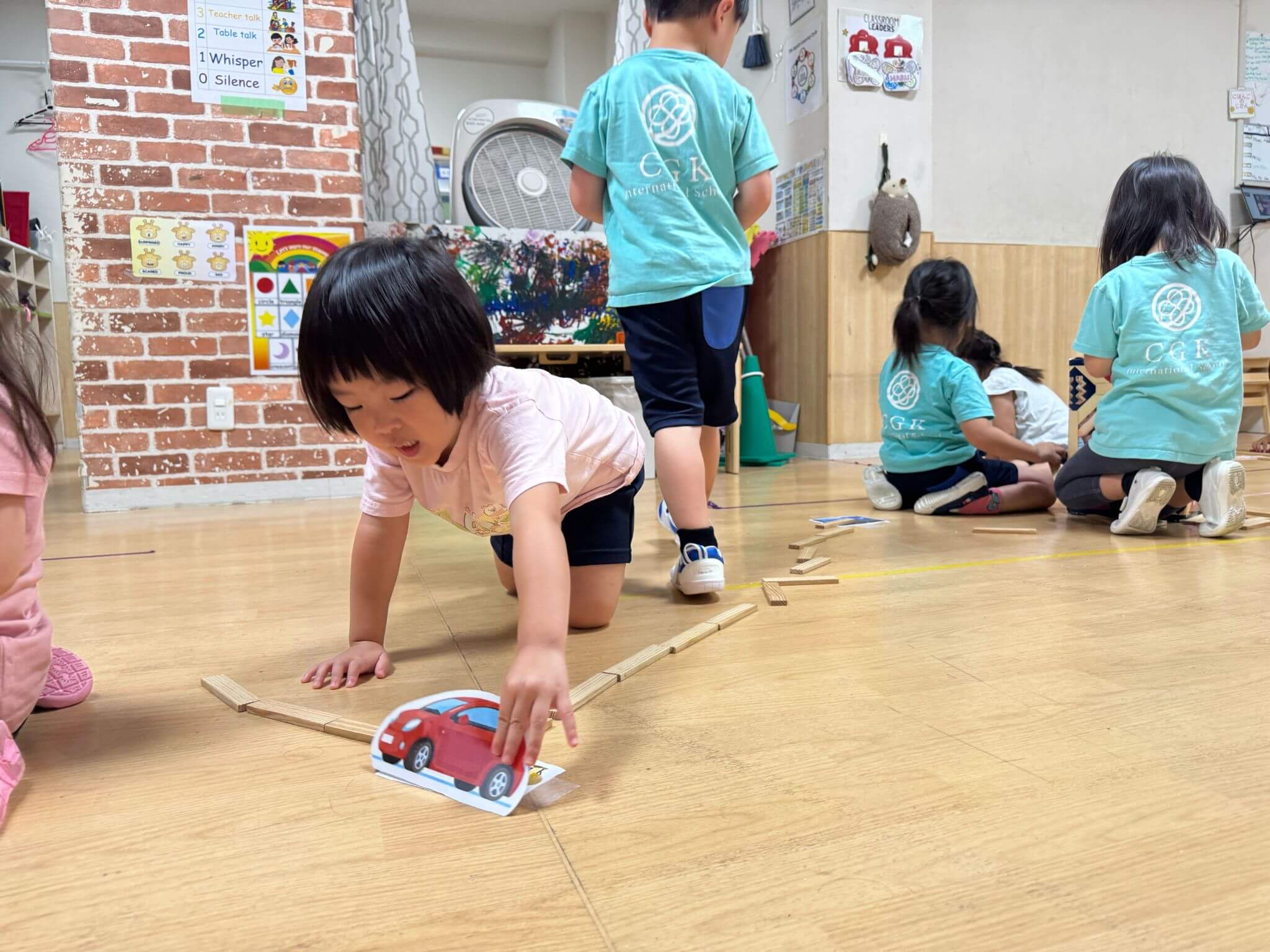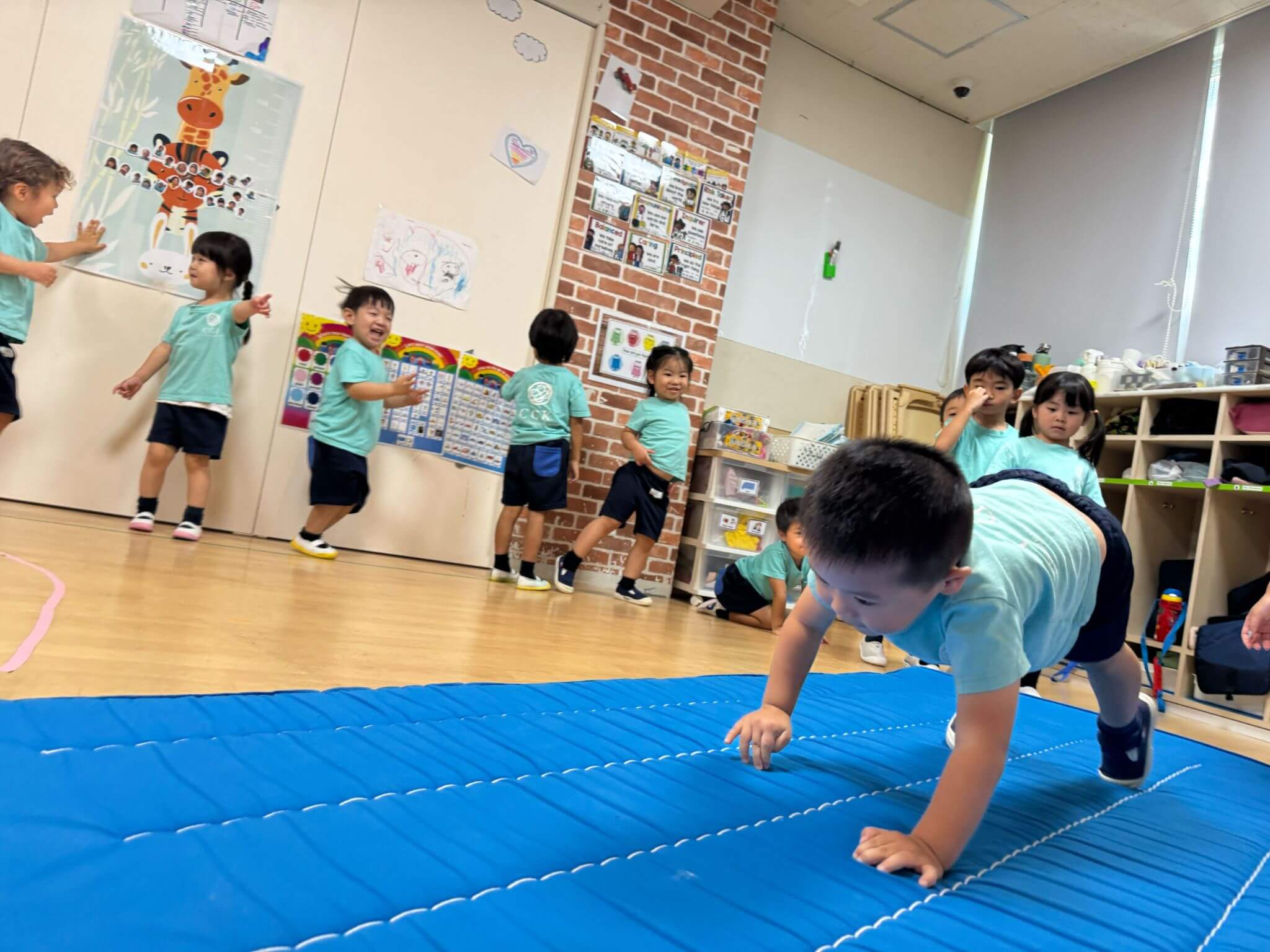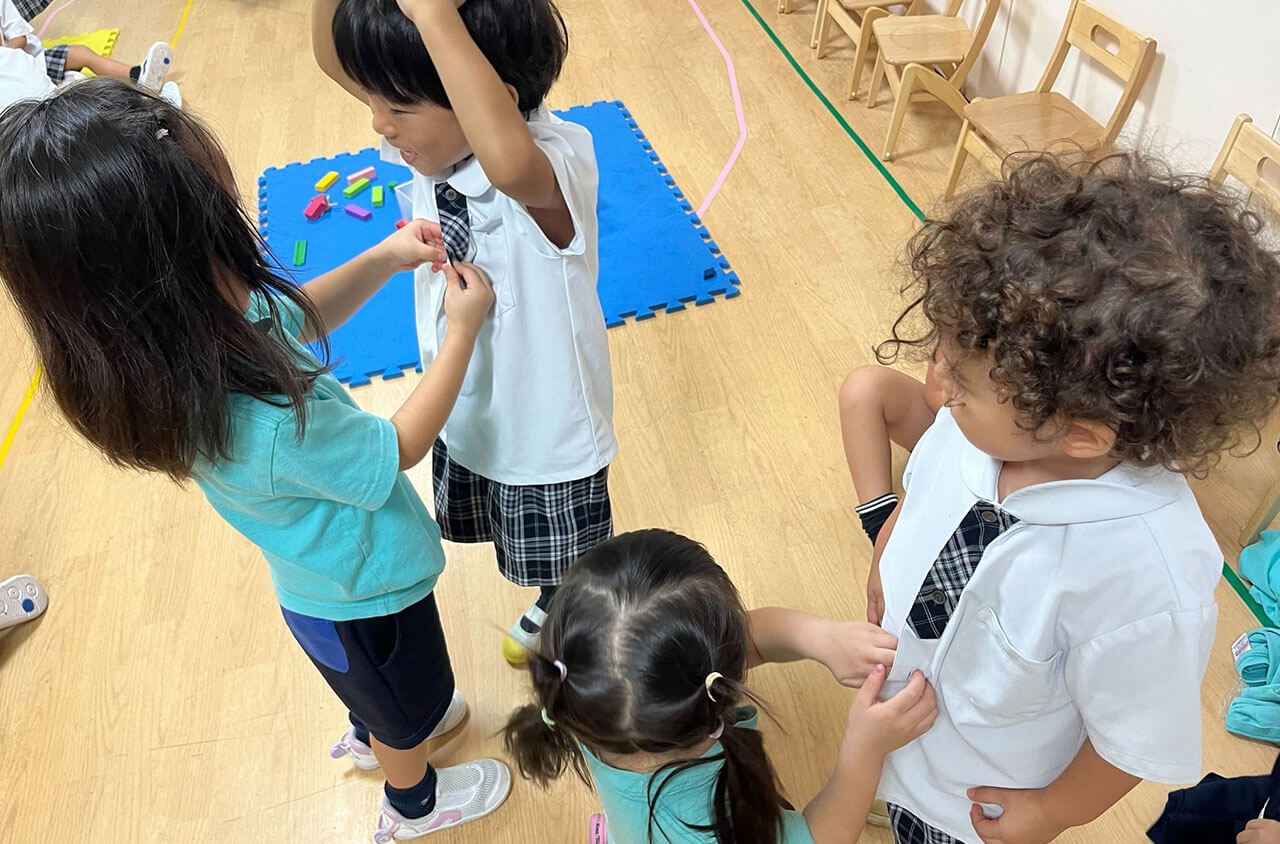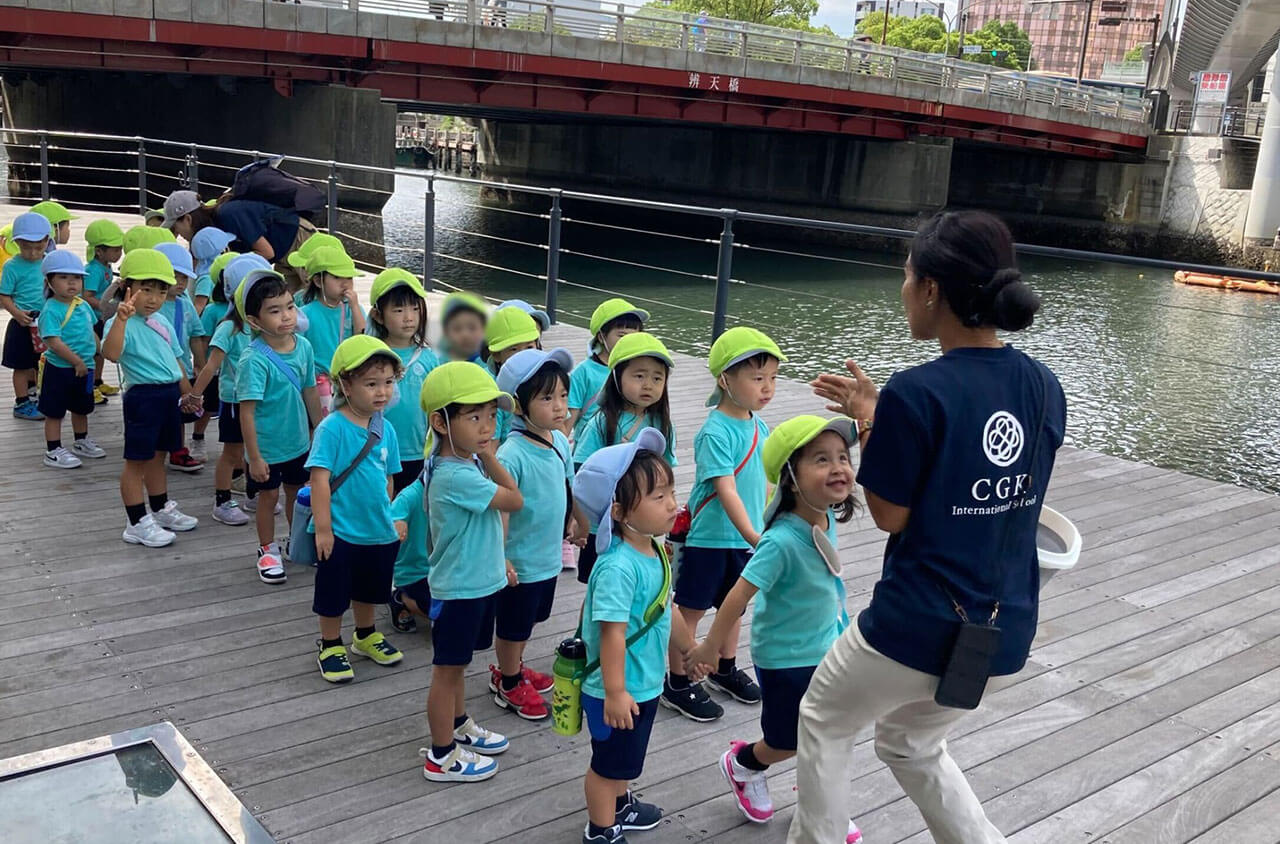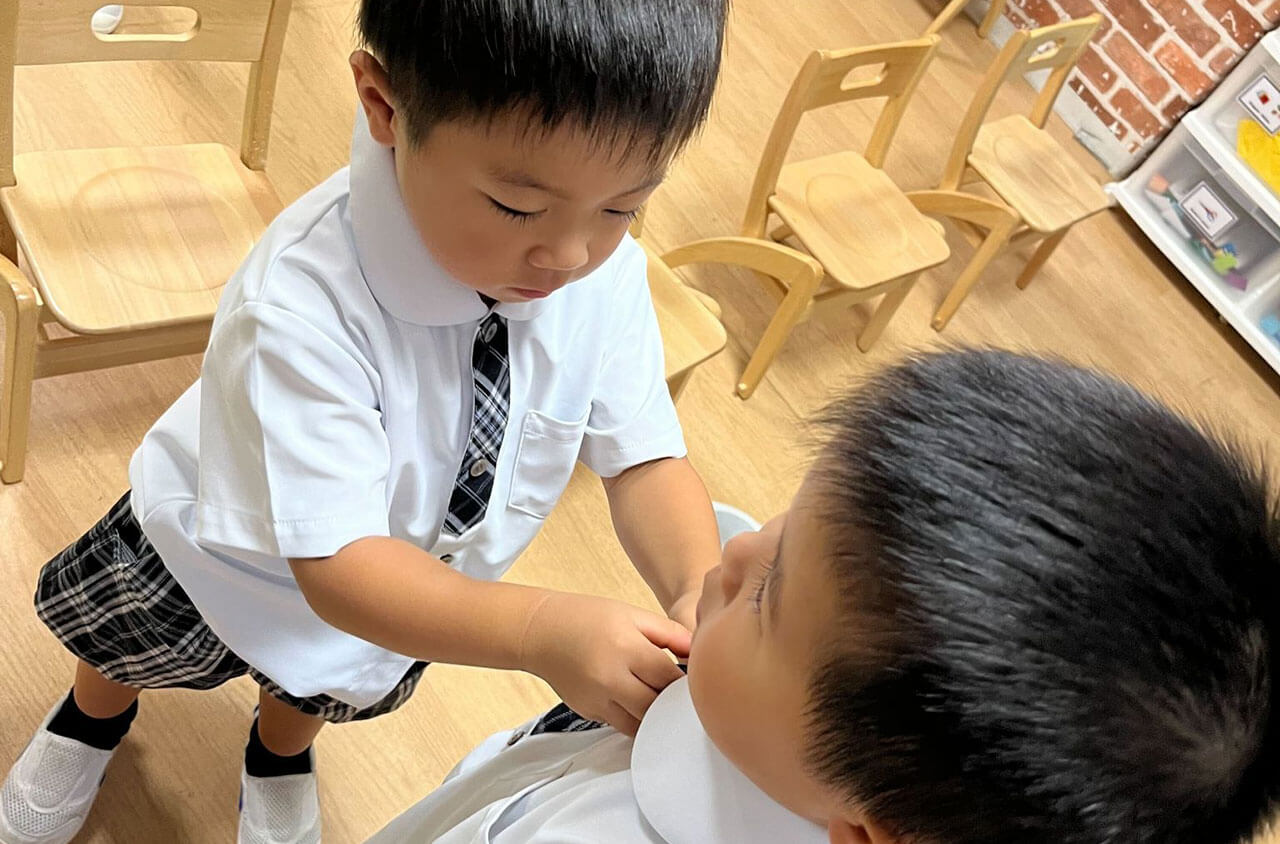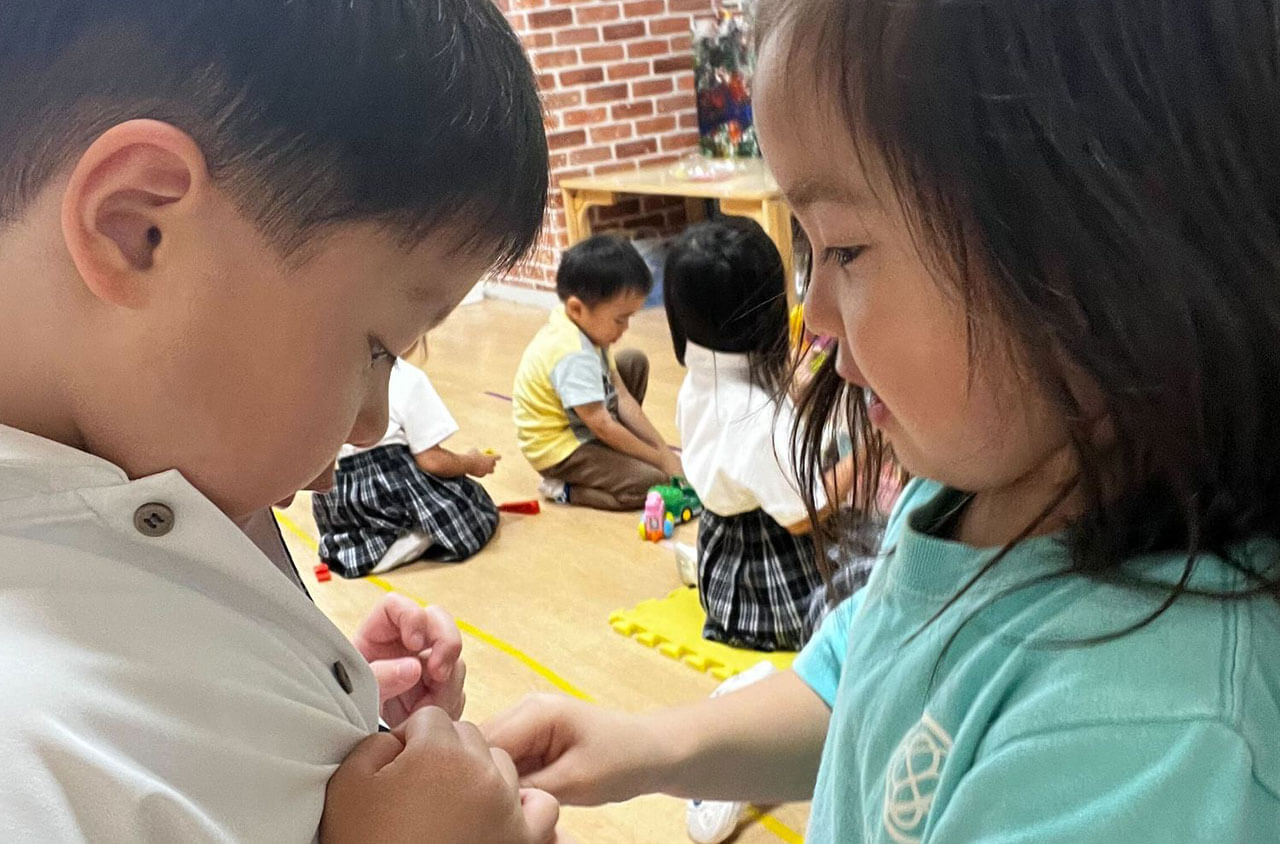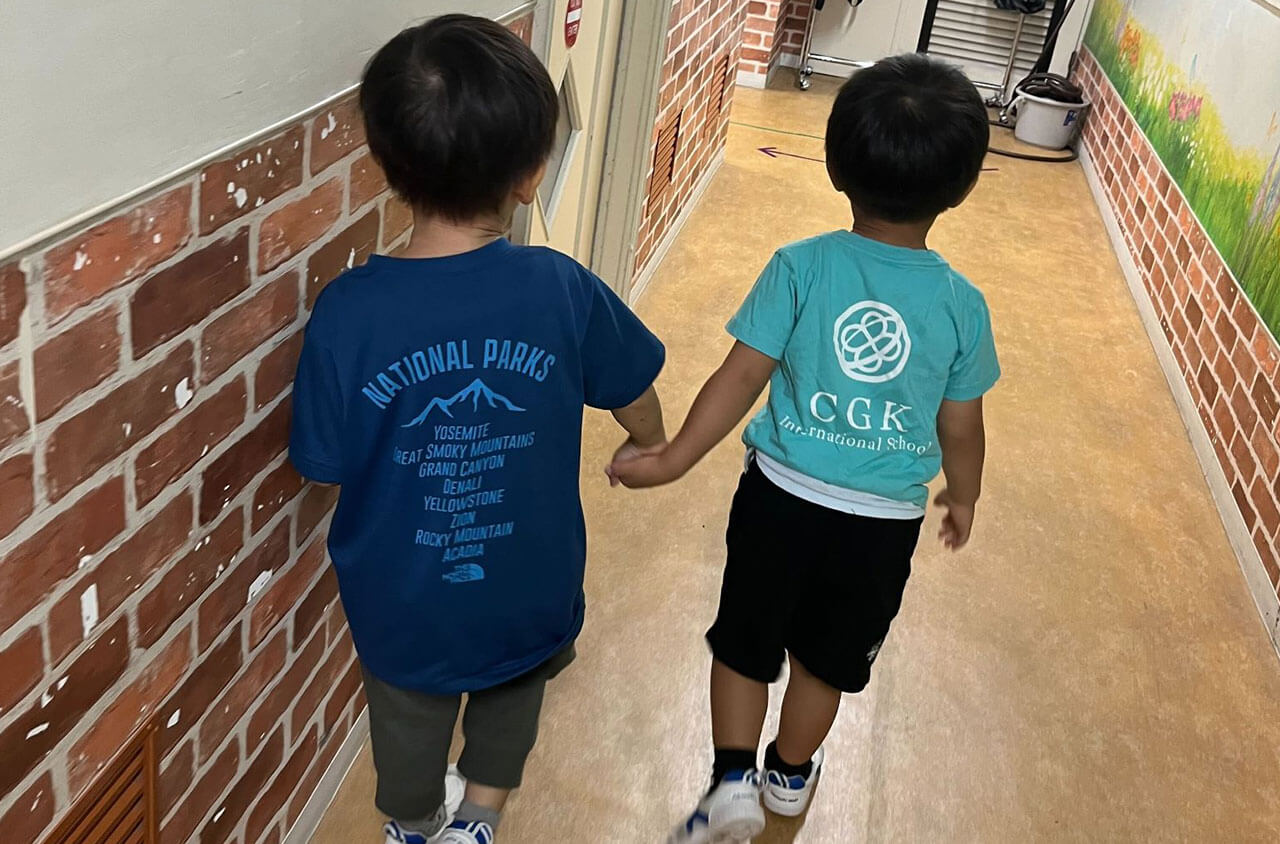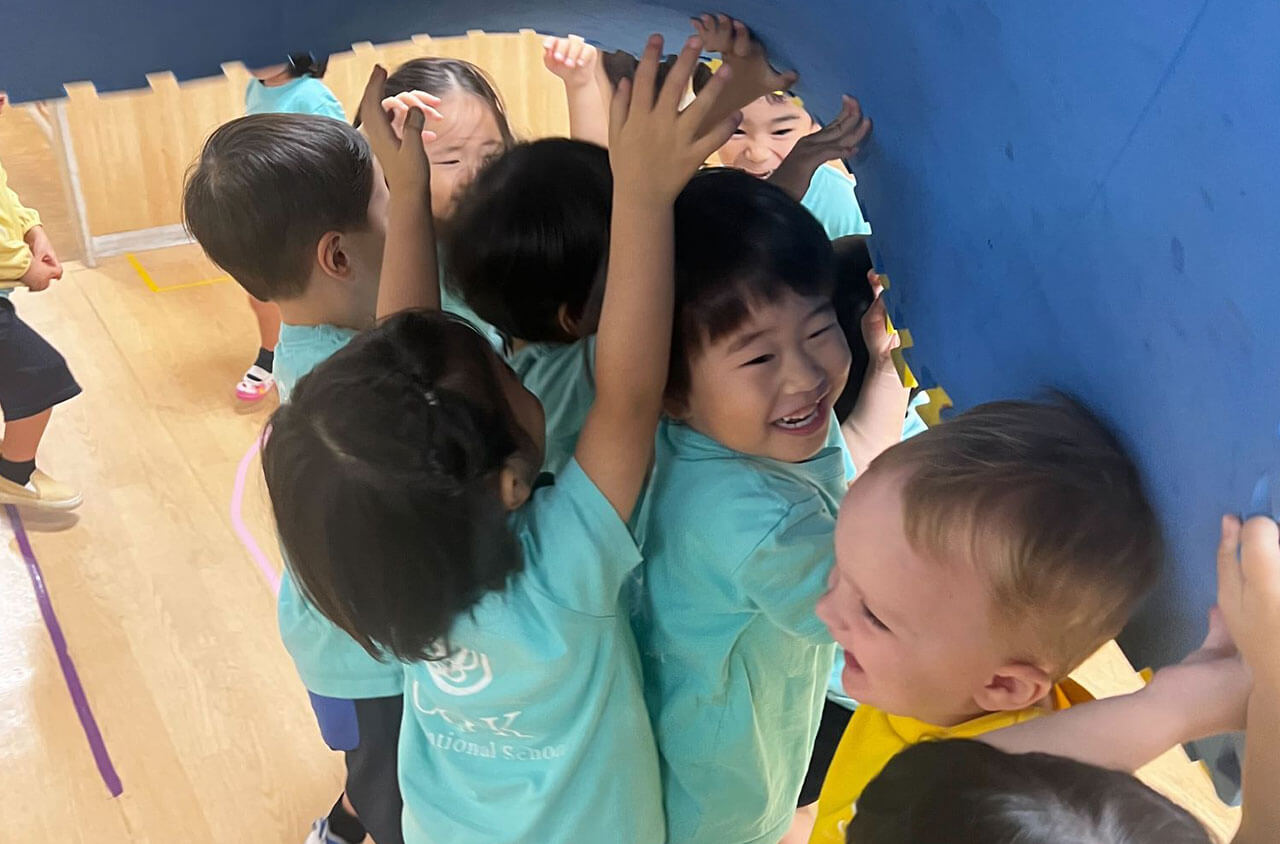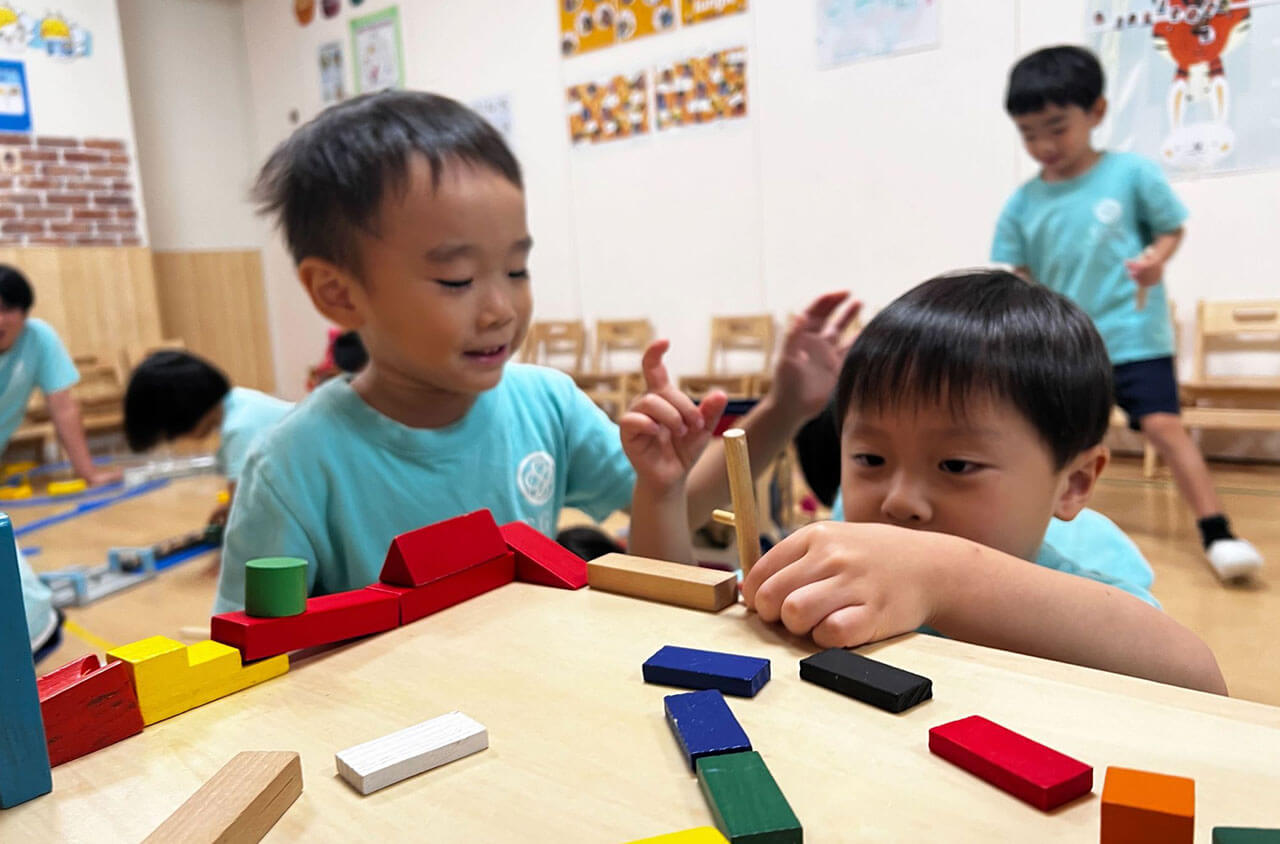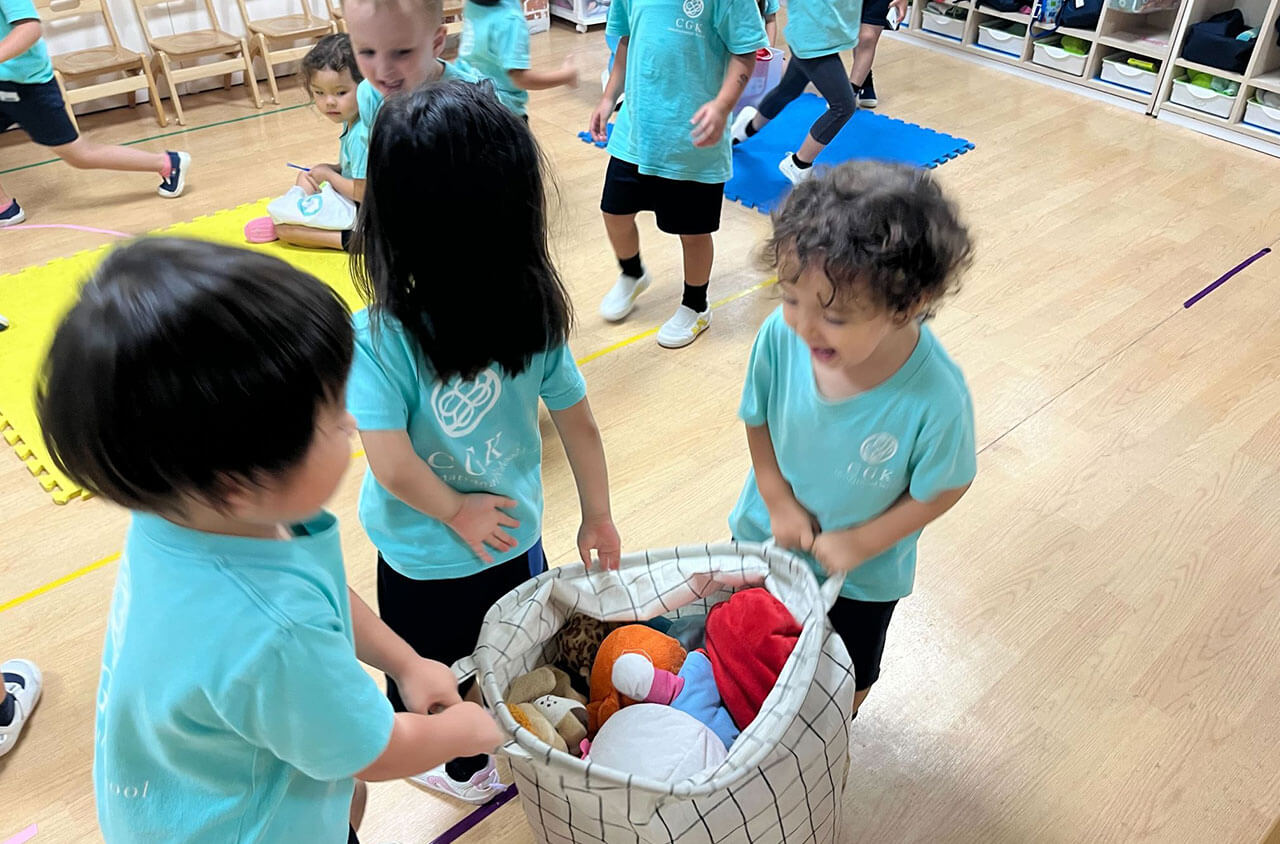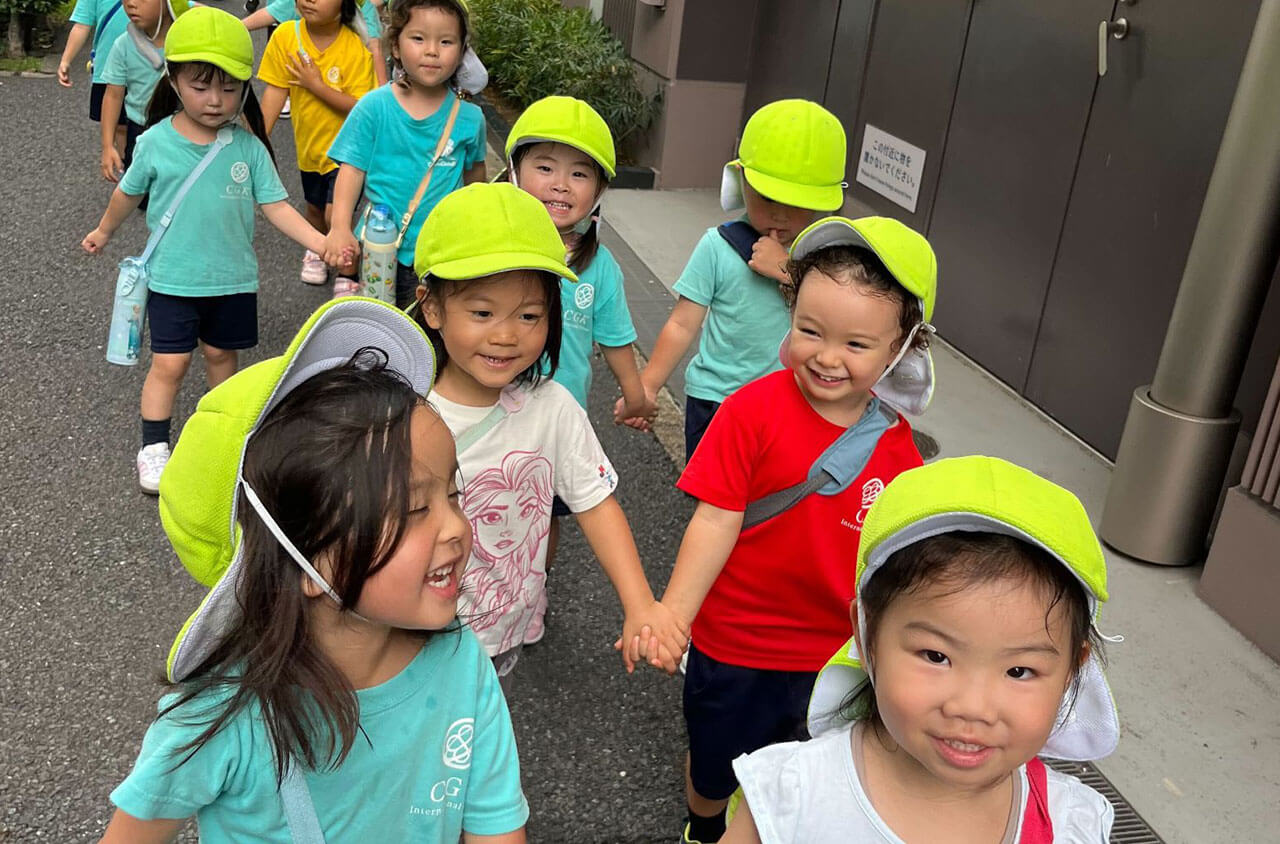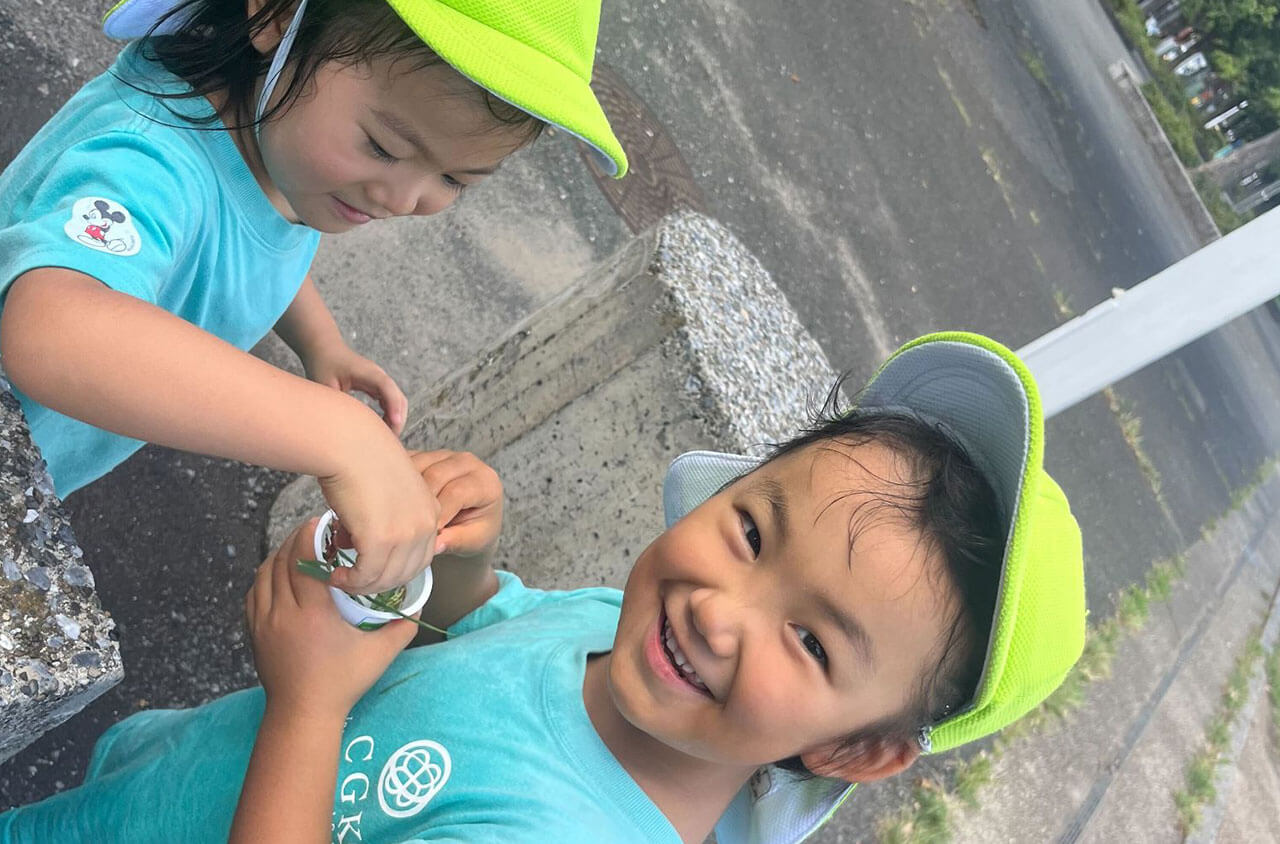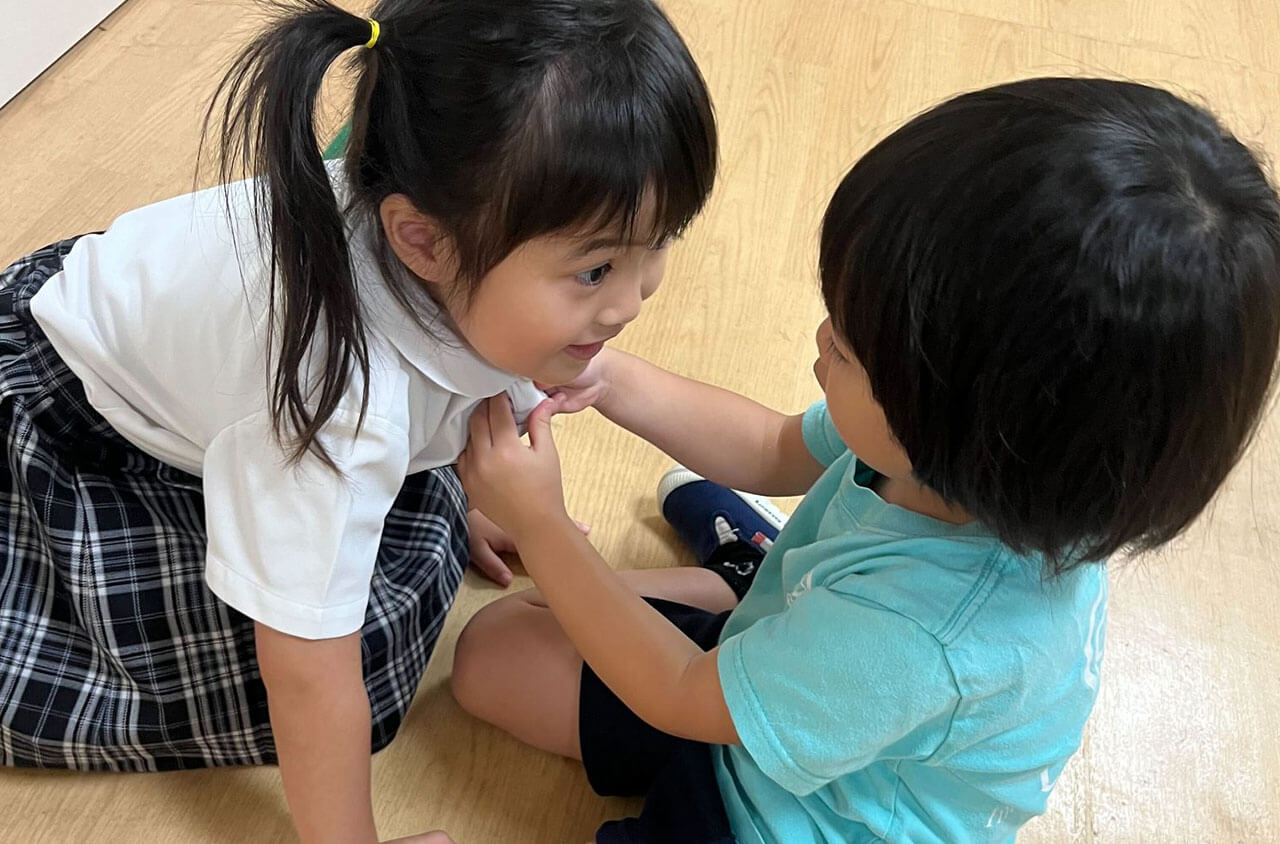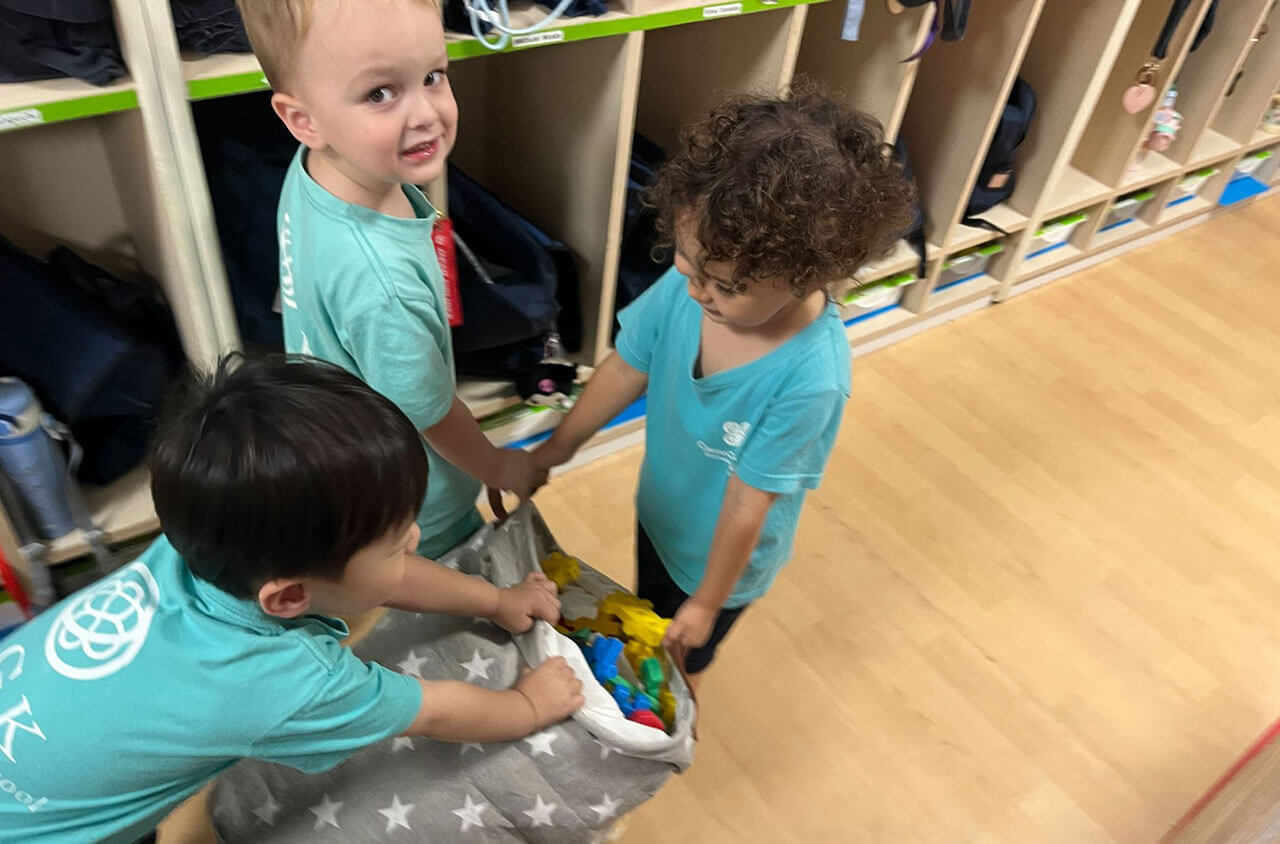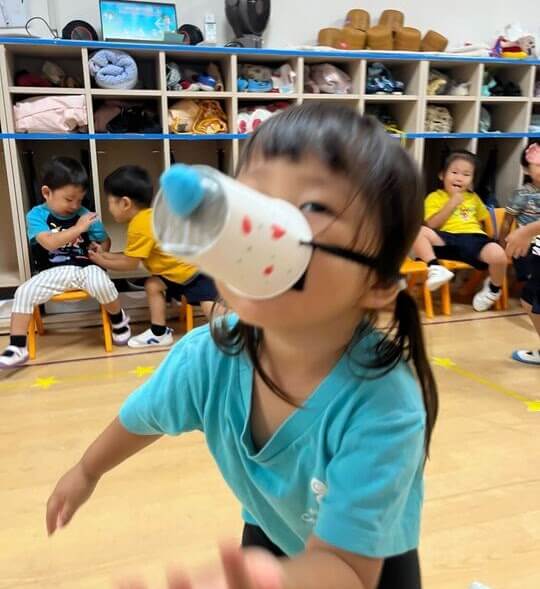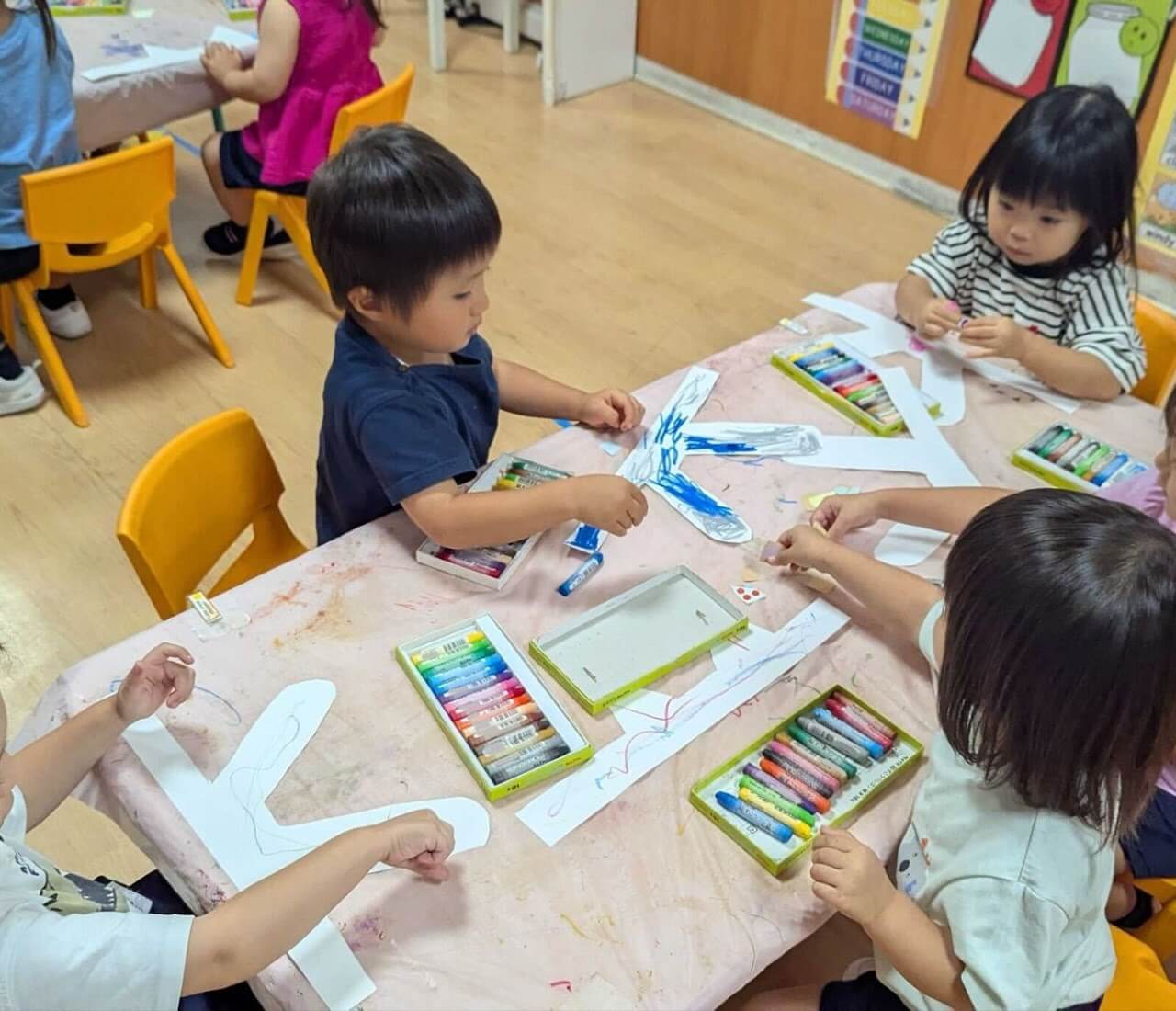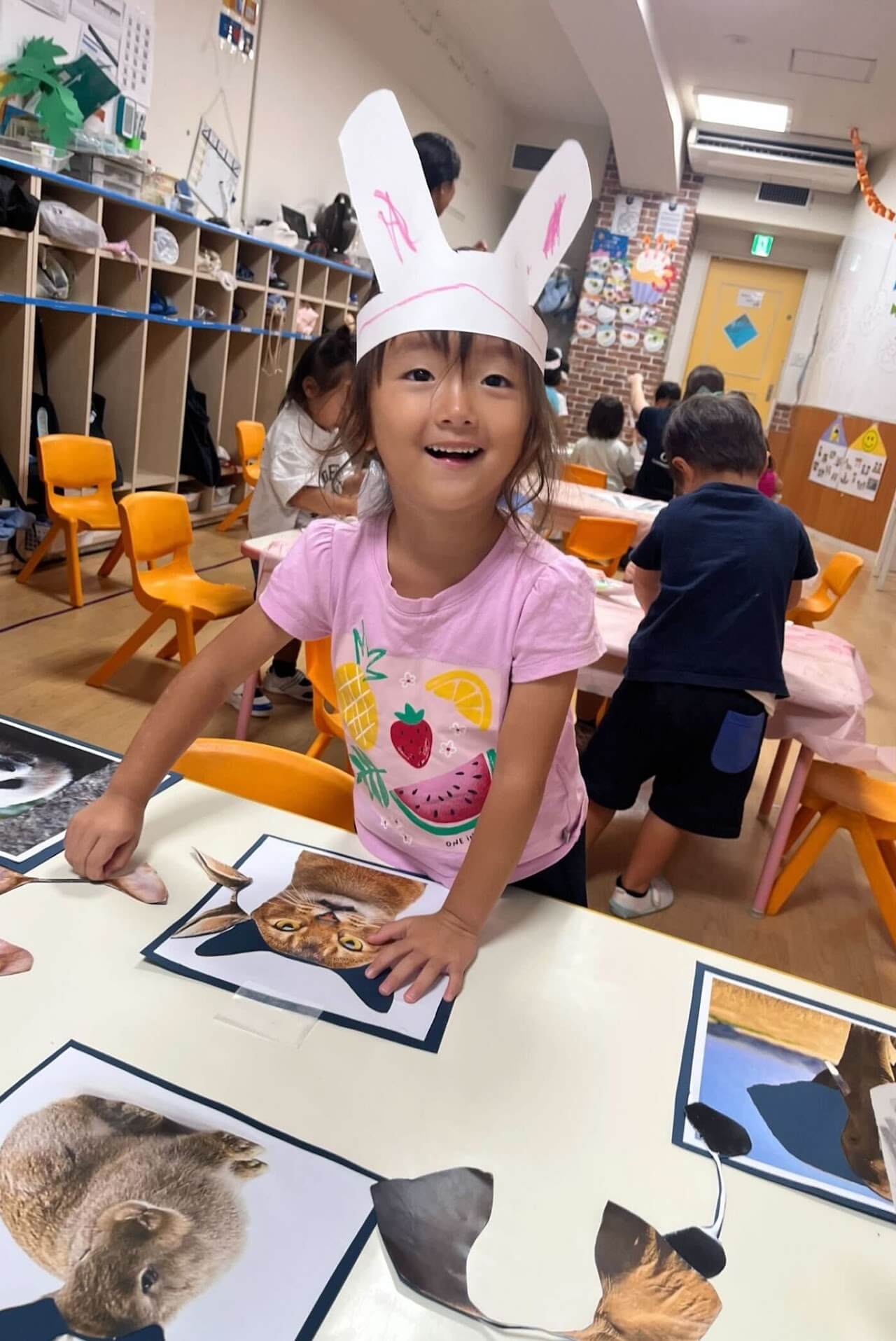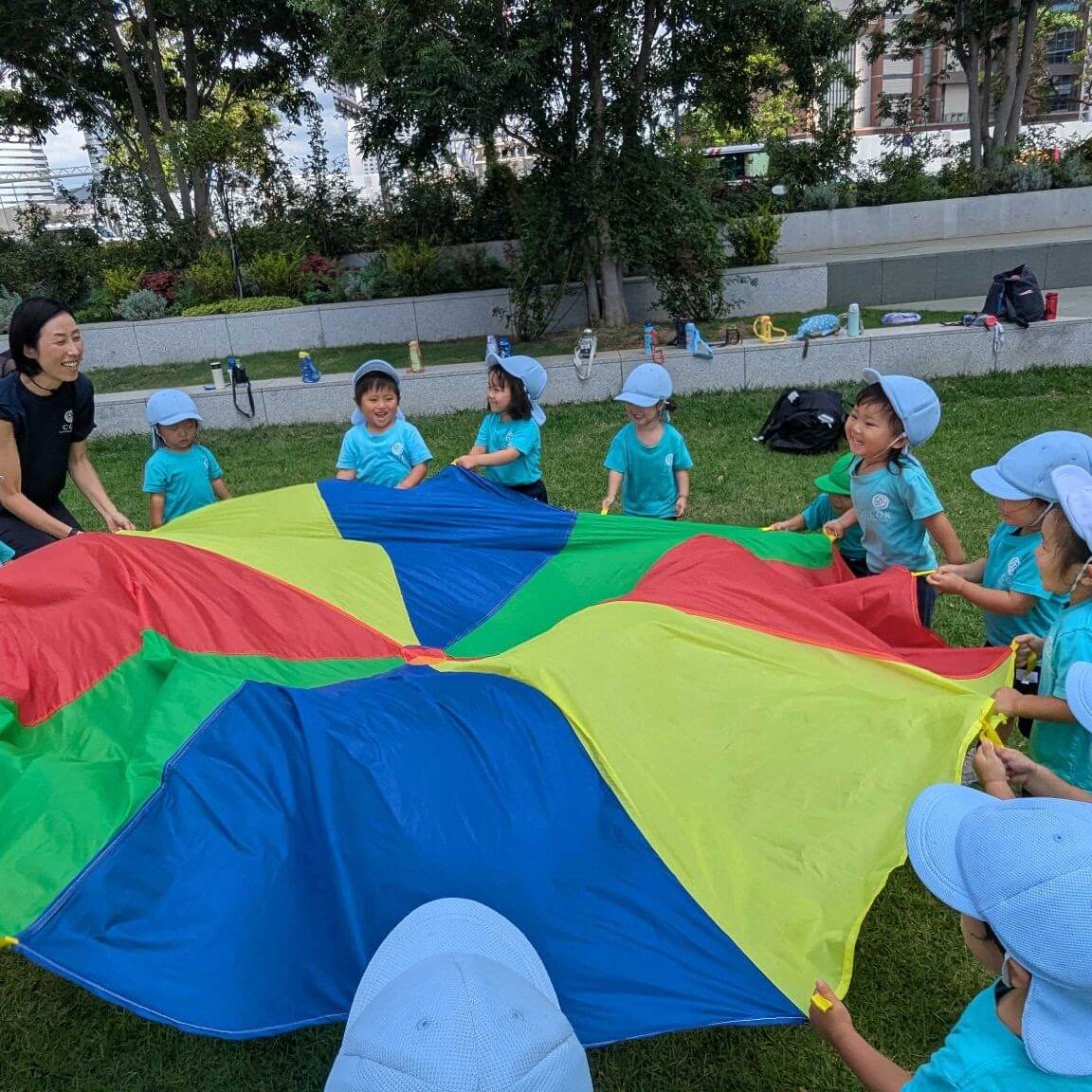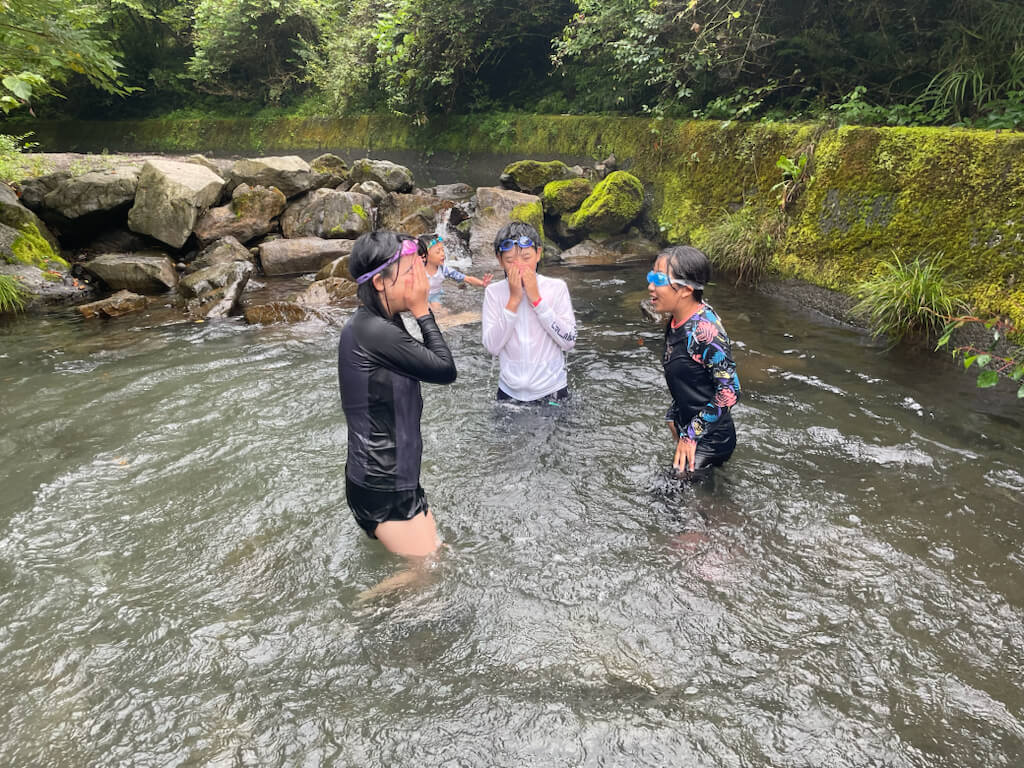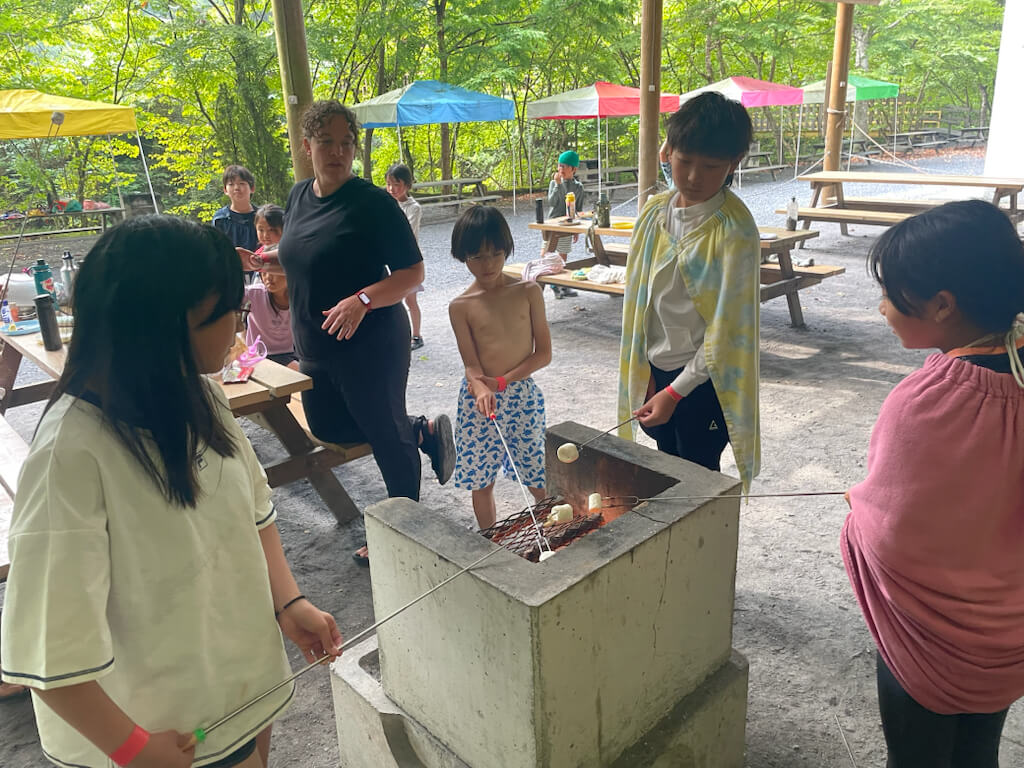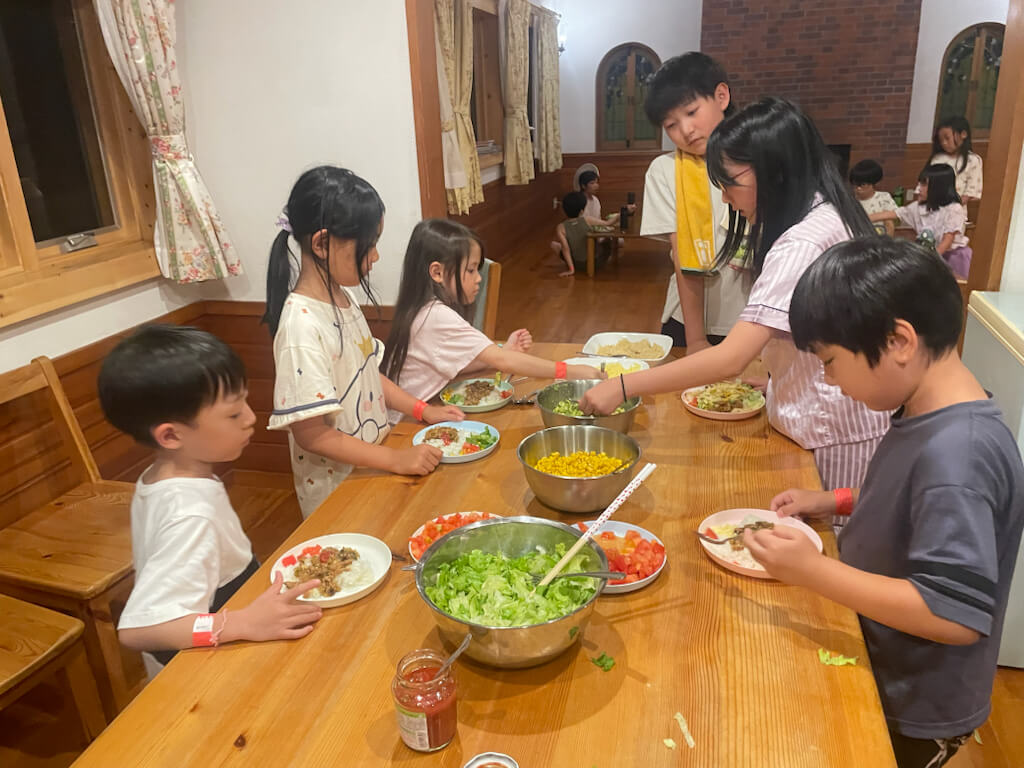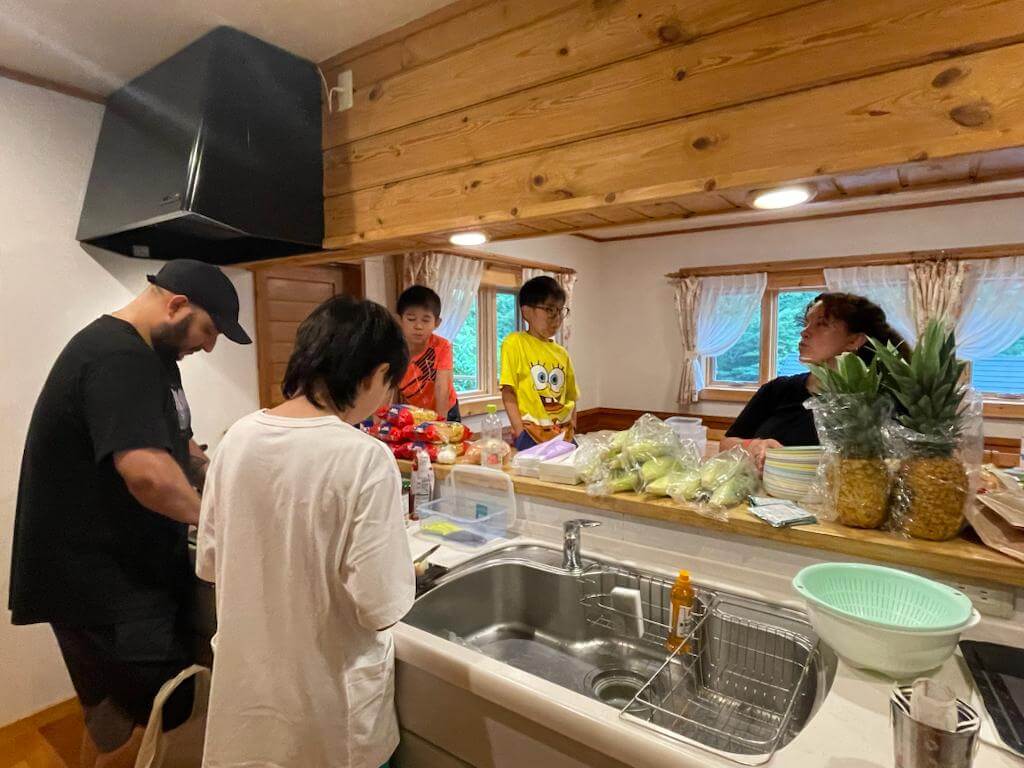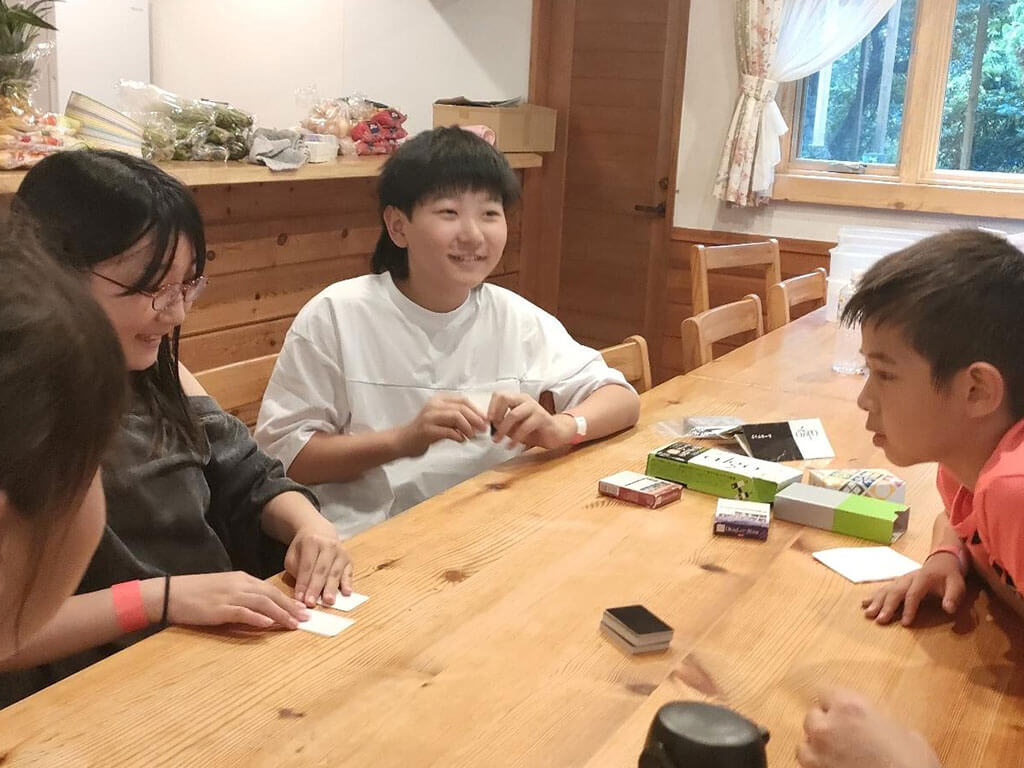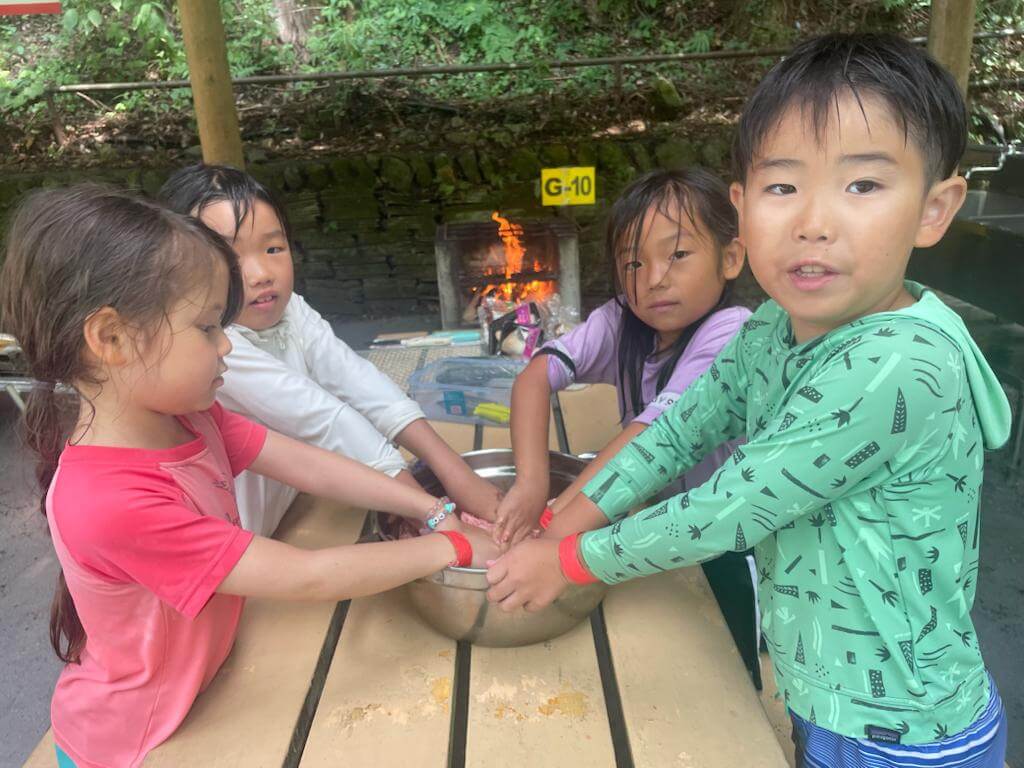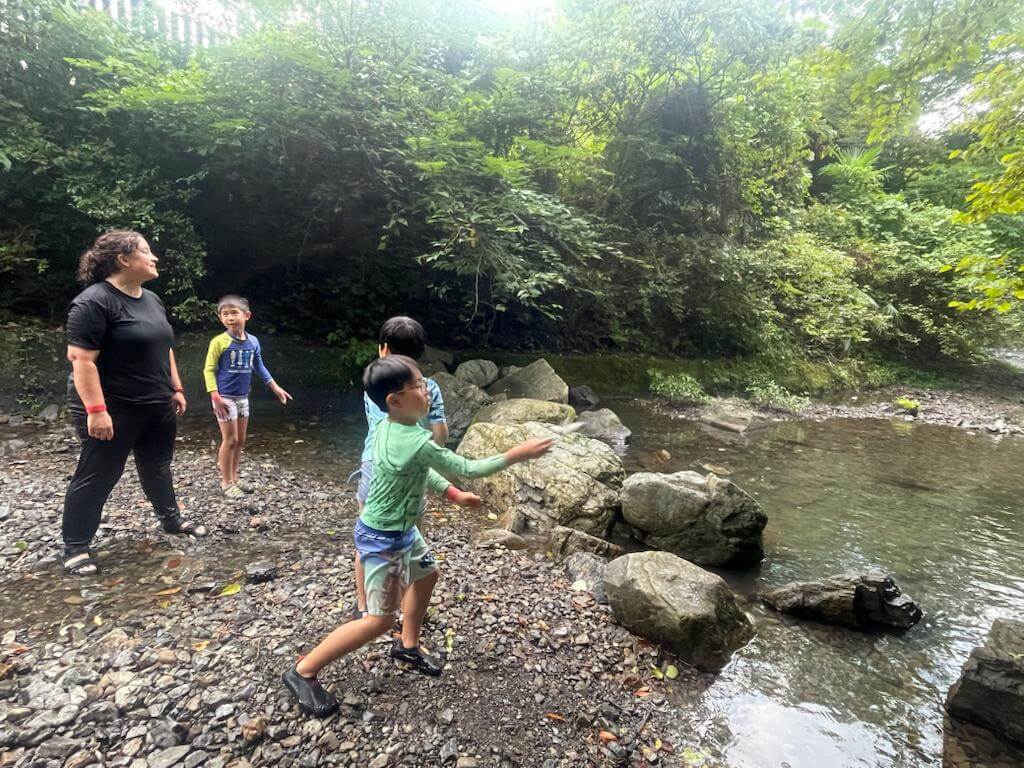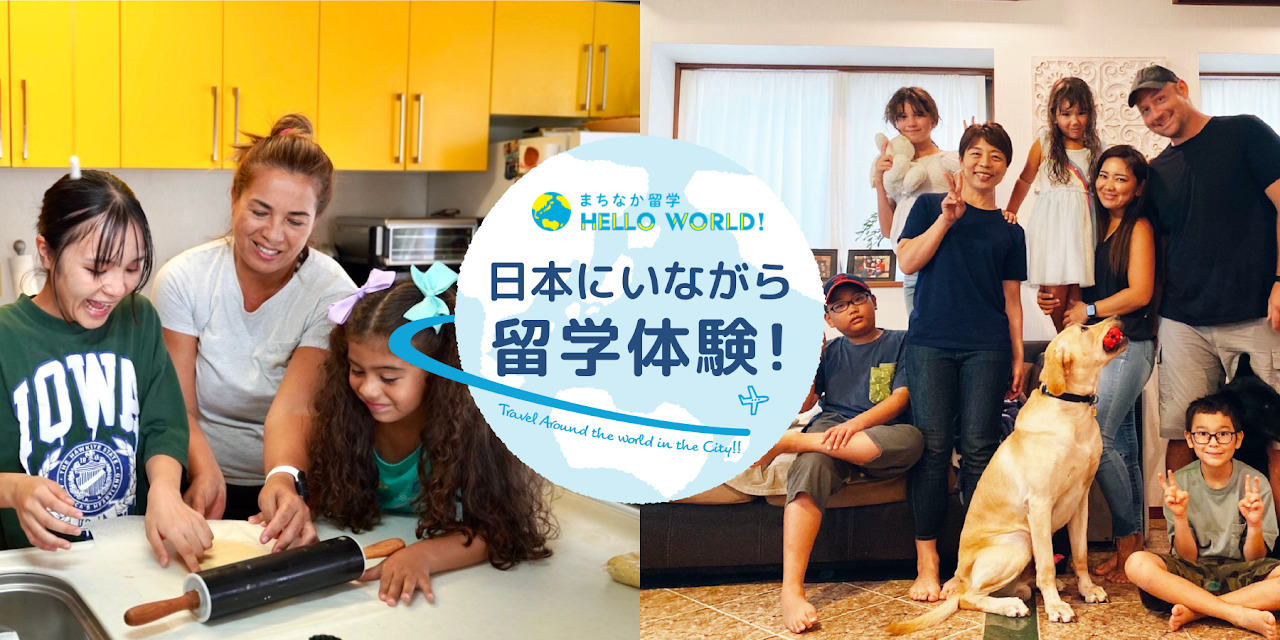CGK Times
A global learning community for discovering
and pursuing your happiness
September 2025
Contents
Study Abroad and Global Initiatives
Australia
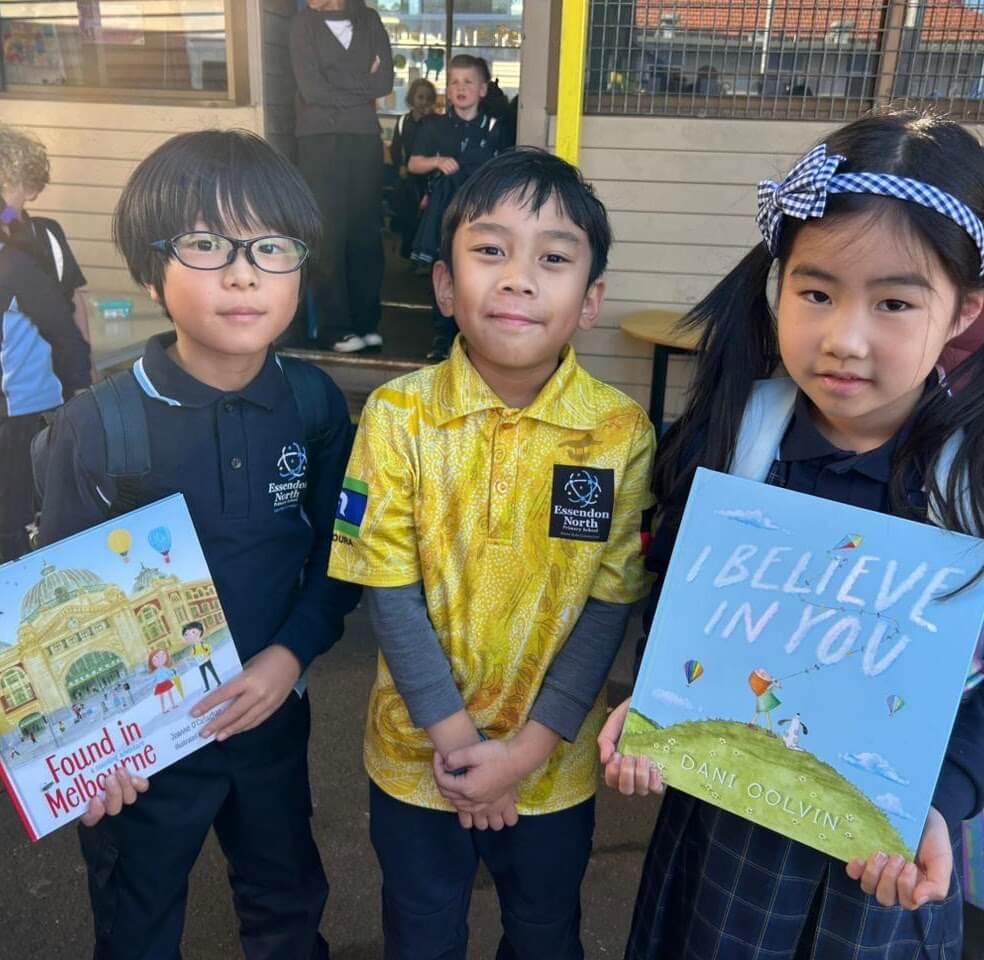
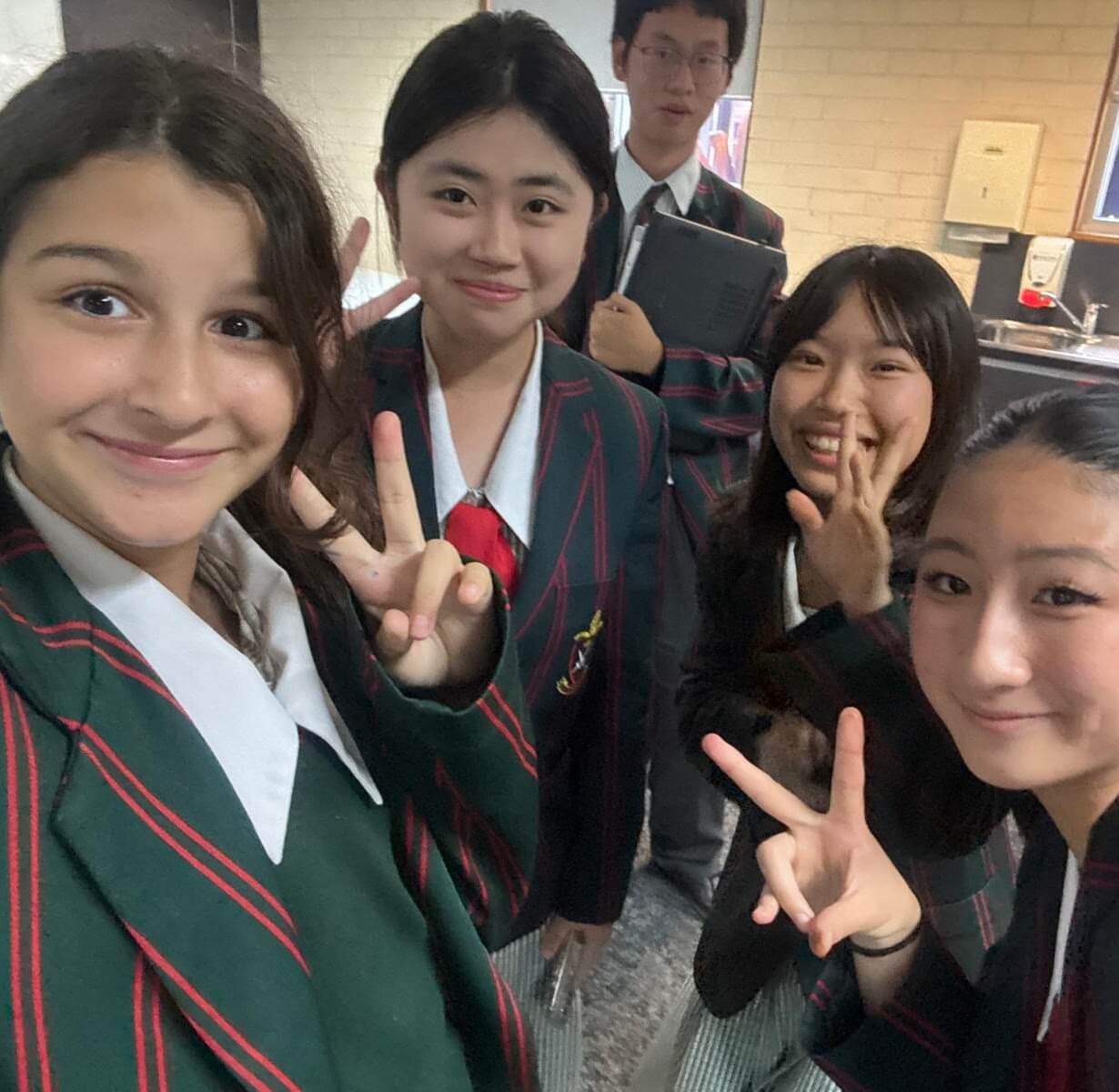

Ipswich Girls Grammar School (私立女子一貫校) CGK G3 Ako, AS G2 Yusei

Essendon North Primary School(公立小学校・IB PYP校) CGK G1 Kokone, Mitsuki

Essendon North Primary School(公立小学校・IB PYP校) CGK G1 Kokone, Mitsuki
 Essendon North Primary School(公立小学校・IB PYP校)CGK G1 Mitsuki
Essendon North Primary School(公立小学校・IB PYP校)CGK G1 Mitsuki
Essendon North Primary School(公立小学校・IB PYP校) CGK G1 Kokone, Mitsuki

Essendon North Primary School(公立小学校・IB PYP校) CGK G1 Kokone, Mitsuki

Essendon North Primary School(公立小学校・IB PYP校) CGK G1 Mitsuki

Essendon North Primary School(公立小学校・IB PYP校) CGK G1 Mitsuki

Essendon North Primary School(公立小学校・IB PYP校) CGK G1 Kokone, Mitsuki

Guardian Childcare & Education South Melbourne (保育園) CGK Mountain Taiki

Guardian Childcare & Education South Melbourne (保育園) CGK Mountain Taiki

Guardian Childcare & Education South Melbourne (保育園) CGK Mountain Taiki

Guardian Childcare & Education South Melbourne (保育園) CGK Mountain Taiki

Ipswich Girls Grammar School (私立女子一貫校) CGK G3 Ako, AS G2 Yusei

Ipswich Girls Grammar School (私立女子一貫校) CGK AS G2 Yusei

Ipswich Girls Grammar School (私立女子一貫校) CGK G3 Ako

Ipswich Girls Grammar School (私立女子一貫校) CGK G3 Ako

Ipswich Girls Grammar School (私立女子一貫校) CGK G3 Ako

St.Pauls (私立一貫校) CGK G7 Alisa
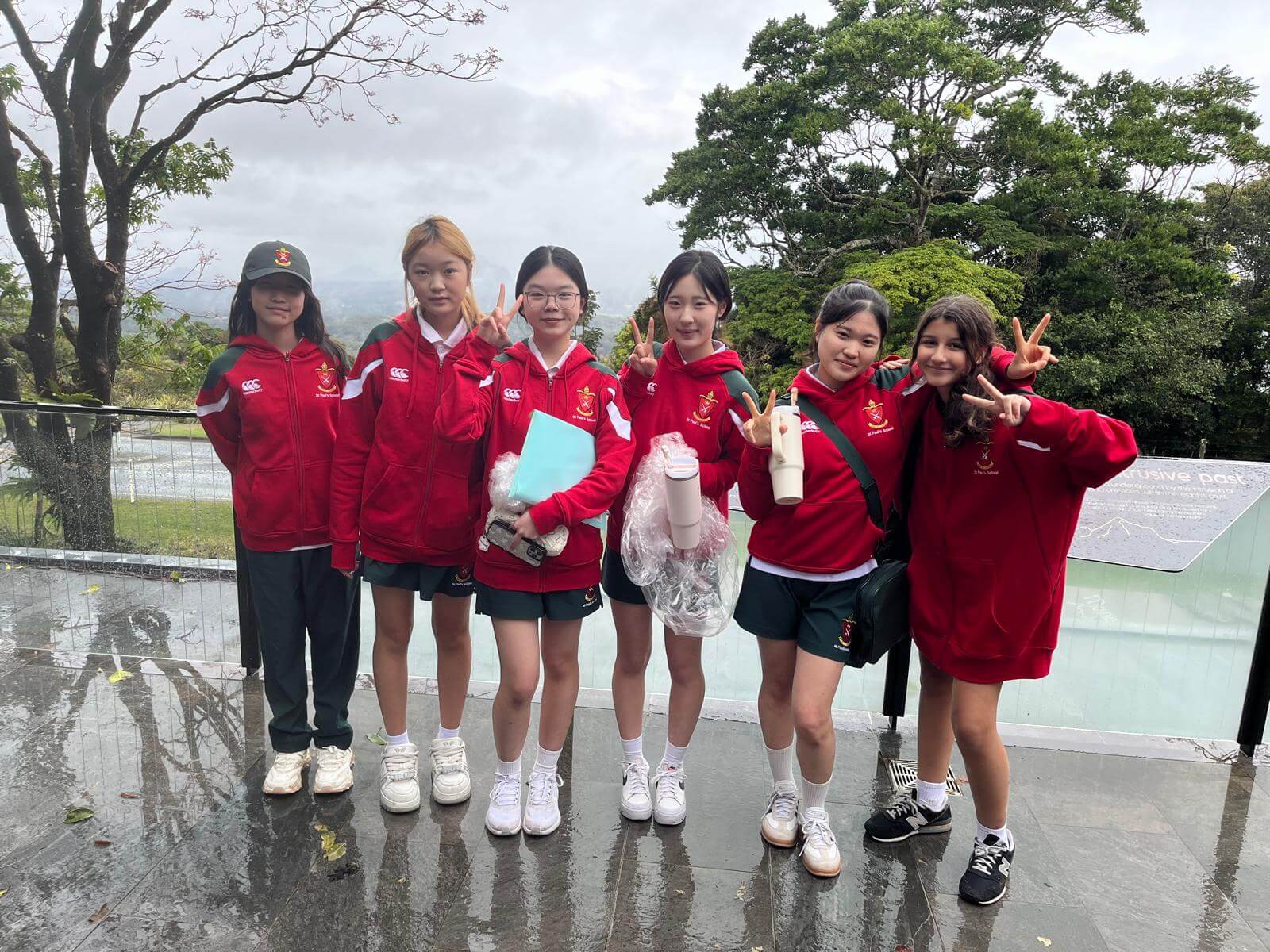
St.Pauls (私立一貫校) CGK G7 Alisa

St.Pauls (私立一貫校) CGK G7 Alisa
Canada

Assumption College Catholic Middle School (公立中学校) CGK G7 Sedona, St. James Elementary (公立小学校) CGK G4 Nasuka

Assumption College Catholic Middle School (公立中学校) CGK G7 Sedona
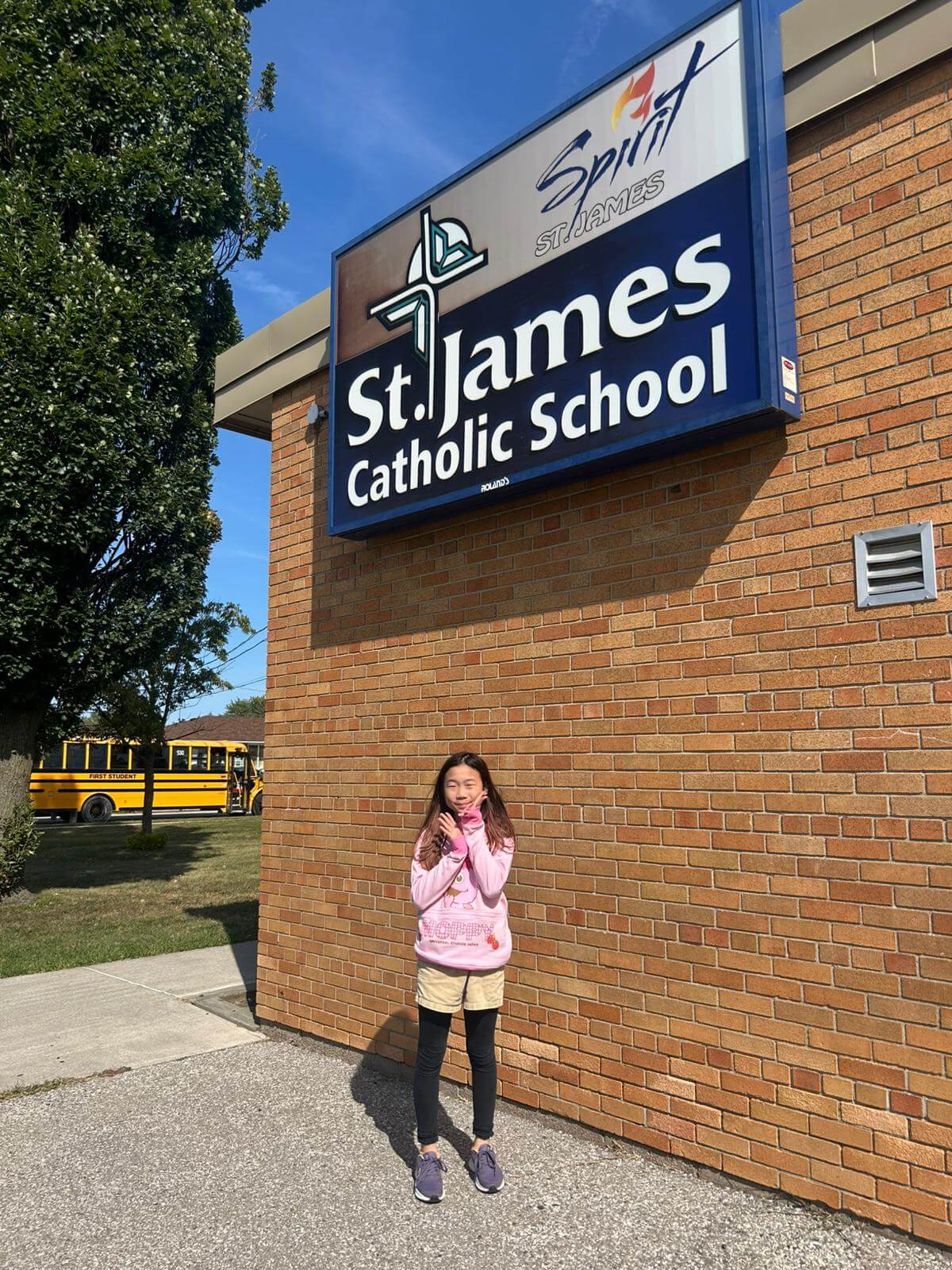
St. James Catholic Elementary School (公立小学校) CGK G4 Nasuka

Global College Summer Camp, CGK AS G1 Aoba

Global College Summer Camp, CGK AS G1 Aoba
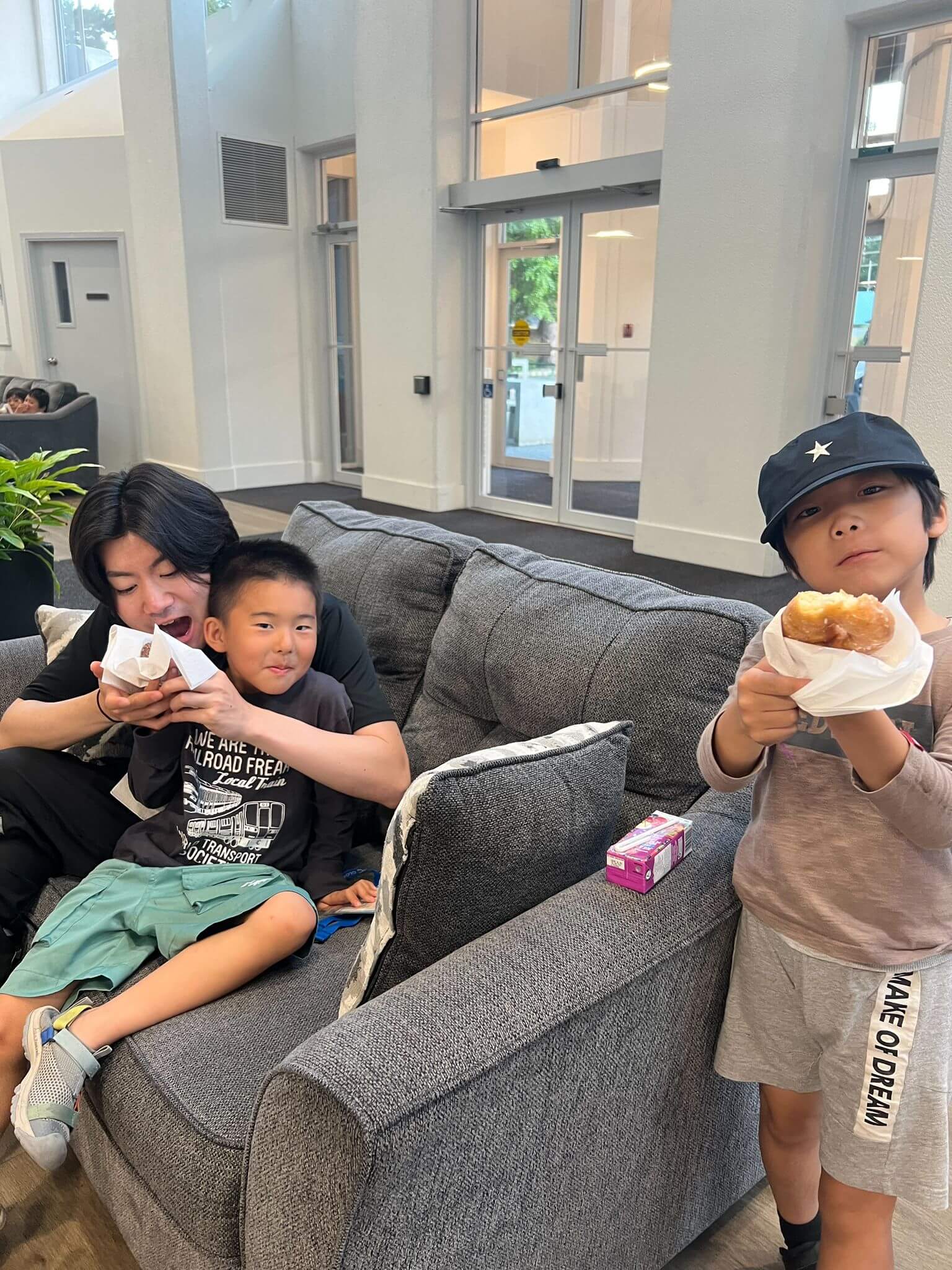
Global College Summer Camp, CGK AS G1 Aoba

Global College Summer Camp, CGK AS G1 Aoba
New Zealand

Belmont Intermediate School (公立中学校) CGK G6 Yuina

Belmont Intermediate School (公立中学校) CGK G6 Yuina

Belmont Intermediate School (公立中学校) CGK G6 Yuina
2025 Summer CGK Study Abroad
In 2025, a total of 24 CGK students have already participated in or are scheduled to join overseas study abroad programs.
This summer’s short-term study abroad programs were a great success, with solo and parent–child opportunities realized in Australia, New Zealand, and Canada.
✦Highlights of This Summer
- A CGK Preschool graduate and current After-School Grade 1 student achieved a solo study abroad in Canada!
- A CGK Elementary Grade 1 student became the first to study abroad at an IB PYP school in Australia!
- A Grade 7 student began their solo long term study abroad journey!
Through these challenges, each student broadened their horizons and returned with greater self-confidence.
Study Abroad Destinations:
- Australia
St. Paul’s School (Private all-through school)
Essendon North Primary School (Public primary school, IB PYP)
Ipswich Girls' Grammar School (Private all-through girls' school)
Browns English Language School (Language school)
Guardian Childcare & Education South Melbourne (Childcare centre) - New Zealand
Belmont Intermediate School (Public middle school) - Canada
Global College Camp
Assumption College Catholic Middle School (Public middle school)
St. James Catholic Elementary School (Public primary school)
At CGK, we will continue to value each child’s unique challenge, carefully supporting them with safe and suitable study abroad options tailored to their needs and duration.
On October 6, one of this summer’s destinations — Belmont Intermediate School in New Zealand — will be visiting CGK! A special information session will be held by their local coordinator. Don’t miss this opportunity!
👉 Click here for the registration link
Preschool
CGK Awards
Welcome to the world renowned, highly respected, and much revered CGK Awards! Each month we would like to highlight the children from each class who have displayed qualities that are part of the IB Learner Profile. These are qualities that we want our children to have and to share with the world. With that, the recipients of this month's CGK Achievement Awards are:
Jungle A (3 year-olds)
E. - for facing her fears in a new environment head on, challenging herself to make friends, and communicating with her teachers and peers.
S. - for helping new friends settle in and for making excellent progress when it comes to thinking of her own actions and how to be an even better Jungle friend.
Jungle B (3 year-olds)
K. - For embracing new ideas with an open-mind. You ask great questions and try new things, even when they're different from what you know.
K. - For sharing your ideas with a nice big voice. We're proud of the way you've started to use your words to connect with your friends.
Mountain (4 year-olds)
A. - For displaying creativity during story-telling UOI class.
H. - For trying her best in all parts of the curriculum and beyond.
Sky A (5 year-olds)
K. - Trying new ideas and approaches to solve problems and showing a willingness to try and try again until he finds success.
R. - Thinking beyond the limits of the things we learn about in our UOI and sharing her thoughts and knowledge with the class.
Sky B (5 year-olds)
K. - For being a caring friend and making everyone feel included.
R. - For trying her best during journal writing and showing improvement in her handwriting.
Sky A&B (5-year-olds)
Finding Answers to Our Questions and Sharing Our Knowledge
Over the past few months, the Sky classes have been inquiring into the concepts of our unit How the World Works. Through our class activities we have developed our understanding of space, physics, materials and many other topics but the Sky students still have many questions to ask! Their natural curiosity and desire for knowledge is infinite so the Sky students have been learning about research and how they can procure the information that they seek. Information can be found from a diverse array of sources and everyone tried looking for answers in books, on the internet, and from doing experiments with their classmates.
This month, their experience culminated in a home research assignment. All of the Sky students chose a question that they wanted to explore more of and together with their families, they researched the answers and wrote or drew what they had discovered. Everyone really enjoyed the opportunity to take what they learned in class and apply it with their families at home.
The Sky students then brought their answers back to school and shared what they had learned with their friends. Everyone was able to present their information in the way that they felt the most comfortable. Some students chose to explain a drawing to a small group and some chose to use their own language to talk in front of the class. Everyone showed their developing abilities as thinkers and communicators. Of course, all of these answers lead to even more questions for us to research. The Inquiry cycle never ends!
Building Towers, Building Understanding
As part of our ongoing inquiry into How the World Works, the Sky students recently took on a collaborative challenge: building the tallest tower they could using only paper. Working in small groups, the children were invited to explore ideas of balance, stability, and design while also practicing teamwork and communication.
At first, many groups found the task tricky. Paper does not always behavethe way we expect. Some towers toppled over quickly, while others leaned and wobbled before the children discovered ways to strengthen their structures. With persistence and creativity, students experimented with folding, rolling, and stacking paper in new ways. They soon realized that the way materials are shaped can affect their strength and stability.
This experience connected closely with our unit focus, encouraging the children to think like scientists and engineers. They learned through trial and error, observed cause and effect, and reflected on how materials and design choices impact the success of a structure. Beyond science, the activity also highlighted important skills of collaboration such as listening to one another, sharing ideas, and solving problems together.
The children were proud of what they built, and even more excited by what they discovered in the process. Their curiosity about balance, materials, and construction continues to grow, sparking new ideas for us to explore. Just like our towers, their learning is reaching new heights.
Thinking, Testing, Reflecting… The Continuation of Inquiry
In our current IB Unit of Inquiry, How the World Works, the children are focusing on the wonders around them, nurturing their curiosity by asking questions such as, “Why does this happen?” and “What would happen if I tried this?”
This unit emphasizes the cycle of predict → test → reflect, allowing students to deepen their understanding through repeated experiences. Before each experiment, they share their predictions with friends, noticing differences of opinion or finding joy in discovering shared ideas. By verbalizing their predictions, the children are also developing the ability to organize and express their own thoughts clearly.
So far, we have conducted a variety of experiments, such as exploring the mysteries of light and shadow, investigating force and motion using pendulums and cars, and comparing the weights of different objects. During the experiments, children often exclaimed with excitement, “Wow! It really worked like that!” or “Look, this happened!” They eagerly shared their observations with classmates and discussed how they might try things differently next time.
During reflection time, many students expressed their ideas for future challenges, saying things like, “Maybe it will fly farther if I do this!” or “Next time, I want to try with a bigger ball!” Through these experiences, the children are expanding their sense of wonder and motivation, growing stronger in their desire to “try it out” and “learn more.”
Mountain
(4-year-olds)
Inspiration! Imagination! Creativity!
This month, Mountain class has been exploring the many ways we can express ourselves. Alongside our continued focus on social and emotional expression, we have been inquiring into artistic, narrative, and physical expression — each connected to the passions of our Mountain teachers and the interests of our Mountain friends.
Our learning is guided by three key lines of inquiry: creativity, imagination, and inspiration. Together, we ask questions such as What inspires our imagination? and How does imagination lead to creation?
The classroom has become a lively hub of creation, conversation, and play-based exploration. Whether through art, storytelling, movement, or collaborative projects, Mountain friends are using their minds, bodies, and hearts to share their feelings and ideas in unique and meaningful ways.
At home, you might like to ask your child how they express themselves best, or invite them to share a drawing, a story, or even a movement that shows their imagination. These small follow-ups help children see that their creativity is valued everywhere, not just in the classroom.
May They Grow into Big Daikon and Turnips!
The Mountain class children had the wonderful opportunity to plant daikon and turnip seeds at Fujimata Farm.
We began with pulling weeds to prepare the planting area. The children worked hard, using their hands and bodies to remove the grass and help get the field ready. Afterward, they observed the tractor tilling the soil. With curious expressions, they asked, “How does the soil get so soft?” and “Is there water inside?” Watching up close gave them a real sense of how the soil works and how much effort farming requires.
Then came the exciting moment—seed planting! Carefully carrying the tiny seeds so they wouldn’t drop them, the children poked small holes with their fingers and gently planted two seeds in each spot. When the teacher asked, “If we plant the seeds, will they become daikon right away?” the children confidently answered, “No! First they become sprouts, then flowers, and after that!”—remembering what they had learned in the previous UOI Sharing the Planet.
Out in the field, they fully engaged their five senses, experiencing the feel and smell of the soil, and noticing the presence of insects. Their lively conversations reflected their discoveries: “Are seeds really this small?” “It’s hard to walk on top of the soil!” “There are so many bugs!!” Working together also gave them the joy of cooperating with friends and accomplishing something as a team.
From now on, we look forward to observing how big the seeds they planted will grow. For the Mountain class children, it was a wonderful day to experience firsthand the importance of nature and food.
Jungle A
(3-year-olds)
Express Yourself!
Unbelievably, we are now approaching the end of our second Unit of the year - How We Express Ourselves. In this Unit we were able to build on what we already learned as part of Who We Are, thinking about all the ways in which we can express our thoughts, emotions and personalities. Each of the teachers had a slightly different approach to this Unit so we were able to explore lots of different aspects of expression including team games, art, food and language. The students really enjoyed getting their hands dirty and trying out lots of new tools and techniques, embracing their dramatic sides and helping each other discover! We have, as ever, been really impressed with how willing to take part and try our Jungle friends have been so far. This Unit has also seen the arrival of Mr Steven, for whom the students have given a very warm welcome, managing to settle in to the change in circumstance with aplomb!
Show and Tell
Since before summer vacation, the children have been practicing public speaking as a whole class through Show and Tell. At first, many didn’t even know how to ask questions, but by carrying out the activity in both Japanese and English, they’ve gradually learned to use the 5W1H—“Why,” “How,” “Where,” and so on—while engaging in the activity.
The presentation topics are based on the children’s own experiences or their favorite things. They wait eagerly for their turn, and when it comes, their reactions vary: some are full of excitement and share at length with their friends, while others feel shy and only manage to answer one or two questions. Even with familiar friends and teachers, it’s natural to feel nervous when all eyes are on you. When the children hesitate or freeze up, we support them so they can overcome that nervousness and bravely take on a new challenge.
Equally important is the attitude of the children listening to the presentations. Through guiding questions like, “If you talk while someone is presenting, can everyone hear the speaker’s voice?” or “If you kneel instead of standing up, can your friends in the back see better?” they are learning to reflect on their own actions and adjust their behavior naturally.
We will continue with Show and Tell as a regular practice, supporting the children as they develop both empathy for their friends and the confidence to speak in front of others.
Jungle B
(3-year-olds)
How We Express Ourselves: Reflect and Review
We've had a fantastic time exploring our new Unit of Inquiry, "How We Express Ourselves." At the start, some of us were a little shy and unsure of , but now we are so good at talking about our feelings and needs with our friends and teachers. We've also learned to be more caring toward one another, offering hugs or sharing toys when a friend is sad. Our hands have been busy, too, using clay and scissors to show our feelings in new ways, which has helped us become stronger and more confident. We are so proud of the way we've all grown as communicators and friends!
This unit has been a special journey. It's been a joy to watch our class begin to understand the many ways we can express ourselves, and how we can support one another along the way. We've seen firsthand how communication can build a sense of community in our classroom. We are impressed at some of the strategies the students have come up with to manage their emotions and express themselves! We will always continue to support them through their journey. These are skills they will continue to hone until they are old enough to be teachers themselves!
We can't wait to see what we discover next as we continue to grow and learn together.
Helping Hands
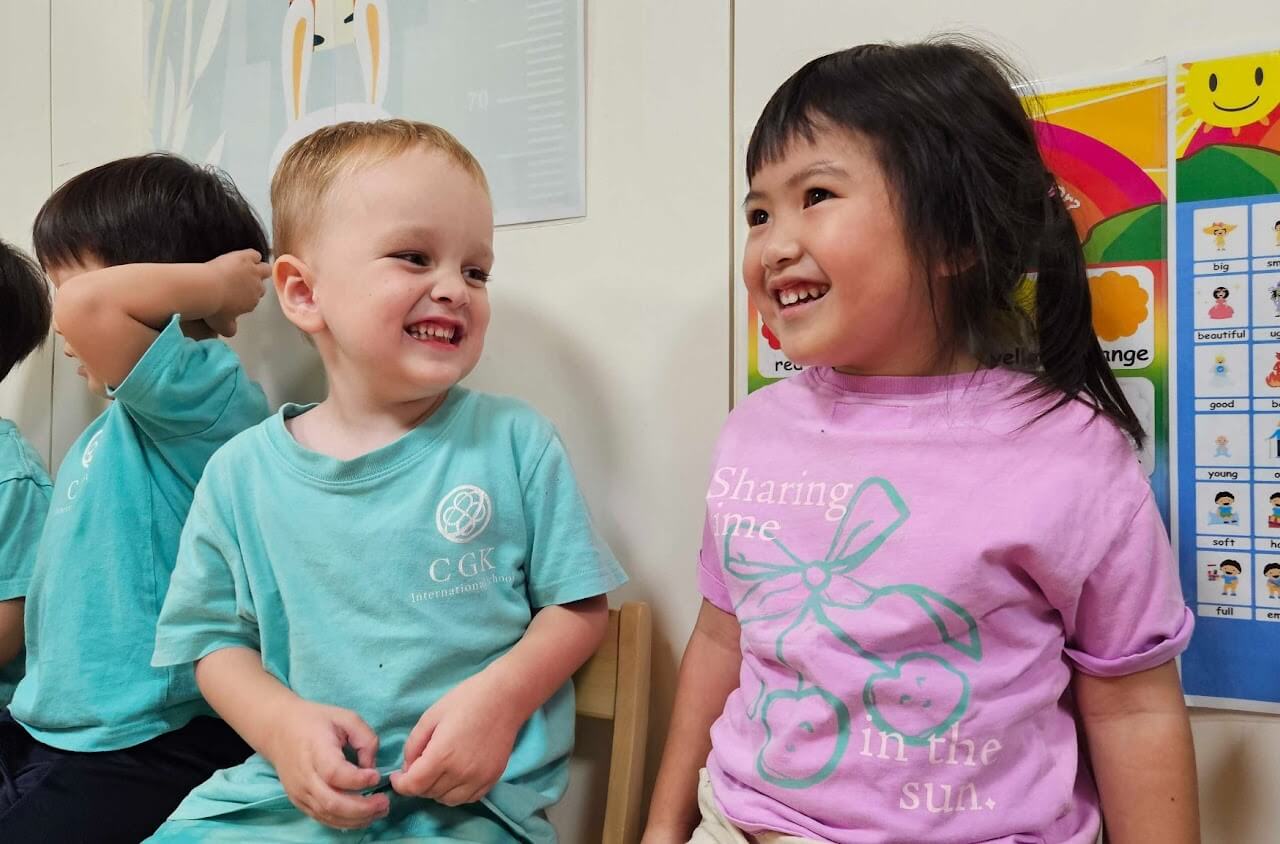

In our current Unit of Inquiry, How We Express Ourselves, we have been exploring different ways of communication, sharing with others, and learning from one another. The children are developing the ability to express their thoughts and feelings in a variety of ways—through words, gestures, and facial expressions in their daily lives.
One of the most striking developments recently has been how willingly the children help each other. For example, when changing into their uniforms, the top button of the blouse is particularly tricky. Some children can manage it by themselves after practice, some take their time and keep trying, some give up in frustration, while others ask the teachers for help. Instead of always stepping in, we encouraged the children to think about how they could try by themselves and to support one another. As a result, we’ve seen more moments where children proudly share, “I can’t do my own button, but I can help my friend’s!” These experiences have allowed them to discover the joy and sense of accomplishment that comes from cooperation.
This spirit of helping one another has extended beyond changing clothes. Whether it’s sharing toys during playtime, working together to carry something heavy during clean-up, or kindly speaking to Ocean Class friends as they walk together, these moments nurture both empathy and collaboration.
We are also preparing for Sports Day by engaging in activities in our team colors. Here, the children are learning that success doesn’t come from one person’s effort alone, but from the power of teamwork—an experience that teaches them the joy of achieving something together.
As the children continue to understand their own strengths and challenges, as well as those of their friends, they are learning how to support one another and cultivate compassion. We aim to keep deepening their curiosity and inquiry in an environment where every voice and idea can be expressed freely.
Ocean B
(2-year-olds)
Ears, Toes, Nose, Oh My!
Ocean class have started their new Unit of Inquiry, which focuses on how we express ourselves. From this lens we are looking at our own and other bodies. It can be a big step in understanding that our friends, while looking the same, may be different inside. To demonstrate this and help Ocean ages understand, we have been exploring how animals have the same features! From wiggly noses to floppy ears and stompy feet, our classroom was bursting with movement, laughter, and imagination.
The students started this adventure by looking at the ears and noses of other animals. We played a matching game to pair animal ears and noses with their owners. We discovered that they come in all shapes and sizes- not just in animals, but in people too. The students especially enjoyed a silly sticky nose game. Using paper cup noses, the children had to pick up pompoms and stick them onto paper- using only their "noses"! There were giggles everywhere as they learned how tricky (and fun) it is to try something new.
The students made their own headbands with bunny and cat ears, as well as long snouts. With crayons in hand, they carefully colored and decorated their creations. Some students presented excellent fine motor skills, even managing to thread the elastic themselves- what great determination!
To finish our animal-themed fun, we put our bodies to the test with an energetic zoo dance party! From stomping like elephants to flapping like birds, the room was full of movement and joy.Ocean class learned so much through music, movement, creativity, and play. We can’t wait to see where our learning takes us next!
About Six Months Since Enrollment: Taking Steps on Their Own!
It’s hard to believe, but it has already been about six months since the children first started school. Back then, some arrived with tears in their eyes, but now we see them happily greeting friends with a cheerful “Good morning” and chatting so eagerly with teachers and classmates in the entrance that they sometimes forget to say goodbye to their families! Looking back over these months, it is clear that the children have not only grown physically but also taken great strides emotionally.
They are stepping out of their own little worlds, absorbing so much as they interact with the people and environment around them. Their curiosity—“I want to try it!” “I want to know!”—grows stronger every day, and their independence—“I want to do it myself!”—is blossoming as well. With the confidence they have built through their experiences, they are also showing the spirit of Risk Takers from the IB Learner Profile, bravely challenging themselves to try new things for the very first time.
Currently, in our Unit of Inquiry How We Express Ourselves, the children are exploring different ways to express themselves. During Show and Tell, they take joy in sharing experiences from their daily lives using their own words and expressions with teachers and friends. As listeners, they are learning to show interest in others’ stories, to empathize, and to notice and accept differences. Thanks to this repeated practice, we now often hear conversations like, “That’s the same as me!” or “That’s a little different!” popping up throughout their school life.
Beyond words and facial expressions, the children are also exploring self-expression through songs, dance, and creative art activities, allowing each one to broaden their expression at their own pace and in their own unique way.
Moving forward, we hope to continue supporting the children warmly as they experience the joy of expressing themselves, the discoveries and learning that come from their friendships, and the confidence to embrace and celebrate their own individuality.
Elementary School / Middle School
Camping Trip
As part of our balanced week this year, elementary school students went on a camping trip to the American Camp Village in Okutama. The camping place is already well-known to some of our regular camping students, but they always find new ways to challenge themselves.
The objective of the camping trip is for students to develop their autonomy and independence, and to practice the IB student profile attributes. Since we have students from all grade levels joining the trip, it's a great moment for older students to develop their caring and knowledgeable attributes. This includes helping to take care of the younger students and teaching them skills that they wouldn't usually be able to share at school. While playing at the lake, I observed students sharing their experiences and skills with each other; some discussed better techniques for diving to search for and observe fish, while others helped younger students navigate the river safely, especially when going over rocks and through deeper parts.
Students also had to develop their thinking and reflective skills, particularly during times when we had to stay indoors due to weather conditions. There were parts of the day when we couldn't go outside because of thunderstorms, so students had to come up with games and activities to keep themselves occupied. It was amazing to see all of them creating things to play with, instead of just being bored and complaining about not being able to go outside.
We saw amazing examples of students being risk-takers by tackling the arduous athletic course. Some students felt uneasy at the start, but as the course progressed, they realized how much they could do, which encouraged them to try their hardest and finish it. I could see the happiness (and also a bit of relief) on their faces at the end. They were quite tired, but I believe they were also proud of themselves. At night, we saw more examples of risk-takers, as it was the first time some of them slept away from their homes and parents. It was difficult for some to fall asleep, but being tired from the athletic course certainly helped!
Overall, this camping trip was a great experience for everyone. Those who had been there before found new ways to enjoy the chance to be closer to nature and to their friends. For those who went for the first time, I believe they learned how to deal with different challenges and unfamiliar situations. We can all agree that the weather could have been better, but we managed to have a great time regardless. As we try to improve our camping trip experience, we want to give students even more chances to challenge themselves in activities that go beyond the classroom and that require collaboration and open-mindedness to overcome.
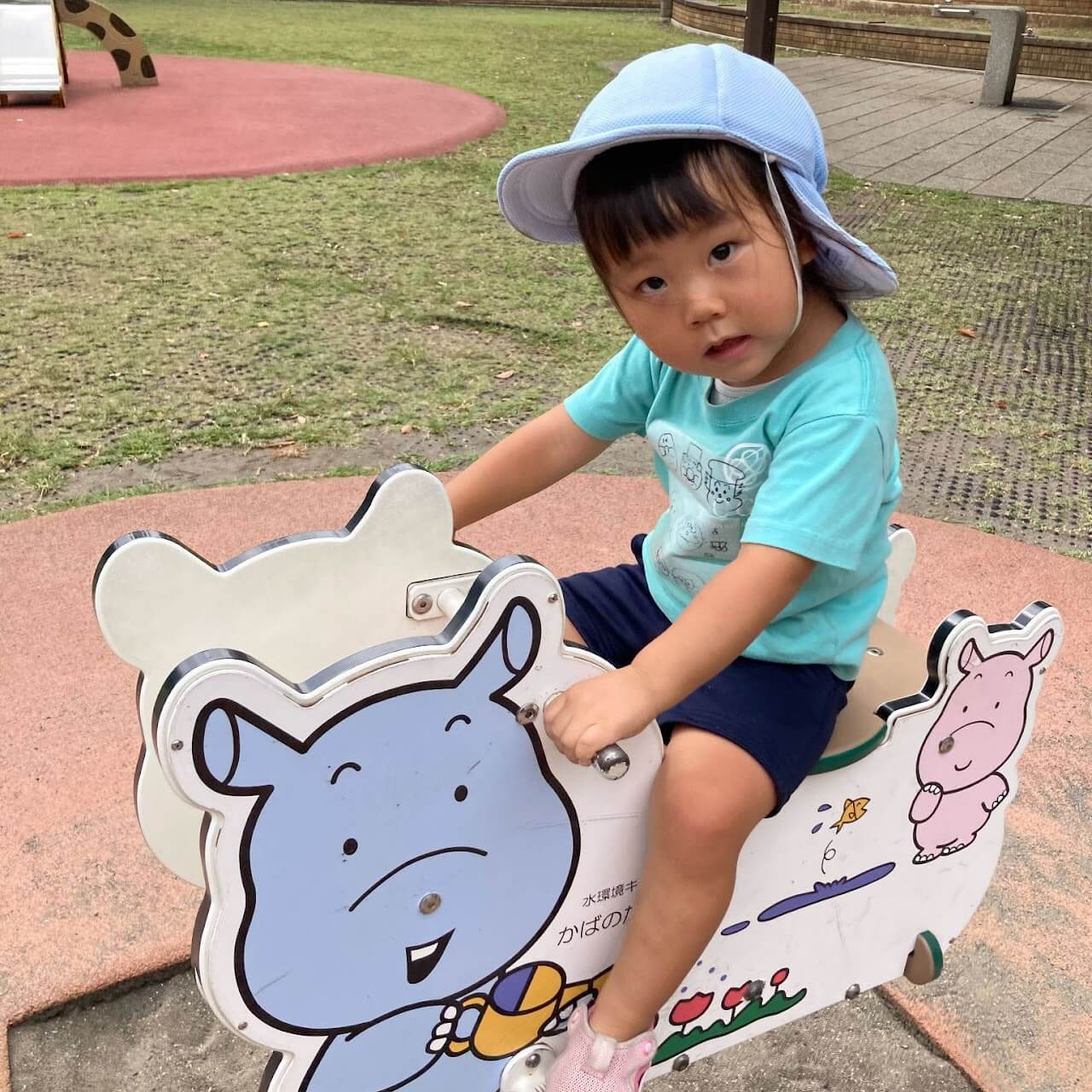



Afterschool
How Can Humans Colonize Space?
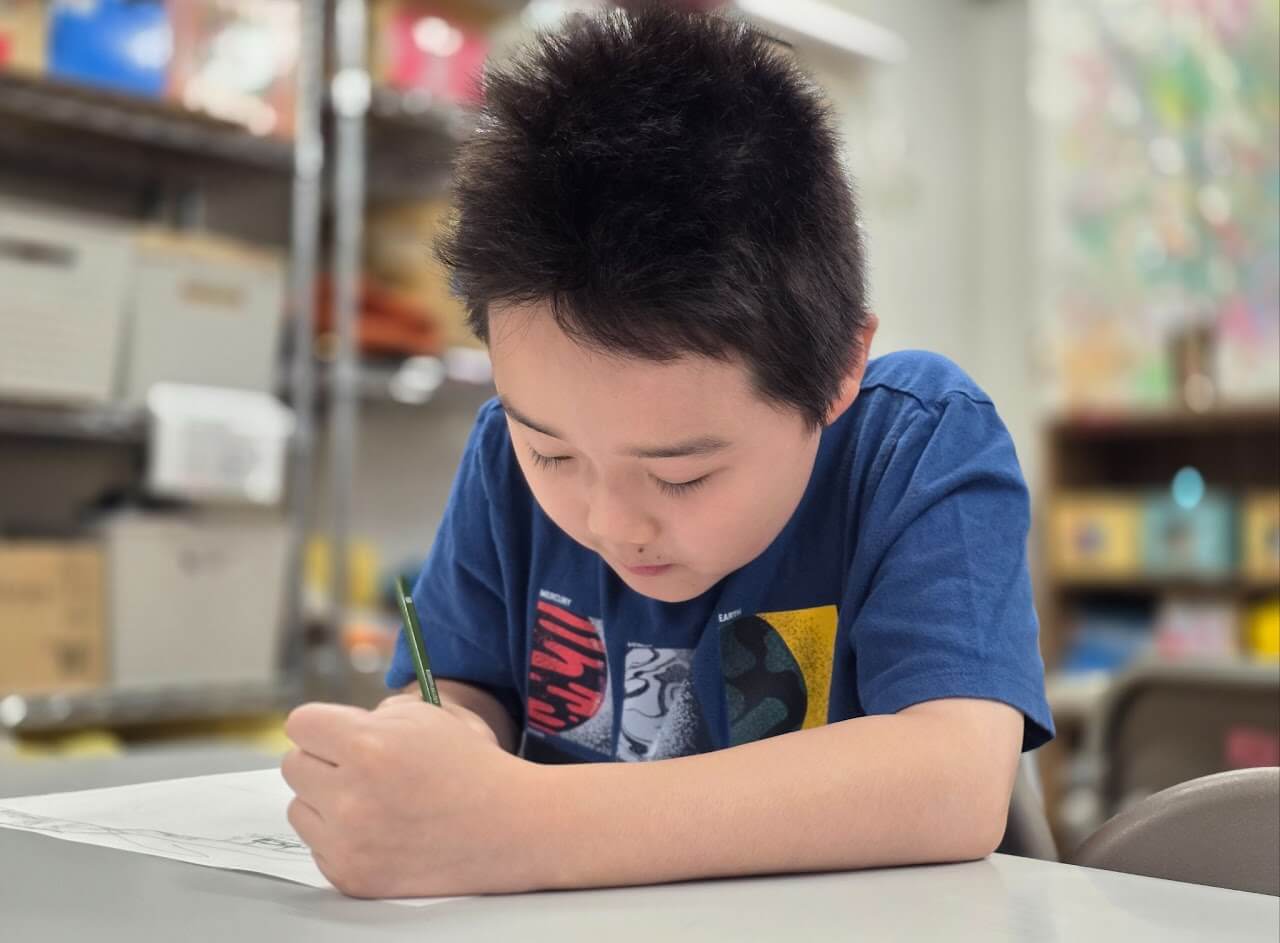


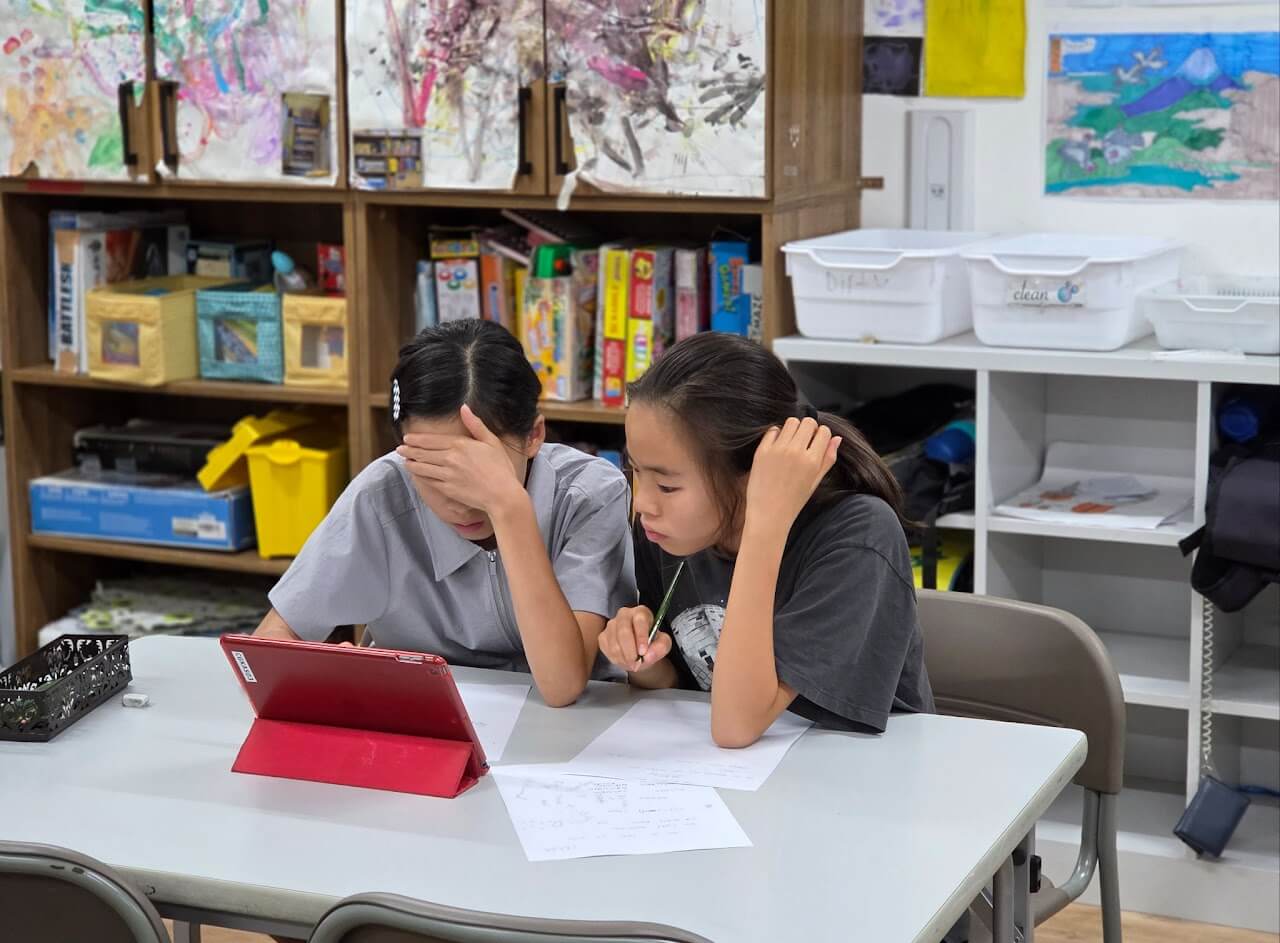


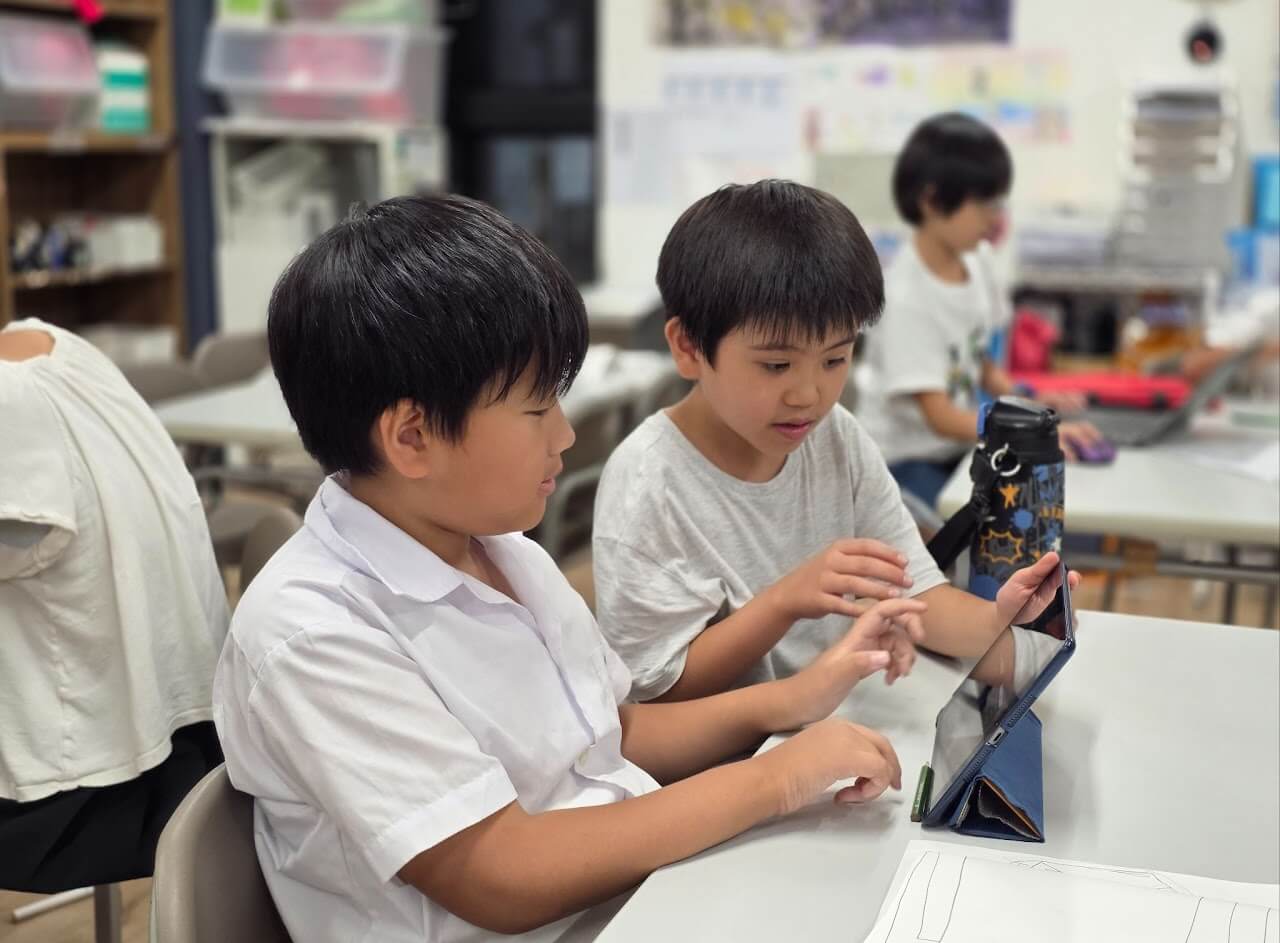


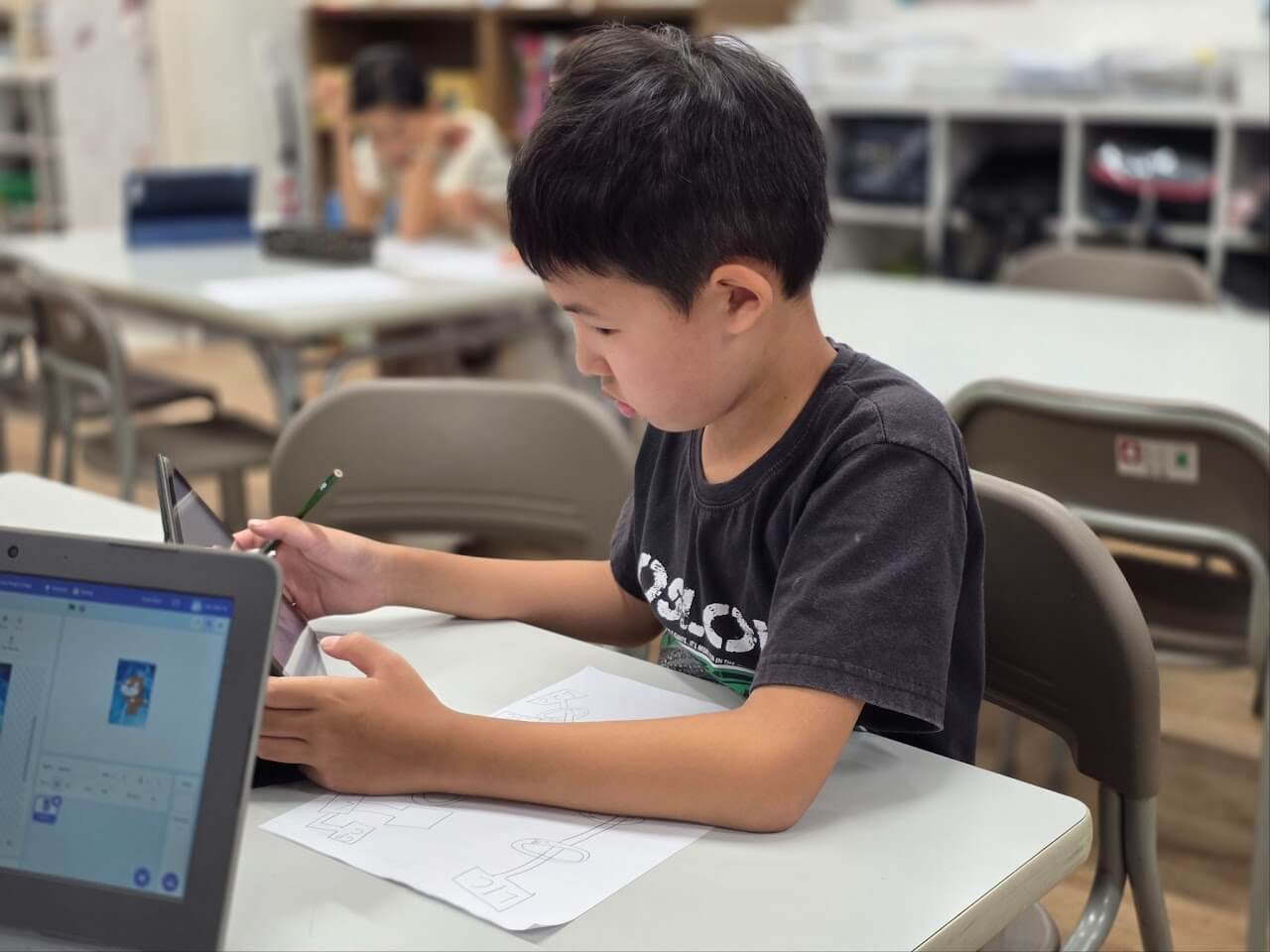


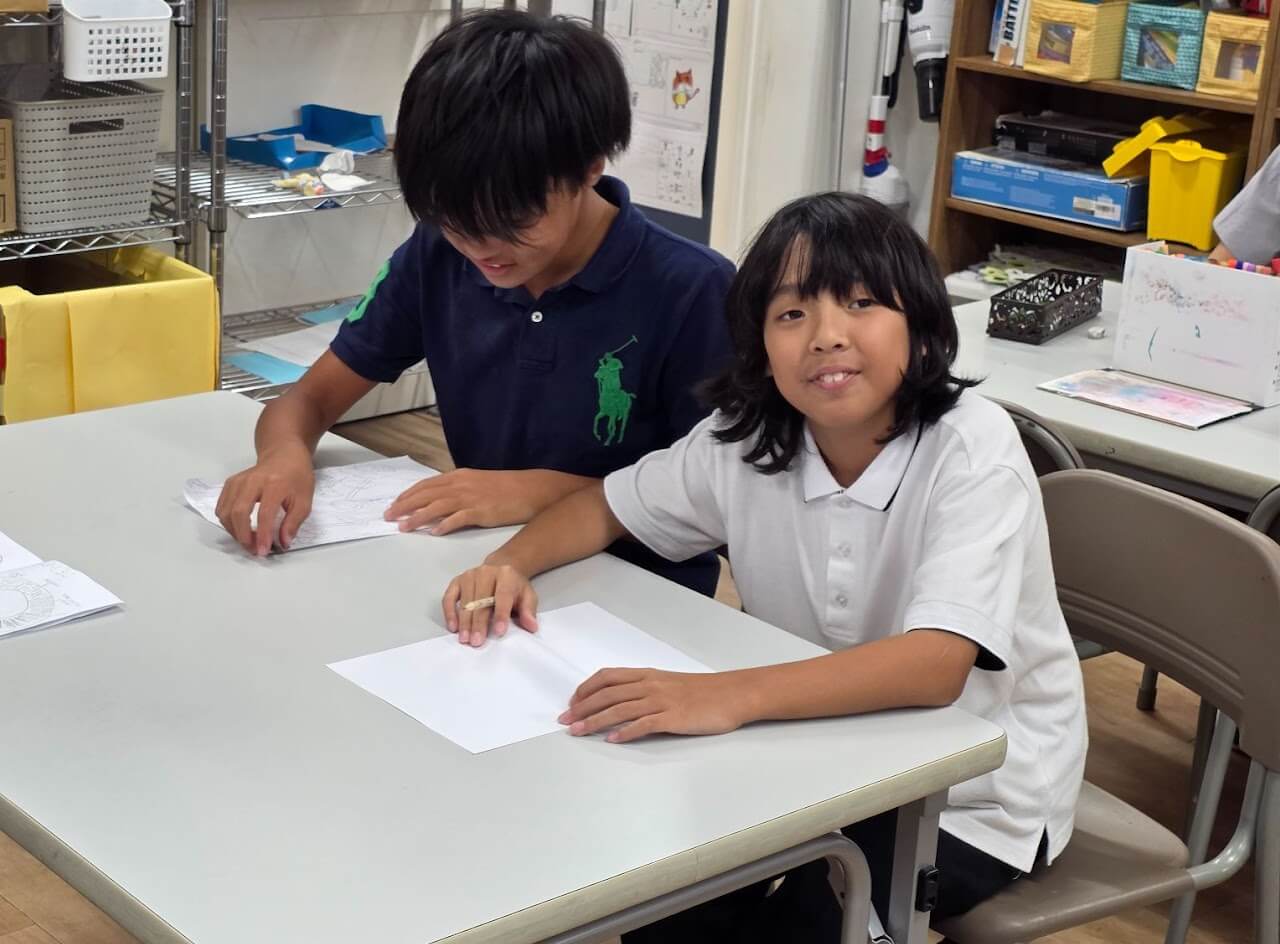


The driving question for Monday's project is ‘How Could Humans Colonize Space?’. This project has only just started but students have been full of enthusiasm and have working together to develop some fantastic ideas.
In the first week we discussed the concept of colonization and looked at historical examples on Earth before applying the idea to space. We brainstormed why it would be good for humans to spread to other parts of the universe and not just stay on Earth, and the large amount of challenges that would involve. The conversation we had together was very engaging, led in many different directions, and the students were full of questions.
After finishing the initial discussion we used the software Space Engine to explore the solar system and eventually the center of our galaxy and beyond. Students would discuss where they wanted to explore and using the software we could visit there and see an accurate representation of how that area of space would look. While we were using this software the students were full of questions and discussed many aspects of what they saw. Once we had finished with Space Engine we watched a video about what falling into Jupiter would look like as the composition of gas giants had been raised by a student and the class were eager to know more.
In week two students started to build on their initial ideas and have been developing some really interesting plans through research and team work.
Some teams have designed generation ships meant for journeys of hundreds of years.
Others have been researching potential colonization and terraforming ideas for Mars, Venus, Titan, and Jupiter’s Galileo moons.
One team is developing a space elevator idea that links to a space station composed of various circular pods that spin to generate gravity.
And one student is coding a presentation using scratch that will provide information about colonizing the solar system.
I am really looking forward to seeing their final presentations!
Sincerely,
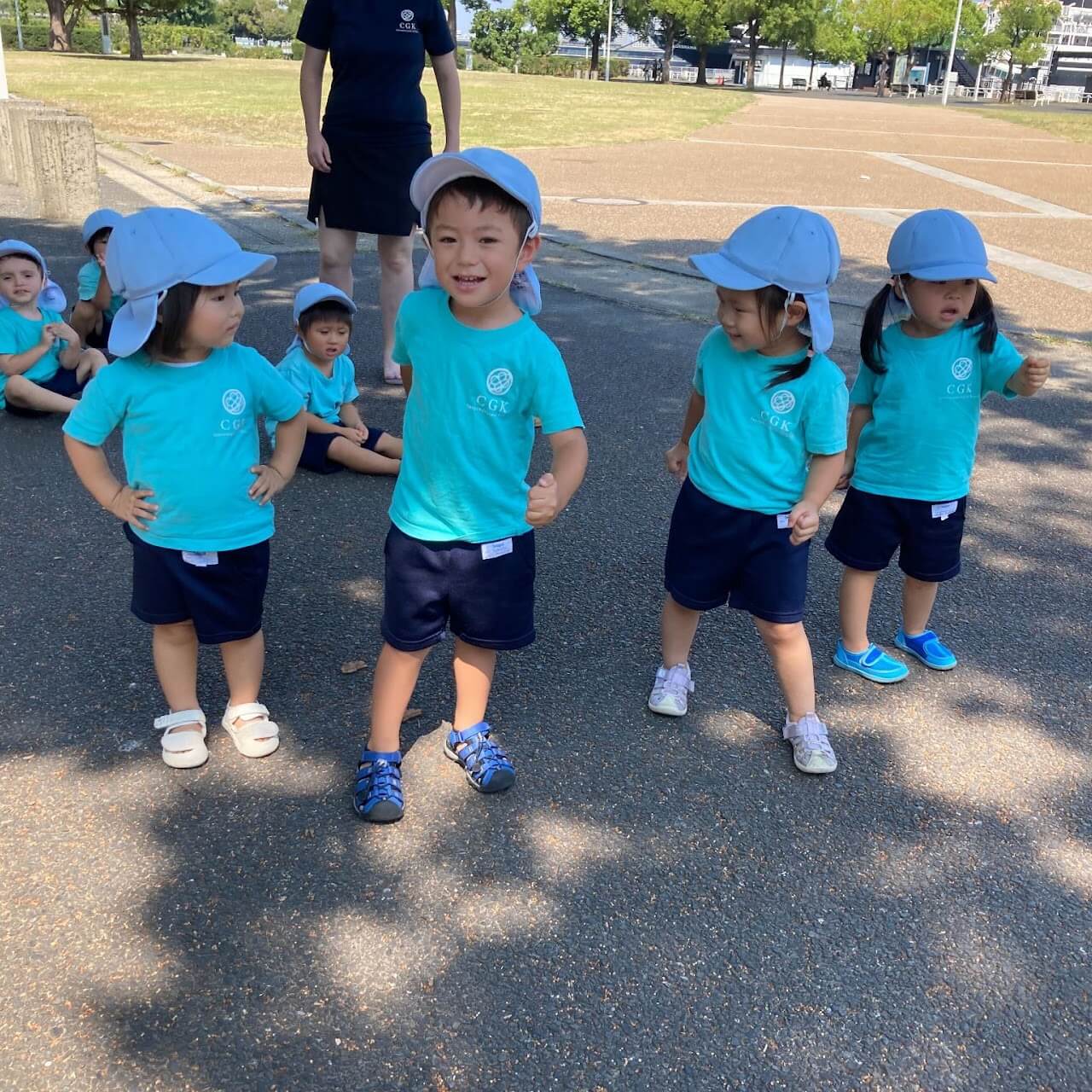



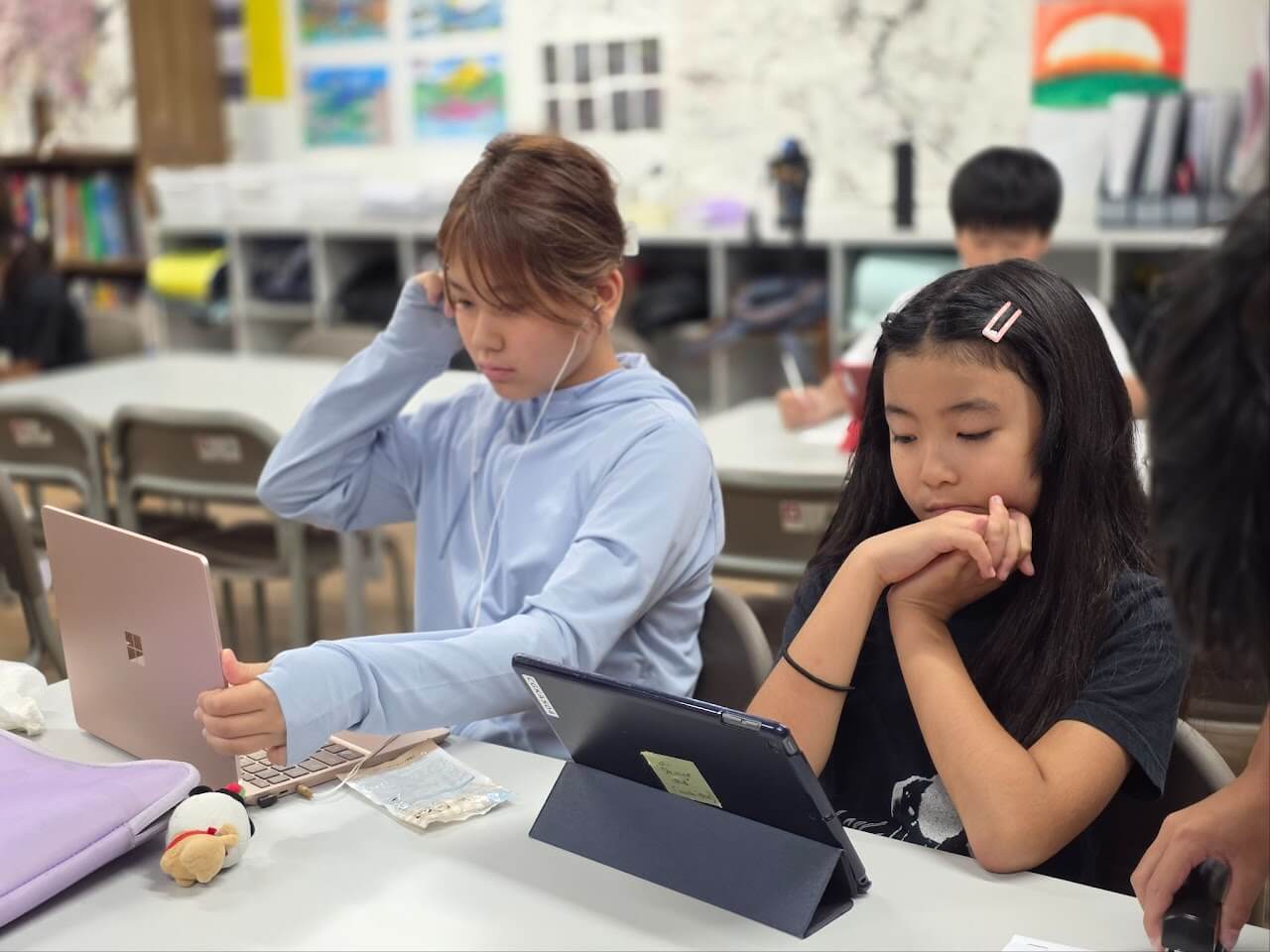


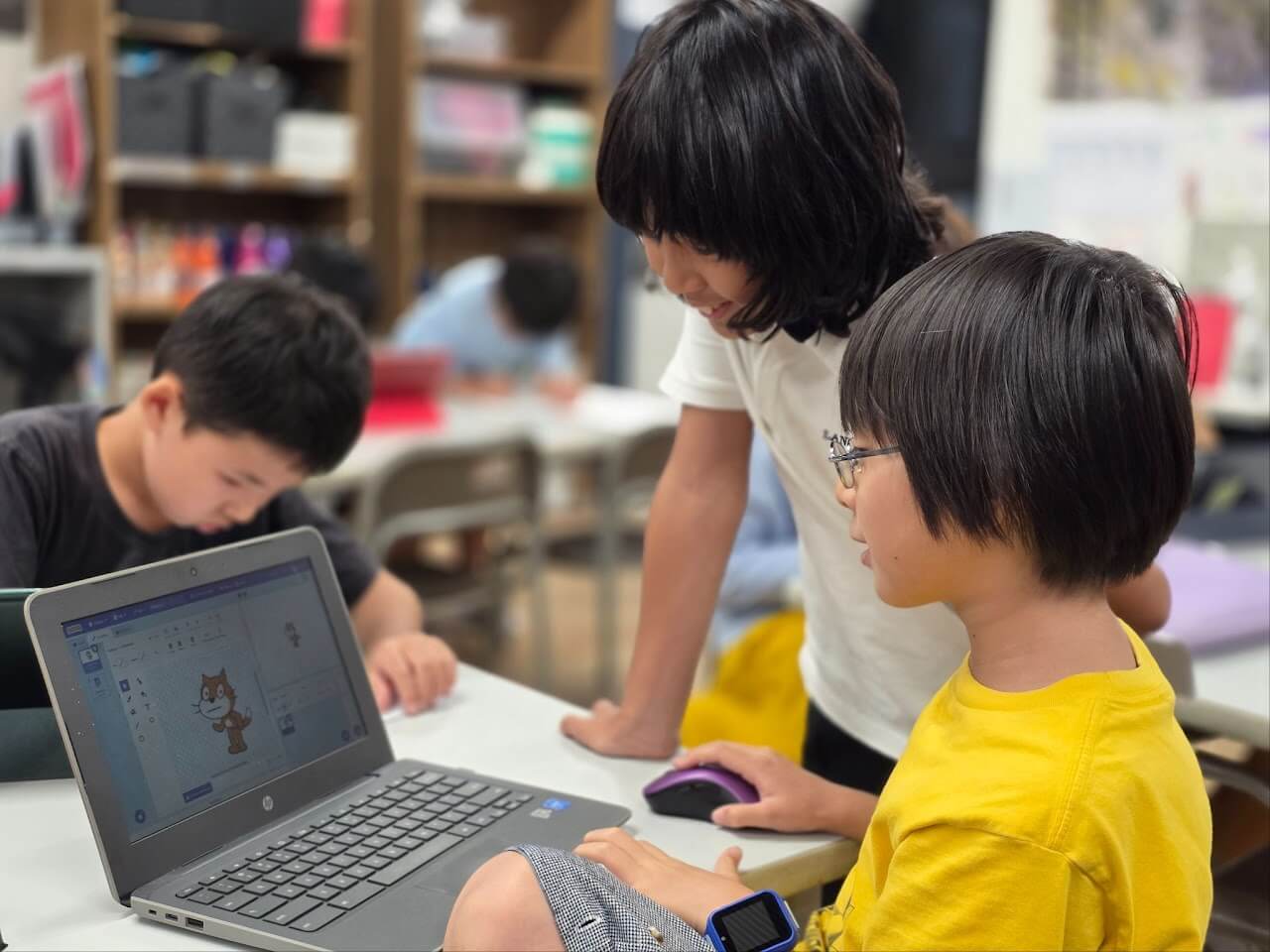


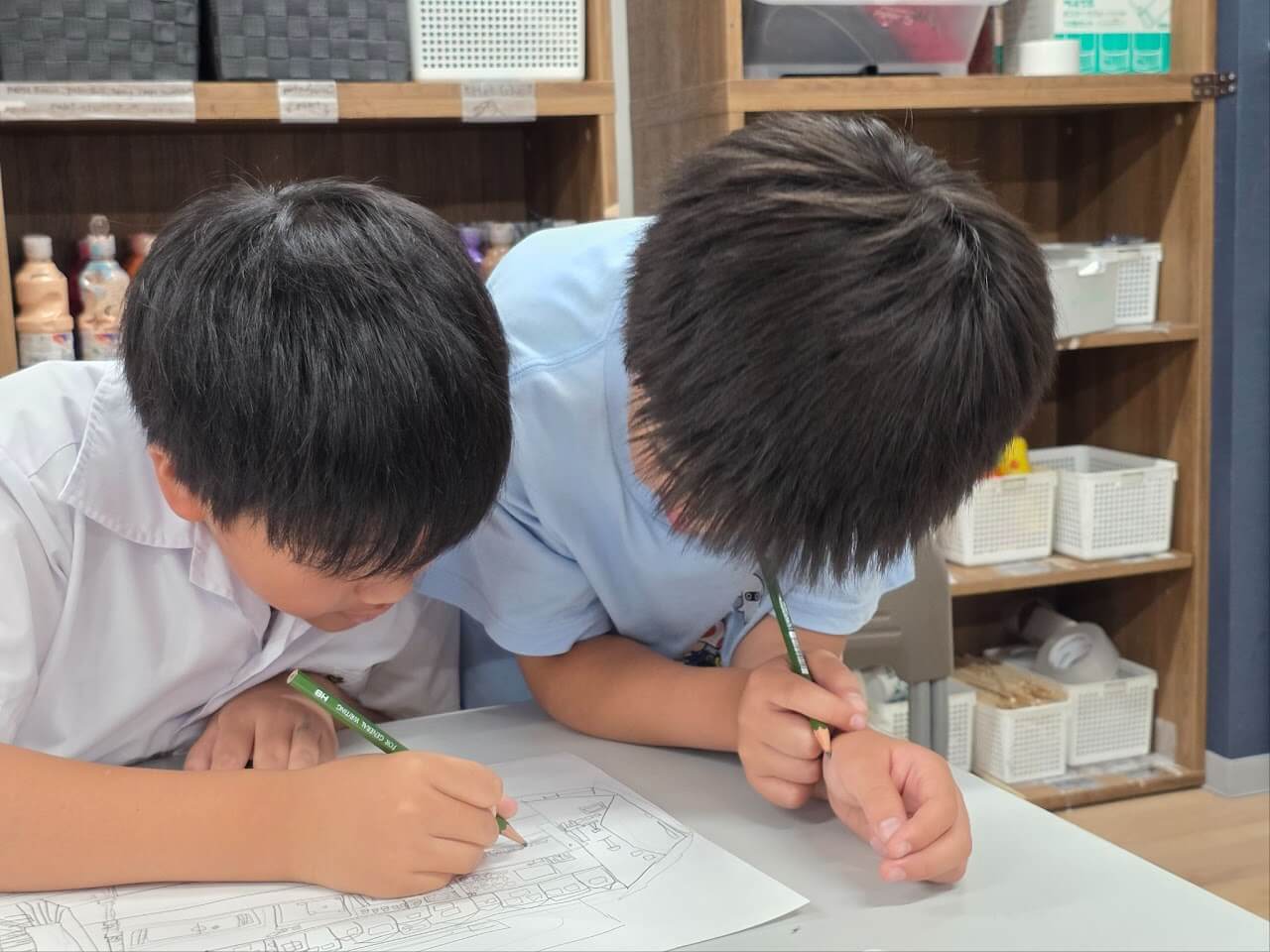



















CGK Extra
Currently recruiting participants for study abroad programs
- Throughout the year (on weekends or during long breaks, either for day trips or overnight stays)
- You can experience a homestay with a foreign family residing in Japan.
- Deadline: Approximately one month prior to your desired dates
- For details/application, please contact Mayu at the Office.
Accepting short-term international students from overseas - Wanted host families
-


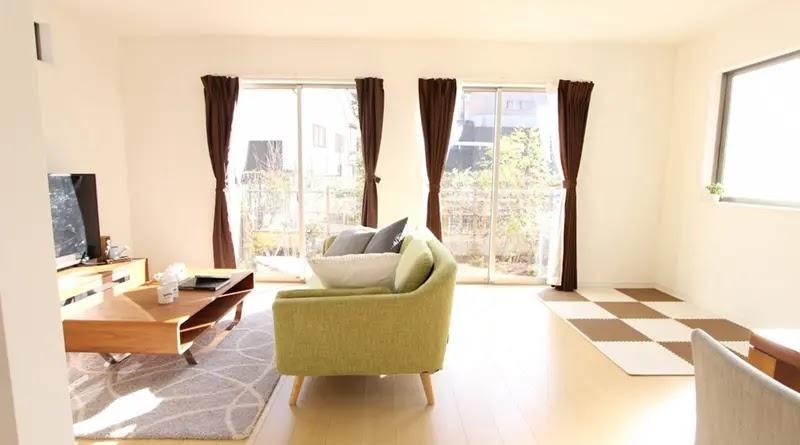
-
CGK has a positive stance on accepting international students from abroad with a view to encouraging multicultural cooperation. Students from different cultures and backgrounds can interact with and help each other at CGK, bringing rich diversity to the classroom. This environment of diversity provides each student with a valuable opportunity to learn different viewpoints and increase mutual understanding.
At CGK, we believe that diversity improves educational development. By learning and working together, students from different backgrounds will grow into leaders with global perspective. In addition, experiencing diverse opinions and values will help them develop tolerance and empathy.
In order to create an environment conducive to hosting short-term students, we are looking for host families; if you are a CGK family interested in registering as a host family, please contact Mayu at the Office (Toddle is OK).
-























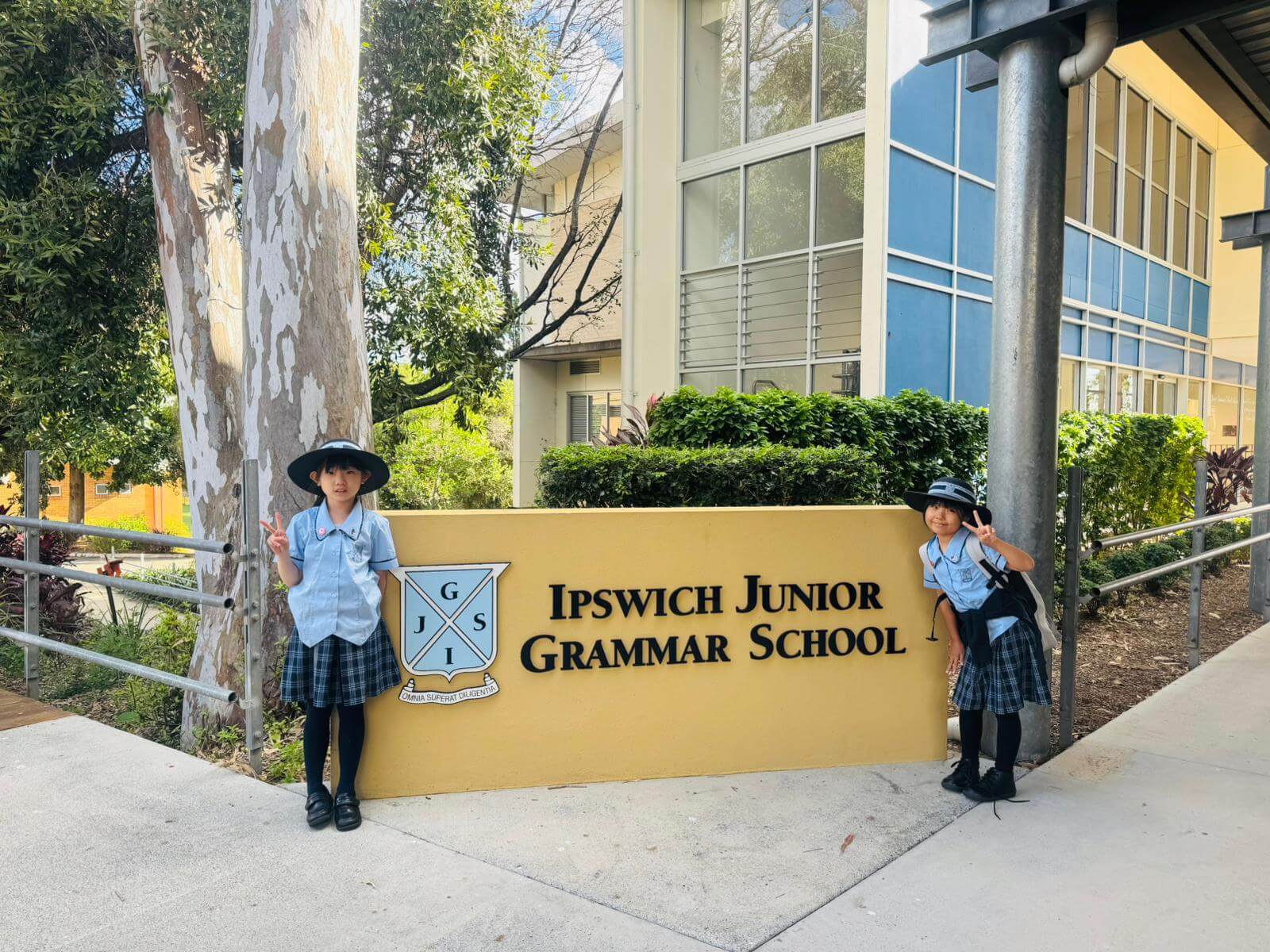
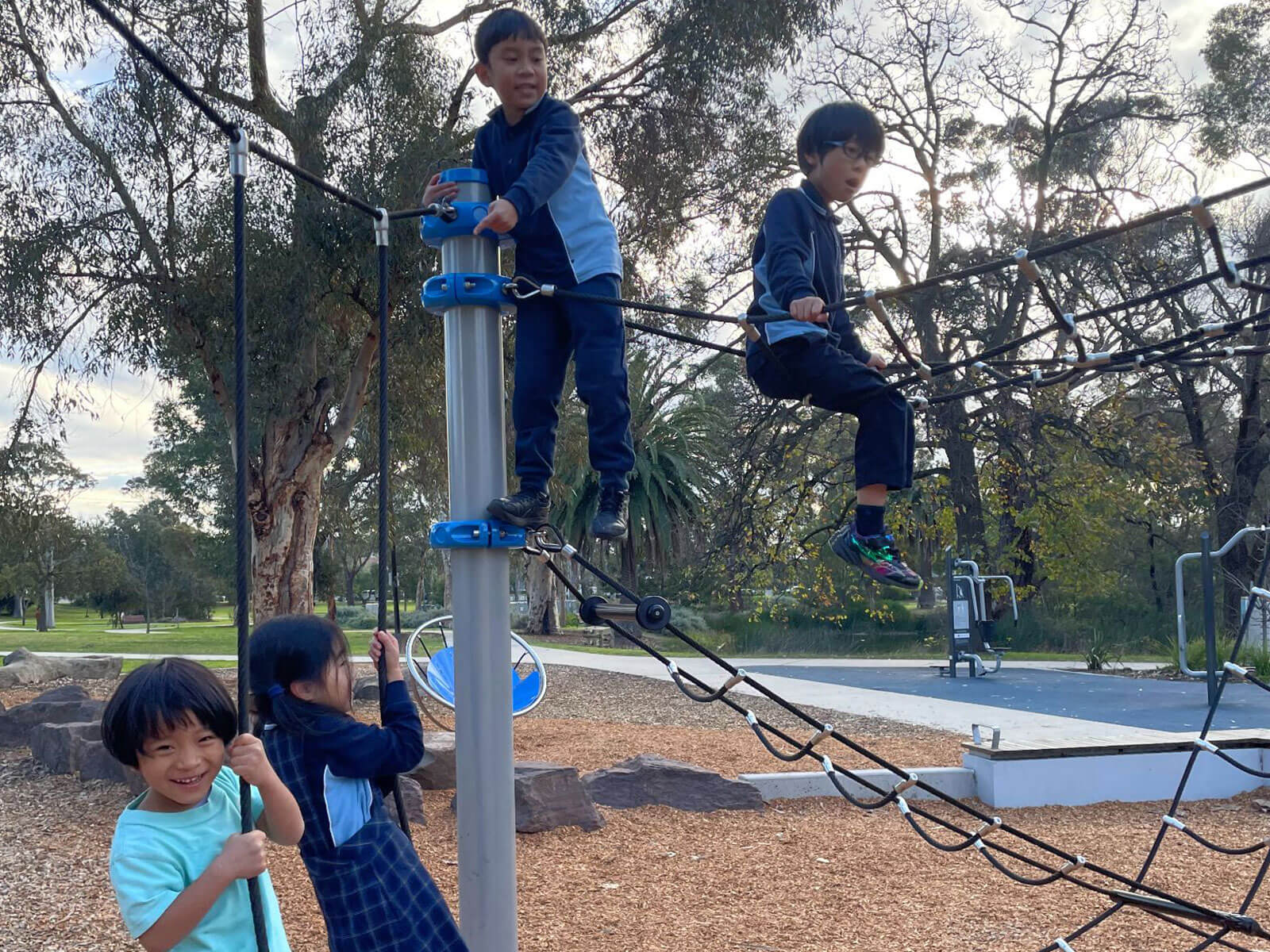
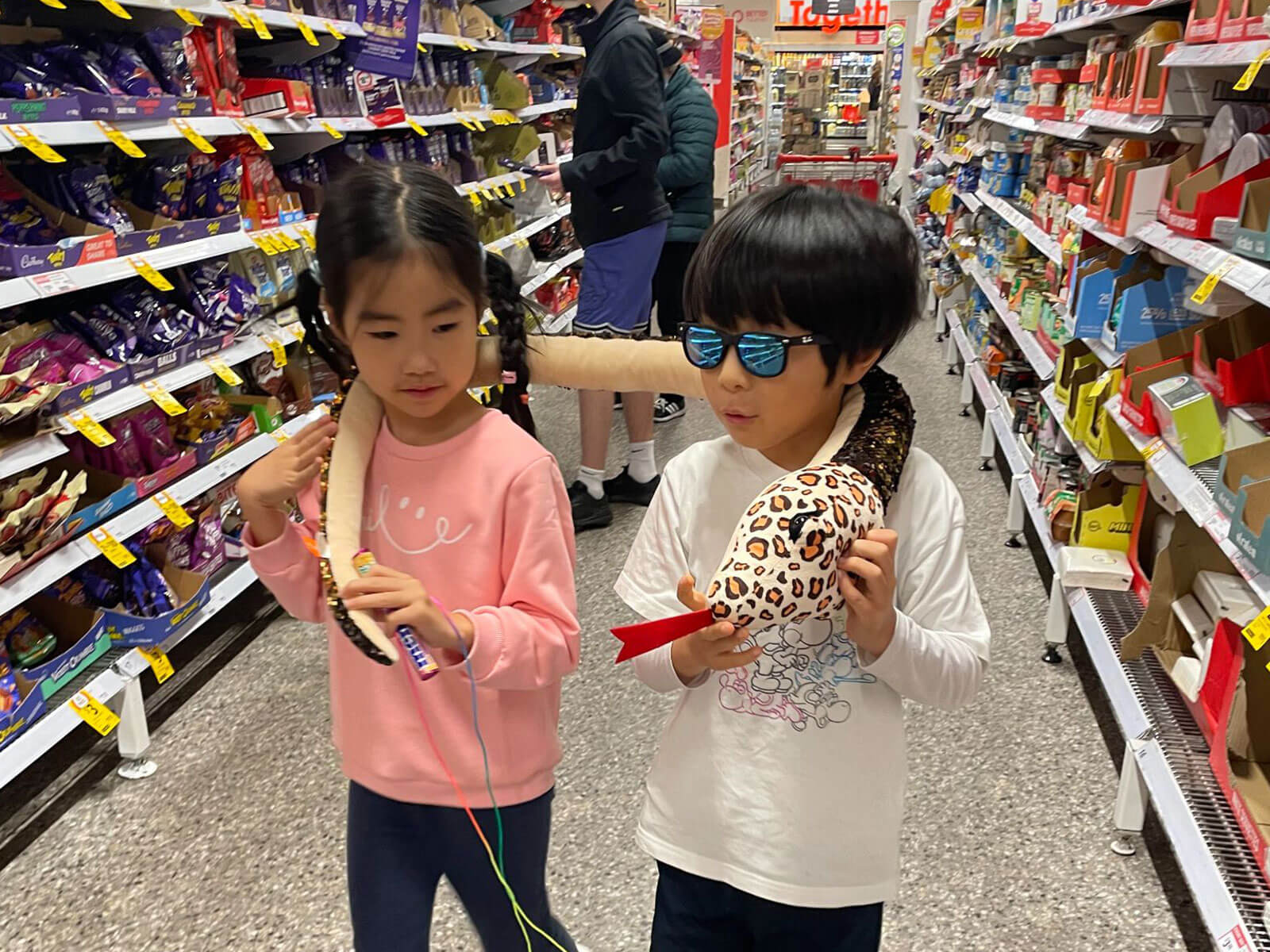
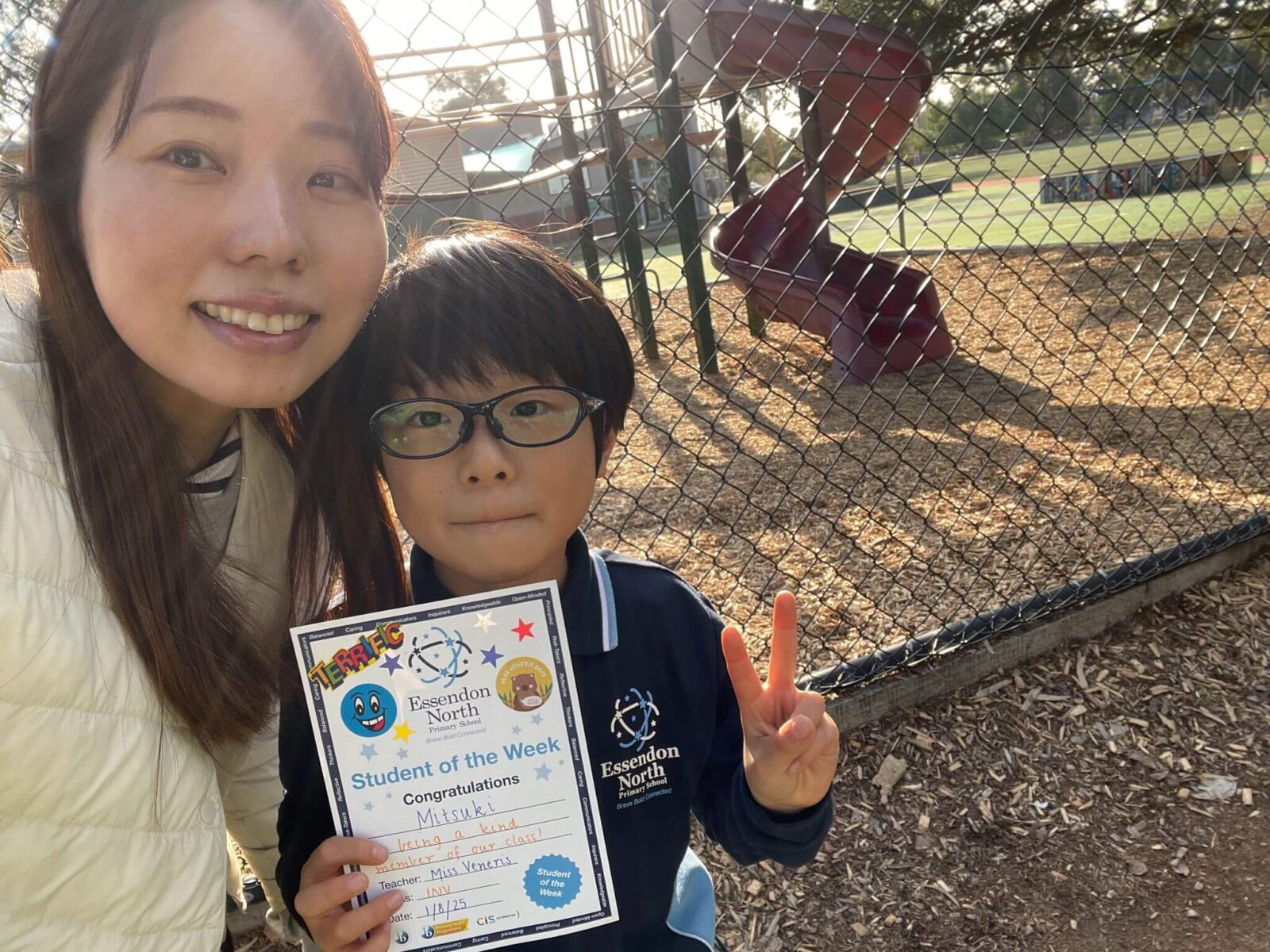 Essendon North Primary School(公立小学校・IB PYP校)CGK G1 Mitsuki
Essendon North Primary School(公立小学校・IB PYP校)CGK G1 Mitsuki